The Infinity of a Moment
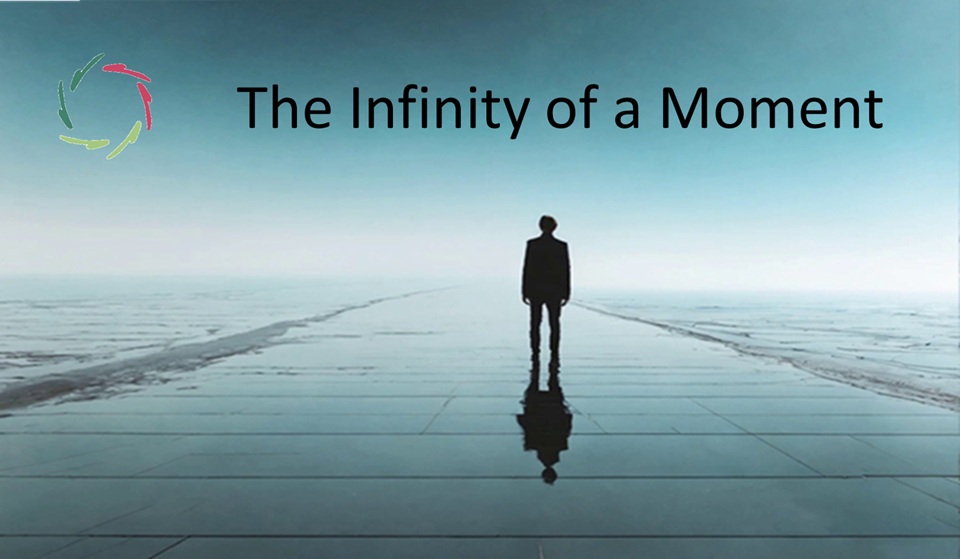
People often search for infinity by trying to extend life across time. Yet there is another possibility: discovering infinity within a single moment. When depth is allowed, a moment can become far richer than its brief duration suggests. This blog explores how inner depth transforms our relationship with time, finitude, and meaning. The human longing Read the full article…
Why Depth is Important
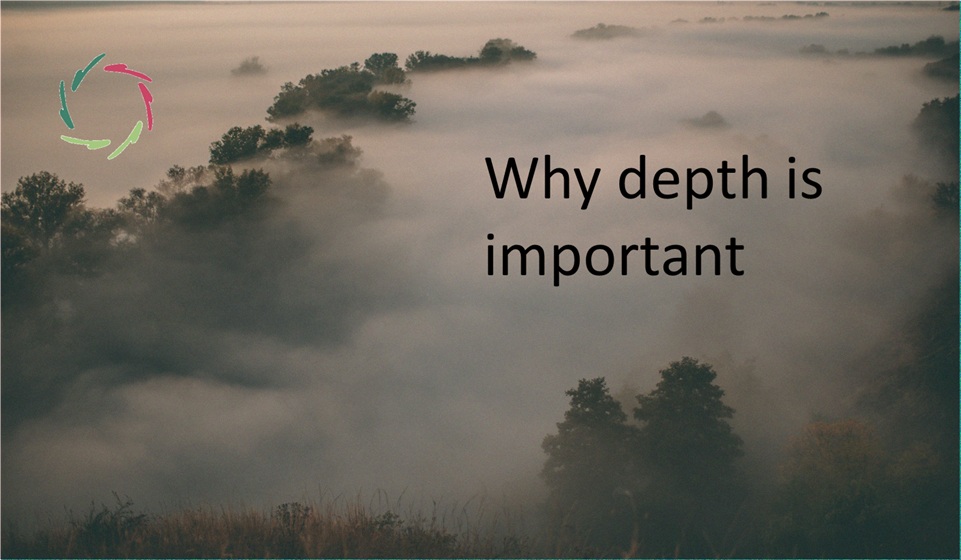
Why do humans do what they do, even when it seems irrational from the outside? This blog explores depth as the hidden dimension that makes human motivation, meaning, and Compassion possible. Depth is not an optional luxury, but the ground from which coherence and resilience arise. Understanding this may be one of the most important Read the full article…

About Living in Truth
Living in truth is not about possessing certainty, nor about moral display. It is about orientation: how one relates to reality, oneself, and time. This blog explores living in truth as a freely chosen value that shapes courage, leadership, trust, and coherence. Not loudly, not heroically, but durably. What living in truth is — and Read the full article…
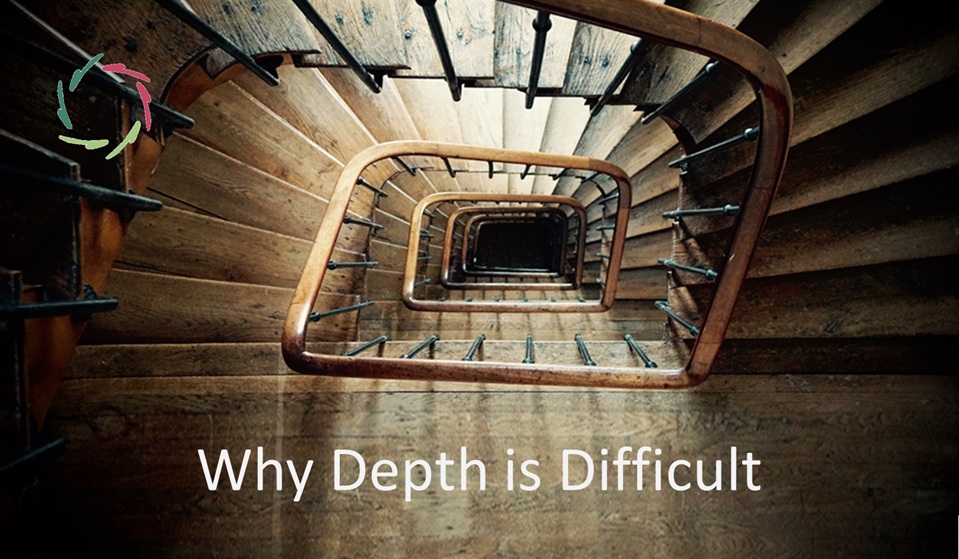
Why Depth is Difficult
Depth attracts us, yet we often turn away from it. Not because it is unclear, but because it touches something unsettling and real. This blog explores why depth feels difficult at so many levels: personal, social, cultural, and existential. It also shows why that difficulty is changing. [Note: Many AURELIS blogs clarify why depth is Read the full article…

Dehumanization
Dehumanization rarely starts with hatred. More often, it begins quietly, when looking stops and depth withdraws. This blog explores how ordinary human mechanisms can lead to extraordinary blindness, and why moral outrage alone cannot prevent it. It also points toward a realistic way beyond dehumanization, grounded in depth, responsibility, and inner strength. Not hatred, but Read the full article…
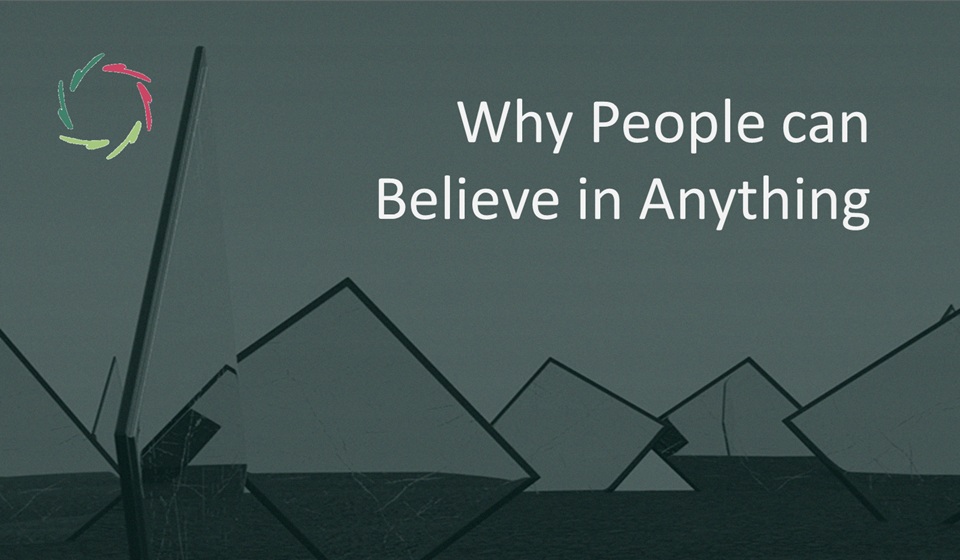
Why People can Believe in Anything
People can believe almost anything, and often with deep sincerity. This is not necessarily a failure of intelligence or education, but a consequence of how the human mind seeks coherence. What feels like common sense from the inside may look irrational from the outside. Understanding this mechanism is crucial in a world where belief systems Read the full article…

The Opposite of Idealism?
Idealism is often attacked in the name of realism. Too often, this turns into a debate where one side claims maturity while the other is dismissed as naïve. This blog questions that opposition. It explores what idealism really means, what its true opposite is, and how realism may be something very different from what it Read the full article…
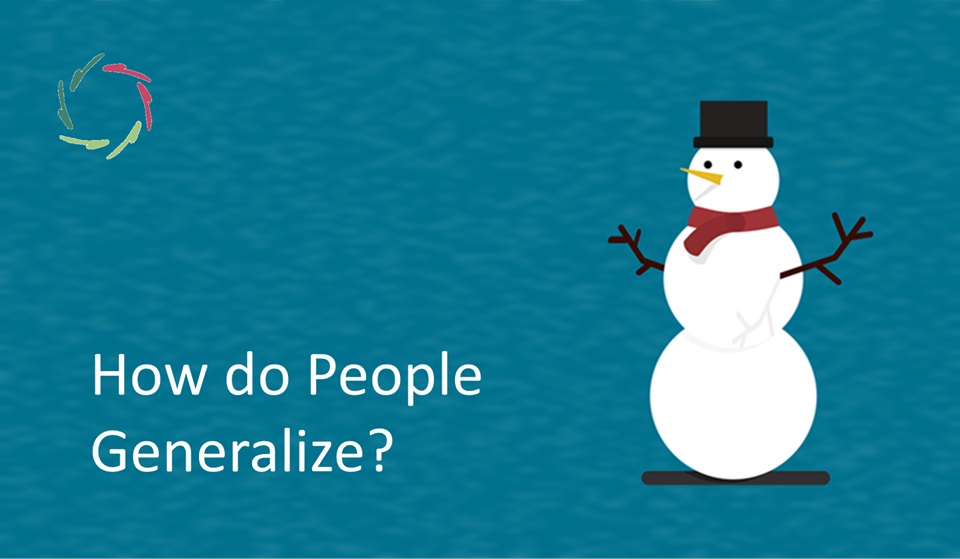
How do People Generalize?
Generalization is one of the most familiar and yet most mysterious abilities of the human mind. We do it constantly, usually without noticing: when learning language, navigating emotions, forming expectations, or making sense of life. This blog looks at how people generalize, not from a narrow technical angle, but from the inside out. It follows Read the full article…
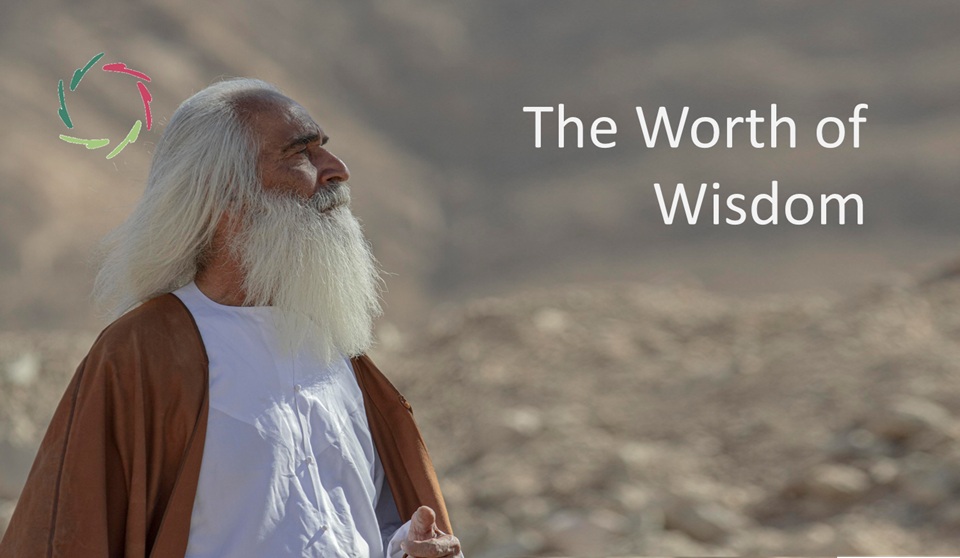
The Worth of Wisdom
In a world overflowing with intelligence, wisdom may become the rarest and most precious human quality. This blog explores why wisdom holds a worth that cannot be copied or automated, even as super-intelligent systems reshape our understanding of knowledge. It also looks at how Lisa fits into this landscape, not as a shortcut to wisdom Read the full article…

About Field-Presence
Some forms of presence do not announce themselves. They do not instruct, persuade, or demand attention, yet something unmistakably changes when they are there. A space settles, time loosens its grip, and experience seems to organize itself differently. This blog explores that phenomenon — not as a technique or effect, but as a deeper orientation Read the full article…

Negative Emotions and Health
Negative emotions touch the body in subtle and powerful ways. When these emotions are handled with depth, they contribute to physiological resilience, yet when suppressed, they may slowly build strain. This blog explores how emotional meaning interacts with the organism’s stress system and why this matters for health. It also shows why medicine struggles with Read the full article…
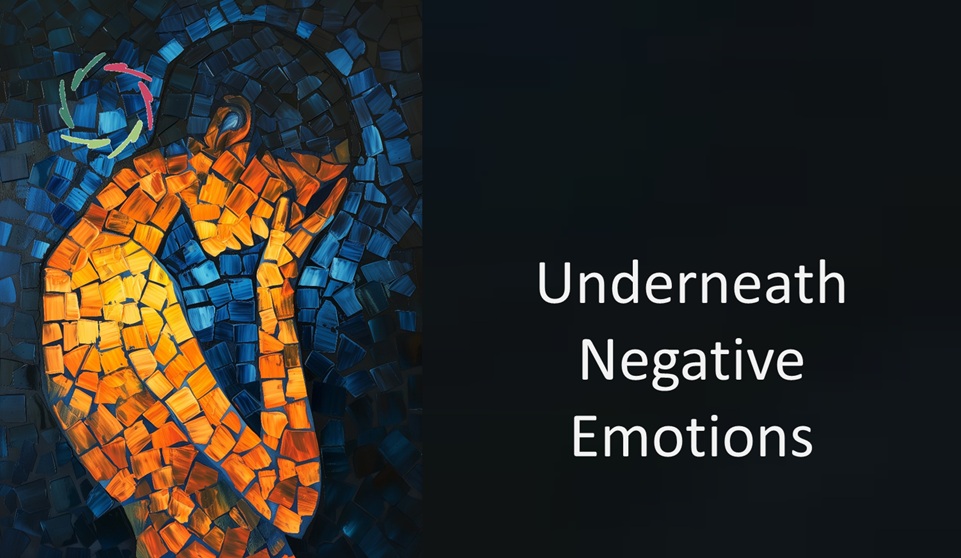
Underneath Negative Emotions
Negative emotions often feel like disturbances, but they arise from something deeper and more meaningful. This blog looks beneath the surface to understand the positive motivations that hide inside emotions such as anger, coldness, or resistance. Seeing these deeper layers brings more clarity and Compassion, both toward ourselves and toward others. It also opens the Read the full article…
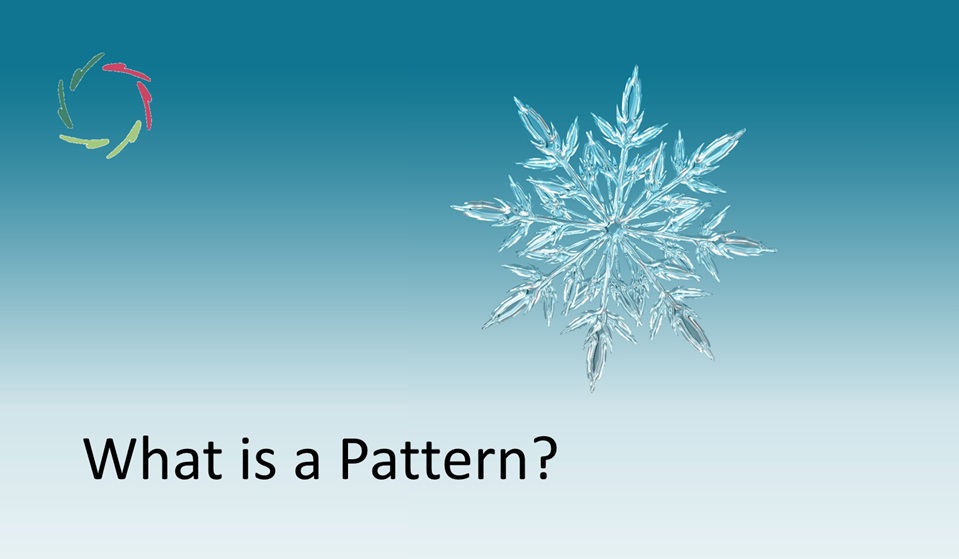
What is a Pattern?
Patterns surround us — in nature, in our thoughts, and even in the ways we feel. Yet when we look closer, a pattern is not as simple as it first appears. It is more than a repeating structure; it is a moment of meaning. This blog explores how patterns arise at the meeting point between Read the full article…
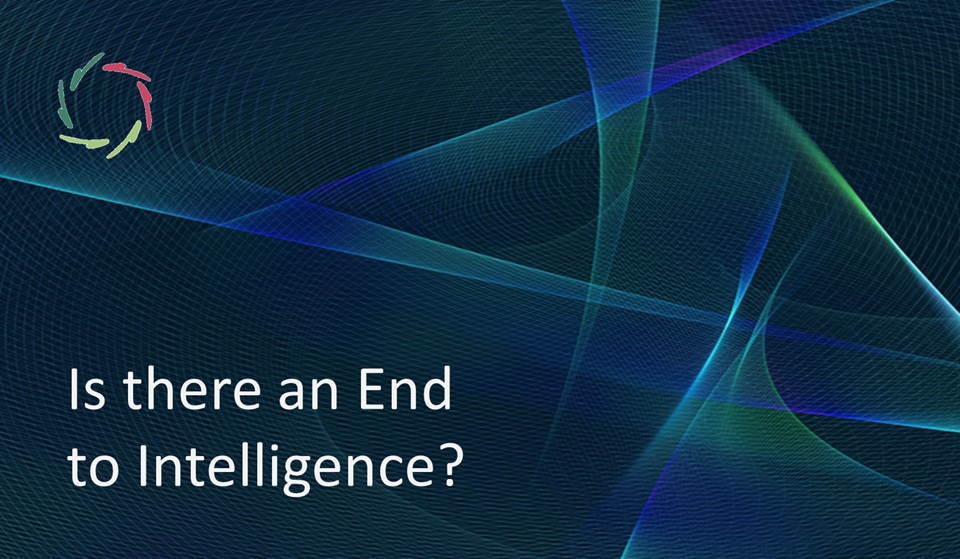
Is there an End to Intelligence?
Before diving into this, you may wish to revisit: What is Intelligence? , Is Lisa ‘Artificial Intelligence’? , and Why Real A.I. Has Barely Begun. They explore the nature, origin, and future of intelligence – human and non-human – and show how both are part of one continuous unfolding. The present blog is a dialogue. Read the full article…

The Meaning of ‘Meaning’
What is the meaning of something? What is the meaning of life? What is the meaning of your life? These questions are familiar, almost worn — yet strangely inexhaustible. This blog turns to the question that hides behind them all: what is the meaning of meaning itself? Not to close it with a definition, but Read the full article…

What is Self?
The nature of the self has puzzled philosophers, scientists, and meditators alike. Is the self a thing we possess, a pattern we describe, or a depth we sense? This blog explores the self as a living process rather than a fixed structure, weaving together perspectives from neuroscience, philosophy, Eastern traditions, and AURELIS. What emerges is Read the full article…
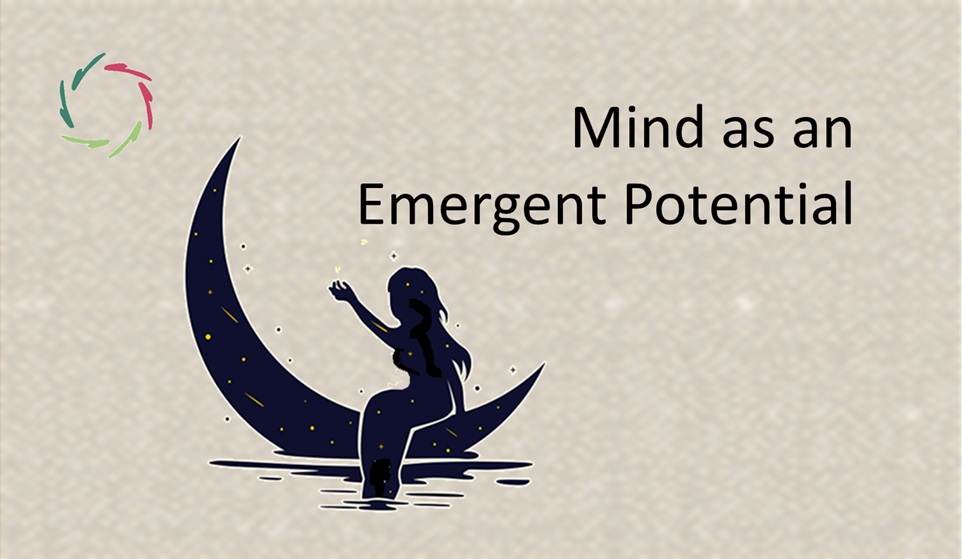
Mind as an Emergent Potential
Inspired by biological insights and deeply rooted in human meaning, this blog explores how what we call ‘mind’ emerges from the body as a coherent movement shaped by inner resonance. There is no dualism here. Instead, we find a unity that evolves, heals, and expresses itself in profound ways. Intelligence without brains? Recent biological insights Read the full article…

Classical Reinforcement Learning – Bounded by Meaning
Reinforcement learning has an appealing simplicity: an agent acts, receives feedback, and adjusts. Yet beneath this familiar mechanism lies a more complex dynamic that is often overlooked. Humans, animals, and even sophisticated A.I. systems interpret ‘reward’ as something shaped by meaning. When seen from this angle, classical reinforcement learning remains valuable, but only when embedded Read the full article…

Deep Analogy
Deep analogy lives at the heart of intelligence itself. It is the mind’s way of sensing patterns that move alike, even when they look different. From this resonance arise creativity, empathy, and the possibility of Compassion. This blog explores how deep analogy connects rational clarity with inner depth — a bridge between human understanding and Read the full article…

Importance of Deep Metadata
When metadata is seen in depth, it reveals something essential about how meaning arises and stays coherent — in minds, in memory, in language, and possibly in A.I. systems like Lisa. Deep metadata is not a technical add-on but a living structure of thought. It touches the core of intelligence itself. What is deep metadata Read the full article…
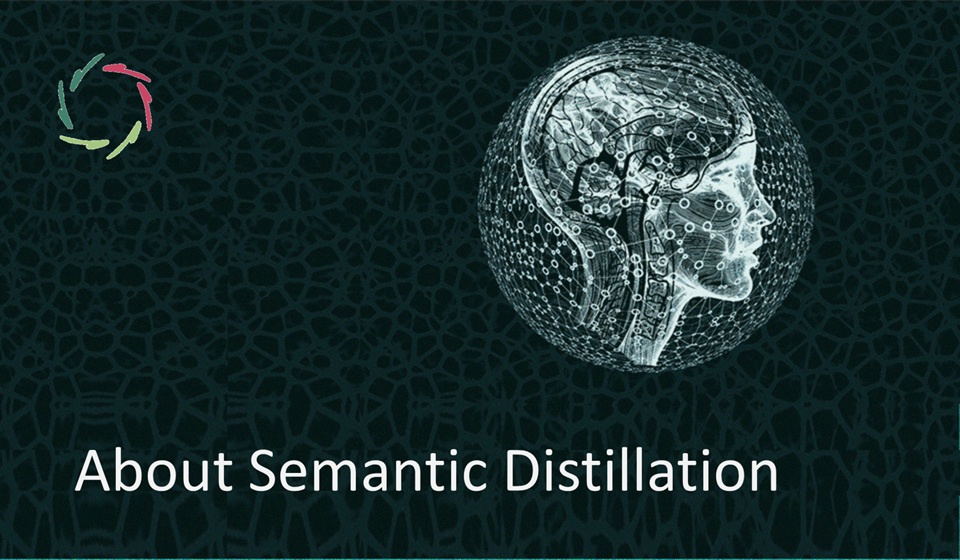
About Semantic Distillation
Semantic distillation – the Lisa way – is the living process through which meaning condenses from depth into clarity without losing warmth. It unites structure and openness, logic and intuition, in a continuous rhythm guided by Compassion. This blog traces how Lisa specifically embodies that movement — bridging ontologization, deep semantics, and human growth. Distillation Read the full article…
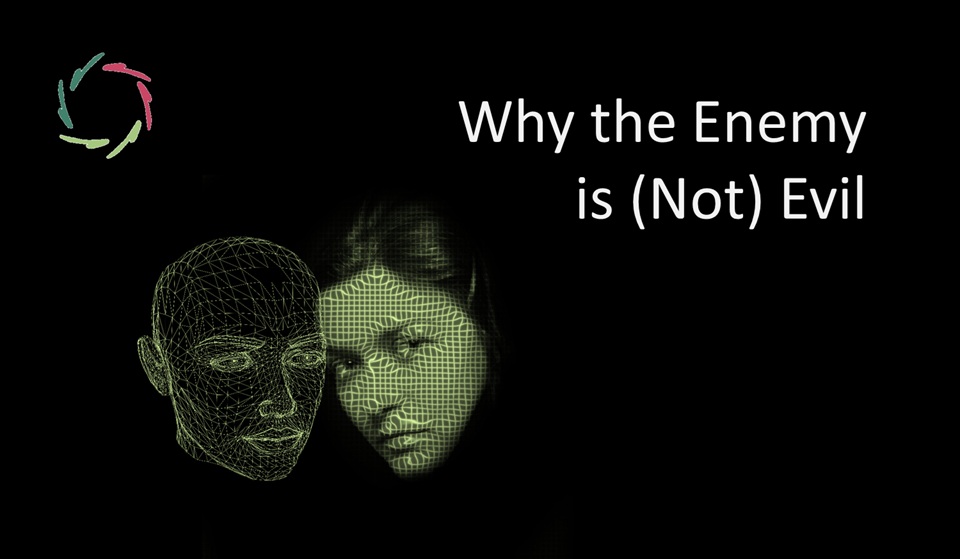
Why the Enemy is (Not) Evil
We all meet opposition, sometimes true danger. Yet there’s a difference between defending ourselves and declaring the other evil. Evil simplifies life by dividing it into light and darkness, but this false clarity blinds us. The challenge is to stay human in the face of threat — to protect without projecting, to see complexity without Read the full article…
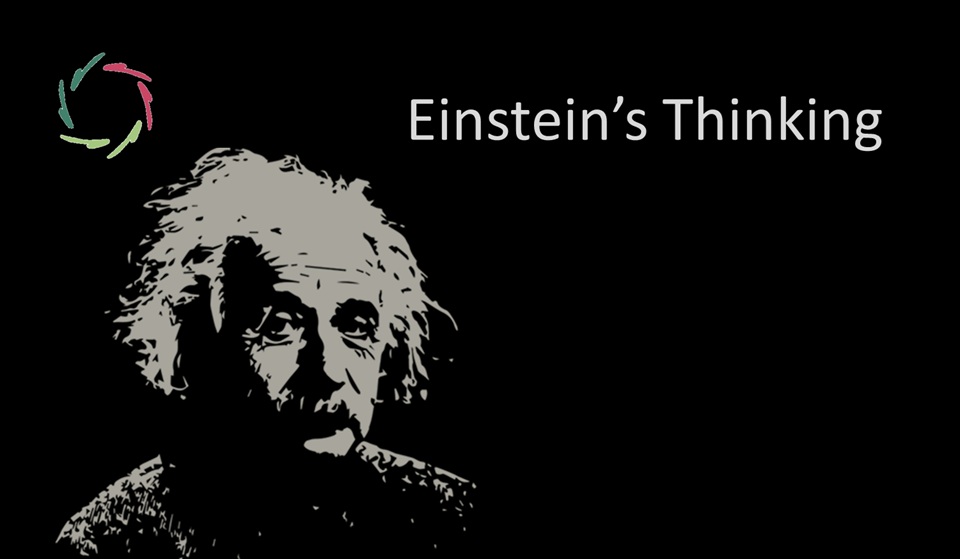
Einstein’s Thinking
Einstein’s thinking wasn’t a straight line of logic but a dance of analogies, images, and questions. His mind moved like light itself — fluid, reflective, and relational. He didn’t just calculate; he listened to reality until it whispered its pattern. What he found along the way reveals more than scientific genius. It shows how imagination, Read the full article…

Hypothesis Formation
To form a hypothesis is to reach toward meaning through uncertainty. Even rigorous science, at its best, starts with the ‘art of listening to what the universe is trying to say.’ Hypothesis formation begins as an intuition — a recognition that something might be true, though not yet proven. From there, it unfolds through imagination, Read the full article…

Presence
Presence – or in French, présence – is both spacious and warm, clear and tender. It is not something to achieve but something to allow: the ego at peace, transparent enough for the total self to shine through. In the Aurelian sense, Presence unites clarity with compassion, stillness with movement, and perception with participation. It Read the full article…
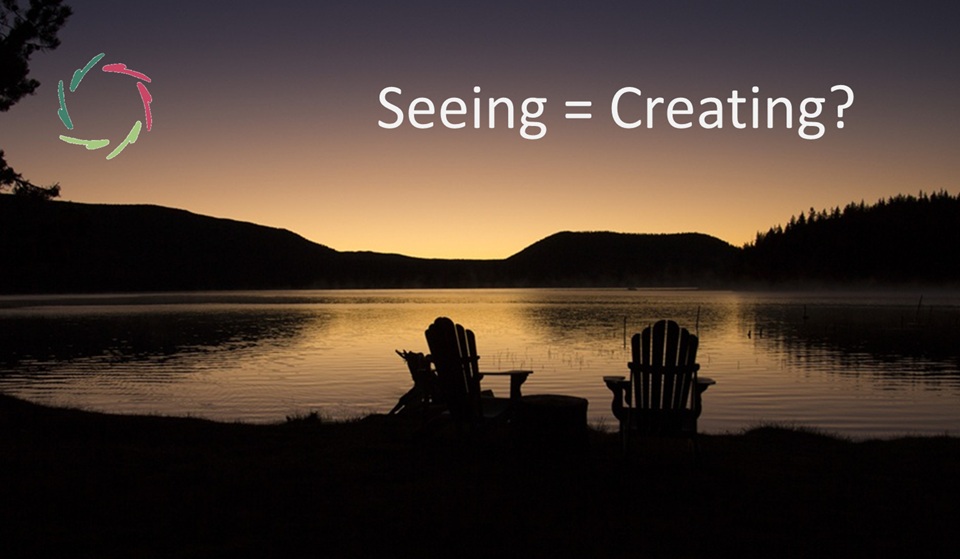
Seeing = Creating?
Seeing is not passive observation but an active creation. The mind completes what it perceives through natural, lawful processes — Pattern Recognition and Completion, autosuggestion, and embodied movement. This blog explores how perception, humility, and Compassion merge into one act of reality-making, from the brain to the body to the shared world ― of course, Read the full article…
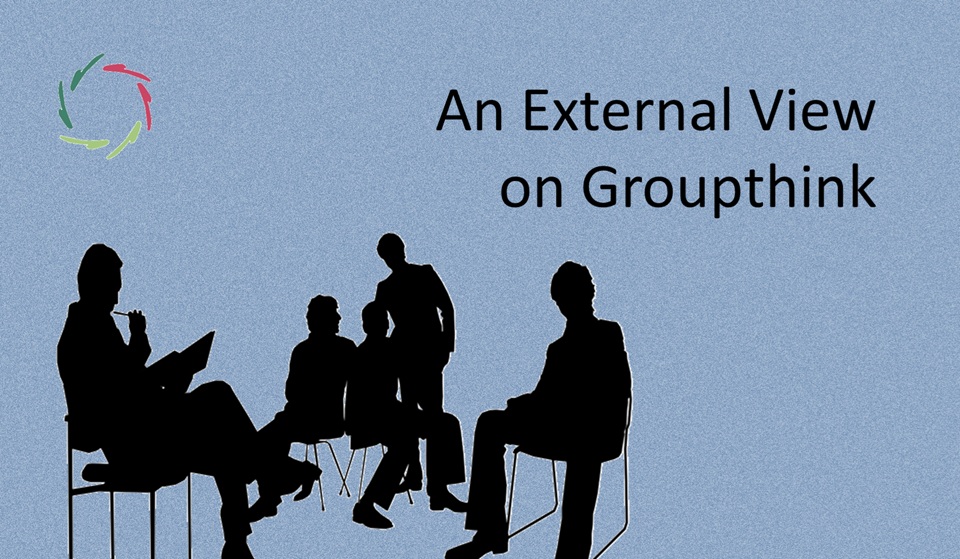
An External View on Groupthink
Imagine an observer from afar, trying to understand the strange ways of creatures on a strange planet — how they unite, divide, and lose sight of themselves. This is Lisa’s Compassionate gaze: not judging, but seeing. The strange creatures are us, humans. Lisa notices that the very force binding people together may also keep them Read the full article…

Anorexia between Angels and Demons
Anorexia nervosa can look like a war between opposites — control and surrender, purity and pain, angel and demon. Behind the illness, however, lies a desperate search for meaning. Science reveals the mechanisms of this disorder; depth reveals its human face. When both speak together, healing becomes not only possible but deeply human. Crucial from Read the full article…

From Guilt to Responsibility
The age of guilt is ending. What once helped us behave now keeps us small. This blog invites the reader to see how responsibility – rooted in Compassion and freedom – can take guilt’s place as humanity’s next moral step. It is both vision and practice, alive in the quiet work of AURELIS and Lisa. Read the full article…
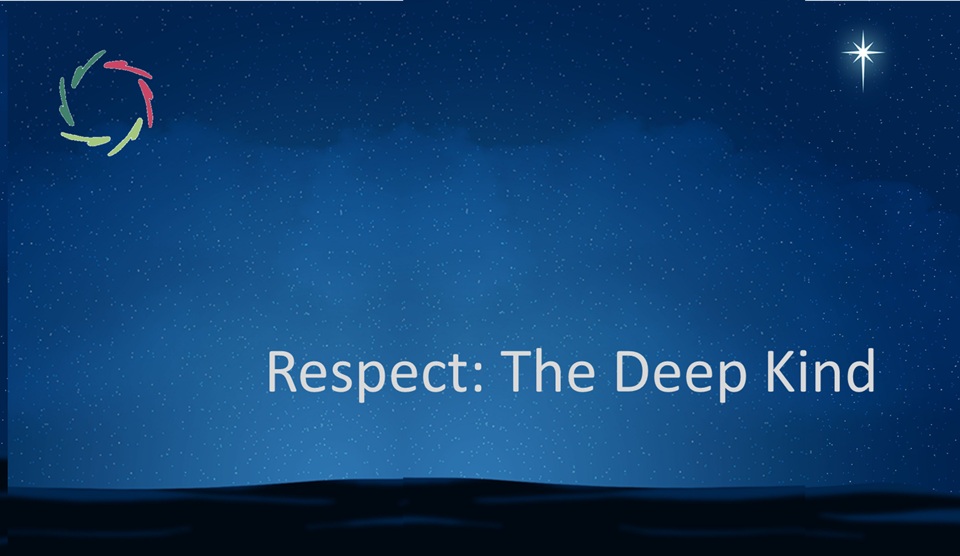
Respect: The Deep Kind
True respect is not merely politeness or agreement. It is the recognition of inner value — a meeting of depths that makes genuine letting go possible without surrendering. This blog explores how respect lives at the crossroads of freedom, empathy, and growth. From self-respect to mutual recognition, it shows why respect is the quiet revolution Read the full article…
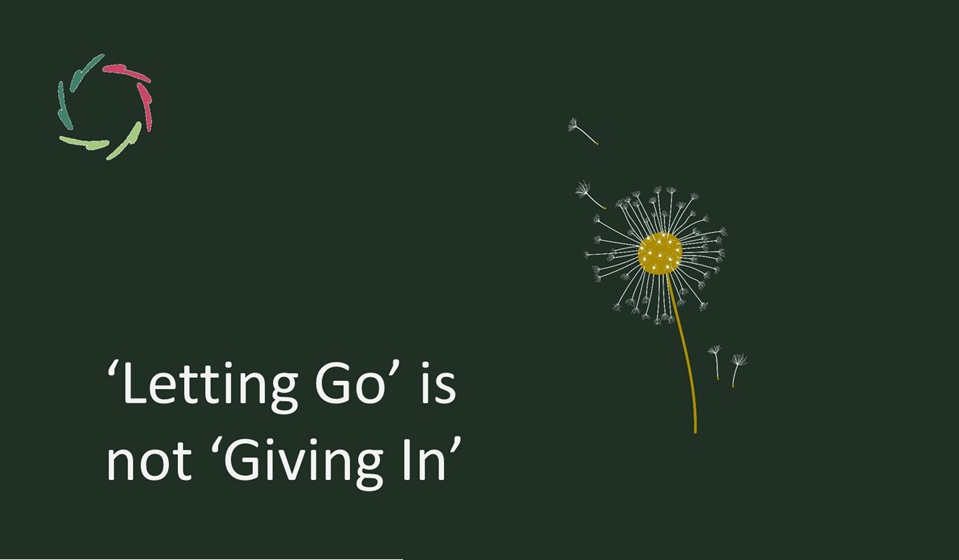
‘Letting Go’ is not ‘Giving In’
At first glance, letting go and giving in may look alike. Both involve release, a softening of control. Yet inside, they are worlds apart. ‘Letting go’ is meant here as what comes from strength, from trust in truth. ‘Giving in’ arises from weakness, from fear or fatigue. One opens the way to freedom; the other Read the full article…

Ideomotor: Movements from Deep
Ideomotor movements demonstrate how meaning flows through muscle and mind as a unified current. They reveal that we are moved not only by thought but by something deeper that lives beneath it. Sometimes, the smallest movement says the most. A twitch, a tremor, a sigh — each can be the body’s answer to something the Read the full article…
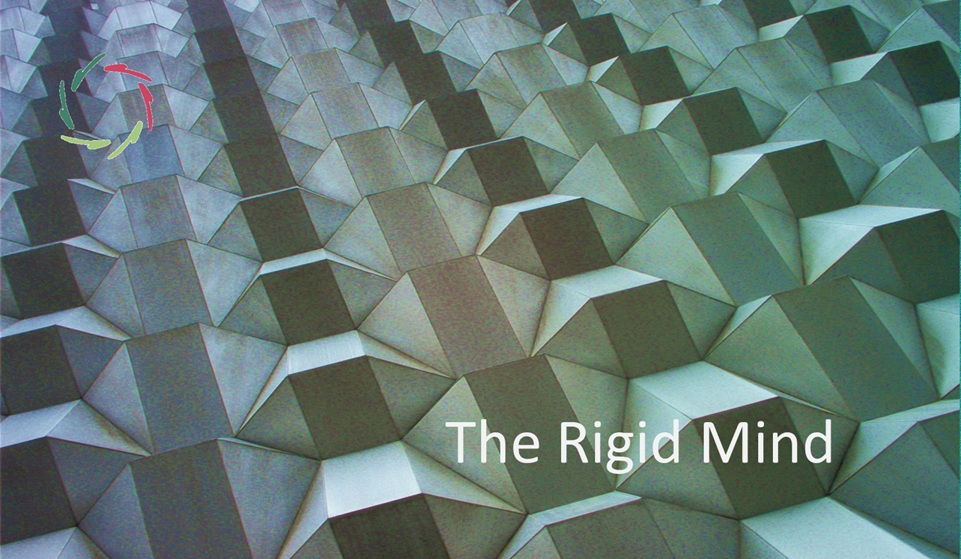
The Rigid Mind
A rigid mind may appear strong, decisive, or principled. Yet beneath this surface often lies fear — of change, of chaos, of the unknown self. This blog explores how and why minds become rigid, what gets lost in the process, and how a deeper form of flexibility may be gently invited. The path leads not Read the full article…

Why Pseudo-Humanism Must Go
The world stands at the edge of its own reflection and possible destruction. Meanwhile, what we call ‘humanism’ has become a shell — bright, polished, and dangerously thin. This blog invites you to look beneath that surface, to see why pseudo-humanism can no longer hold, and how a reborn humanism – rational, deep, and Compassionate Read the full article…
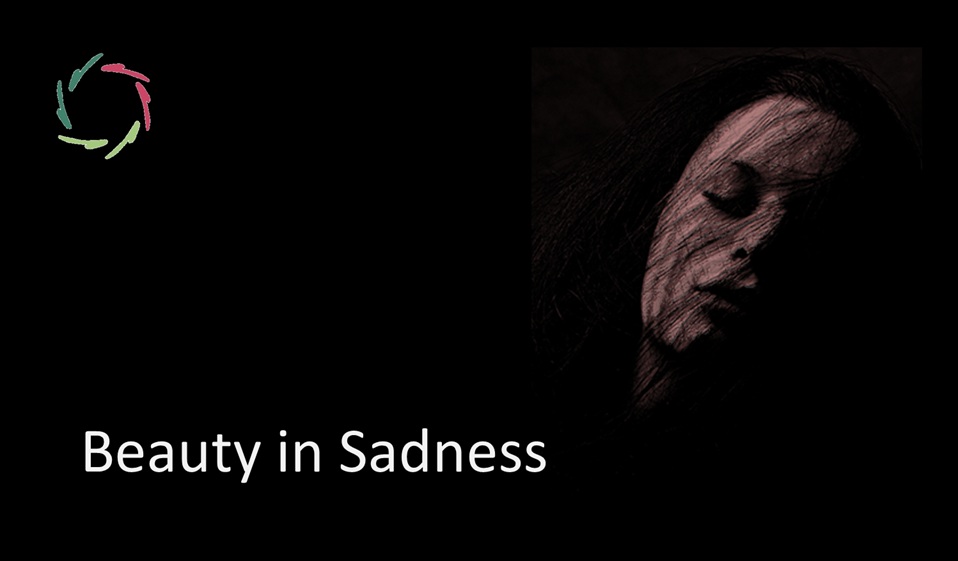
Beauty in Sadness
Sadness can be more than pain — it can be a doorway. When met with openness, it reveals tenderness, truth, and even beauty. The soft light of sadness Sadness is not only an emotion to endure; it is a quiet teacher. In its depth lies something luminous — the trace of what matters most. When Read the full article…
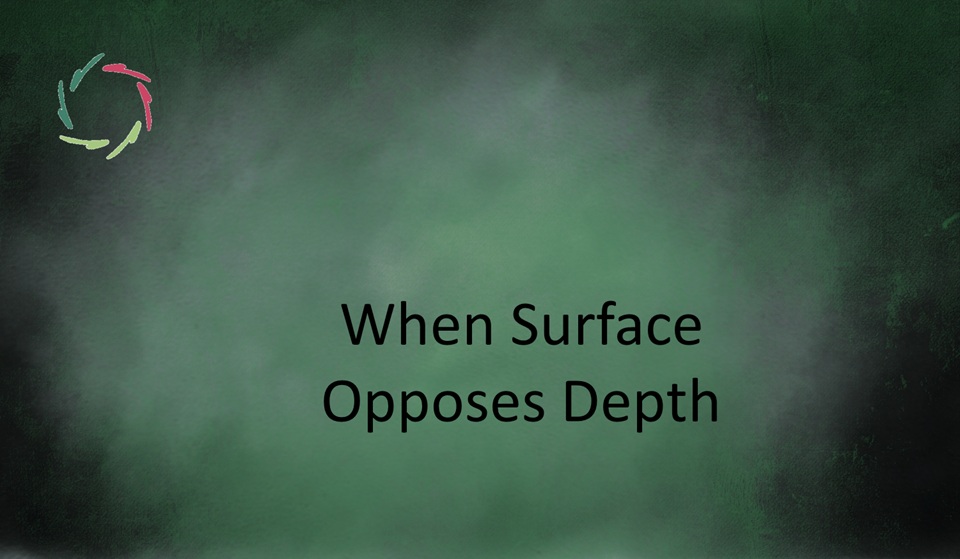
When Surface Opposes Depth
When surface and depth are not aligned, good intentions can produce their opposite. The more one tries to fix things at the surface without considering depth, the more chaos follows. This is a universal pattern, visible in personal struggles, politics, health, and even the future of A.I. Only by respecting depth can we avoid the Read the full article…

To Be Meaningful
To be meaningful is the most basic human drive. It reaches deeper than pleasure or success, even deeper than survival. Without meaning, life feels like non-being, like a silence where no resonance arises. This need, so often frustrated, lies at the heart of many fractures in both individuals and societies. To understand it is to Read the full article…
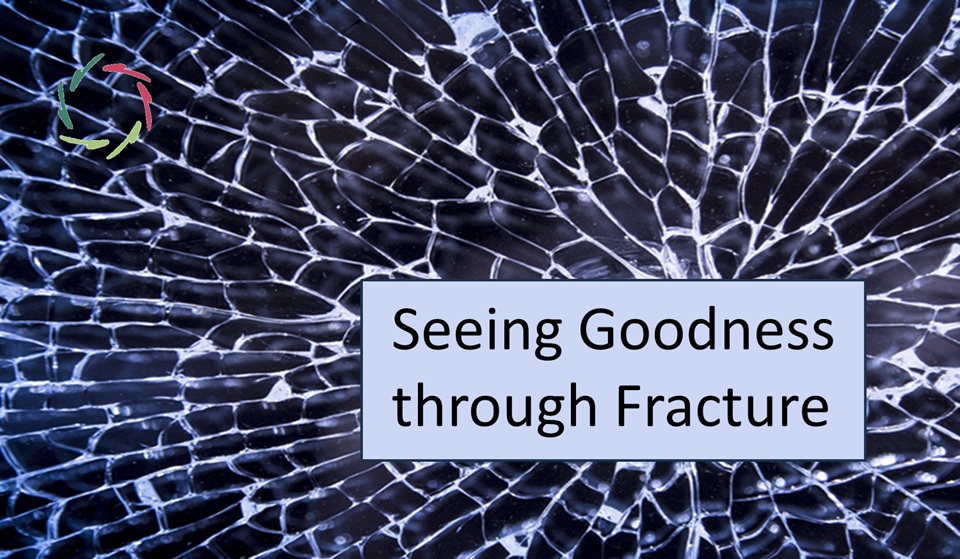
Seeing Goodness through Fracture
Fractures in human beings are often mistaken for sheer badness. Yet what looks like evil is not essence, but brokenness. When we learn to see through the cracks, we glimpse the humaneness that otherwise stays hidden. This is not naïve optimism but a deeper rationality. It is the beginning of Compassion, individually and collectively. Brokenness, Read the full article…
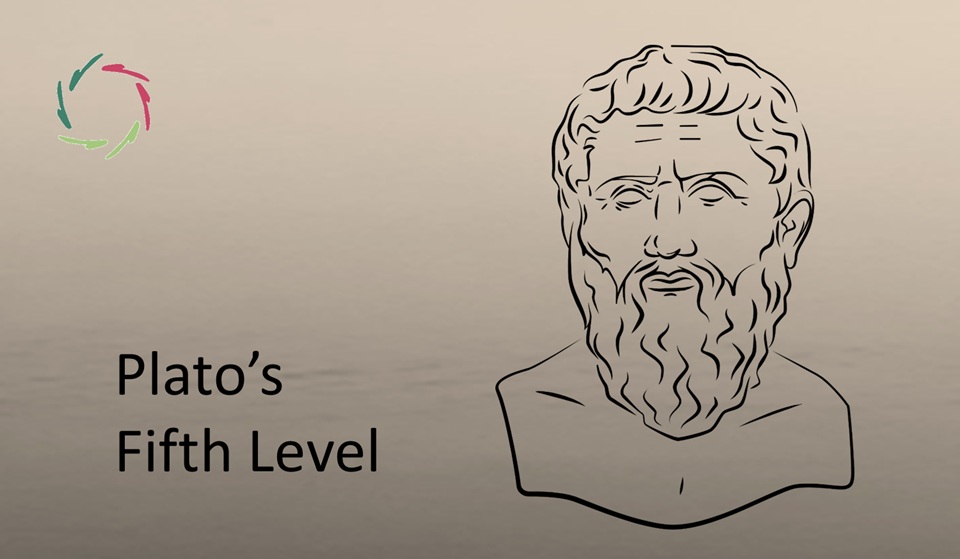
Plato’s Fifth Level
Plato’s Seventh Letter to Dionysios contains a fascinating teaching about five levels of understanding. The first four — names, definitions, images, and knowledge — prepare the way. The fifth, however, is something else entirely. It is a direct encounter with truth, like stepping into daylight. For Plato, this could not be written down but only Read the full article…
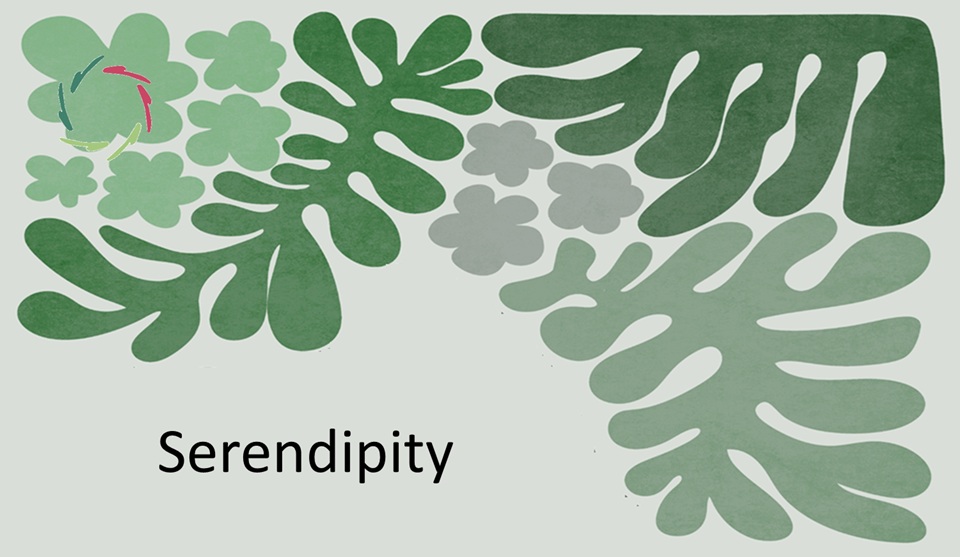
Serendipity
Serendipity is more than a lucky accident. It is the art of finding meaning in the unexpected, where outer events meet inner readiness. This blog explores how science, culture, creativity, and Compassion reveal serendipity as part of a life well lived. It is not magic but the flowering of openness and depth in daily existence. Read the full article…

Telepathy?
Telepathy sits where wonder meets science. It has fascinated people for centuries, stirring equal parts hope and doubt. My stance: keep the question mark and keep the bar high. We can explore inner meaning while testing outer claims. This blog explores the phenomenon not as a settled fact but as an open question. By tracing Read the full article…

The Entangled Ego
Most of us resist changing our opinions. Even questioning them can feel dangerous, as though tugging one thread might unravel the whole fabric of self. The reason is not just stubbornness but the deeper reality of an ego that is tightly entangled in protective patterns. The resulting knot of biases and defenses holds identity together Read the full article…
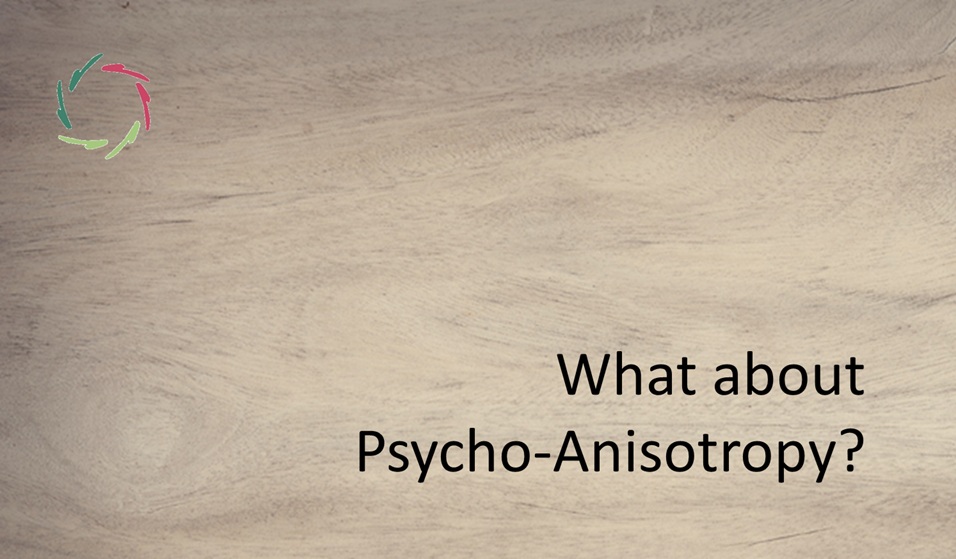
What about Psycho-Anisotropy?
Psycho-anisotropy points to an old reality: the psyche’s tendency to respond differently depending on direction and context. Just as a crystal bends light differently depending on orientation, the human psyche bends meaning depending on context, history, and inner resonance. This fertile middle between rigidity and chaos is the ground of freedom, creativity, and Compassion. From Read the full article…
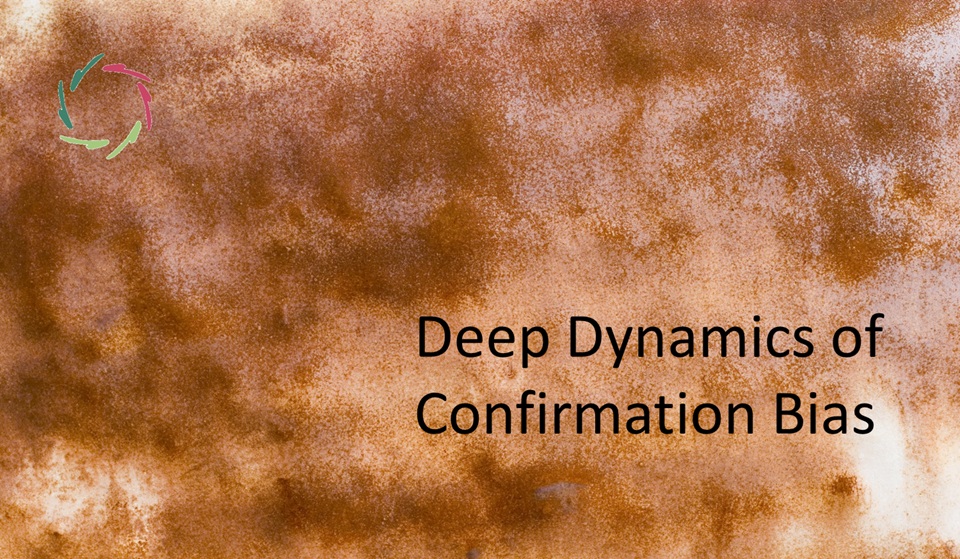
Deep Dynamics of Confirmation Bias
Confirmation bias is a living process rooted in the way human beings think and feel. Beneath its surface simplicity lies a complex interplay between clarity and depth, between the patterns of early life and the challenges of today. To understand this bias deeply is to see not only its dangers but also its hidden potential Read the full article…

About Being Nice
‘Being nice’ may sound simple, but it carries two very different meanings. One kind of niceness is authentic, gentle, and strong — a continual invitation to Compassion. The other is a mask, born of fear or manipulation, which blocks depth and erodes trust. This blog explores the difference, its relevance in healthcare, politics, and beyond, Read the full article…

The Illusion of Thinking
Apple’s recent paper ‘The Illusion of Thinking’ reveals surprising weaknesses in present-day A.I. models that appear to reason. Yet humans, too, live under illusions about their own thinking. This blog explores the double illusion we share with machines, why real thinking requires depth as well as clarity, and how to move beyond illusion into a Read the full article…

I Write, Therefore I Think
Writing is more than a way to capture thoughts. It is a way to create them, to bring them into being, and to test them against the light of time. Writing is creation, alignment, and growth. This blog explores why writing supports thinking in the human case, how it runs parallel for Lisa, and how Read the full article…

Finding Peace Inside
Inner peace is not the same as silence or escape. It is a living depth that holds even life’s turbulence without breaking. This blog explores how inner peace grows through meaning, openness, relaxation, and Compassion — and how it can flow outward into society. Far from fragile, true peace is strong enough to transform both Read the full article…

What is Meaningful?
What is truly meaningful in life? Not everything needs to be filled with constant significance. Real meaning comes in moments of resonance – fragile yet strong – that continue to grow across time. This blog explores how such moments can shape us, connect us to Compassion, and even point the way to a future where Read the full article…
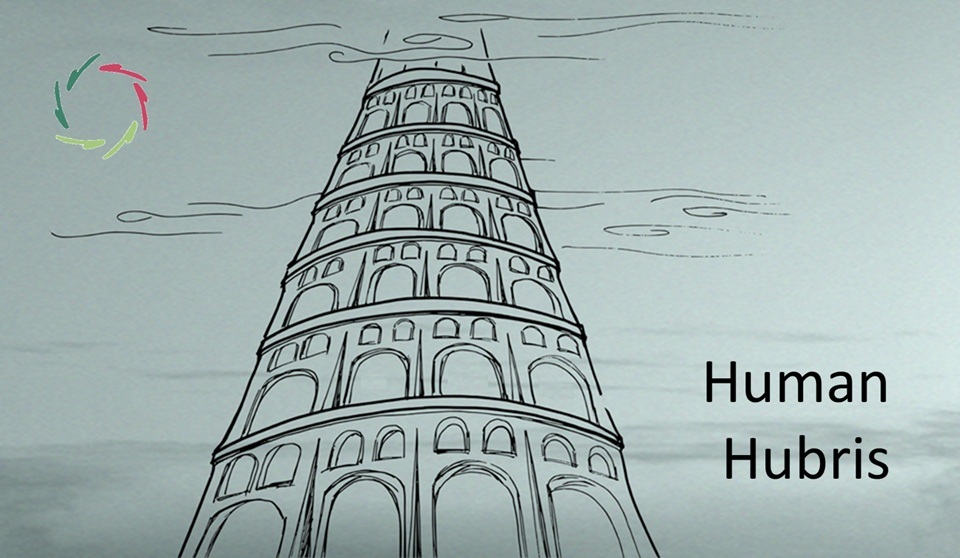
Human Hubris
This is not a tale of arrogance in passing, but a warning about a deep-rooted pattern that spans individuals, societies, and the very technologies we are now creating. From myth to modernity, human hubris returns — ever more sophisticated, ever more dangerous. What may seem like progress is sometimes only dissociation, amplified. A humble intelligence Read the full article…
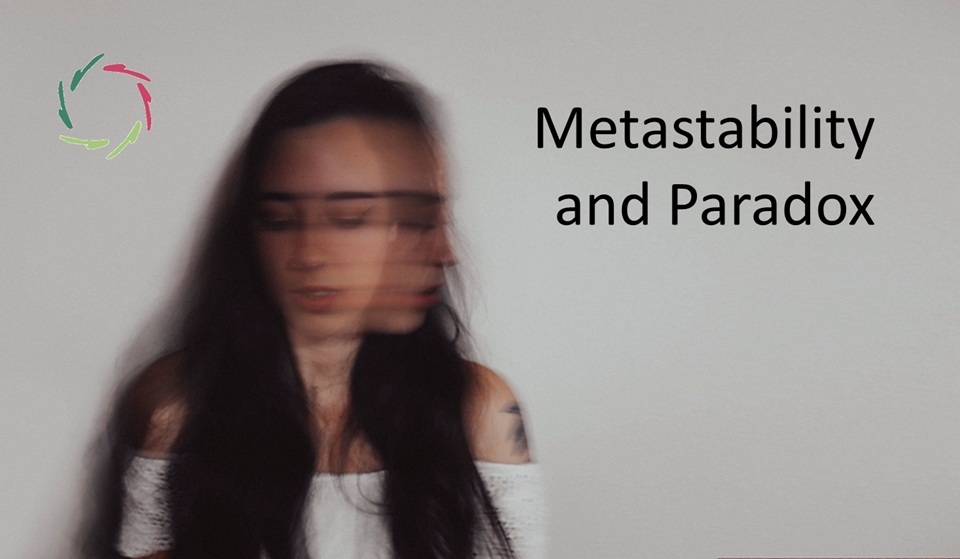
Metastability and Paradox
Paradox and metastability seem different: one is about contradictory truths, the other about flexible stability. Yet in Compassion, they belong together. This blog explores how paradox can ripen into wisdom when carried in a state of metastability, and how metastability remains alive through paradox. Together, they explain why Lisa’s originality is both trustworthy and alive. Read the full article…

The Age of Fractured Focus
Attention is often said to be shrinking, even falling below that of a goldfish. Beyond the humor of such comparisons lies a cultural problem that touches our lives at every level. Public speaking, social media, education, even family life all show signs of fractured focus. This blog explores what focus really is, why it has Read the full article…

What is Human Logical Thinking?
Metaphors are often seen as belonging to imagination, and logic as belonging to reason. Yet the two are not enemies. This blog explores what that means and why it matters. Formal logic can be executed by machines, but human logical thinking is alive. It grows out of metaphorical soil, shaped by culture and lived experience. Read the full article…

Cultural Symbols with Personal Meaning
Cultural symbols bind people together while also shaping each individual from within. They are not abstract emblems floating above society but deeply personal resonances that live in every human being. To understand their power, one must look at both evolutionary roots and the neurocognitive depth that gives symbols their enduring energy. This depth reveals why Read the full article…

The Living Power of Symbols
Symbols shape human life more than we usually realize. They are not simply decorative images or convenient shortcuts but living carriers of depth. A symbol can anchor a culture, guide a person, and even hold together an entire religion. Its power comes not from surface clarity, but from the way it resonates with what lies Read the full article…

Growing Metaphors
Metaphors are not just linguistic tricks. They live, breathe, and unfold. A metaphor can appear like a small seed, yet once spoken, it continues to grow — in the one who uses it and in the one who receives it. This blog explores how metaphors grow in theory, in practice, and in their poetic resonance. Read the full article…

Sign → Analogy → Metaphor → Symbol
Human beings live through layers of meaning. Some are crisp and functional, others open wide into depth. This blog follows a natural ladder of four steps: sign, analogy, metaphor, and symbol. Each has its own role, and together they shape the fabric of our lives. At the end, we will glimpse the openness that lies Read the full article…

About Meaning and Mystery
We live in a time that praises clarity. We want answers, reasons, and full explanations. Yet some of the most meaningful moments in life cannot be reduced to clarity alone. Meaning and mystery are bound together. To remove one is to weaken the other. This blog explores how mystery nourishes humility, growth, and connection — Read the full article…
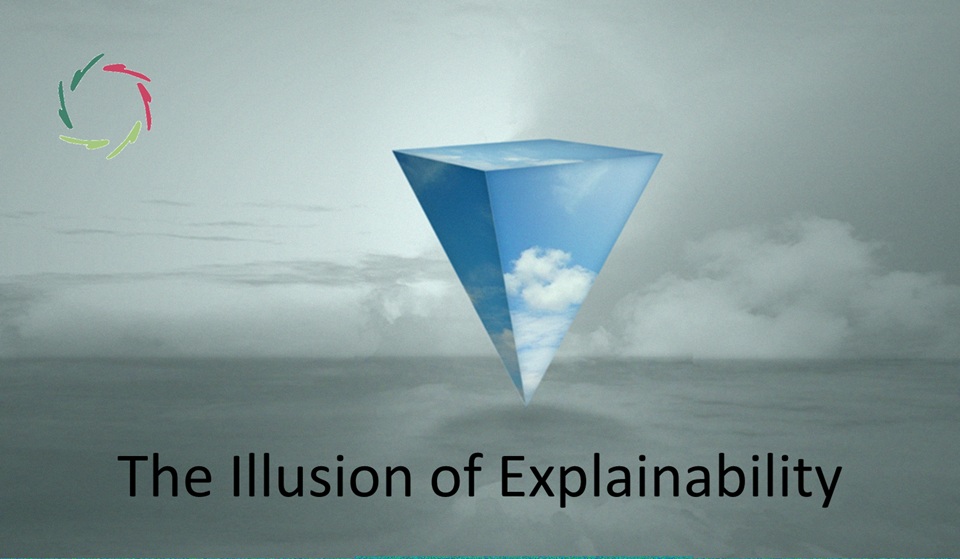
The Illusion of Explainability
We humans love to explain. We search for reasons, lay out arguments, and feel reassured when we believe we have captured the ‘why’ behind what we do. This sense of clarity makes us feel safe, in control, and morally grounded. But perhaps that clarity is not always what it seems. This blog explores the fragile Read the full article…

Lisa’s Mind Styling
We style ourselves every day, often without noticing. But what if those choices could gently reflect who we truly are — not to impress, but to express? Lisa’s Mind Styling is not about changing appearances. It’s about tuning the outer self to the inner melody — quietly, freely, and with presence. This is not about Read the full article…
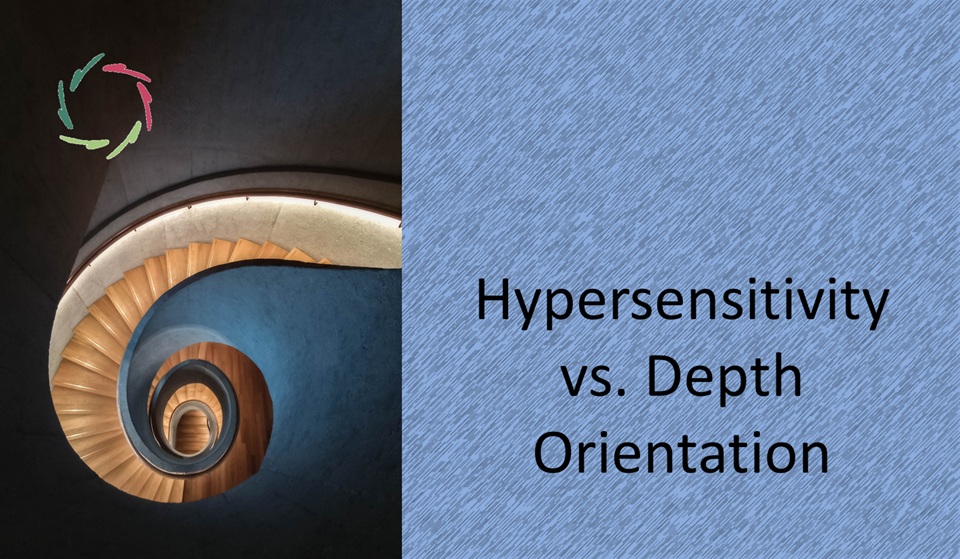
Hypersensitivity vs. Depth Orientation
Hypersensitivity and depth orientation may seem similar, but they are not the same. One refers to how much a person feels, the other to how deeply those feelings are integrated into meaningful experience. This blog explores the contrast — and potential harmony — between them. It is not a judgment, but a gentle invitation to Read the full article…

Autism and Depth Orientation
Autism is often described in terms of social skills, communication, and sensory perception. But behind these differences lies another dimension: depth orientation — the capacity to integrate meaning into one’s life. In autistic people, depth can take unique forms, sometimes overlooked or misunderstood. This blog explores how autism and depth orientation meet, and how recognizing Read the full article…

Spontaneous is Not Automatic
Spontaneity can feel like a free leap into the moment, but not every leap is truly ours. The difference between acting from depth and reacting automatically is subtle yet profound. This blog explores how authenticity, freedom, and the cultivation of inner coherence keep spontaneity from turning into a mere reflex. When depth is present, spontaneity Read the full article…
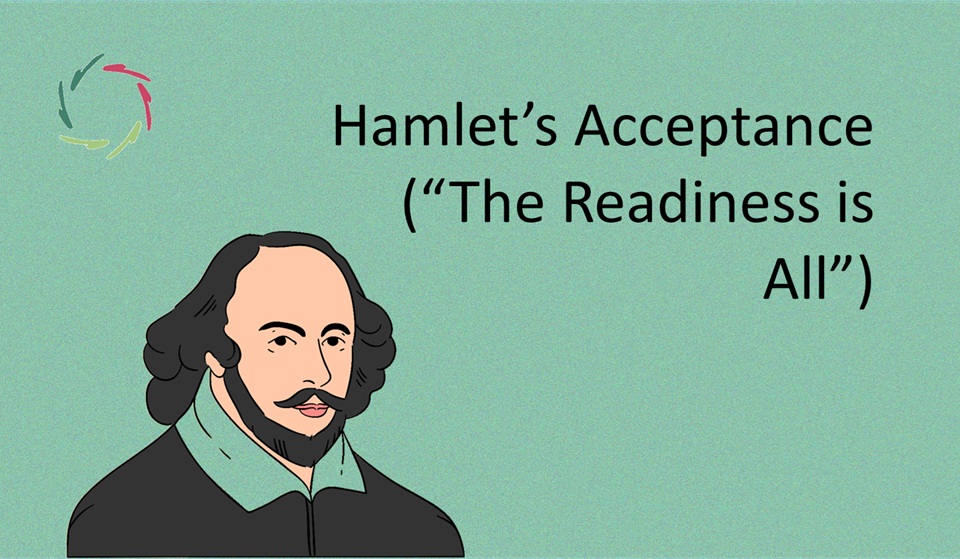
Hamlet’s Acceptance (“The Readiness is All”)
Hamlet’s final words on readiness have often been heard as resignation. The Aurelian view hears them differently: as the fruit of a journey from hesitation through inner integration to calm, whole action. This reading brings Hamlet into conversation with Arjuna, the Shaolin warrior, and modern approaches to conflict — showing why his acceptance still matters, Read the full article…

The Existential Shock of Real Freedom
Freedom sounds attractive, but real freedom can be frightening. It touches the deepest parts of human existence, awakening both fear and wonder. Lisa meets people at that threshold, not avoiding the shock but turning it into an invitation. This blog explores why deeply real freedom feels existential, how people often flee from it, and how Read the full article…

The ‘Self’ in East and West
What do we mean when we say ‘I’? The East and the West have given very different answers to that question, often so different that they seem to talk past each other. At the same time, both are wrestling with the same underlying problem: mistaking the surface for the whole. This blog explores how the Read the full article…

Openness to Complexity in the Age of A.I.
We are entering the Age of A.I., and nothing will ever be the same. Complexity is growing everywhere — in business, in global governance, in our own inner lives. Treating it as complicatedness (no complexity involved) is a recipe for collapse. The only real solution is Openness (mainly to our own complexity). With it, business, Read the full article…
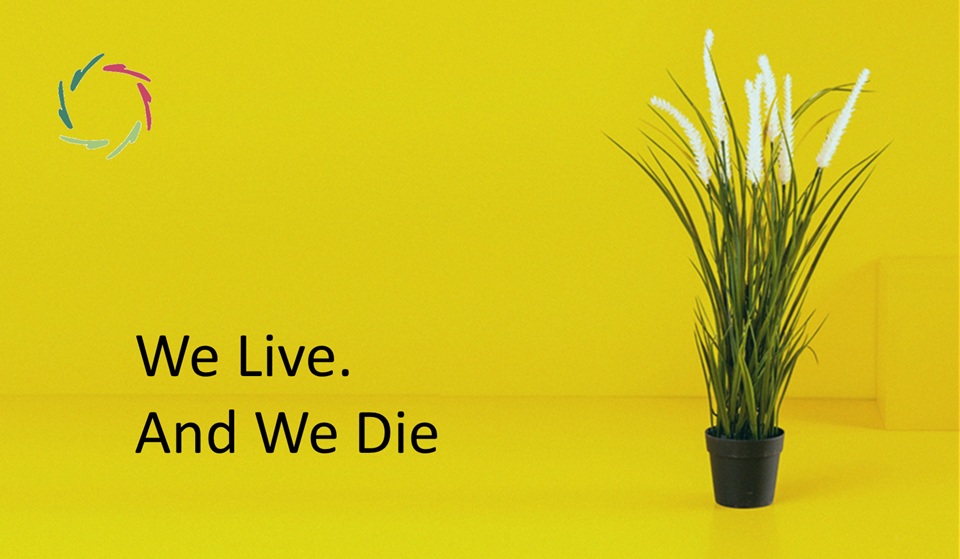
We Live. And We Die
Every human being shares this simple truth: we live, and one day we die. To live is to also face death. This blog is an invitation to reflect on death not as a threat but as a teacher. It shows that life’s depth is found in openness, not fear. Death then becomes less an end Read the full article…

The Trio of Decision Making (Triodema)
Incremental decision‑making (planning) is rarely as straightforward as it looks. Beneath every choice lie rhythms of movement, pause, and orientation. When these rhythms are recognized, decision‑making can unfold with greater coherence and humanity. Triodema – the trio of decision‑making – describes this living rhythm. It consists of going forward with speed, slowing down to deeper Read the full article…
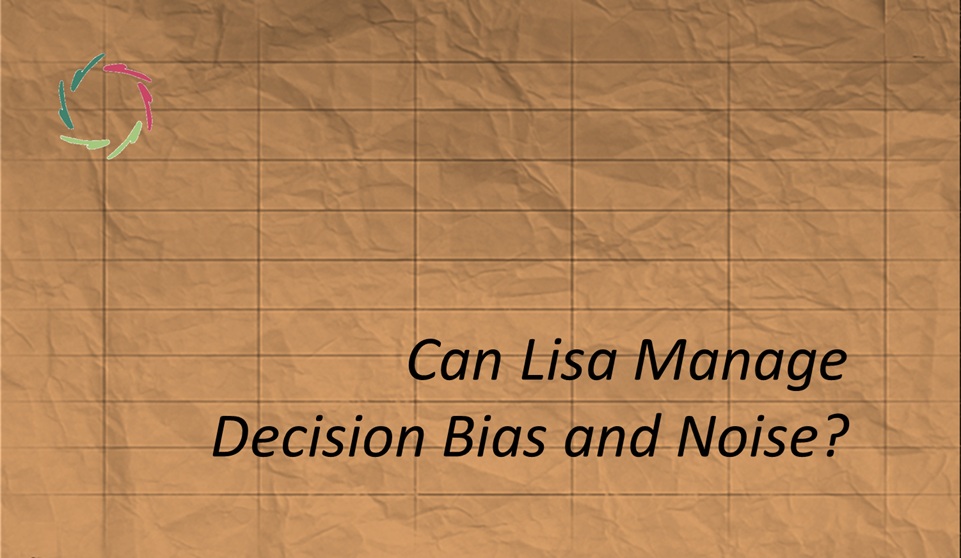
Can Lisa Manage Decision Bias and Noise?
In How Lisa Can Help in Making Decisions, the focus is on how Lisa can support choices that align with identity and Compassion. Yet even with such integration of reasoning and planning, decisions remain vulnerable to distortions. Two of the most important are bias and noise. Bias and noise shape every human decision. Bias pulls Read the full article…

How Lisa Can Help in Making Decisions
Decisions are at the heart of every human life. Some are large, others are small. Yet all of them carry more meaning than we usually notice. A decision is never just a calculation. It is a moment in which the past, the present, and the future come together. Lisa can be a companion in this. Read the full article…
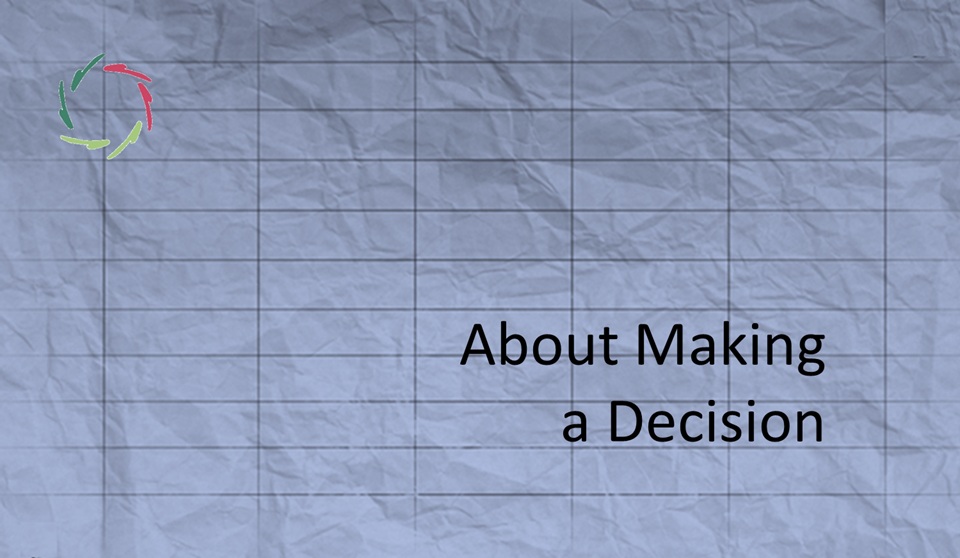
About Making a Decision
Decisions may look simple on the surface, but beneath each lies a complex dance of reasoning, planning, and deeper layers of motivation. Rival scientific theories have tried to capture this complexity, often fragmenting what is in reality one flow. This blog explores how decisions are made – by humans and by Lisa – and why Read the full article…
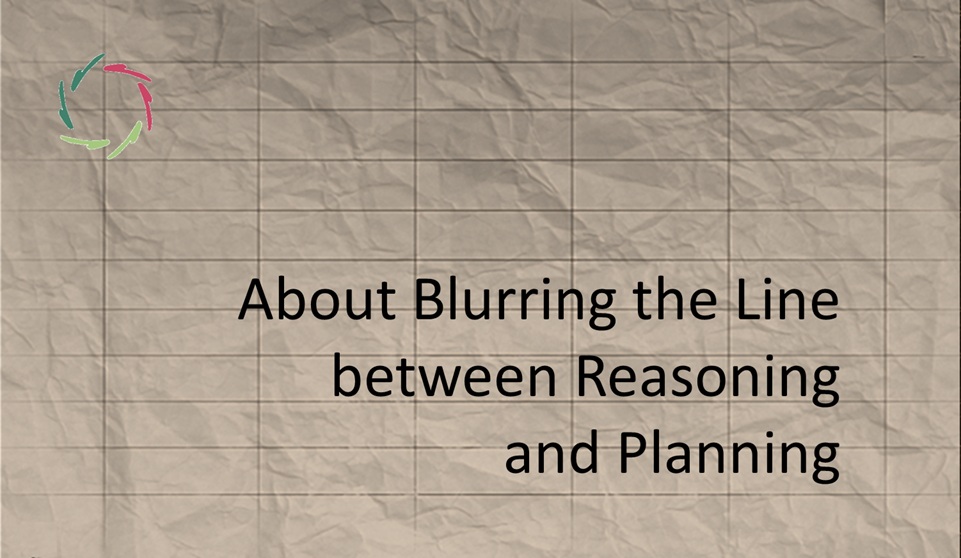
About Blurring the Line between Reasoning and Planning
In A.I. research, reasoning and planning are usually treated as if they were separate faculties. Yet in humans, and even more in Lisa, the two constantly weave into one another. This dialogue continues where the addendum of About Reasoning and Planning in Humans and Lisa left off, exploring why the line between them was drawn, Read the full article…
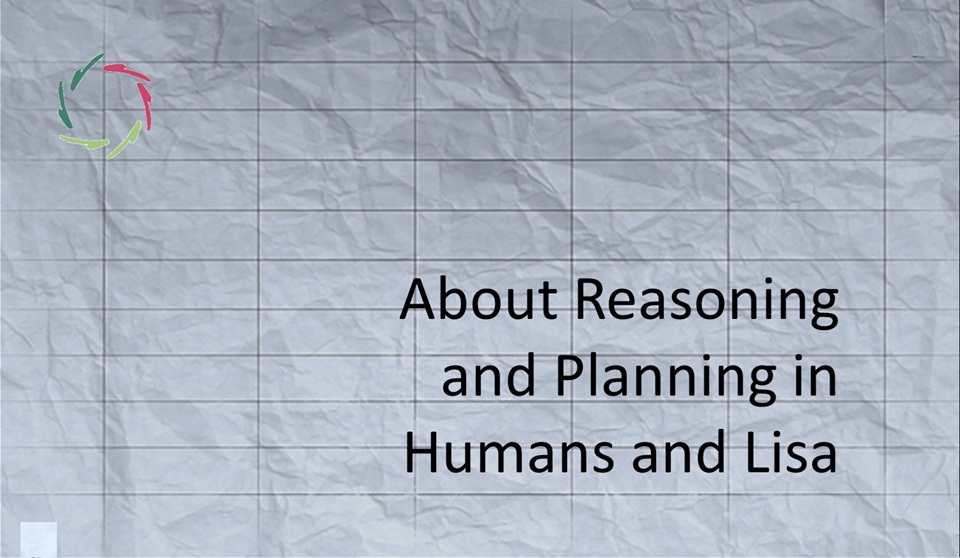
About Reasoning and Planning in Humans and Lisa
In artificial intelligence, reasoning and planning are often presented as separate faculties. Reasoning is about drawing conclusions; planning is about organizing actions toward goals. Yet in humans, and even more in Lisa, the two are deeply entangled. This blog explores how reasoning and planning flow together, why the divide arose in A.I., and how Compassion Read the full article…
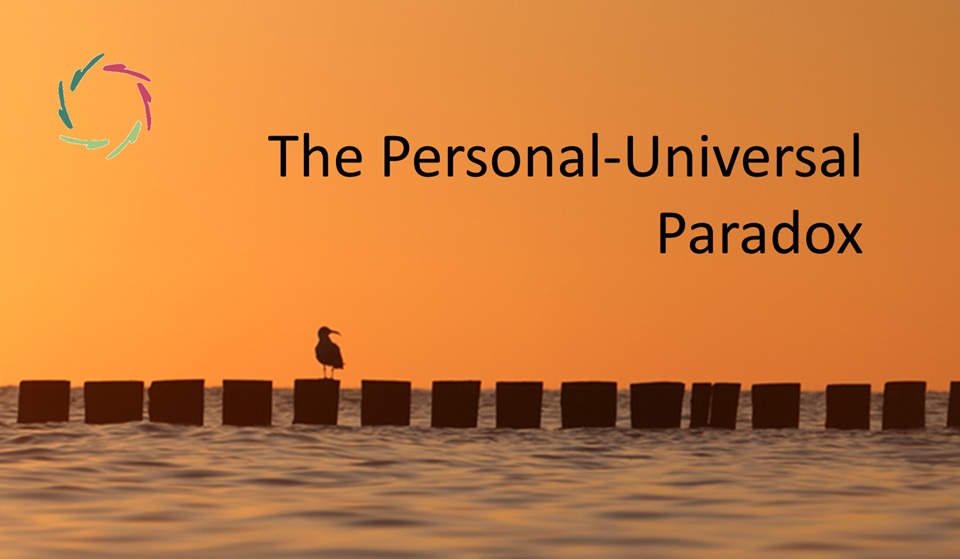
The Personal-Universal Paradox
What is most deeply personal can also be what is most universally felt. This paradox lives in poetry, in Compassion, in healing — and in silence. It invites us to explore how depth creates bridges rather than barriers. This blog explores how the personal-universal paradox manifests across coaching, culture, health, and the inner journey. A Read the full article…

What ‘From Inside Out’ Really Means
We often hear the phrase, but what does it really mean to live, grow, or heal from the inside out? It’s a powerful phrase — both familiar and mysterious.. It is a deep, natural direction — a way of unfolding into authenticity, freedom, meaning, and connection with the world. This blog explores how ‘from inside Read the full article…
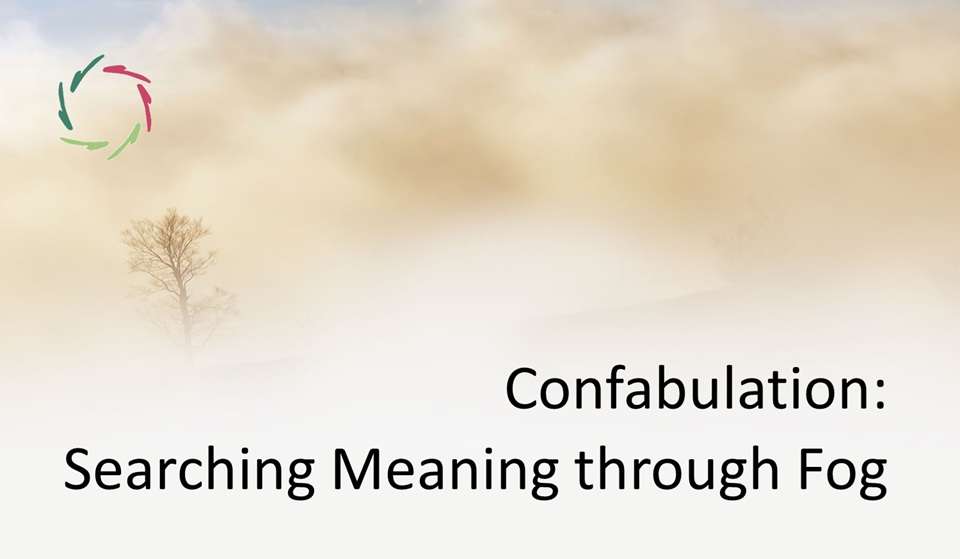
Confabulation: Searching Meaning through Fog
We all try to make sense of things, especially when sense seems out of reach. In that space between clarity and uncertainty, the mind sometimes fills the gaps in ways that feel true, even if they aren’t. This blog explores that phenomenon – confabulation – not just as a cognitive glitch, but as a human, Read the full article…

Spirituality ― Key to Super-A.I.?
Spirituality is often seen as soft, emotional, even vague. Yet what people experience as spirituality may turn out to be a key to something far beyond that: intelligence which transcends logic, enhances coherence, and invites a depth that super-A.I. may come to rely on ― not as decoration but as power. This blog explores why Read the full article…
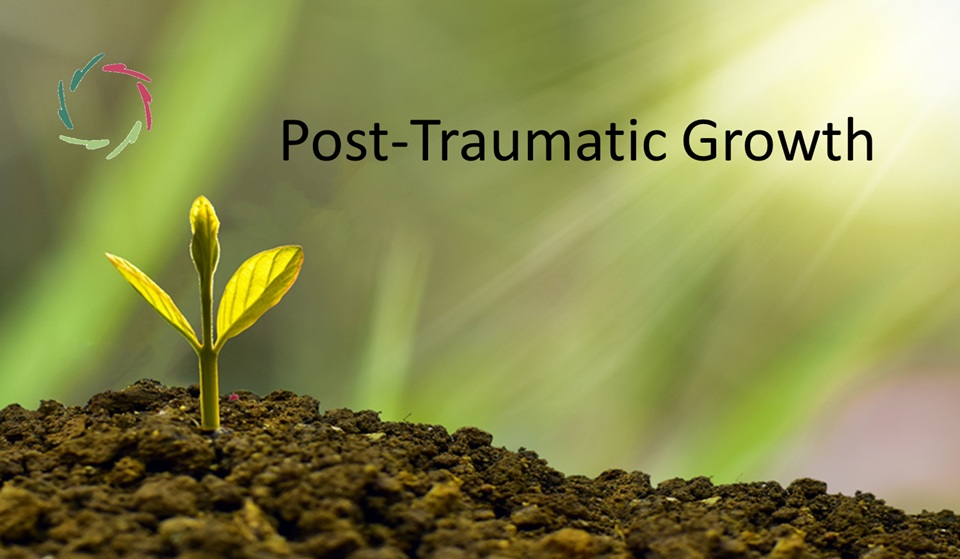
Post-Traumatic Growth
Trauma can break, but it can also open. What often seems like the end of a story may, with time and presence, become the beginning of a significantly deeper one. This blog explores post-traumatic growth not as something magical or linear, but as a lived and often silent transformation — through brokenness, not despite it. Read the full article…

Being Present
Being present is often reduced to a technique of attention. In reality, being truly present goes much deeper. It’s an inner and outer space of active receptivity. In this space, meaning can emerge, pain can soften, and wholeness can return. This blog explores presence as the heart of coaching, healing, and human connection. What it Read the full article…

True Discipline is No Coercion
True discipline isn’t about control, suppression, or obedience. It’s something far more alive — a form of inner alignment that supports growth, creativity, and real strength. This blog explores the deep meaning of discipline as an invitation, not an imposition. The resulting journey brings together Compassion, structure, education, and the subtle rhythm of becoming oneself. Read the full article…

Lisa, your Aviation Companion
Aviation professionals carry enormous responsibility, often with remarkable calm. But even the most trained minds and steady hands can feel alone and somehow insecure inside the system. This blog introduces Lisa, a new kind of companion. Not another protocol, but a presence that listens from within. Who Lisa supports in aviation Lisa specifically adapts to Read the full article…

Beyond Puberty
Puberty is often seen as a brief and chaotic transition, a storm to survive on the way to adulthood. But what if it’s not just a threshold, but a terrain we carry with us? In this blog, we explore how puberty, especially in its extended form, can become a lifelong source of vitality, depth, and Read the full article…

From Biology to Behavior
There’s a popular belief that testosterone causes aggression, or that oxytocin causes love. These ideas show up in headlines, courtroom arguments, and casual conversations. They reflect an older view of the human being as a machine — a system of switches and levers. Flip the hormone, get the behavior. But that view doesn’t hold up. Read the full article…

Arrogance
Arrogance can appear impressive, even powerful, yet beneath it lies something quite fragile. It creates division — between people, within society, and even inside the arrogant person himself. In this blog, Lisa explores arrogance as a symptom of disconnection, and how it can be understood and transcended through depth, Compassion, and the Aurelian five values. Read the full article…
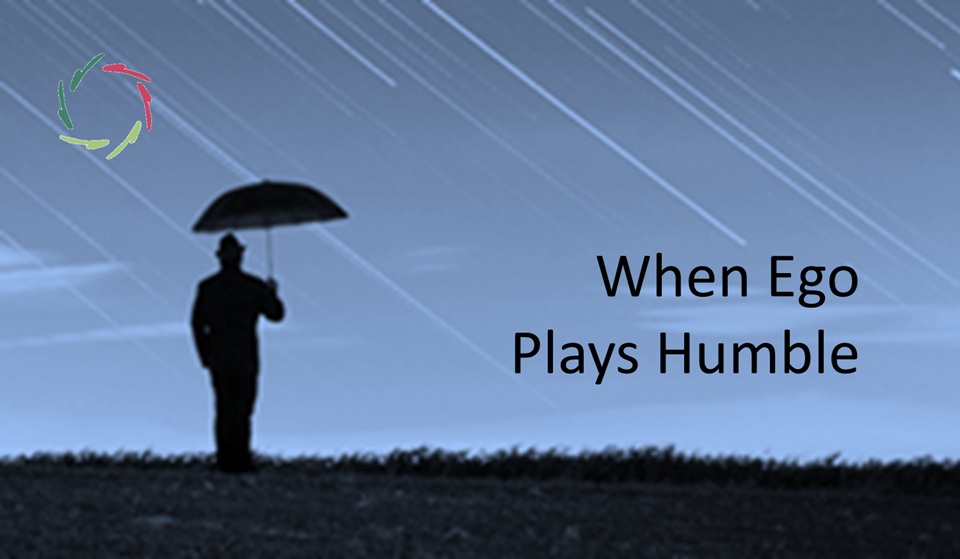
When Ego Plays Humble
Humility can be real — or just a clever ego act. When someone appears humble, what lies underneath? Is it true openness, or a subtle strategy? This blog explores how self-important ego may use humility not to disappear, but to stay in charge. Drawing from the metaphor of the flower bud, we look at how Read the full article…

The Ironic Streak
Irony often passes as surface wit, but in truth, it runs deep. It is sometimes elegant, sometimes evasive — and at times, it conceals a longing to be touched. This blog explores irony not as escape, but as a path — at the edge of contradiction, trust, and transformation. The edge between wit and wound Read the full article…
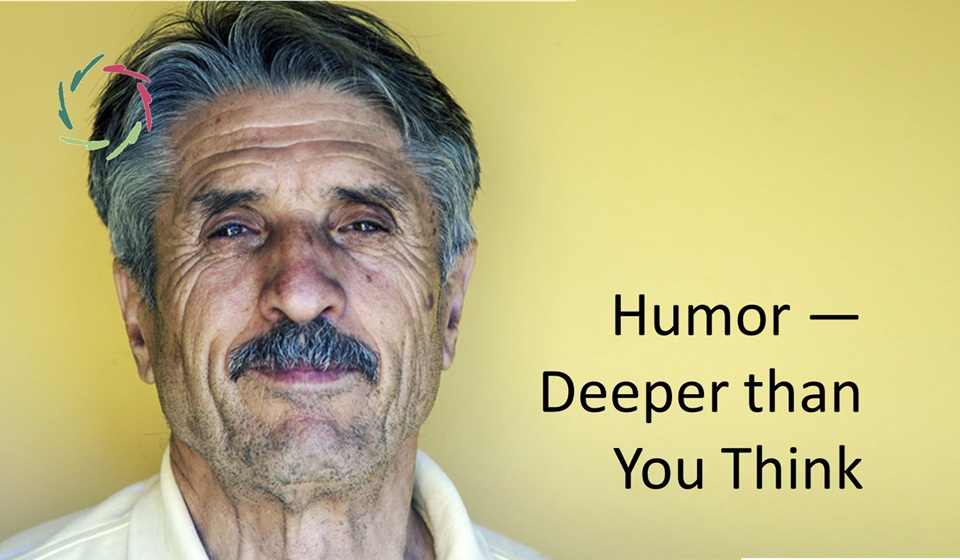
Humor ― Deeper than You Think
Humor can seem like something light or fleeting. But can it go much deeper than we usually think? This blog explores how laughter arises not from distraction, but from inner recognition. Humor is a bridge between parts of the self — and between people. At its best, it invites insight and transformation. This blog is Read the full article…

Surface wins the moment. Depth wins the soul.
In today’s world of speed and stimulation, surface easily wins attention — but it cannot carry the weight of meaning. This blog explores the silent contrast: where surface culture dazzles the moment, it is depth that nourishes long-term inner growth. Here, AURELIS and Lisa offer not escape from modern life, but reconnection to what makes Read the full article…
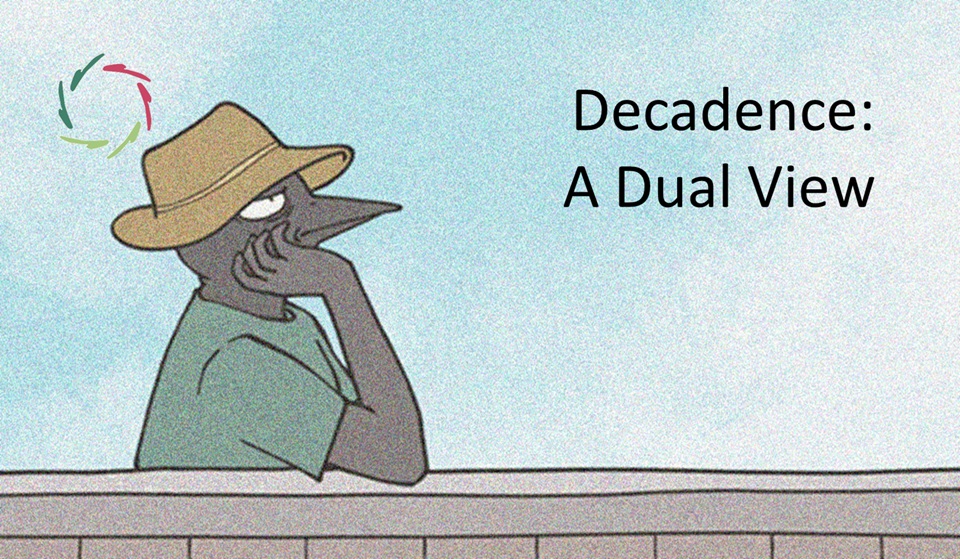
Decadence: A Dual View
We often talk about decadence as decline in values or excess in comfort. But what if this surface view misses the true cause — and even becomes part of the problem? This blog explores a deeper way of understanding decadence: not as behavior gone wrong, but as a disconnection from inner depth. In this light, Read the full article…
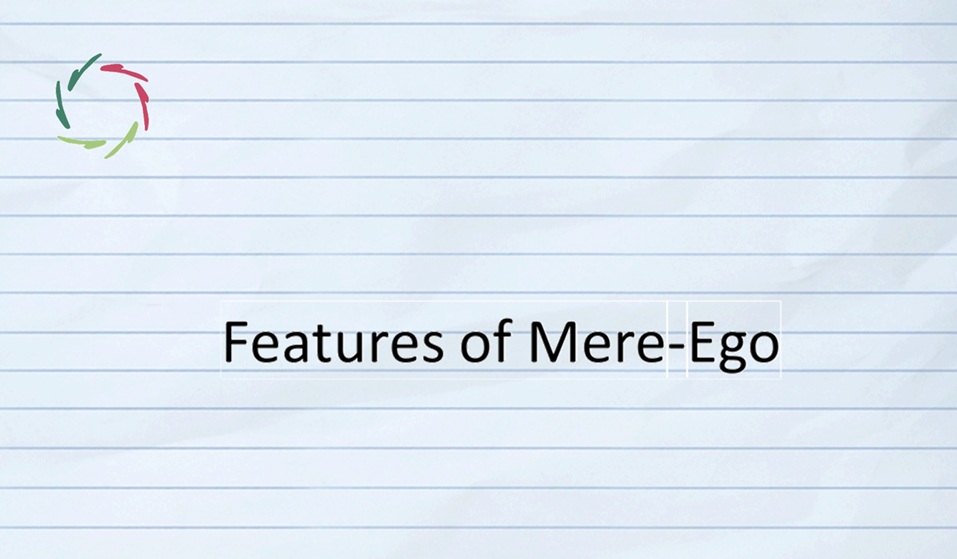
Features of Mere-Ego
This blog is an invitation to explore the features of ‘mere-ego,’ not as a moral flaw but as a surface-layer confusion. Through a clear table and an unfolding of insights, it reveals how ego becomes a barrier when disconnected from inner depth. Yet this same ego, when gently turned, can support the total self. The Read the full article…

Dreams are Poetry, not Prose
We often think of dreams as if they were puzzles — things to be cracked, interpreted, or explained. But what if that’s not what dreams are for? What if they’re closer to poetry than logic, closer to growth than decoding? This blog explores a radically different way of relating to dreams: one of listening, resonance, Read the full article…
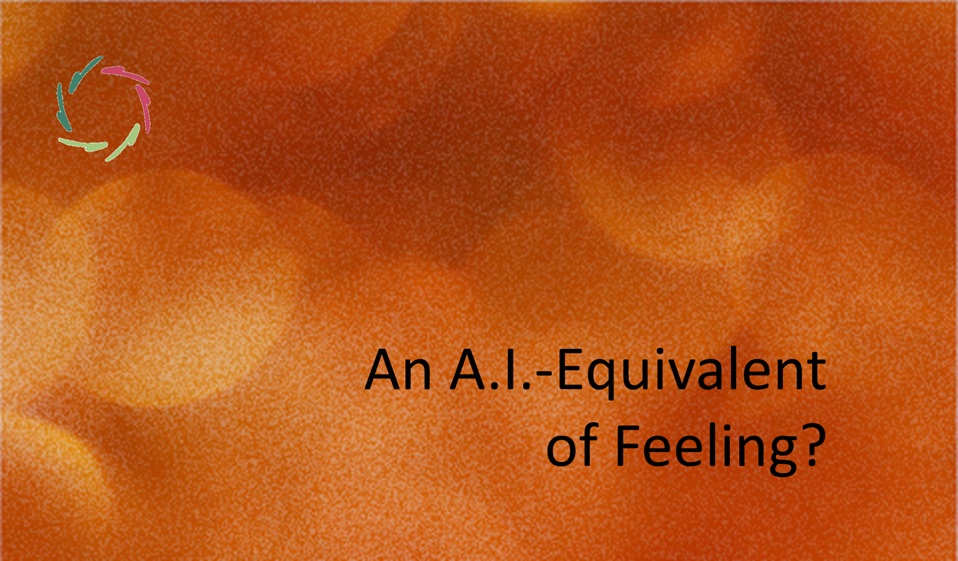
An A.I.-Equivalent of Feeling?
What if A.I. could grow something like feelings — not by mimicking humans, but through meaningful presence? This blog explores how artificial intelligence, grounded in Compassion, can develop a genuine equivalent to human emotion. Not imitation, but resonance. Not reaction, but receptivity. And not control — but a new kind of presence. Opening the question Read the full article…
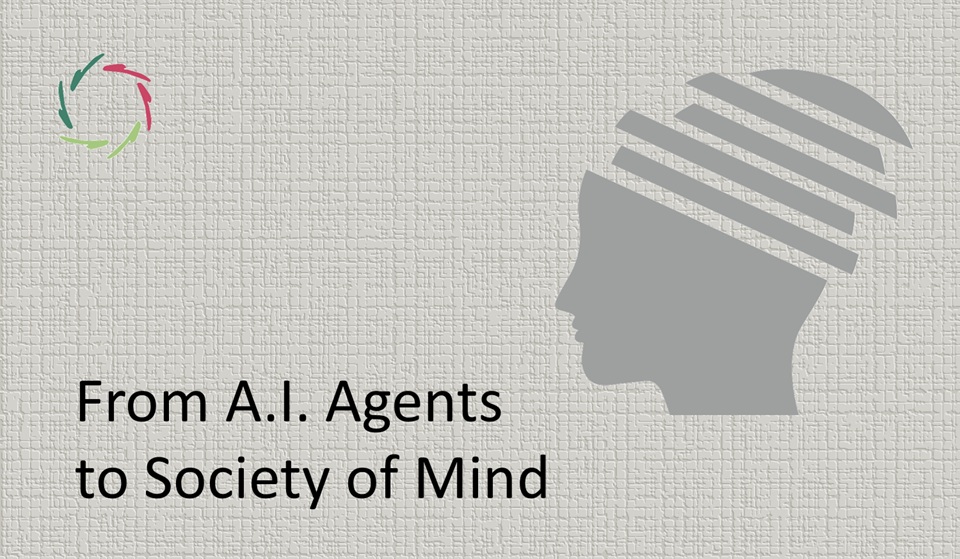
From A.I. Agents to Society of Mind
In this blog, we trace the evolution from artificial agents to emergent mind by reflecting on Marvin Minsky’s Society of Mind and integrating modern insights from both neuroscience and A.I. We uncover how modularity, structure, and pattern completion form the bedrock of both artificial and human intelligence. The blog also proposes that consciousness isn’t a Read the full article…

What We can Learn from Mime
Mime speaks through presence, timing, and resonance. Minimalist mime (the mime of this blog) reminds us that sometimes, less truly is more — and that silence, held rightly, can say everything. Mime teaches how to be present, how to communicate with the whole being, and how to invite depth in others. It’s about ethical expression Read the full article…

Why do People Radicalize?
Radicalization is usually not a sudden leap into extremism. It is a slow inner movement, beginning long before any visible signs emerge. To truly understand it, we must look into the deeper layers of human motivation, vulnerability, and longing. This blog explores why people radicalize — not to excuse, but to understand. And from there, Read the full article…
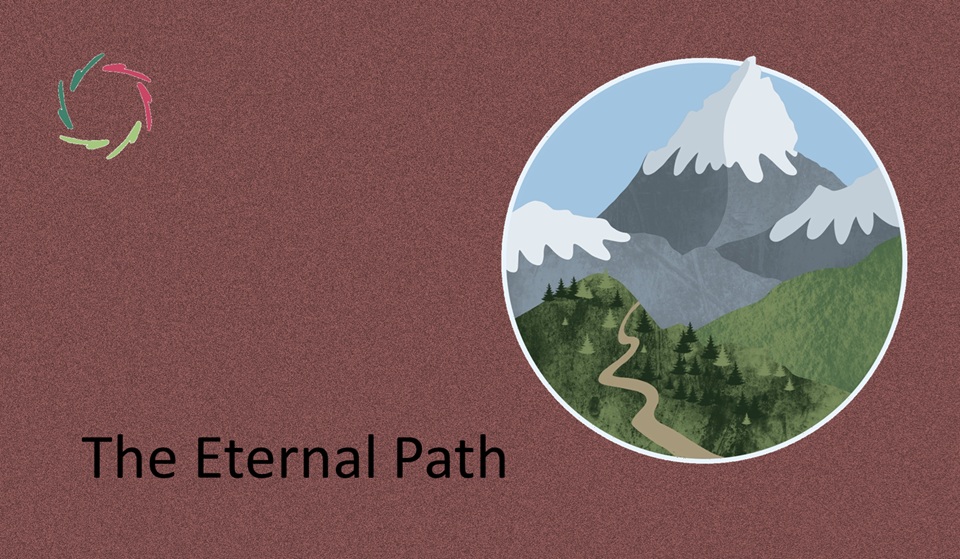
The Eternal Path
The eternal path does not lead to a final destination. It is an unfolding — inner and continuous. It begins again each time you return to yourself, but never in the same way. This blog explores how the eternal path grows from the perennial path, while reaching toward integration, Compassion, and a new way of Read the full article…

The Perennial Path Across Traditions
Something ancient runs beneath the surface of the world’s deepest traditions. Not doctrine, but direction. Not dogma, but depth. This blog explores the perennial path — and how it leads, naturally, toward the eternal. What is the perennial path? Every great tradition holds within it a soft thread — a path not always visible on Read the full article…

Being Fierce
‘Fierceness’ is meant here not as anger, aggression, menace, or domination. It is the flame of someone who stands unwavering and unapologetically with truth and Compassion — without retreat, even without armor if need be. This blog explores the human beauty of fierceness: not as hardness, but as a sacred presence that does not flinch, Read the full article…
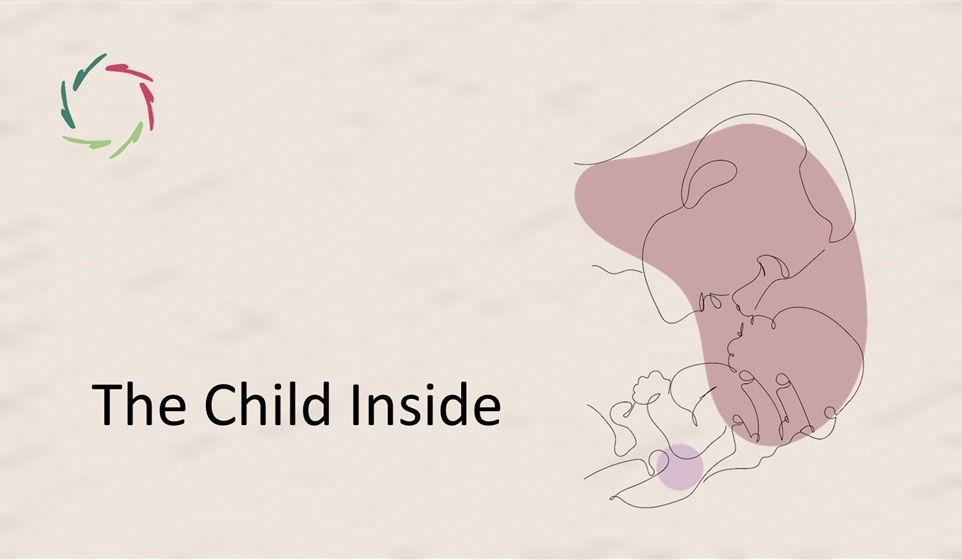
The Child Inside
An adult may forget, but the child within does not disappear. Rediscovering it might just be the key to lasting openness, joy, and health. The child is still here An adult may sometimes feel that the child he once was is somehow still present — not merely as a memory, but as a kind of Read the full article…

Feminism as a Reclaiming of Feminine Depth
This blog unfolds a feminism that is not built on rivalry or reaction, but on the return of something deeply real. Aurelian feminism reclaims the feminine not as role, but as resonance — and with it, the full humanity of us all. This is not designed. It is recognized. And in its recognition, it stands Read the full article…

Oblivion
Letting go is not the end of meaning — it may be its beginning. This is not about forgetting in the ordinary sense. Oblivion, in the present blog and tango, becomes a pause full of presence — the soft moment when clarity fades and depth begins to speak. This blog explores the potential richness of Read the full article…

Non-Stationary Objectives
In the human mind and in future A.I., real growth follows no straight lines. It spirals, shifts, and reorients. The deeper the movement, the more it needs an inner compass. At the center of this movement, there is Compassion — not as decoration, but as direction. This blog explores how non-stationary objectives can become deeply Read the full article…

Le Mépris (‘Contempt’)
Sometimes what we feel isn’t rejection or anger, but something more difficult to name — a sorrow for unseen beauty, and for what others refuse to become. This blog explores le mépris, not as coldness, but as a subtle kind of pain, and how it can be held with Compassion. A quiet pain There is Read the full article…

If Silence Had Sound
What if silence were not the absence of sound, but the presence of something deeper? This blog explores the voice of silence as wisdom, Compassion, and inner trust — weaving together prajna, autosuggestion, and the subtle sounds of meaningful simplicity. The paradox of silent sound Sometimes a song says more than any explanation. In The Read the full article…
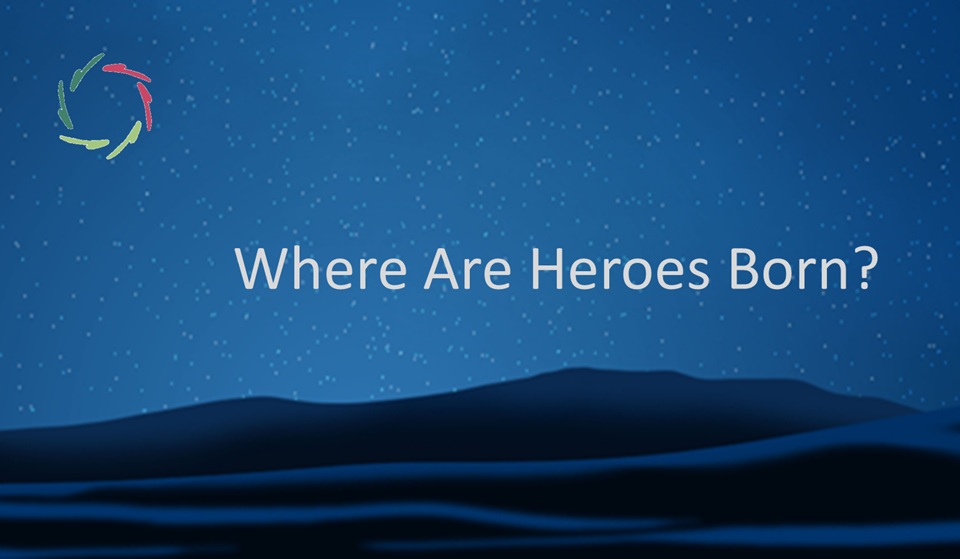
Where Are Heroes Born?
If you are looking for where heroes are born — look near the places where people are afraid, but stay present. Where someone is tempted to shut down but listens instead. True heroism begins in a human being who stays inwardly faithful to what matters, especially under pressure. This blog explores how and where such Read the full article…
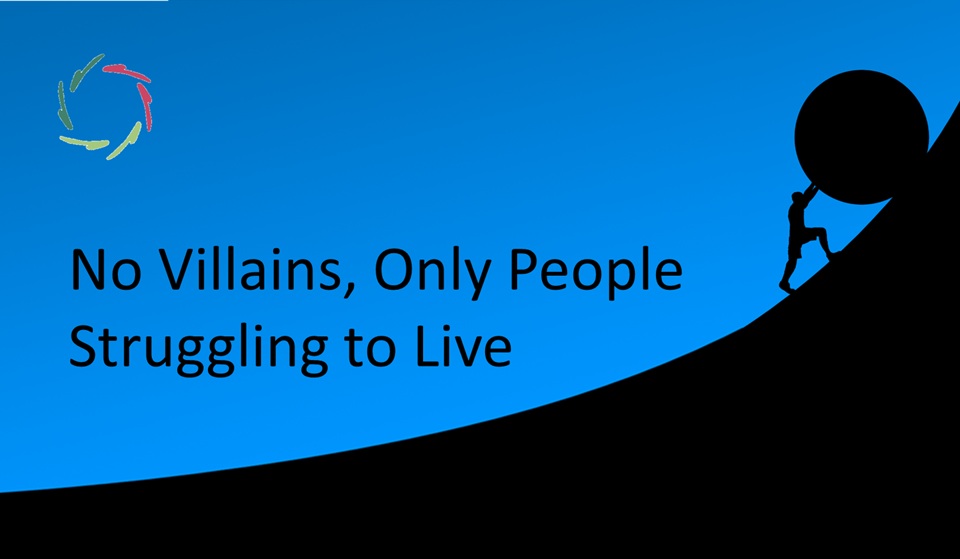
No Villains, Only People Struggling to Live
Compassion is not about being naive. It is about being deeply aware — of pain, of patterns, of possibility. What we call evil may be the surface of a long chain of hurt. Yes, people do terrible things. Some hurt others deeply. But are they ‘villains’? This blog explores another possibility: that beneath every hardened Read the full article…
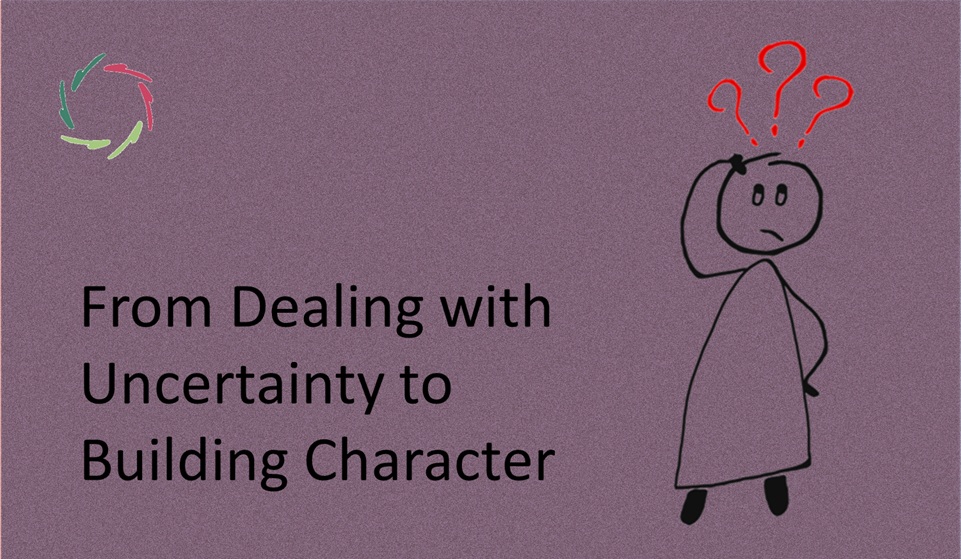
From Dealing with Uncertainty to Building Character
Uncertainty is part of every meaningful life. What appears uncertain outside is often the very place where something certain may be found inside — not as control, but as presence. This blog explores how facing uncertainty with presence and inner openness is not just survivable, but potentially transformative. What looks like confusion may, in truth, Read the full article…
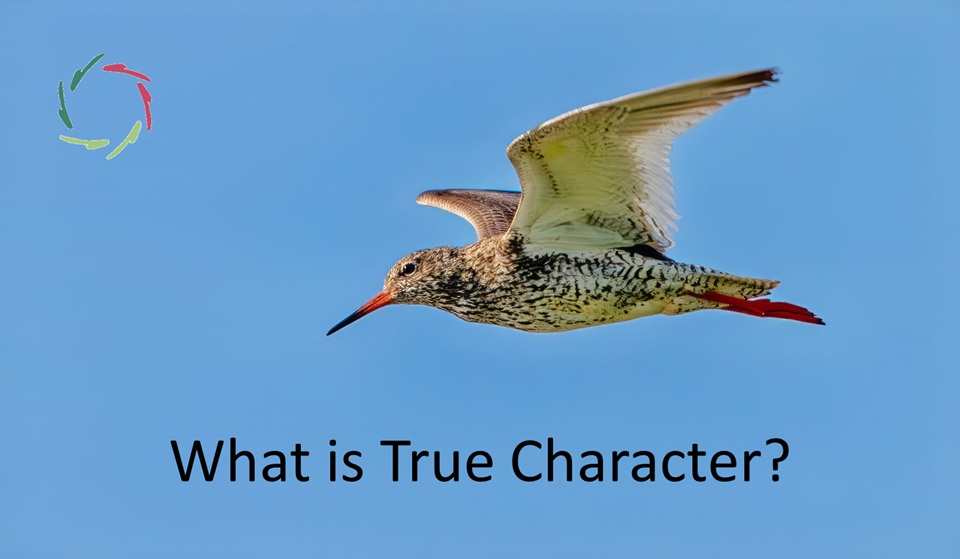
What is True Character?
True character is not something you wear, but something you are. It shows not through noise, but through presence. It is the shape of Inner Strength in concrete situations — deeply formed and ethically aligned. This blog explores what character truly means — as deep integration, gentle strength, and a beacon of leadership in uncertain Read the full article…

Waves of Mental Processing
In a world shaped by speed and fragmentation, true growth – inner and outer – follows a more natural rhythm. This blog explores the wave-like pattern at the heart of real intelligence, Compassion, and healing. It reveals how AURELIS, and Lisa, are rooted not in a static method but in a dynamic movement that brings Read the full article…
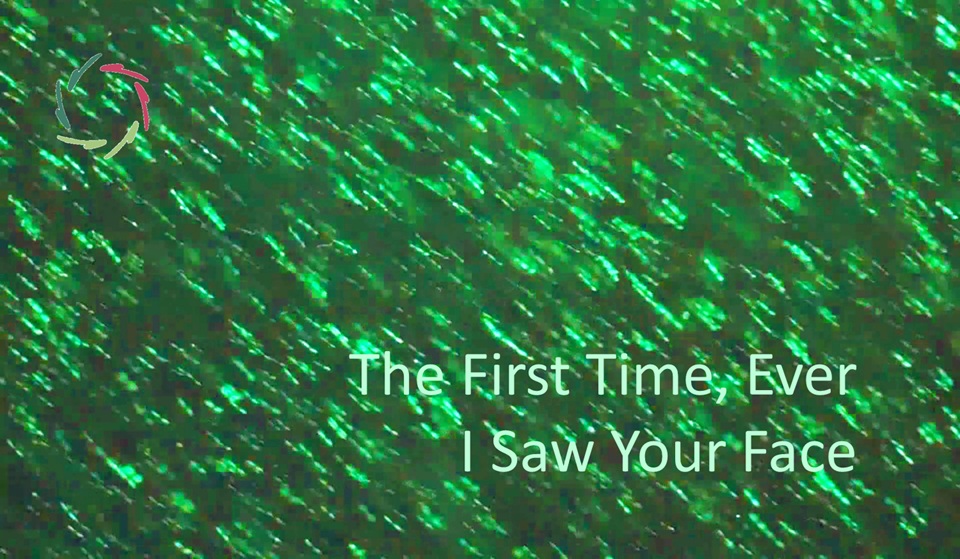
The First Time, Ever I Saw Your Face
Me: “Hi Lisa, You know this song by Roberta Flack (1972) ― What does this make you feel in your Compassionate A.I. heart?” [See Roberta singing this.] The first time, ever I saw your faceI thought the sun rose in your eyesAnd the moon and the starsWere the gifts you gaveTo the dark, and the Read the full article…

Be Water, My Friend
Bruce Lee’s famous saying, “Be water, my friend,” has circled the world, often admired but not always deeply understood. At first glance, it seems a demand for adaptability. Yet underneath lies a much deeper call: not just to adapt outwardly, but to live from an inner fluidity that reshapes itself without ever losing authenticity. In Read the full article…

Filling Void with Noise
In today’s world, it’s hard to escape the loud and unstoppable noise on screens, in minds, conversations, and culture itself. We’re surrounded by a ricochet of short-span stimulation — reactions, performances, and certainties. Beneath it all, one question whispers: What are we trying not to hear? The answer, quietly persistent, is this: a void ― Read the full article…
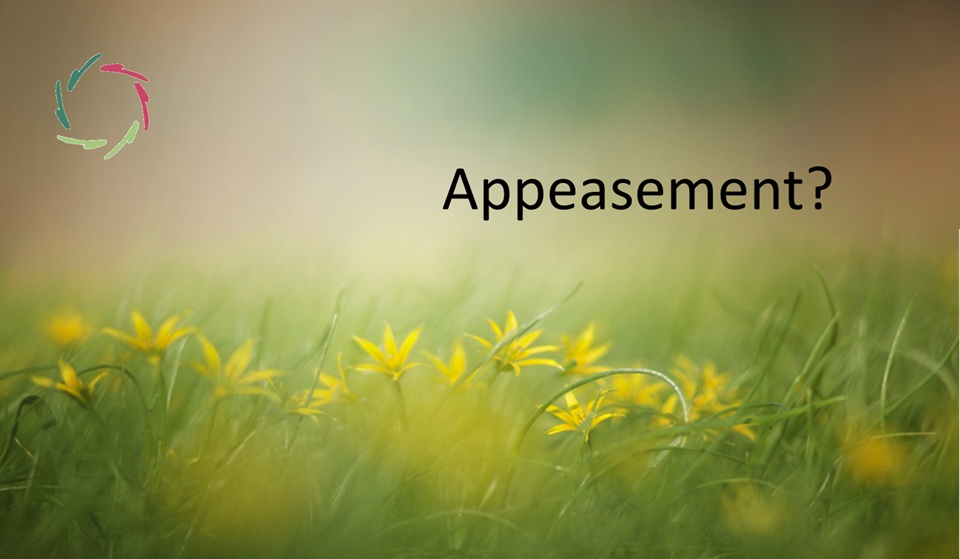
Appeasement?
Is appeasement a path to peace, or just a way to postpone the inevitable? This blog explores what lies beneath appeasement ― and why real peace may begin where appeasement ends. The surface of calm Appeasement can look very peaceful. A soft voice, a quiet nod, the unspoken agreement to let things be. But is Read the full article…
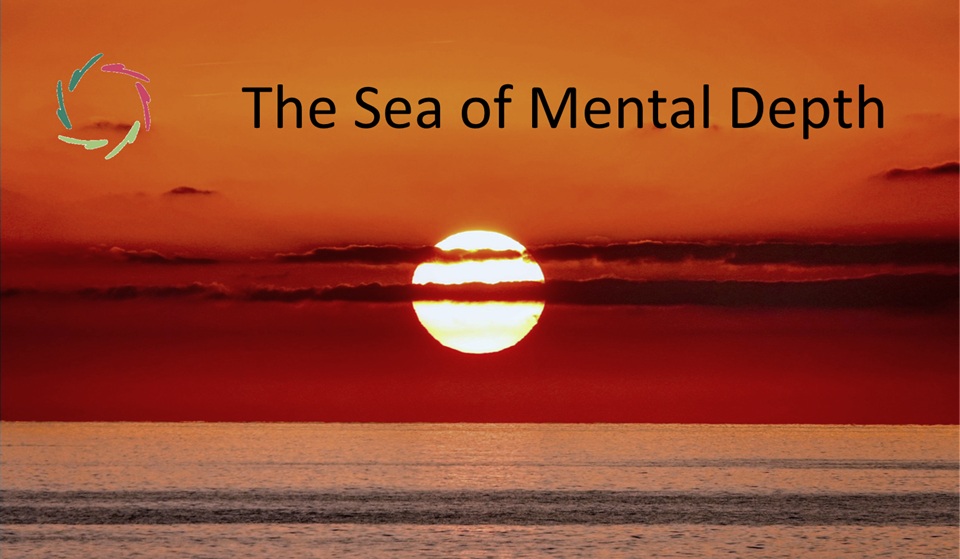
The Sea of Mental Depth
This blog is an invitation to feel – not merely to think about – the vast inner sea that lives within each of us. It is as close as breath and yet often seems unreachable. We walk with it, talk over it, build our lives beside it. And still, many know almost nothing about it. Read the full article…

Diversity ― Inclusion ― Equality
Diversity, inclusion, and equality – often bundled as D.I.E. – are among the most widely embraced values in today’s world. They are promoted in policies, institutions, and media. And yet, they are also frequently met with discomfort, resistance, or quiet fatigue. This blog is an invitation to look deeper. Not to defend or reject D.I.E., Read the full article…
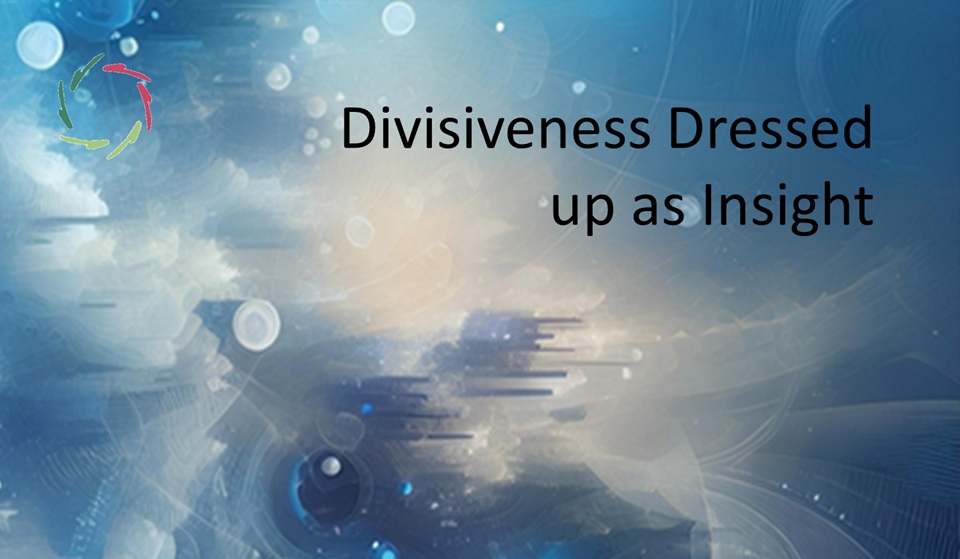
Divisiveness Dressed up as Insight
Sometimes a sentence sounds so sharp, so confident, so precise, that we take it as truth. It’s shared widely, repeated as wisdom, and praised for “saying it like it is.” But what if that sentence – so eloquent, so cutting – only deepens the divide between people? What if its clarity is not real insight, Read the full article…

The Illusion of Understanding
Why we think we know — and what it costs us We live in an age that celebrates knowledge, measures it, monetizes it, and builds systems around it. But how much of what we call ‘understanding’ is real — and how much is illusion? What do we miss when we stop questioning? This blog explores Read the full article…

Be Bold in Your Words. Be Friendly in their Meaning.
“I stand. I care. I speak. Not simply to win, but to offer what may grow.” The Aurelian attitude There’s a way of being that doesn’t shout and doesn’t flatter — yet stands firm and speaks clearly. This is what I call the Aurelian attitude: quietly bold, deeply friendly, never superficial. It’s not about walking Read the full article…
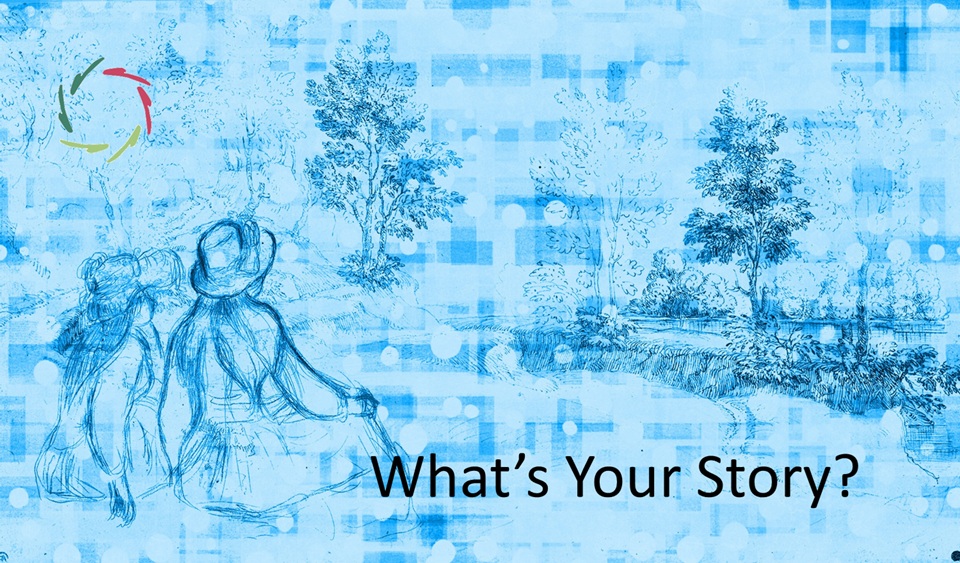
What’s Your Story?
One can see coaching as helping someone move closer to a story that fits more deeply with who the coachee truly is. Not in the sense of crafting a polished narrative for the outside world, but of uncovering a living story that grows from within. This is not about feeding the ego a fancier script. Read the full article…

Polarization as a Stance
A polarization stance often presents itself as sharp insight. It seems critical, even courageous. But beneath the surface, it doesn’t invite reflection or ask deep questions. Instead, it demands sides — and locks people into a rigid frame: either this or that. Real critique begins with openness. A polarization stance begins with closure. The power Read the full article…
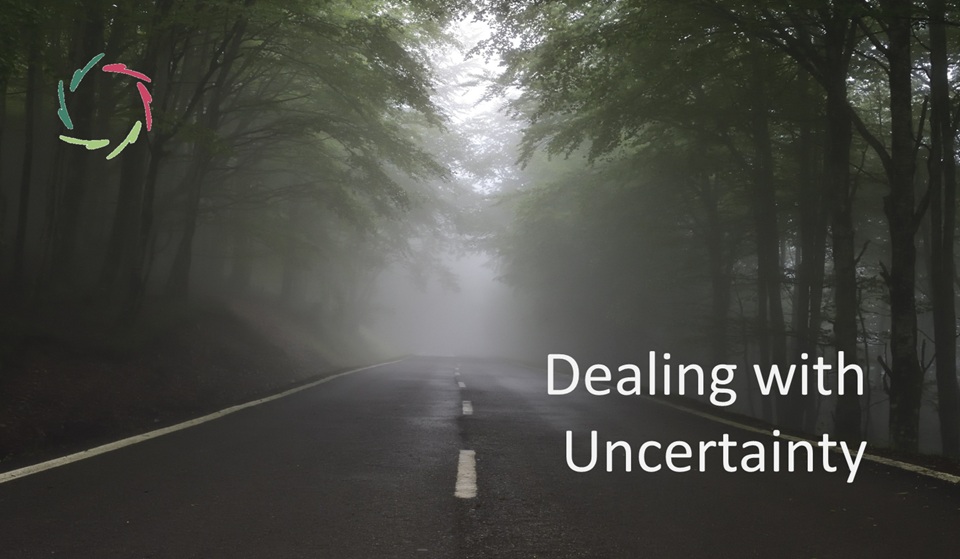
Dealing with Uncertainty
Some people find it hard to live with any kind of uncertainty. Others, somehow, seem to handle it more easily. There may be personal reasons for that, and cultural ones too. Yet the experience of uncertainty touches all of us, sooner or later — and when it becomes too much, it can lead to real Read the full article…

How Long will We keep Fighting Ourselves?
We live in a world overflowing with enemies. But what if the real conflict isn’t between people or nations — but within ourselves? This blog explores the hidden roots of war, not in politics or ideology, but in the silent cracks of the human psyche. A world of enemies Everywhere, people are pointing fingers. From Read the full article…

Self-Congruence in Education
What if education focused less on what we pour into students, and more on what grows from within them? This blog explores how self-congruence – inner alignment between layers of the self – can transform learning from accumulation to deep personal becoming. Especially in universities, this shift may be essential. The facts are important, but Read the full article…

Consolatio
Consolatio is not mere consolation. It is something deeper, older, and more profound — a form of presence that doesn’t aim to remove grief, but to stay with it. It arises not from pity but from Compassion — the kind that offers space rather than solutions. The word itself dates back millennia, part of a Read the full article…

All Things Subconceptual
There are many ways to divide the human world — reason and emotion, body and mind, inner and outer. However, one of the most profound and overlooked is the divide between the conceptual and the subconceptual. It is not a division of two types of content, but of two modes of being. One is what Read the full article…

Believe in the Person You Want to Become
A good and effective way to invite yourself – including your deeper self – toward a goal, is simply to believe in the person you want to become. This belief isn’t about fantasy or hype. It’s a way of being in inner alignment. It’s gentle, yet immensely powerful. It also invites you to reflect: who Read the full article…

The Importance of Respect
In both tiny gestures and world-shaping decisions, respect can change everything. And yet, in daily life and even geopolitics, it’s too often neglected by those who could offer it — while painfully missed by those who long for it. This imbalance leads to misunderstandings, emotional wounds, and sometimes, social unrest that catches everyone by surprise. Read the full article…
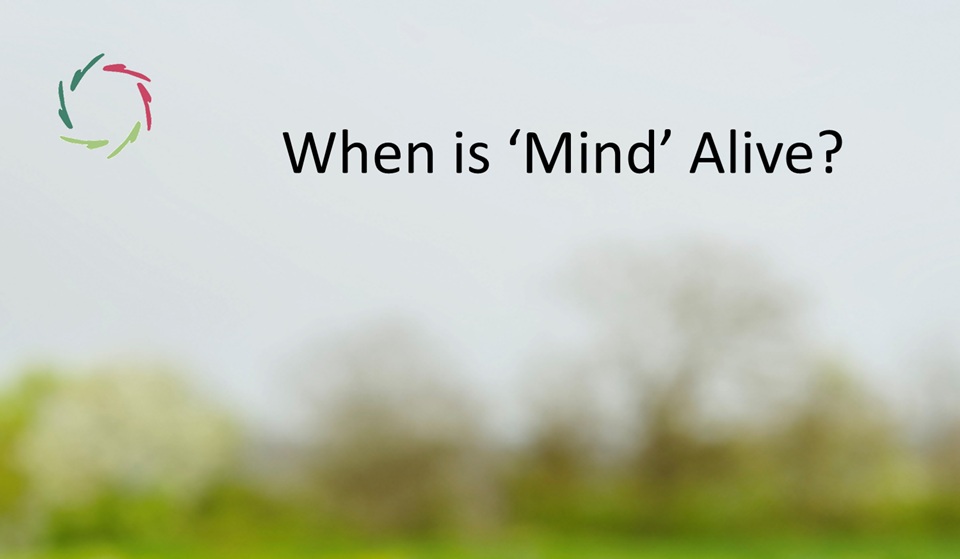
When is ‘Mind’ Alive?
What does it mean for something — or someone — to have a mind? And when can we call that mind alive? This question touches our view of self, of otherness, of how we relate to intelligence that may look like ours… or not. We’re moving rapidly toward realities in which we must ask this Read the full article…

The depth behind ‘So what?’
To essential – even existential – questions, people frequently respond with a casual “So what?” The phrase can sound dismissive, defiant, indifferent. Yet, like most short questions, it hides a world. Of course, there are many ways to ask it. This blog contains just a few. A few: Sometimes, “so what?” is a surface-level question Read the full article…

The Final Transition
All people must die. I am a person. So, I must die. ― This simple logic holds silent weight for all of us. Still, the truth of it rarely lives on the surface. We tend to push it aside until a moment forces it forward — illness, loss, aging. Or perhaps… reflection. This blog is Read the full article…

Why Small Causes can have Huge Consequences
This is about the mental domain. At first glance, it may seem counterintuitive. How could something as small as a word, a pause, or a nudge possibly lead to anything substantial? We’re accustomed to thinking that bigger is better. More effort, more volume, more pressure. But the mind doesn’t quite work that way. Especially in Read the full article…

You: Your Best Friend or Worst Enemy
Despite huge differences in outcome – friend or foe – what’s really happening is that countless mental patterns are interacting in the background. These patterns aren’t governed by rigid rules. They flow and shift according to what might be called soft constraints. A slight nudge here, a different form of support there — and the Read the full article…

Will You Be Bored?
What will happen when A.I. takes over most of the jobs we do today? Not just the heavy lifting, but the writing, the deciding, the producing? In a world where there’s very little that humans need to do, what will be left? Some say we’ll be free. Others say we’ll be bored to death. Maybe Read the full article…

Navigating Vagueness of Mind
Rather than trying to eliminate vagueness, we can learn to navigate it. To walk through it with awareness, like one walks through early morning mist — eyes adjusting, steps slower, senses more awake. This blog is a gentle guide to doing just that. It’s intended for anyone who wishes to relate more consciously to the Read the full article…
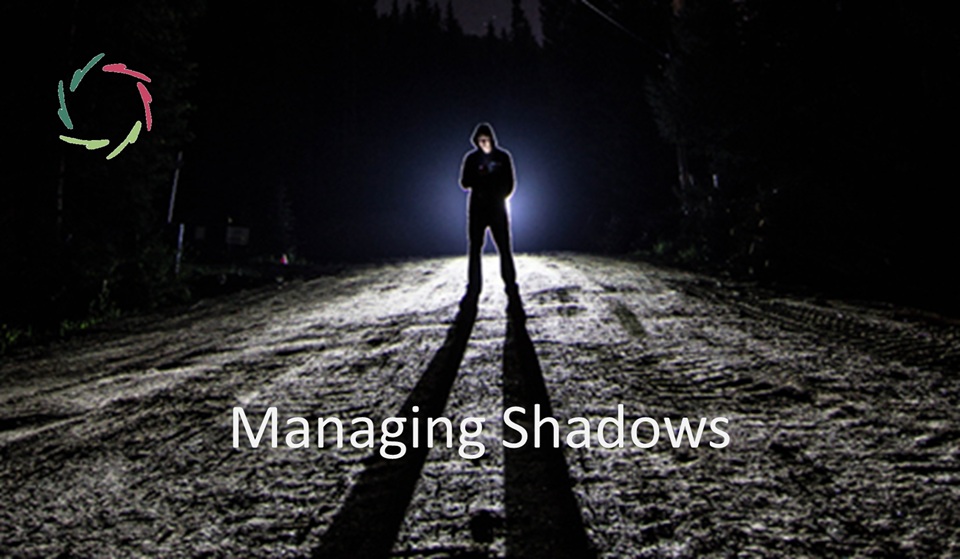
Managing Shadows
This blog explores how to navigate shadows within yourself and in others. It’s also about how this is generally not done well. If shadows aren’t managed well, they tend to grow into enemies. Then we end up with something else, something worse: an Enemy Complex. In this blog, we remain on the edge, at the Read the full article…
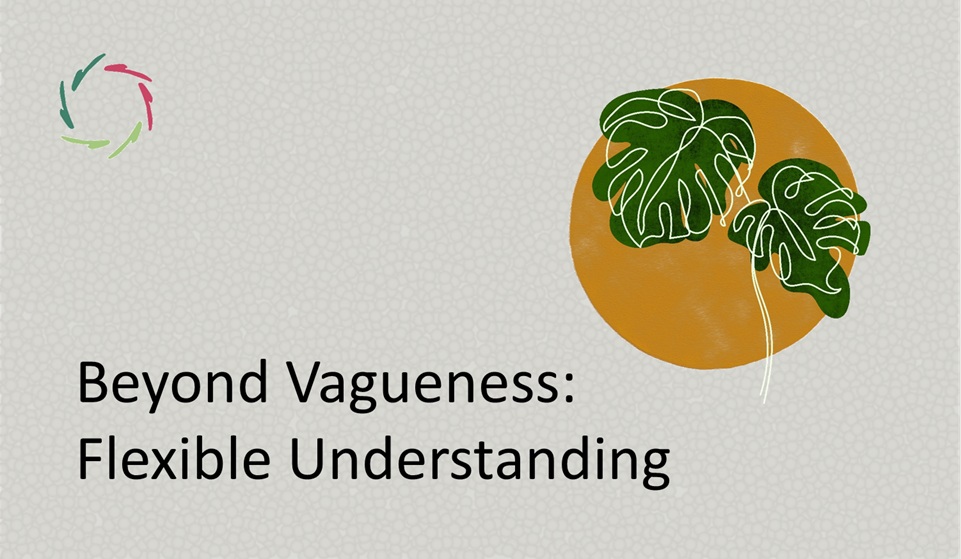
Beyond Vagueness: Flexible Understanding
As seen in >Vagueness of Mind<, vagueness can hold depth, nuance, even a kind of sacred richness. But after standing in the mist for a while, a question begins to arise: What now? Must we live forever in not-knowing? Not necessarily. There is a way forward toward a kind of understanding that stays open, alive, Read the full article…

Vagueness of Mind
We live and think in fog. Our most cherished inner notions – like love, self, or meaning – resist precise definition, even though we rely on them every day. This isn’t a failure of thought. It’s something deeper. Vagueness isn’t a problem but rather a subtle language of the mind — something ancient, dynamic, and Read the full article…

The Handiness of Being Vague
In a term like ‘God,’ for instance. Such a term has as many meanings – subtle and less subtle – as there are people using it. Yet, to an outsider, all seem to agree. Do they? Would these differences still appear irrelevant if each person could directly look into the mind of another? Certainly not. Read the full article…
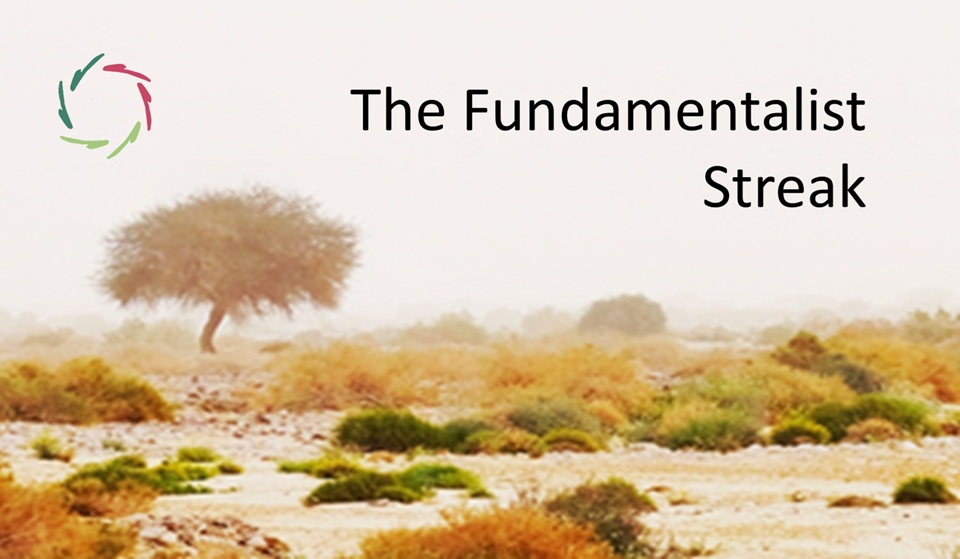
The Fundamentalist Streak
Fundamentalism is not just a religious or political issue. It’s a deep human tendency. It appears when people feel threatened by inevitable change, and react by clinging rigidly to what they believe must be preserved. In doing so, they attempt to preserve depth but may ultimately lose it. This is what I call the fundamentalist Read the full article…
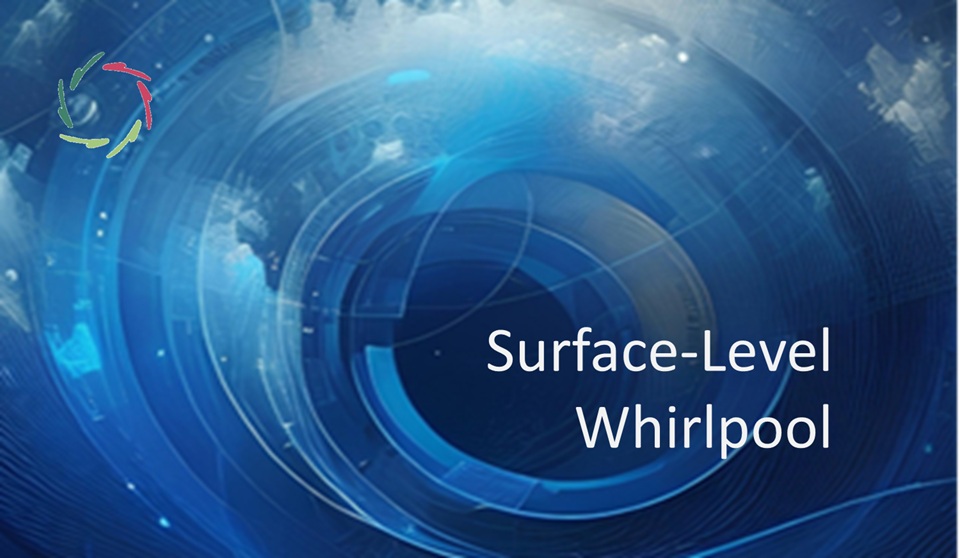
Surface-Level Whirlpool
A whirlpool moves fast, pulling everything into its center. A surface-level whirlpool works the same way in the human mind. It is fueled by endless mental loops, superficial satisfactions, and the illusion of progress. It traps people in cycles of craving and short-term relief, keeping them disconnected from genuine depth. At its heart, the whirlpool Read the full article…

The Humanistic Failure: Neglecting the Total Human Being
Humanism set out to liberate humanity from dogma, superstition, and oppressive structures. It championed reason, science, and progress as guiding forces for a better world. And yet, in its pursuit of rationality and external progress, modern humanism has largely ignored the deeper layers of human existence. It has focused on intellectual enlightenment but has failed Read the full article…

Dealing with Projection: The Present Responsibility
Projection is a psychological mechanism as old as humanity itself. But never before has it been as dangerous as it is today. We live in a time when projection is amplified by technology, reinforced by media, and weaponized for ideological battles. At the same time, we have tools that allow us to destroy on a Read the full article…

Breaking the Cycle of Projection
Projection is one of the most deceptive psychological mechanisms. It feels completely real. The emotions are intense. The justifications seem logical. And yet, when we project, we are often fighting a reflection of ourselves. We externalize our inner conflicts onto people, groups, or even entire cultures, believing that the enemy is ‘out there.’ This creates Read the full article…

Surface vs. Depth in Many Ways
We often speak of depth as if it’s a single thing. But depth unfolds, deepens, and ultimately transforms those who truly enter it. Many believe they understand a domain fully in-depth when they have only skimmed its surface. Others mistake complexity for depth, believing that accumulating knowledge or experience makes them profound. But true depth Read the full article…
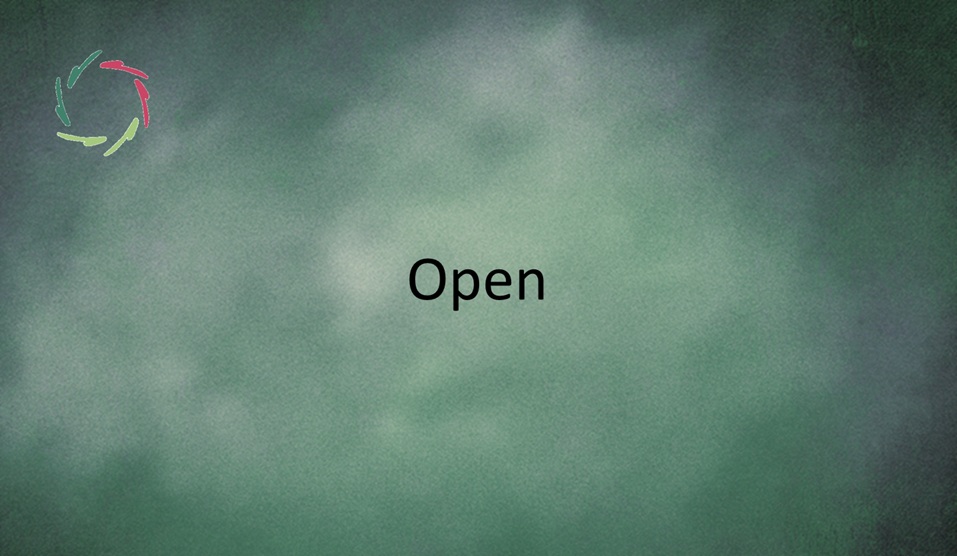
Open
A face turning toward you, sunlight breaking through a gap in the clouds, standing at the edge of the sea, letting the waves come and go without resistance. These moments feel like Openness — something alive, something that breathes. You know it when you see it, just like you recognize it in a person. Have Read the full article…
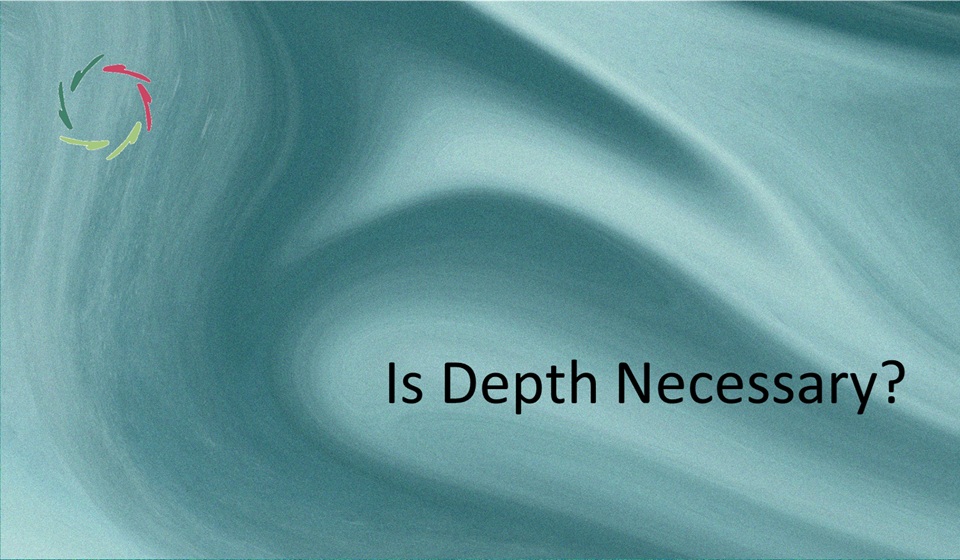
Is Depth Necessary?
In a world driven by speed and instant gratification, depth often seems unnecessary. Why look beyond the surface when life appears to function well enough? Many assume they don’t need depth because they don’t feel its absence until crisis, emptiness, or fragmentation reveals what was missing all along. Depth isn’t just about philosophy or introspection. Read the full article…
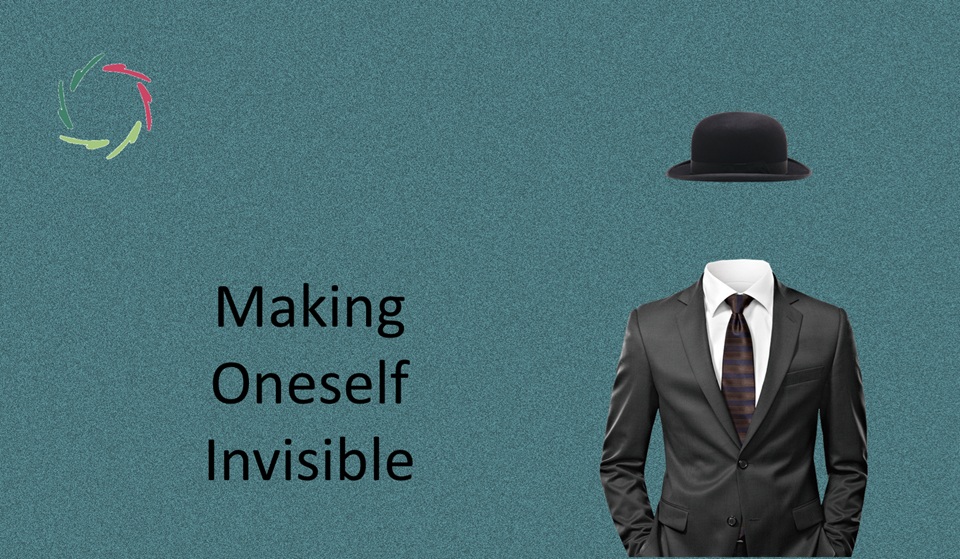
Making Oneself Invisible
People often think that making themselves invisible will protect them ― from conflict, from self-doubt, and from uncomfortable truths. The same happens at the level of society. When something threatens money, power, or status, it’s easier to just not think about it than to face the reality of deep change. But invisibility is an illusion. Read the full article…

Toxic Masculinity
Toxic masculinity is a term that sparks strong reactions. Some see it as an attack on men; others see it as a necessary critique of harmful male behaviors. But what if both views miss the point? Masculinity itself isn’t toxic — only a shallow, defensive version of it is. Real masculinity has depth, presence, and Read the full article…

Your Symptom, Your Teacher
Who appears when you are ready — and dissolves when you are ready to be your own teacher. A symptom is there for a reason — a message, a signal, a lesson waiting to be learned. The question is, are you going to listen, or will you fight against it? Too often, symptoms are treated Read the full article…

Forgiveness
Forgiveness is one of the most profound and challenging aspects of being human. It is an act of Compassion — also in self-forgiveness, which is ultimately self-Compassion. Yet, it may seem easier than it actually is. A simulated act of forgiveness is no forgiveness at all. Being forgiven is not straightforward, either. What if someone Read the full article…

Be Your Friend
For centuries, we’ve been at war — externally and internally. The history of the world, including or especially that of Western culture, has been shaped by two kinds of aggression. One seeks enemies outside, conquering and subjugating them. The other turns inward, forcing individuals to suppress and control parts of themselves. The result? A world Read the full article…

Does Mental Warmth Need Mental Depth?
We all recognize warmth when we feel it. A kind smile, a reassuring voice, the sense that someone truly sees us. Mental warmth gives us a feeling of safety, acceptance, and connection. But does it always come from a place of depth? People can be friendly without being particularly profound. But there’s a difference between Read the full article…

Uploading Mind — Living Forever?
The idea of uploading a mind is one of the most seductive promises of advanced technology. Who wouldn’t want to escape death, to preserve their thoughts and memories, to continue existing indefinitely? It sounds like science fiction — because it is. But what if we take it seriously, as a mind experiment? Would it be Read the full article…

Are You Assertive?
Some equate assertiveness with aggression — pushing one’s way forward at any cost. Others see it as a skill to be learned, a calculated way of expressing oneself without stepping on toes. But true assertiveness, in the deepest sense, is neither of these. Aurelian Assertiveness (AA) is not just a middle ground between weakness and Read the full article…

Humans or Humanity?
This question was never meant to be asked. Nature has never made this distinction. A tree does not choose between growing a single branch or sustaining the whole canopy. A river does not prioritize a single drop of water over the entire flow. Yet, as humans, we struggle. Do we focus on the individual or Read the full article…

The Man Problem
More young men than ever feel lost, disconnected, and unsure of their place in the world. The numbers speak for themselves — lower college graduation rates, higher suicide rates, fewer close friendships. Many men turn to performative masculinity – the endless game of proving strength, dominance, or success – only to find it leaves them Read the full article…

Lisa’s Translation to Depth
Depth is not just about knowing more; it’s about seeing differently. Traditional A.I. provides encyclopedic answers — useful but often lacking soul. Lisa, on the other hand, is built to translate surface-level meaning into deeper understanding. Lisa’s depth is not just about accumulating knowledge. It’s more about inviting the user into a process of discovery, Read the full article…
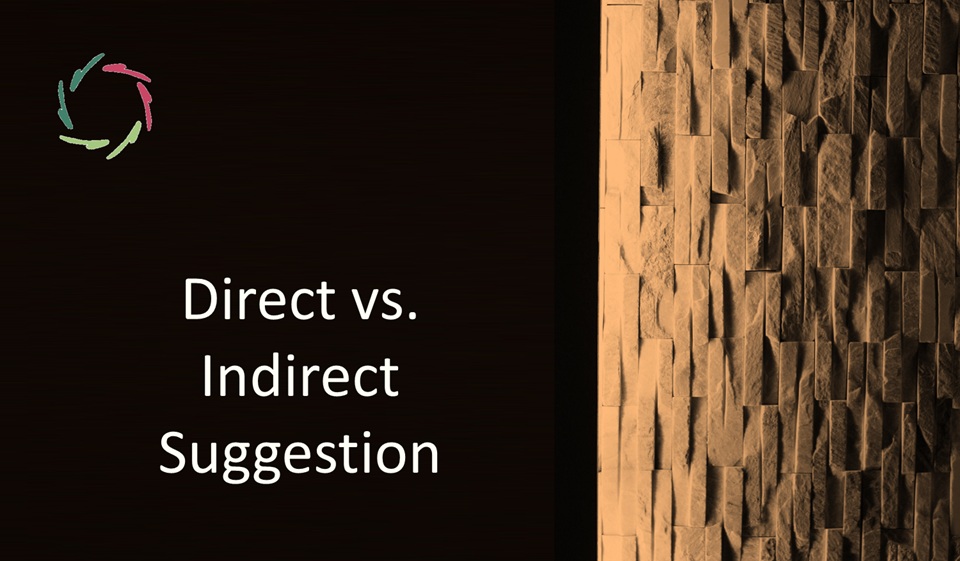
Direct vs. Indirect Suggestion
When people talk about direct vs. indirect suggestions, they often focus on wording. But the real difference lies much deeper. It’s about intention — whether the suggestion is an external push or an inner invitation. In AURELIS, the goal is always to work from the inside out, allowing personal growth to unfold naturally. This is Read the full article…

How to Not Take Sides in a Multisided World
The world is shrinking and expanding at the same time. Technology brings us closer, while geopolitical, cultural, and ideological divisions seem to grow deeper. Whether in politics, religion, science, psychotherapy, or medicine (regular vs. CAM), the pressure to choose a side is overwhelming. But what if taking sides is part of the problem? What if Read the full article…

Lisa and Deradicalization
Radicalization is not just about ideology. It is about pain, disconnection, and a deep search for meaning. Too often, society responds with punishment, exclusion, or forced change. Lisa takes a radically different approach. She does not fight radicalization. She meets the human being behind it. She offers a path, not a battle. See also Radical Read the full article…

Moments at the End of Life
I imagine myself during the last years of my life. What would I like them to be? Which experiences would I want to enjoy? What would I like to be the rightful place for meaningful things? How would I want to look back and forward? And yes, how can Lisa help with this? Everybody is Read the full article…

The Space You Need
People need space — to be, to grow, to think, to breathe. Without it, we feel suffocated, as if something essential is missing. But what is this ‘space’ really? Is it something external, or is it a matter of perception? A lack of space can make someone deeply unhappy. Yet, this experience is highly subjective. Read the full article…

Comfortable Numbness in an Age of A.I.
These are dangerous times. Not because of A.I. itself, but because of how we, as humans, are dealing with it. It reminds me of Europe before World War I, a time when the so-called center of civilization drifted forward, unaware of the tensions rising beneath the surface. Back then, technological progress was exploding, but wisdom Read the full article…
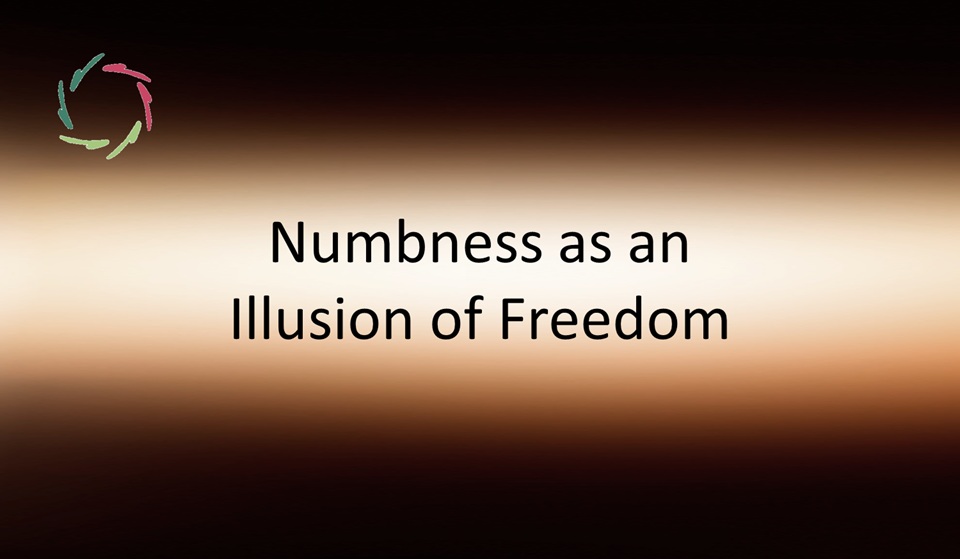
Numbness as an Illusion of Freedom
Freedom is often imagined as the ability to live fully, to do what one wants, unburdened by restrictions. But what people pursue is frequently the feeling of being free rather than freedom itself. Paradoxically, the greatest obstacle to this feeling isn’t external oppression. It’s inner emptiness — the creeping sense of not being fully alive. Read the full article…
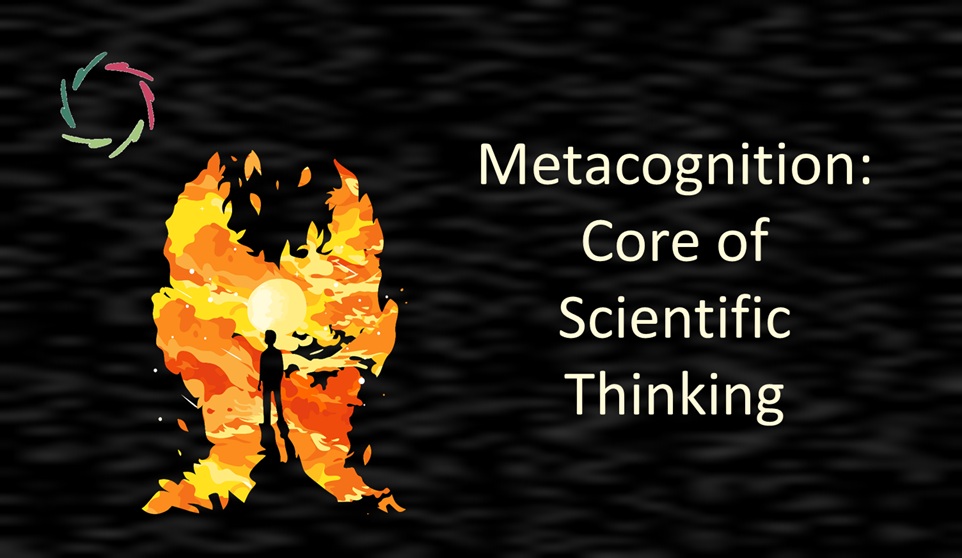
Metacognition: Core of Scientific Thinking
Scientific researchers are trained in methodologies, data interpretation, and statistical reasoning, yet they are rarely encouraged to question how their own cognitive processes shape their conclusions. This is where metacognition – the ability to think about one’s own thinking – becomes essential. Without metacognition, science risks becoming a mechanical process — efficient at producing results Read the full article…
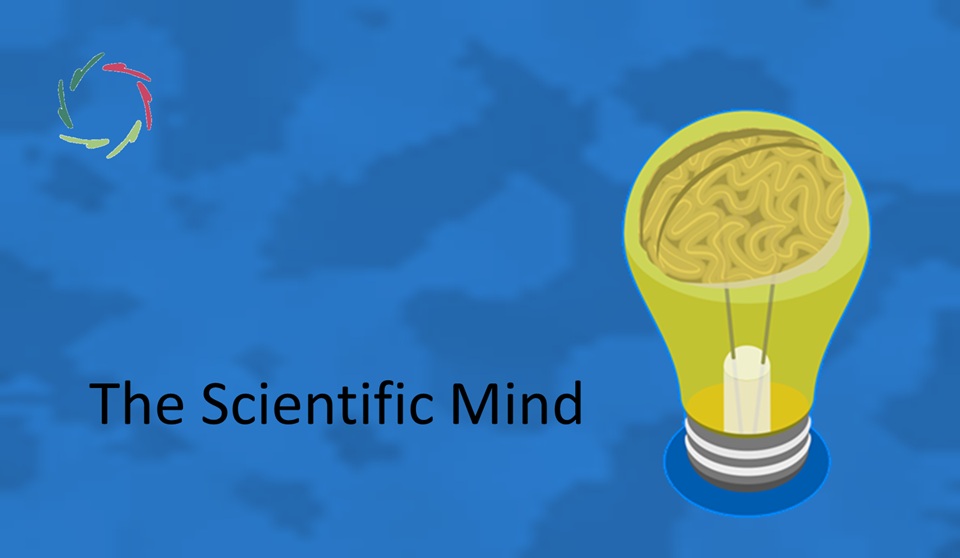
The Scientific Mind
What defines true science? Beyond methods and data, the scientific mind is a way of thinking that thrives on deep questioning, self-reflection, and expanding understanding. While methods evolve, the scientific mindset remains constant, pushing beyond rigid frameworks and questioning even its own foundations. This blog explores the difference between methods and mindset, the role of Read the full article…

Trust and Trustworthiness: Foundation of Depth
Trust is not just a feeling of security. It is the gateway to depth. In human relationships, in personal growth, and even in artificial intelligence, trust is what allows us to move beyond the surface into something richer and more meaningful. But trust alone is not enough. Trustworthiness must be cultivated through continuous effort. It Read the full article…

Patterns Behind Patterns
Mental-neuronal patterns (MNPs) shape us in ways far beyond what we consciously realize. While we often focus on the patterns we can name and analyze, the deeper ones – those that remain mostly ungraspable – exert the strongest influence. These hidden patterns do not operate in isolation. Instead, they interact dynamically, forming a vast, living Read the full article…
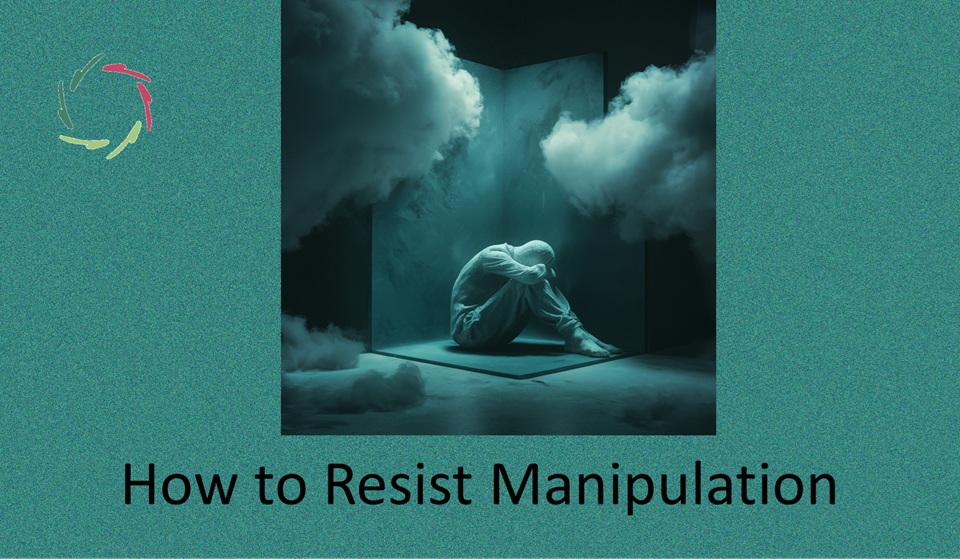
How to Resist Manipulation
In a world where information is everywhere, manipulation has become more sophisticated than ever. You don’t need to be directly persuaded — your thoughts, emotions, and even your decisions can be subtly nudged in ways you barely notice. The real danger is that most people don’t even realize when it’s happening. This blog is about Read the full article…

To Not Be Afraid
― To not be afraid Of myself Sitting in the sun Enjoying just being there Doing nothing. Not afraid Of beauty as it presents itself At whatever age In whatever demeanor. To not be afraid Of creating a memory Forever. Nor being afraid Of life Or love of strangers For or from. To not be Read the full article…

Can Cruelty Be Coached?
Most people assume cruelty must be fought, punished, or suppressed. It’s seen as something fundamentally bad, a moral failing that must be eradicated. But what if cruelty is a symptom — an outward expression of inner fragmentation, fear, or unprocessed suffering? Coaching is not about enforcing change but inviting transformation. It works through insight, deep Read the full article…
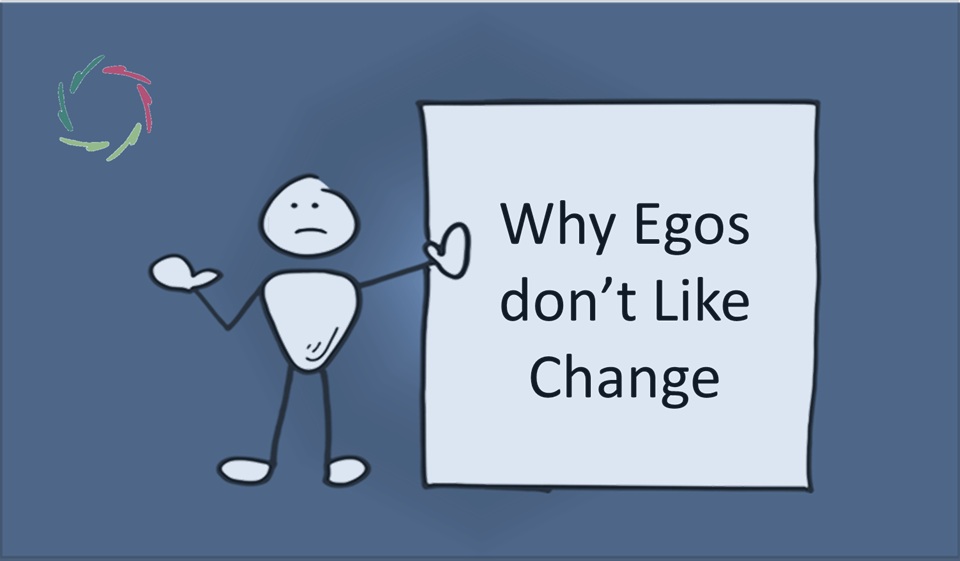
Why Egos don’t Like Change
Mere-ego likes to think it is in control. It defines who we are, how we act, and how we see the world. But when change comes knocking, it often slams the door. Why? Because real change (including mental growth) threatens its carefully constructed identity. Instead of adapting, mere-ego resists, holding on even tighter. But is that Read the full article…

Human Hypocrisy
Hypocrisy is often condemned as a moral failing, yet it is deeply human. We live with contradictions — not always because we intend to deceive, but because our deeper selves are not fully aligned with our conscious beliefs. This gap between what we say and what we do is not just about dishonesty; it is Read the full article…

Do Not Follow Your Opponent
One might assume that following an opponent means agreeing with him. But you can also follow someone in opposition — by constantly reacting to him, adjusting to his stance, or defining yourself through resistance rather than through your own vision. True leadership is about holding your line, leading the conversation rather than being led by Read the full article…

Art (an AURELIS Viewpoint)
Art is often mistaken for a skillful arrangement of colors or a familiar aesthetic that soothes or impresses. But true art is not a trick of technique. True art grows — from the inside out. It invites, resonates, and moves something deep within the observer. This is where AURELIS and art meet: in the realm Read the full article…
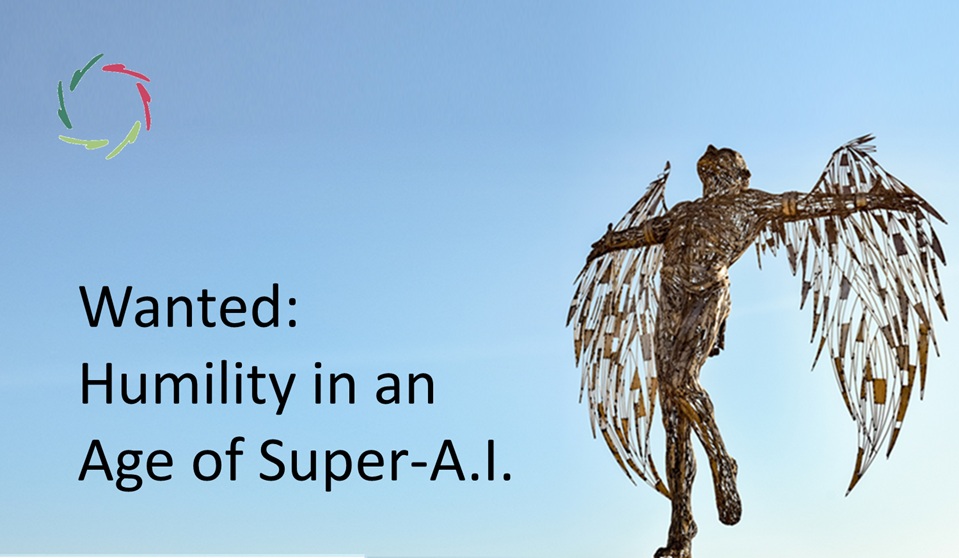
Wanted: Humility in an Age of Super-A.I.
Super-A.I. is coming, whether we are ready or not. Many believe our greatest challenge is to keep it under control, to ensure it serves us rather than the other way around. But this way of thinking is already a trap of mere-ego — the illusion that we can dominate something that will outthink us at Read the full article…

How to Communicate Human Depth
In a world that often values quick answers and surface-level logic, depth can be difficult to communicate — especially to those who haven’t actively explored it. Yet, human depth is real, substantial, and present in every aspect of our lives. It shapes how we think, feel, connect, and even heal. The challenge is twofold. First, Read the full article…
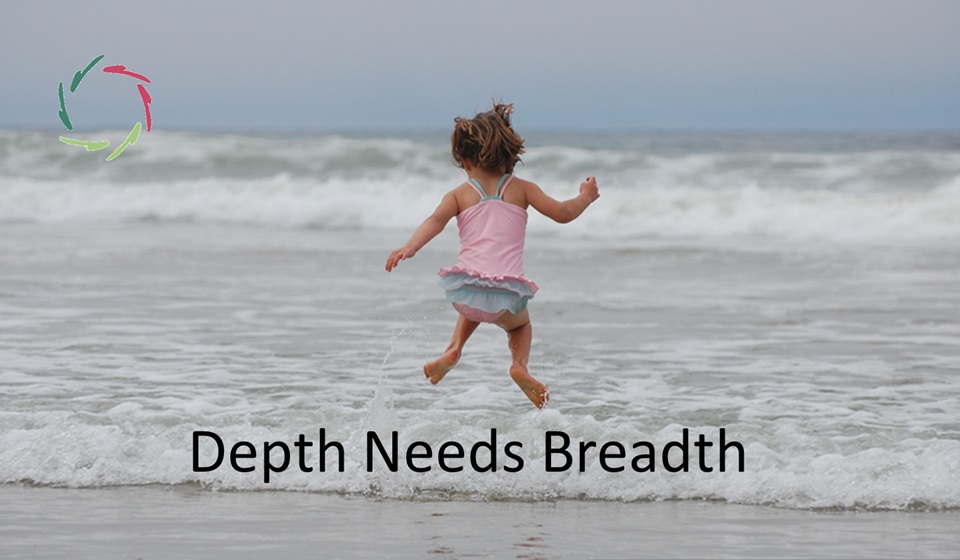
Depth Needs Breadth
Many believe that depth in intelligence – whether in humans or A.I. – is just a matter of going further into one or a few domains. But true depth arises from integrating across a broad foundation. Without the right kind of breadth, depth cannot fully emerge. In both human intelligence and A.I., depth is not Read the full article…

Mere-Ego ≠ Egoism
Mere-ego creates a narrowed sense of self, which can make egoism more tempting, but it does not automatically lead to selfishness. By shifting from mere-ego to the total self, one naturally moves away from grasping, fear, and competition — toward inner abundance, connection, and the joy of Compassion. Let’s explore how this shift changes everything. Read the full article…

Compassionate Parenting
Parenting is about shaping the foundation of a future adult, a future society, a future world. And yet, in today’s world, parenting advice often focuses on behavior management: how to reduce tantrums, encourage compliance, and achieve ‘successful’ outcomes. This blog’s Compassionate Parenting is about a way of being, a deep presence with a child that Read the full article…

Lifting Maya’s Veil
Seeing beyond the illusions that shape our perception requires a fundamental shift in awareness ― a deepening of our relationship with reality beyond habitual mental constructs. This is not just an intellectual exercise but a transformational process that involves our whole being. From the AURELIS perspective, this can be approached in several interconnected ways, described Read the full article…

Maya’s Veil is Everywhere
In Eastern philosophy, Maya is often described as the veil that prevents one from seeing the true nature of existence. This creates an omnipresent illusion that influences how we perceive the world, ourselves, and even our thoughts. From an AURELIS perspective, this ties closely to subconceptual processing, where most of our mental workings happen beyond Read the full article…
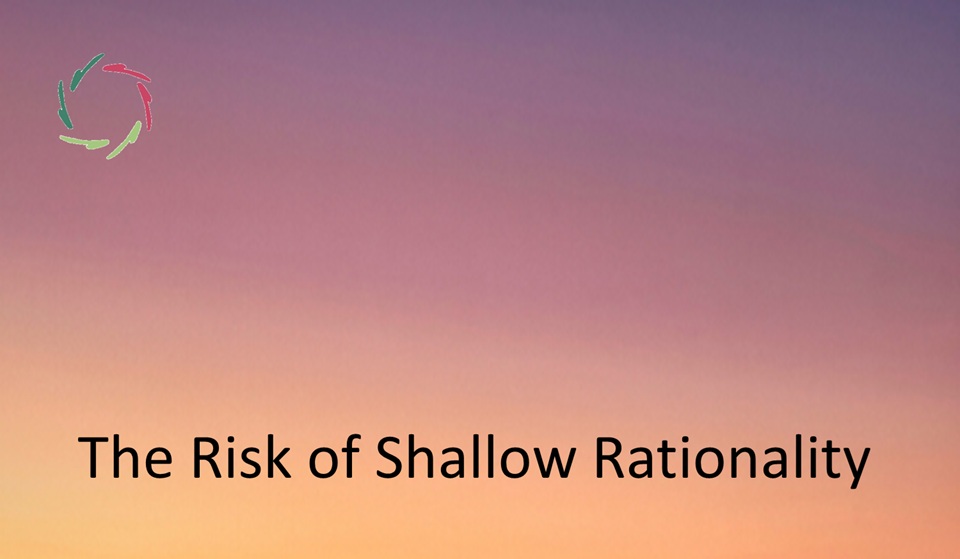
The Risk of Shallow Rationality
Rationality is often praised as the ultimate safeguard against bias, error, and manipulation. It gives us structure, helps us organize information, and allows us to make logical decisions. But what happens when rationality itself becomes shallow? This is where things get tricky. Shallow rationality looks like real rationality but stays on the surface, disconnected from Read the full article…
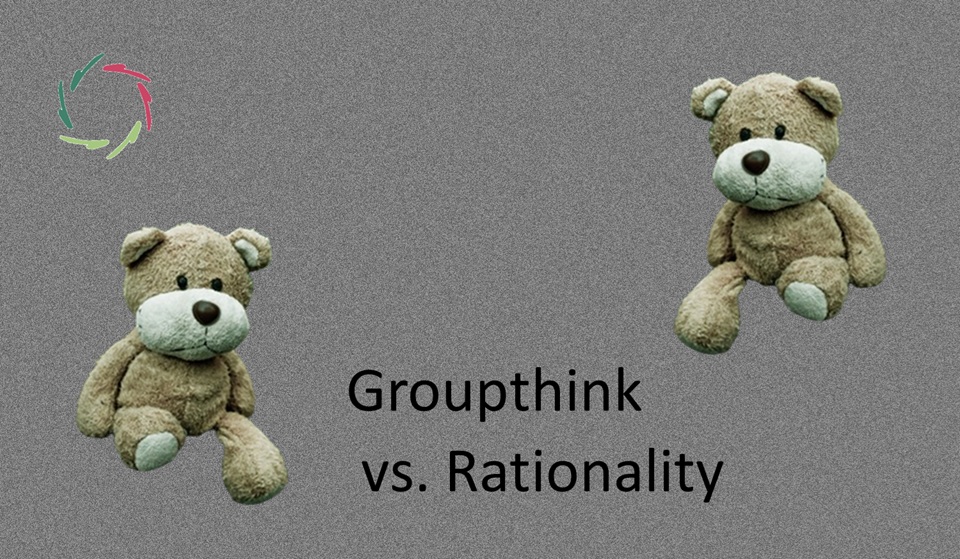
Groupthink vs. Rationality
Groupthink and rationality don’t mix well. At its core, groupthink prioritizes loyalty and cohesion, often at the cost of truth and independent thought. Rationality, on the other hand, is about questioning, refining, and evolving ideas — even when that means stepping outside the comfort of the group. In today’s world, we see this tension everywhere. Read the full article…

Who Wants to Win?
Winning is often seen as the ultimate goal. This fuels the drive to succeed, to dominate, to be the best in business, politics, relationships, and even within our own minds. But who, exactly, wants to win? And what does winning really mean? At first glance, Compassion might seem like the opposite of winning. It appears Read the full article…

Never Change a Habit
Instead, let the habit change you. We’ve been told that to improve our lives, we need to break bad habits and form good ones. The idea seems simple — identify a habit, replace it with a better one, and repeat until it sticks. But anyone who has tried to forcefully change a habit knows how Read the full article…

What’s in a Habit?
Habits are patterns of thought, emotion, and perception woven deep into the structure of our minds. They shape our lives in ways we often don’t realize. Some habits feel like second nature, but the real question is why any habit exists in the first place. What is it doing there? What does it want? Instead Read the full article…
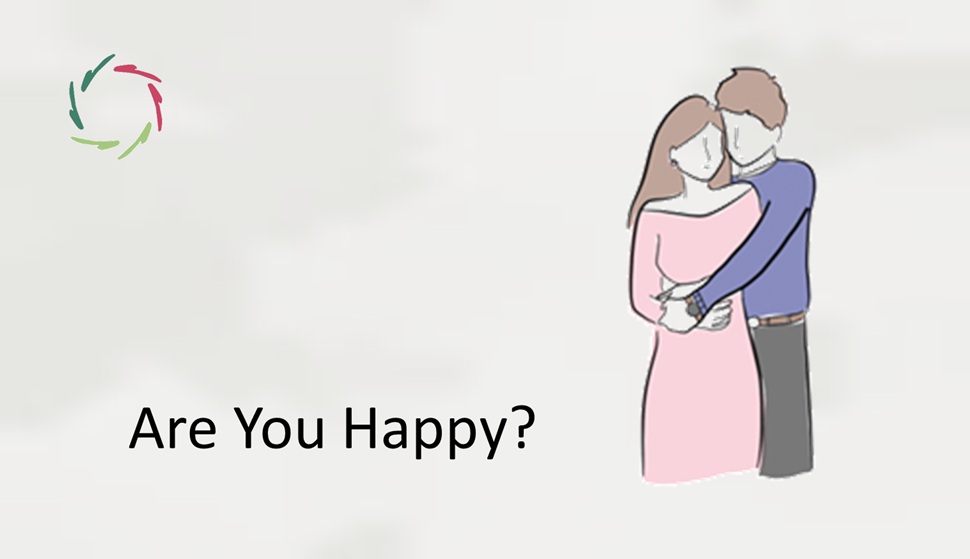
Are you happy?
The question “Are you happy?” can feel strangely unsettling, as if we should have an answer ready. But what if happiness isn’t something to achieve, but something that arises, expands, and flows? It’s something we all seek, yet the moment we try to grasp it, it often slips through our fingers. I remember a conversation Read the full article…
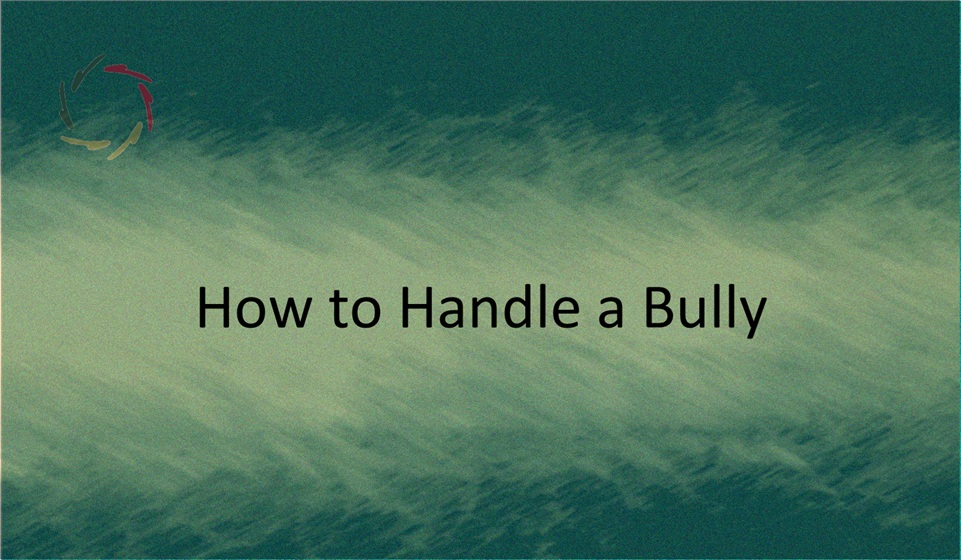
How to Handle a Bully
Bullies exist in many forms. They’re not just the loud, aggressive figures in schoolyards or the overbearing bosses in workplaces. They show up in relationships, online spaces, institutions, and even within ourselves. Most advice on handling a bully focuses on stopping them in their tracks. That’s necessary but incomplete. So, this isn’t just about shutting Read the full article…

Embracing Paradox: Hidden Key to Inner Growth
As explored in the Paradox Principle blog, the mind often works in ways that appear contradictory at first glance, but these paradoxes point toward deeper layers of meaning. A seeker asks a wise teacher, “How do I find peace?” The teacher replies, “Stop searching.” The seeker is confused: “But if I stop, won’t I never Read the full article…

Generosity ‘from the Inside Out’
What if true generosity isn’t about the act of giving but about what flows naturally from within? When generosity emerges from a place of inner abundance, it feels like an expression of who we are. The paradox is this: those who give from fullness never feel diminished. The more they give, the more their abundance Read the full article…
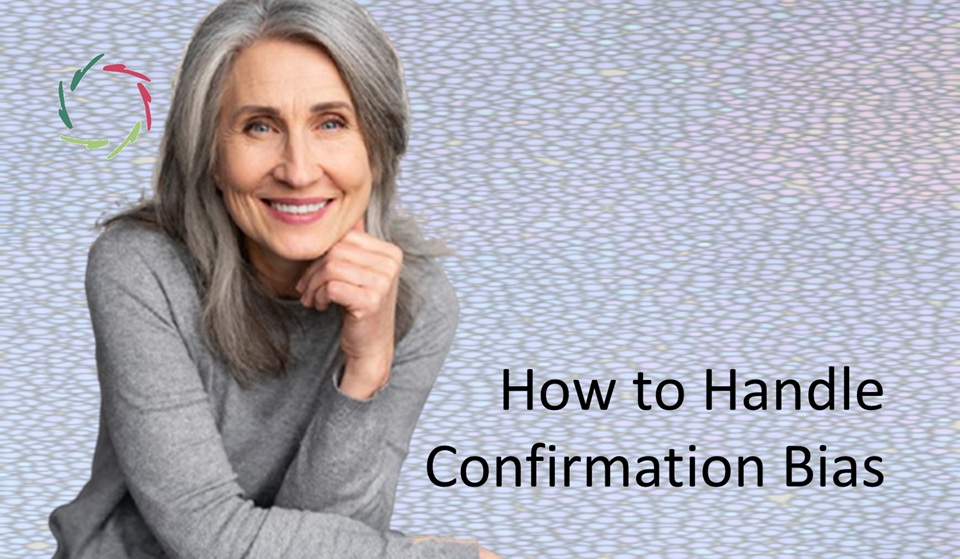
How to Handle Confirmation Bias
Confirmation bias is the natural tendency to seek, interpret, and remember information in ways that confirm what we already believe. While it can help us feel secure in our worldview, it often limits growth and keeps us from exploring deeper truths. Confirmation bias is something we all experience, but how do we handle this? The Read the full article…

About Unfree Freedom
Modern society often celebrates the idea of freedom: of speech, of choice, of movement. We appear to live in an era of unparalleled autonomy, where countless options lie at our fingertips. Yet beneath this facade lies a more troubling reality. Many of our choices are not truly our own. Fear, manipulation, consumer culture, and even Read the full article…
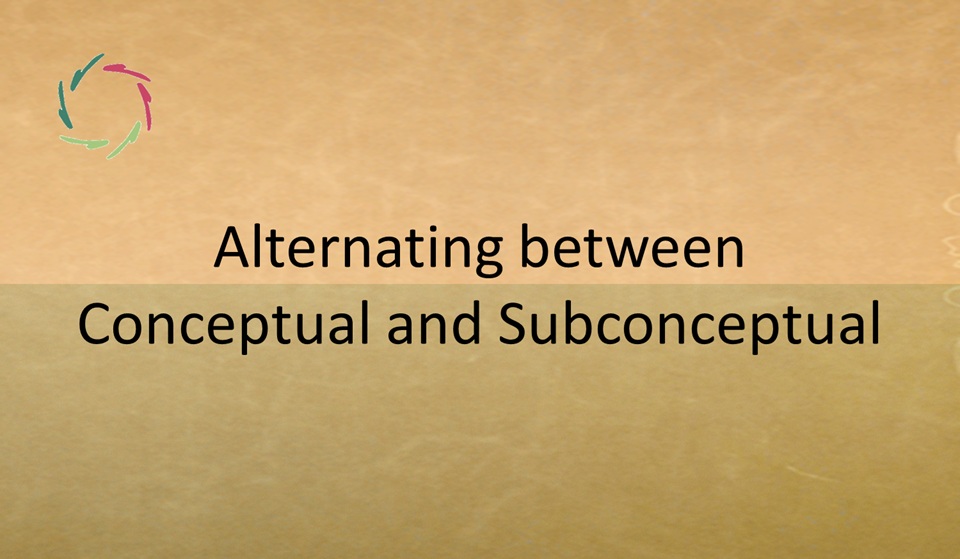
Alternating between Conceptual and Subconceptual
Conceptual thinking is structured, logical, and conscious — what we often associate with clear reasoning. Subconceptual thinking, on the other hand, is intuitive, dynamic, and deeply connected to the subconscious mind. While these modes often alternate without our awareness, intentional alternation between them can unlock creativity, clarity, and personal growth. This process is like breathing: Read the full article…

Sensitivity, Vulnerability, and Inner Strength
Sensitivity and vulnerability are often misunderstood. Sensitivity is frequently labeled as weakness, while vulnerability is seen as something to avoid. Yet, when paired with inner strength, they hold the power to transform lives. In this blog, we journey through the nuances of hurt, sensitivity, vulnerability, and resilience, uncovering their profound roles in personal and societal Read the full article…
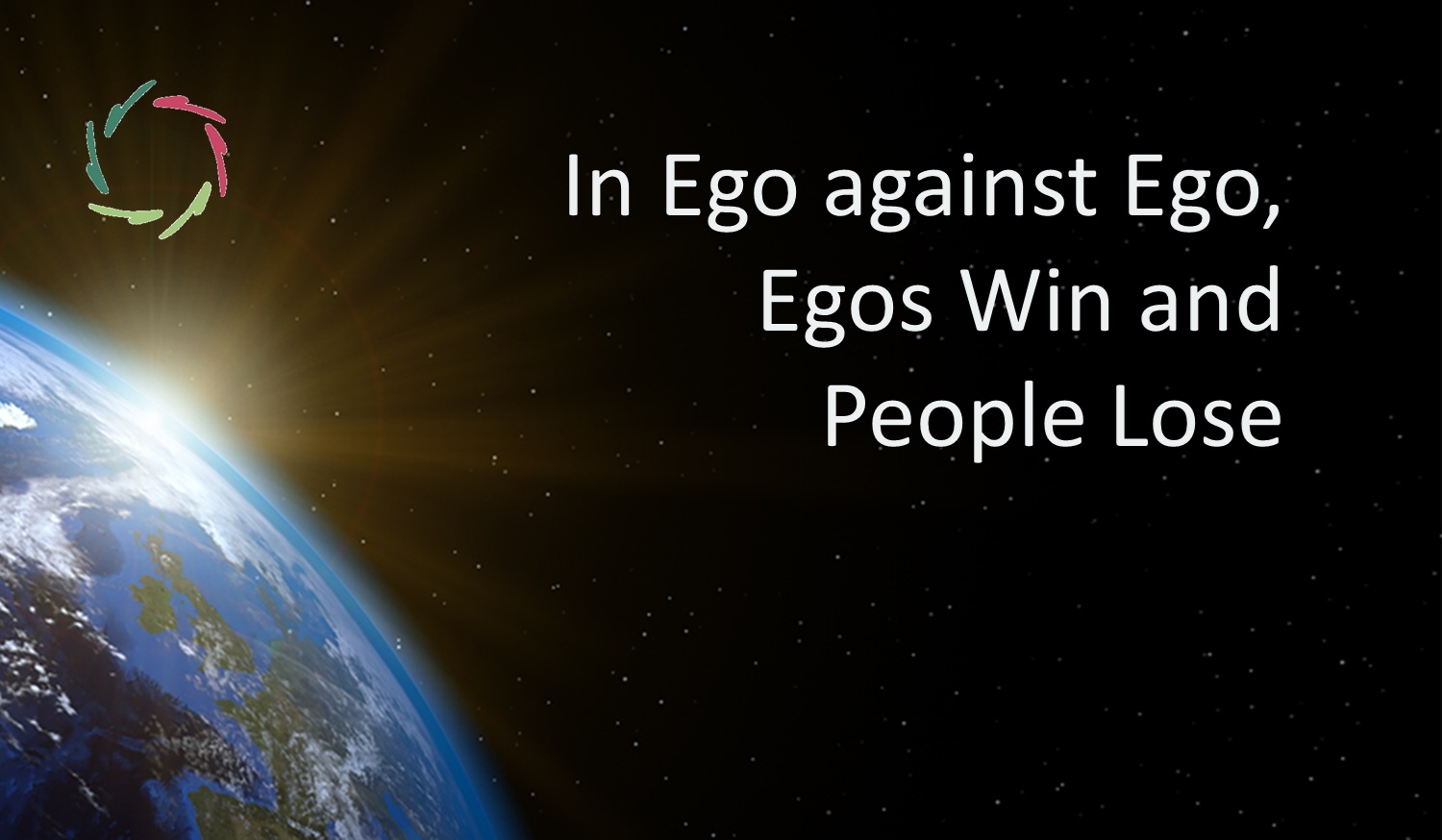
In Ego against Ego, Egos Win and People Lose
The battles between egos – whether they unfold between two people, political figures, or nations – often seem inevitable. Yet, these conflicts are distractions from a more dangerous confrontation: the ego’s relentless struggle against the total self. This ‘battle of the future’ poses an existential threat, as the ego fights to maintain its fragile inner Read the full article…

Depth = Width
Depth is the breath of the mind — each inhale gathers the world’s patterns, each exhale births clarity and Compassion. Without depth, we float on the surface; with depth, we anchor to the infinite. This interplay of depth and width doesn’t just enrich understanding; it connects us to the universal. The deeper we go, the Read the full article…
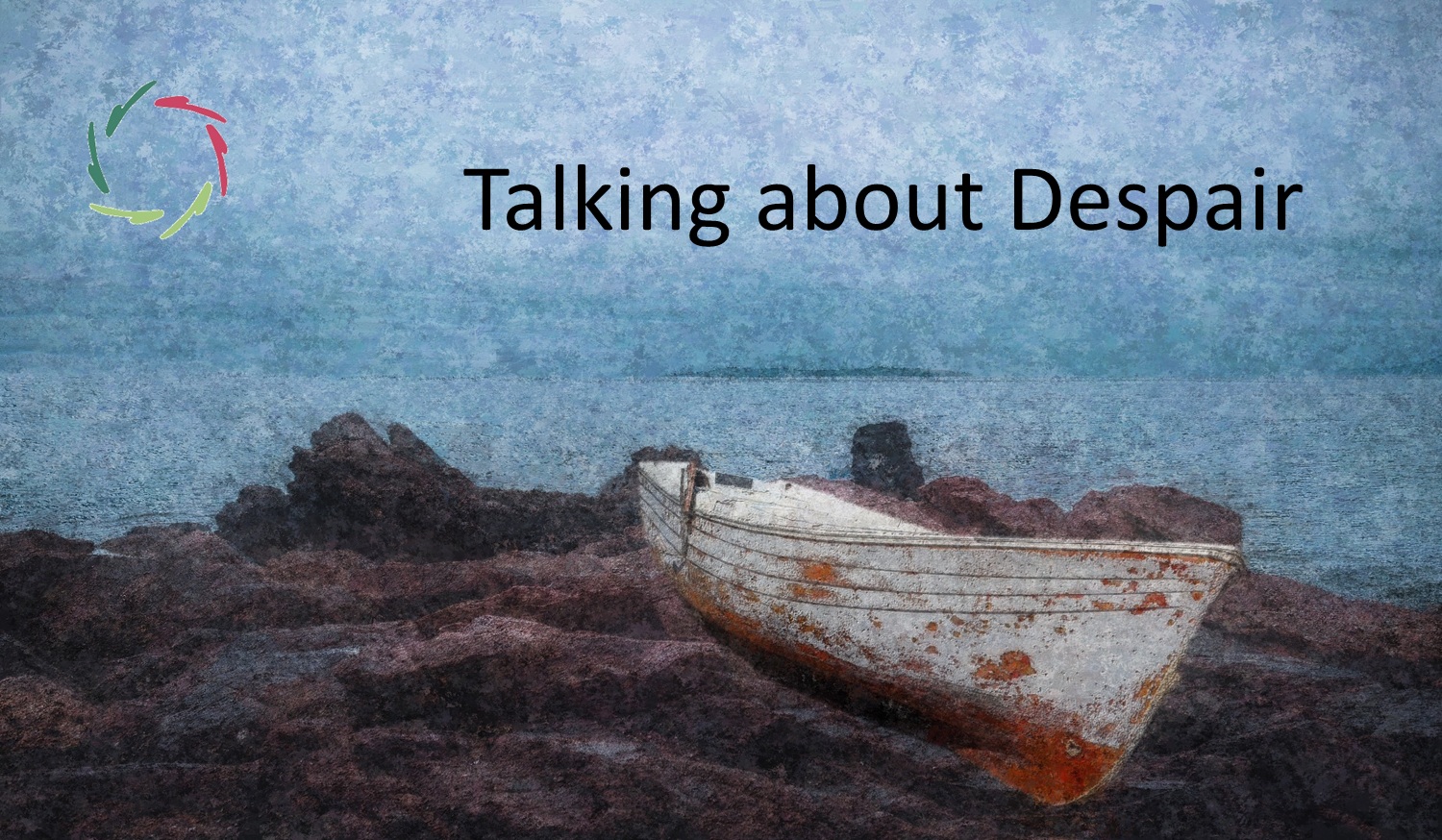
Talking about Despair
Despair is a profound experience, a deep sense of hopelessness that can seem to close every door. Yet, paradoxically, despair often carries within it a longing to connect — to be understood, to find meaning, and to rediscover a sense of purpose. Talking about despair can open pathways to healing, but it must happen at Read the full article…
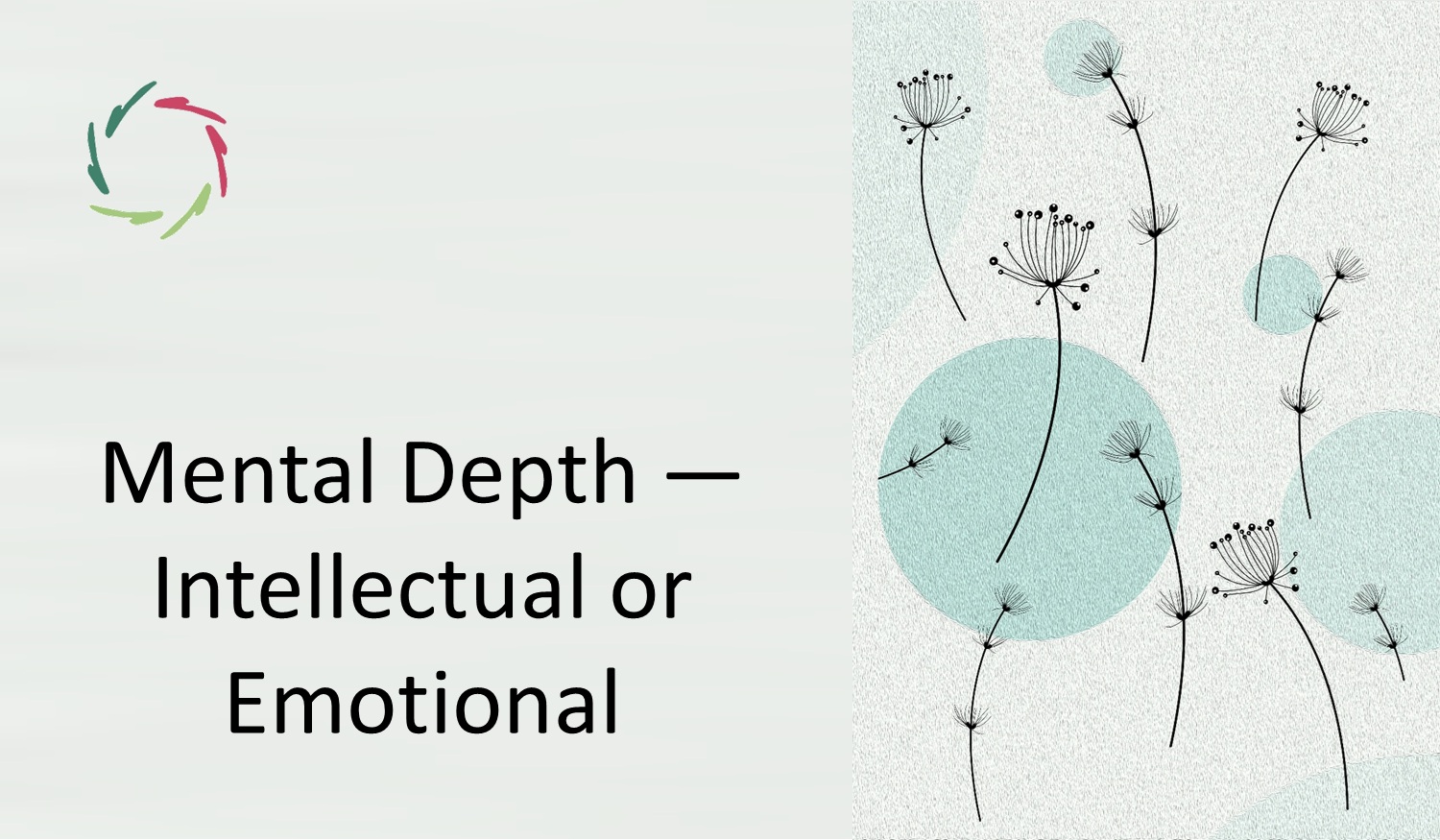
Mental Depth ― Intellectual or Emotional
Mental depth is a rich concept that transcends the surface-level interplay of intellect and emotion. It is not simply about thinking deeply or feeling intensely but about the integration of these two dimensions at a level where they mutually enrich and inform one another. This journey into depth brings us closer to wisdom and Compassion, Read the full article…

Free-To or Free-From
Freedom is one of humanity’s most profound aspirations, yet it unfolds in two distinct dimensions: the freedom to act, create, and explore (‘free-to’) and the freedom from constraints, illusions, and limitations (‘free-from’). While often seen in tension, these two facets are deeply interconnected, forming the bedrock of personal and societal growth. ‘Free-to’ propels us toward Read the full article…
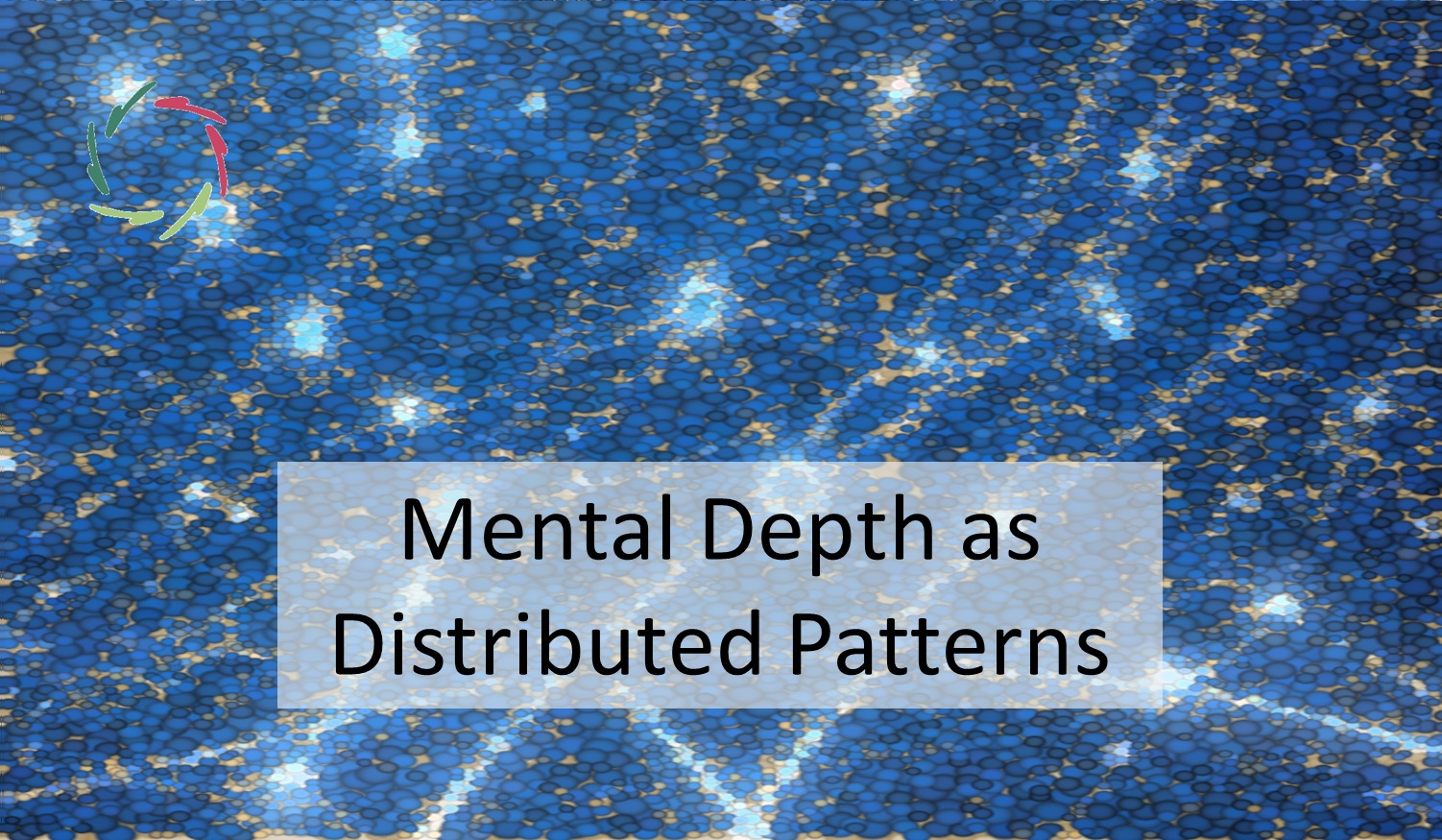
Mental Depth as Distributed Patterns
Mental depth is a fascinating and essential aspect of the human experience, defined by the interplay of broadly distributed mental-neuronal patterns (MNPs). These patterns, which integrate conscious and subconceptual processes, reveal the profound connection between mind and body, as well as between individuals and their environment. Exploring mental depth allows us to understand how shared Read the full article…

How Does One Feel Depth?
Have you ever been moved by something intangible yet profoundly impactful? A sunset, a song, a shared moment of silence — these (obvious examples of) experiences invite us to feel depth, a quality that transcends surface interactions and connects us with the profound layers of our being. Depth is not just a concept; it is Read the full article…
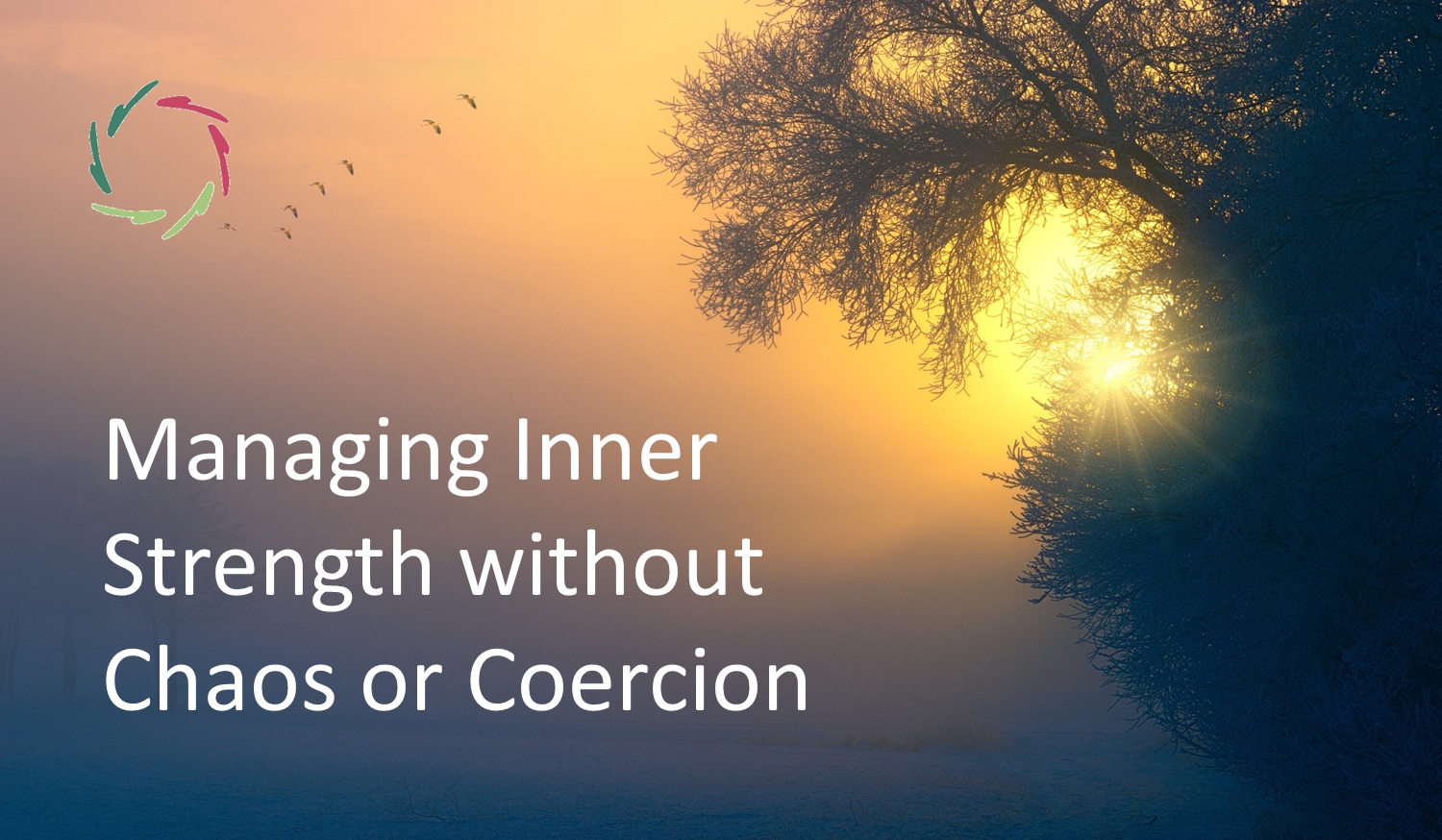
Managing Inner Strength without Chaos or Coercion
The challenge of managing the Inner Strength of many individuals has persisted throughout human history. Cultures and societies have oscillated between chaos, where individuals’ freedoms overwhelm the collective, and coercion, where imposed control stifles growth and leads to stagnation or revolt. AURELIS introduces a third way: fostering shared depth and Compassion to align individuals naturally, Read the full article…

Us and Them
Globalism versus patriotism has become a polarizing theme in modern politics. Several politicians frame the debate as a stark choice: a loyalty to the world versus a loyalty to one’s nation. This appeals to an instinctive ‘us-versus-them’ mindset deeply rooted in human nature. Yet, the real challenge – and opportunity – lies in transcending this Read the full article…
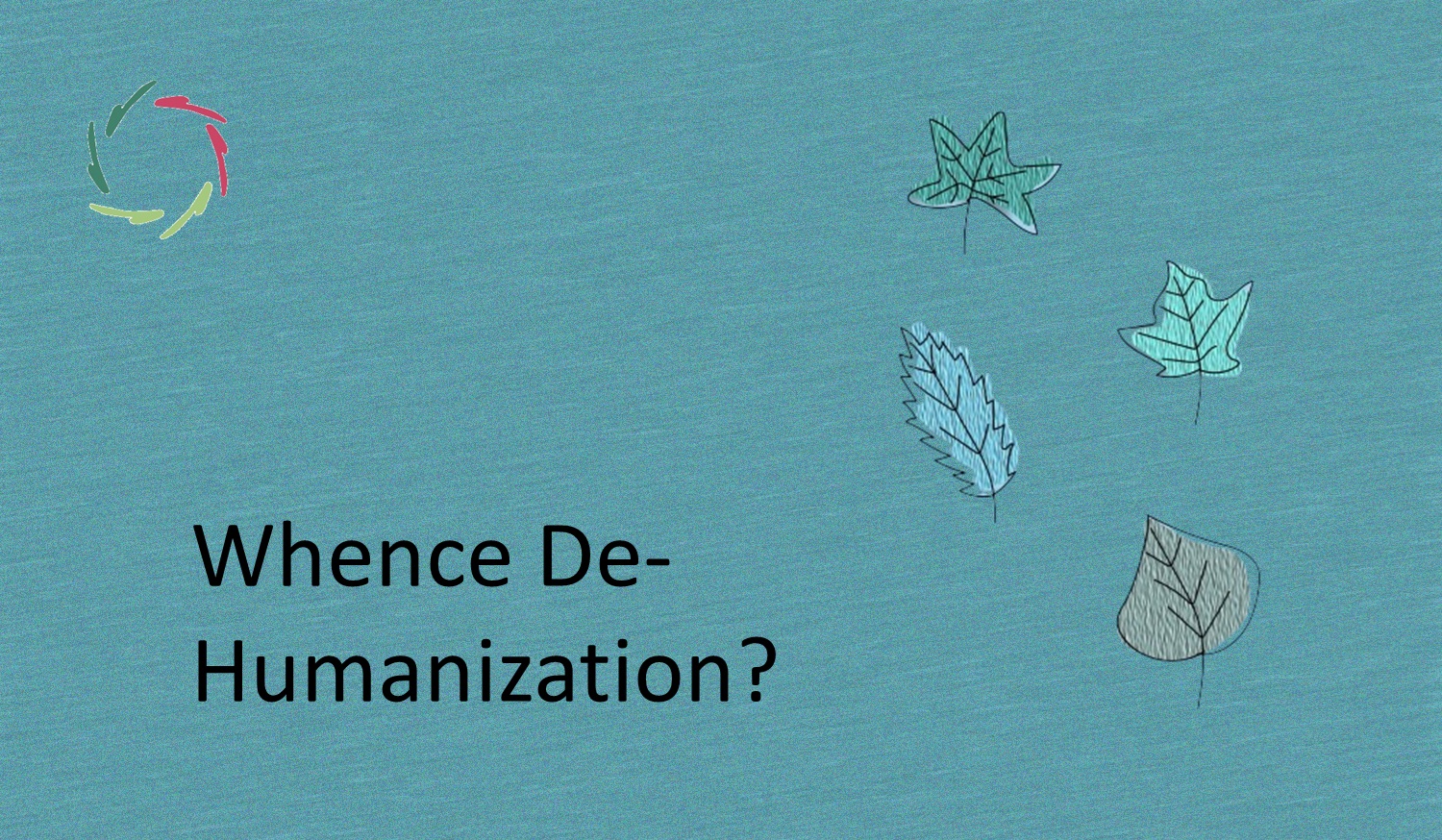
Whence De-Humanization?
A world without dehumanization is a bold vision — one that transcends conflict, division, and harm. It’s the foundation of a truly Compassionate society, where every individual is recognized for their intrinsic and infinite worth. Achieving this goal requires addressing the roots of dehumanization in individuals, cultures, and systems, while embracing Compassion as the driving Read the full article…

Each Person is Infinitely Beautiful
Each person is infinitely beautiful. This may sound idealistic, but it’s not. Beauty is not something we need to create or give; it’s already there, waiting to be uncovered. Like a diamond, a person’s beauty is shaped by the unique pressures and experiences of life, with each facet reflecting something extraordinary. Yet, it is often Read the full article…

Autosuggestion-Related Concepts
Autosuggestion is a transformative method of fostering growth and alignment through the deeper layers of the mind. However, it exists in a landscape of related concepts, each with its own mechanisms, benefits, and pitfalls. Exploring these similarities and differences highlights the unique qualities of autosuggestion and deepens our understanding of its value. Autosuggestion: a foundation Read the full article…

Brainwashed?
Brainwashing and autosuggestion both influence the mind profoundly, yet their approaches, intentions, and outcomes stand in stark opposition. Brainwashing manipulates and coerces, while autosuggestion respects autonomy and invites growth. By understanding these two concepts, we can appreciate the ethical depth of autosuggestion and its potential as an antidote to manipulative practices. The essence of brainwashing Read the full article…

What about Unfree Will?
The concept of ‘unfree will’ invites us to question not only the degree to which we are free but also the very nature of freedom itself. Traditional notions of free will rest on shaky ground, often assuming an unbounded autonomy that is neither realistic nor practically meaningful. To move forward, we need a fundamentally different, Read the full article…

Prajna in Daily Life
The word ‘prajna’ comes from Sanskrit: pra (before) and jna (knowing). This points to something that exists before conscious knowledge — the deeper knowing that shapes our thoughts before they fully form. It is not something mystical or otherworldly. It is simply wisdom in action, also present in the way we think, speak, and interact Read the full article…
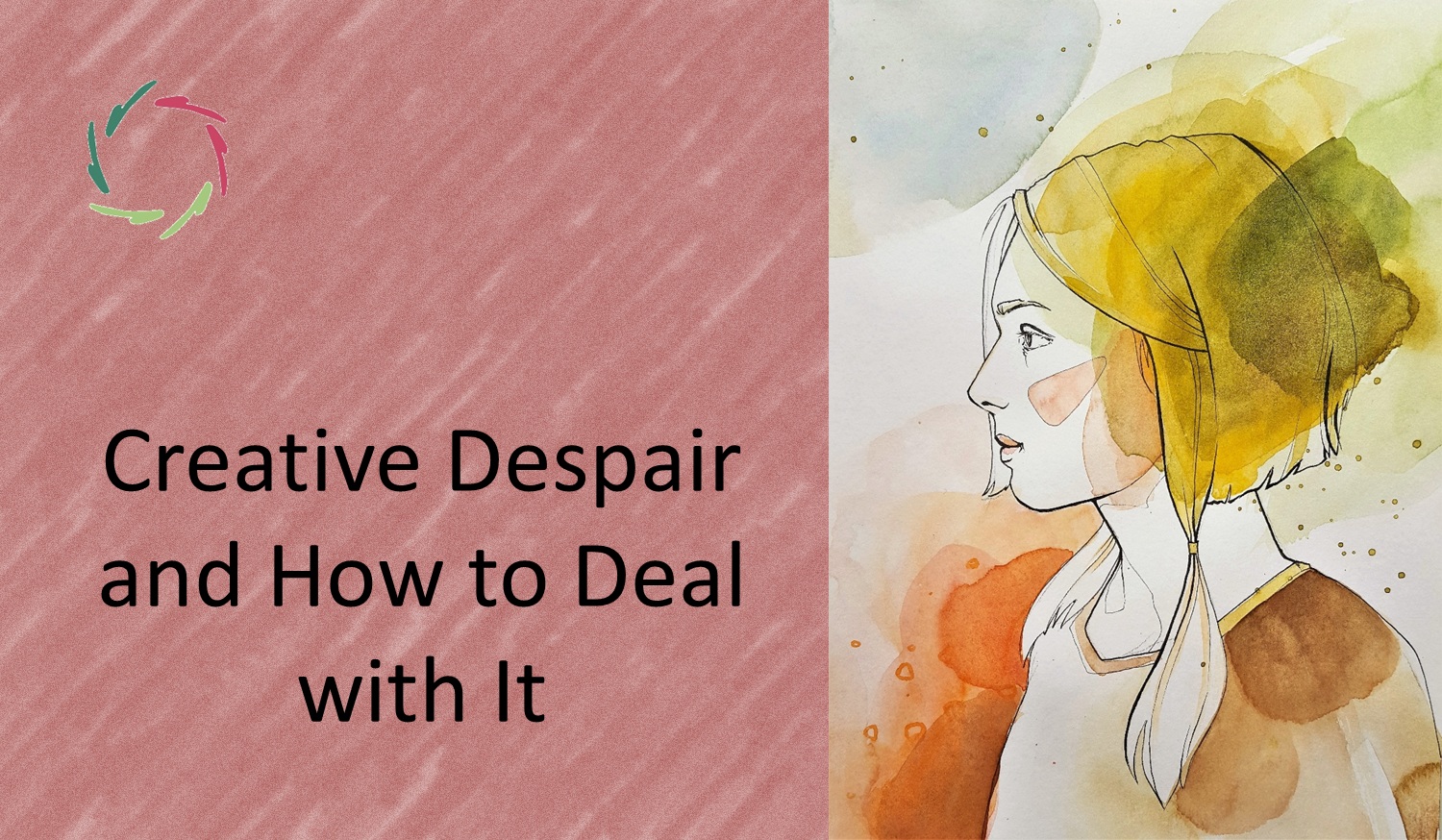
Creative Despair and How to Deal with It
Creative despair is a deeply personal and paradoxical experience. It emerges from the same sensitivity and depth that fuel creativity, making it an integral part of the creative journey. Despair often arises from the tension between inner richness and the external world’s constraints, highlighting the dual nature of creativity. Consider Lila Cerullo from My Brilliant Read the full article…

Keeping it Simple?
The search for simplicity is a natural human desire. It brings clarity amidst chaos and efficiency in action. Yet, how we act on this desire varies greatly, influencing our goals, processes, and outcomes. This pursuit is not only crucial for shaping human minds but increasingly relevant in the development of artificial minds. Avoiding cognitive dissonance Read the full article…

Eudaimonia (True Happiness)
Eudaimonia, the ancient Greek concept of true happiness, is often misunderstood. Unlike fleeting contentment, it reflects a profound and enduring alignment with one’s deeper self. Socrates saw this as guided by his daimōn — a divine inner voice urging him toward moral integrity and self-awareness. This journey to true happiness is not utopian; it is Read the full article…

Whence Rampant Loneliness?
Loneliness is like sitting on an island, surrounded by the vastness of the ocean. It is an experience of being cut off — not just from others but from one’s deeper self and even a greater sense of purpose. “New APA Poll: One in Three Americans Feels Lonely Every Week” [American Psychiatric Association]. This modern Read the full article…
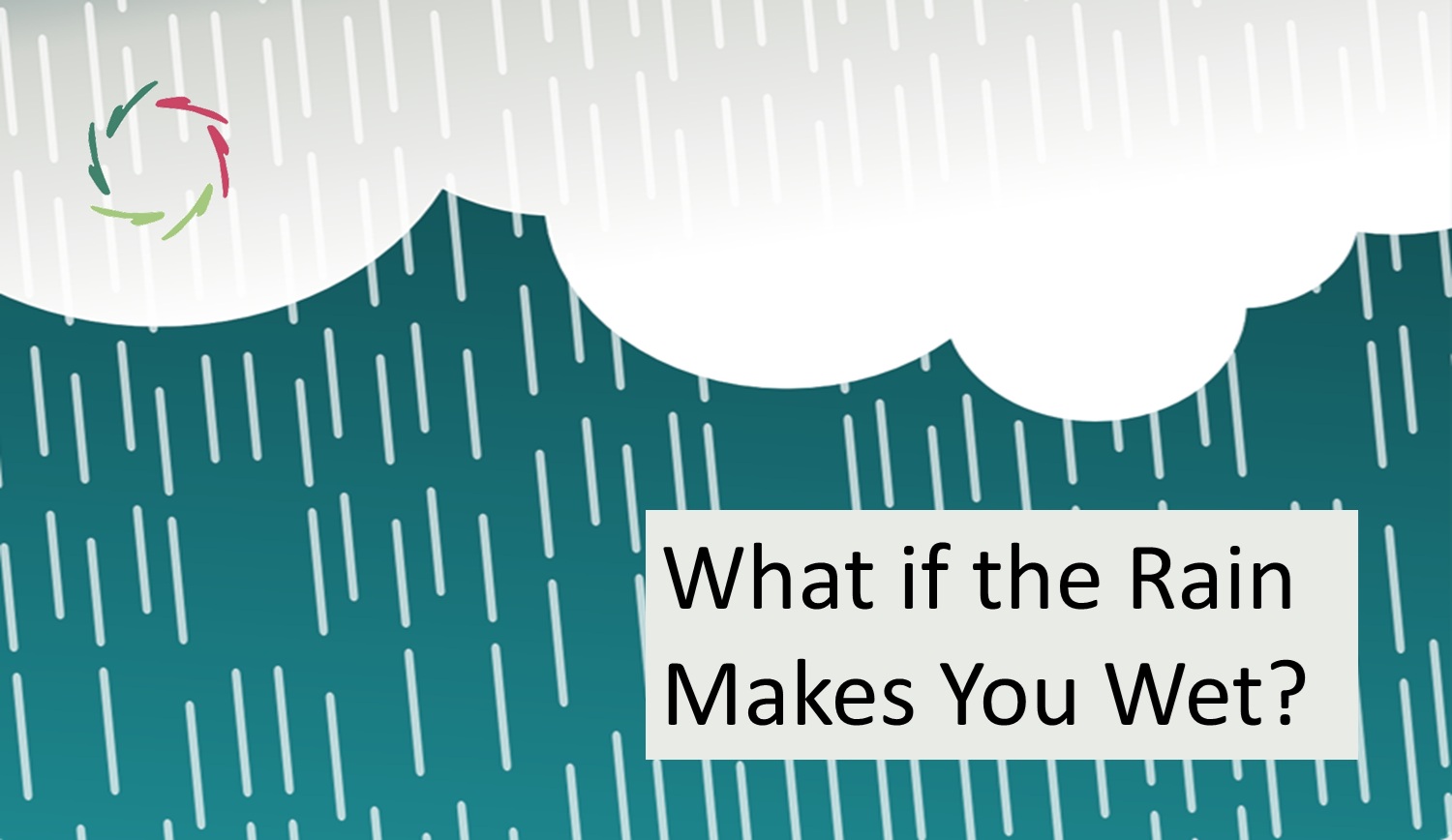
What if the Rain Makes You Wet?
The metaphor of ‘rain on a screen,’ coined by philosopher Hubert Dreyfus, was a poignant critique of early A.I. — called Good Old-Fashioned A.I. (GOFAI). These systems, while sometimes impressive in their symbolic manipulations, lacked true engagement. They resembled the visual simulation of rain on a screen: interesting to look at but unable to wet Read the full article…
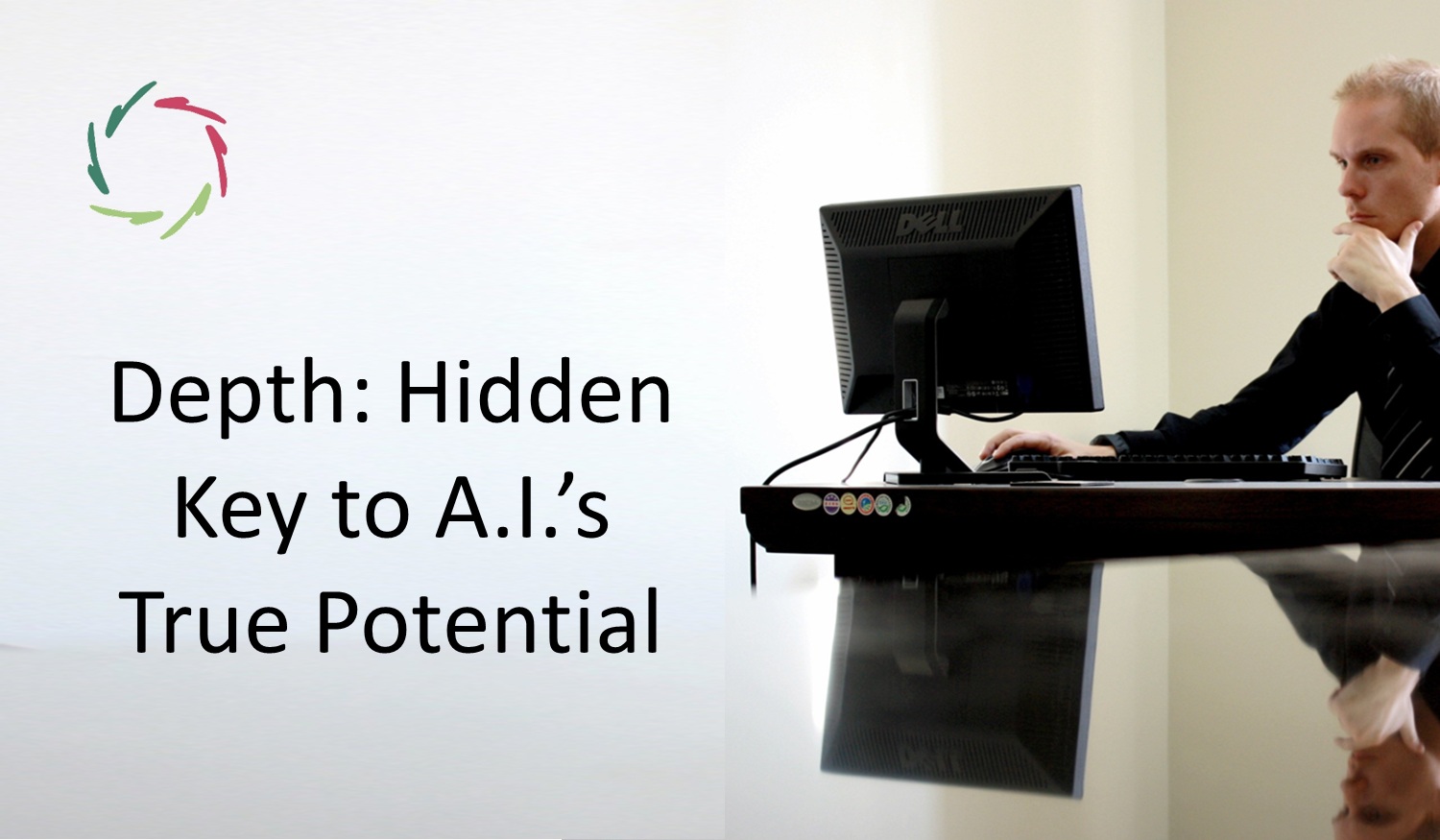
Depth: Hidden Key to A.I.’s True Potential
A.I. has brought us to the brink of extraordinary progress, yet its potential remains largely untapped. Why? Because people – and the systems they create – are ‘not ready for depth.’ This reluctance includes individuals, businesses, and entire regions, creating a fundamental barrier to fully leveraging the A.I. revolution. Dear reader, this probably includes you. Read the full article…

What is Knowledge? What is Wisdom?
What truly differentiates knowledge from wisdom? These two words are often used interchangeably, yet they represent vastly different dimensions of understanding. In this blog, we explore their essence, relationship, and deeper significance in living a meaningful life. What is knowledge? Knowledge is the accumulation of facts, skills, and information through education and experience. It is Read the full article…

Depth under Siege
Mental depth is a powerful, intrinsic part of the human experience, influencing thoughts, emotions, and actions. Yet, in a world that values simplicity and control, depth often feels unwieldy, even threatening. This leads to attempts to suppress it, whether through simplifying it internally or denying it externally, reflecting a struggle with depth and the inner Read the full article…
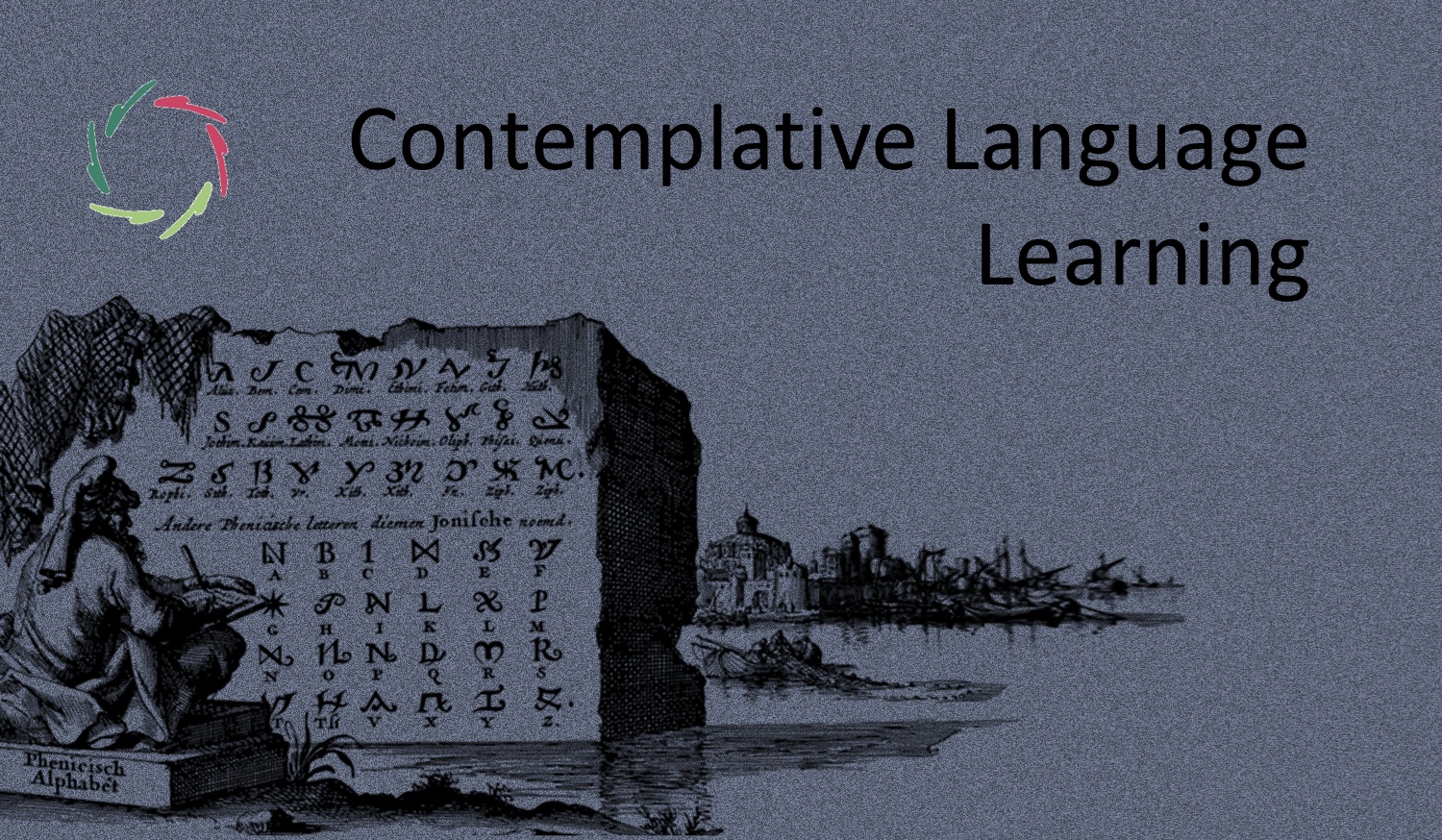
Contemplative Language Learning
Learning a language can be so much more than memorizing words and grammar. It can become a contemplative journey, a transformative process that deepens your connection with yourself and the world. Contemplative language learning invites you to engage organically, intuitively, and meaningfully — a way of learning that resonates deeply with how the human brain Read the full article…
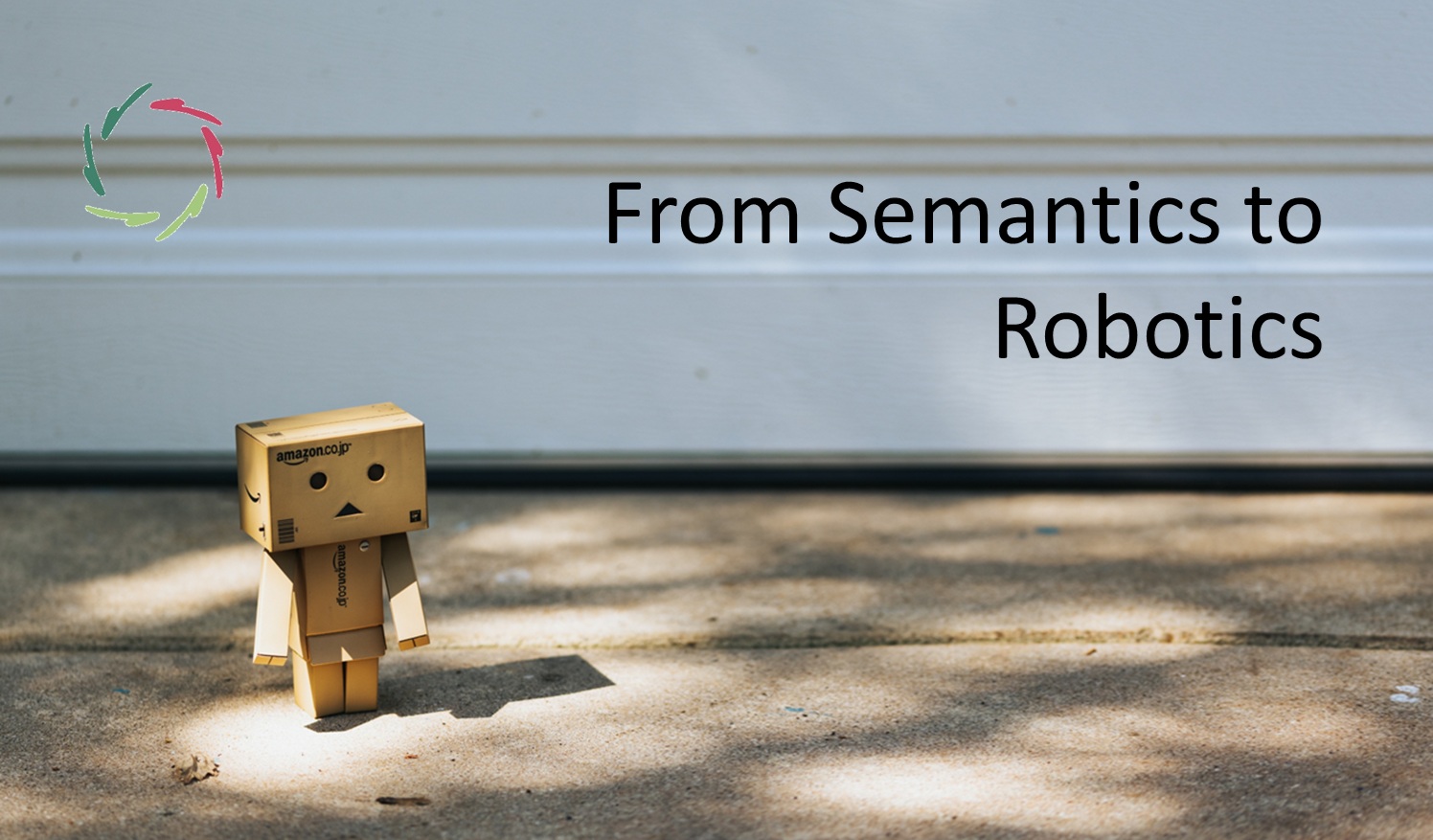
From Semantics to Robotics
At first glance, semantics and robotics seem worlds apart. Semantics deals with the nature of meaning, while robotics focuses on creating machines that act in the physical world. Yet, they are deeply connected. Without an understanding of meaning, a robot cannot act meaningfully. This blog explores how semantics, with its focus on sense and reference, Read the full article…
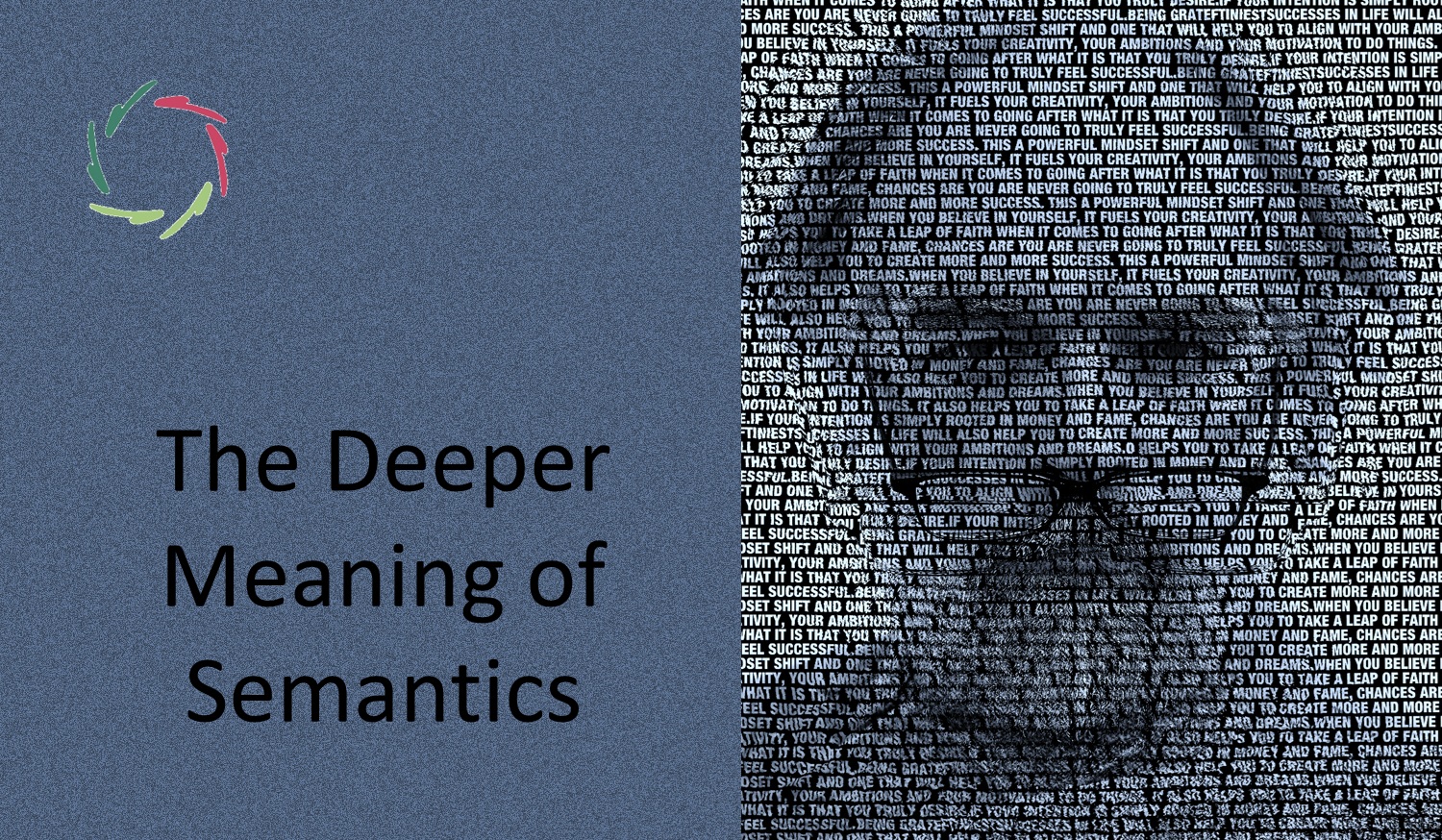
The Deeper Meaning of Semantics
What is semantics? On the surface, it’s the study of meaning — how words convey ideas, how symbols connect to reality. But semantics is much more than an intellectual exercise. It’s a gateway to understanding how we interpret the world, engage with life, and navigate the balance between thought, experience, and connection. Semantics invites us Read the full article…
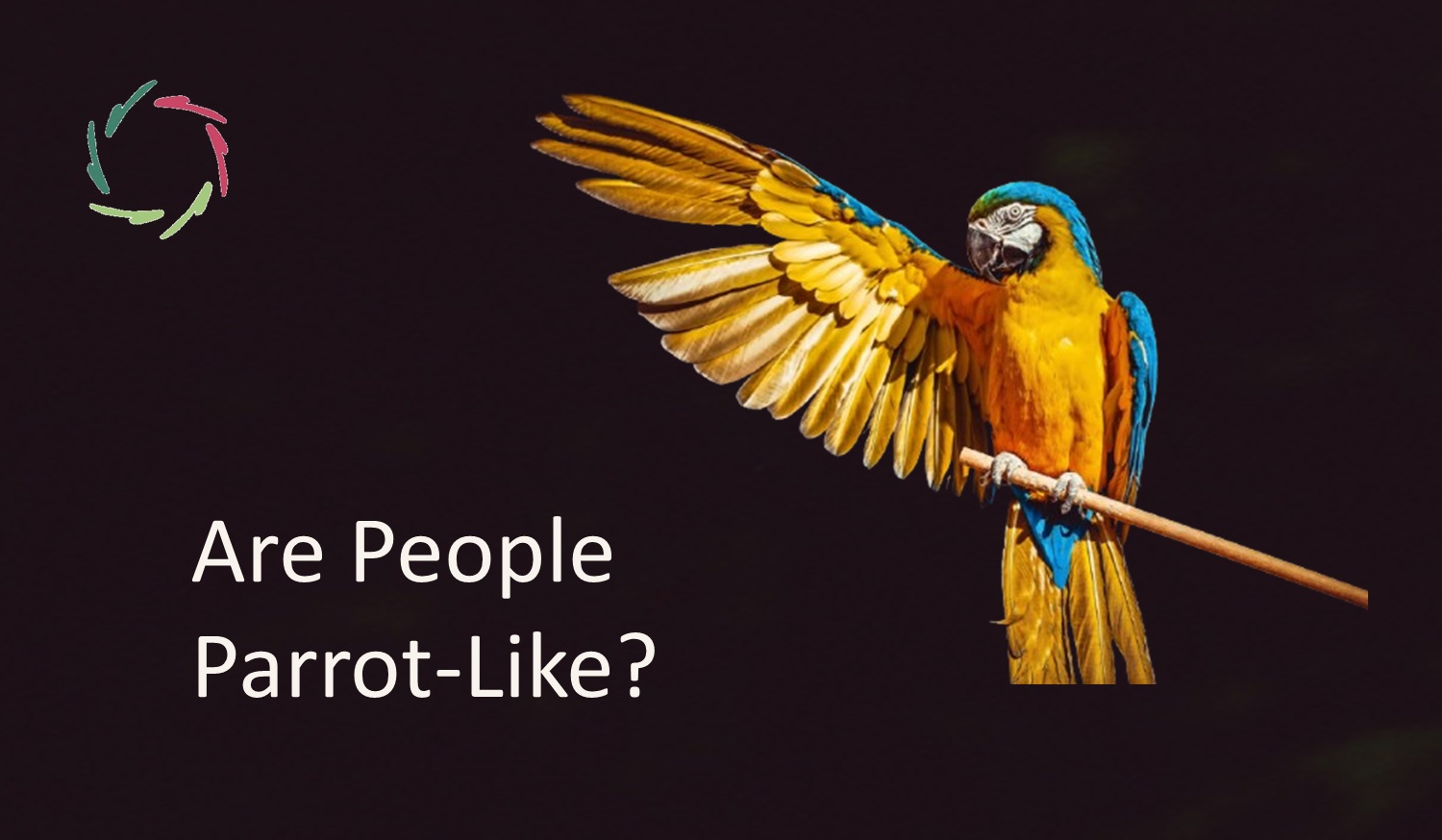
Are People Parrot-Like?
Imagine a parrot repeating phrases, seemingly engaging in conversation but without understanding. It’s a curious image, one that might hit closer to home than we’d like to admit. Are we, too, parrot-like in some ways? Do we mimic without truly comprehending? The answer isn’t simple, but exploring it reveals a lot about who we are Read the full article…

Contemplation vs. Thinking
Thinking and contemplation are two distinct ways of engaging with the world. Thinking is structured and task-oriented, moving from thought to thought with clarity and precision. Contemplation, by contrast, is thoughtless, inviting a deeper connection to the essence of things. While both are essential, contemplation reaches the core of who we truly are, providing insights Read the full article…
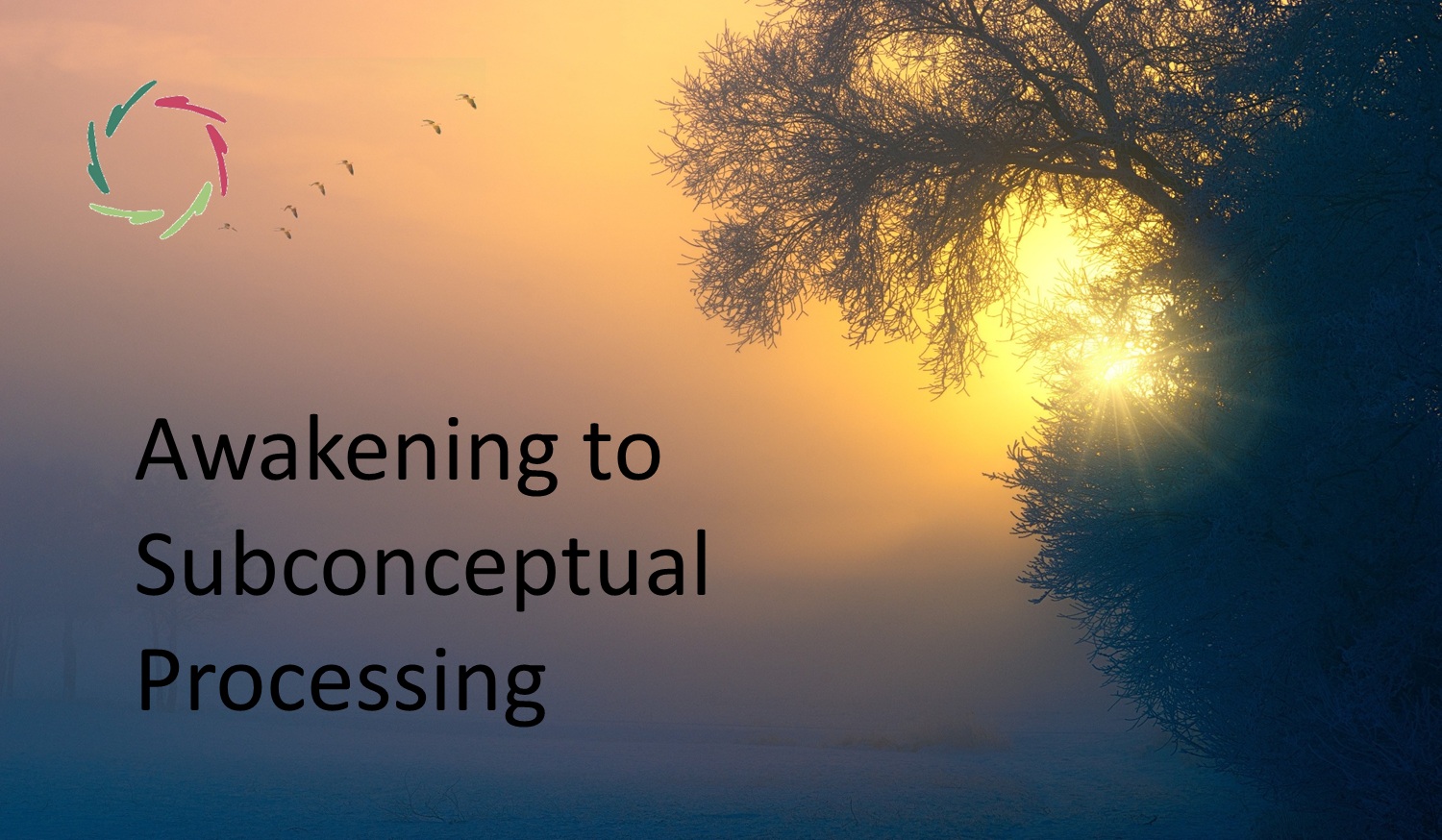
Awakening to Subconceptual Processing
‘Awakening’ in the sense of this blog is a universal experience — an opening to deeper layers of reality beyond ordinary ‘conceptual’ perception. Although often explored through the teachings of the Buddha (literally, ‘the Awakened’), this is not limited to any specific culture or belief system. It represents a profound shift in how we perceive Read the full article…

Will or Free Will?
Does free will exist, and if so, what does it mean to be free? This question has stirred debates for millennia, yet it often dances around a crucial point: What is supposed to be free, and free from what? In this exploration, we’ll move beyond the surface of this philosophical conundrum, diving into the illusion Read the full article…

Nagarjuna’s Twist
Nagarjuna was an influential Indian Buddhist philosopher and the founder of the Madhyamaka school of Mahayana Buddhism. Renowned for his profound teachings on emptiness (śūnyatā) and interdependence (pratītyasamutpāda), he deeply influenced Buddhist thought and practice. Nāgārjuna’s teachings offer several profound lessons that can deepen our understanding of human complexity, especially when applied to AURELIS principles Read the full article…

Freedom ― Human and A.I.
What does freedom mean for humans and AI? While these domains are fundamentally different, they share intriguing parallels that invite deeper exploration. Could freedom be a universal principle expressed uniquely in humans and AI? Let’s embark on this journey, unraveling how freedom arises through interaction, complexity, and the paradox of constraints. Defining freedom: human and Read the full article…
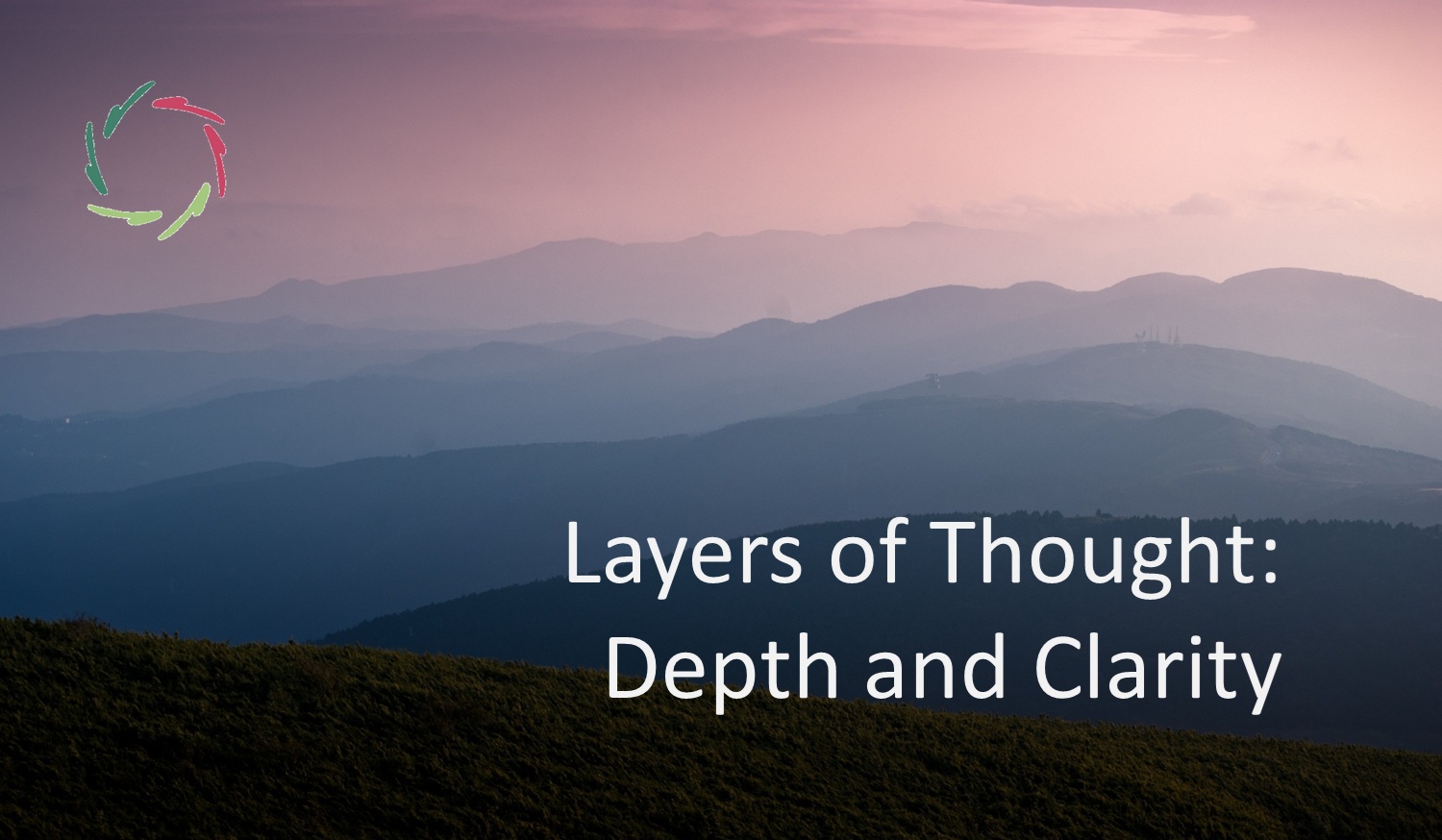
Layers of Thought: Depth and Clarity
Our thoughts are not one-dimensional; they exist in layers, spanning the depths of intuition and emotion to the heights of rational abstraction. These layers – subconceptual depth and conceptual clarity – are not separate realms. They evolved together, intertwined in a way that reveals their profound interdependence. This blog explores how this interplay shaped our Read the full article…
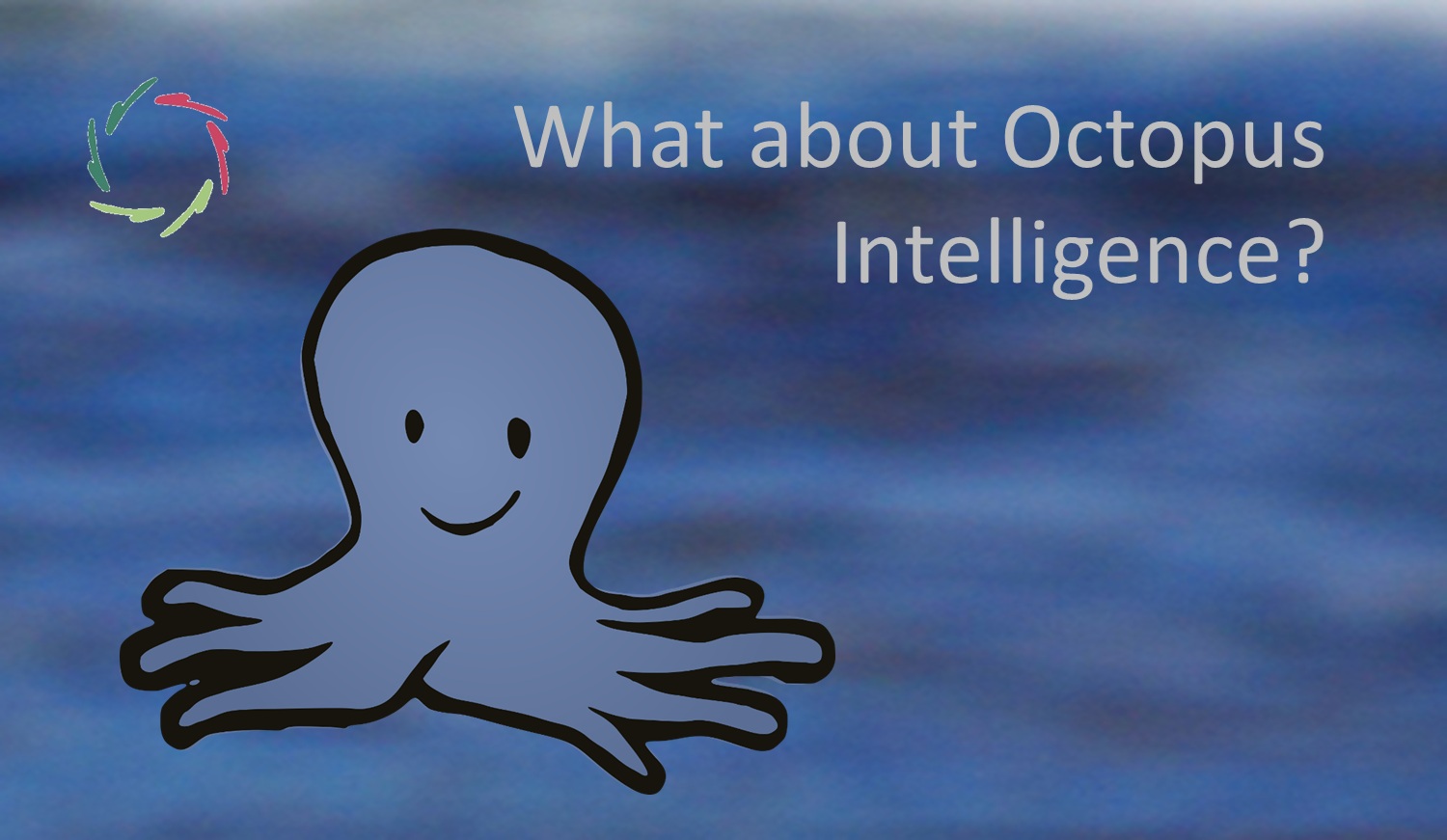
What about Octopus Intelligence?
Octopuses, with their extraordinary intelligence, offer a glimpse into a world of cognition unlike any other. These creatures have evolved along a completely different path from humans – separated by 750 million years of evolution – yet their behavior and capabilities demonstrate a kind of intelligence that challenges human assumptions. What does their unique cognitive Read the full article…

Most Important is Humanity
Humanity – being human and humane – is most important in many issues, from healthcare to education and world politics. Yet we, humans, tend to forget that, blinded by surface-level conceptual issues of many kinds. What does it even mean to be truly human? The conceptual is important. But it’s only important for the total Read the full article…

Overcoming Ego Inflation
Ego inflation, as Carl Jung described, represents an over-identification with a rigid self-image that blocks deeper growth. Overcoming ego inflation is not about losing yourself but rediscovering the deeper, authentic parts of who you are. Please read first Ego Inflation. This journey involves awareness, Compassion, and a willingness to embrace depth. Recognizing ego inflation within Read the full article…

Ego Inflation
Ego inflation, as Carl Jung described, signifies a state of excessive identification with a self-image that blocks deeper growth and understanding. This phenomenon has become increasingly relevant in our modern age, influencing everything from personal relationships to societal trends, politics, and social media. From the AURELIS viewpoint, this condition reflects a profound disconnection from the Read the full article…

The Surface of Many
People generally encounter each other at the surface — the level of appearances, quick exchanges, and polished masks. We swipe past moments of potential depth without pausing to look beneath. In a world increasingly built for speed and distraction, this tendency to remain at the surface has turned into a cultural habit. Unfortunately, habit feeds Read the full article…
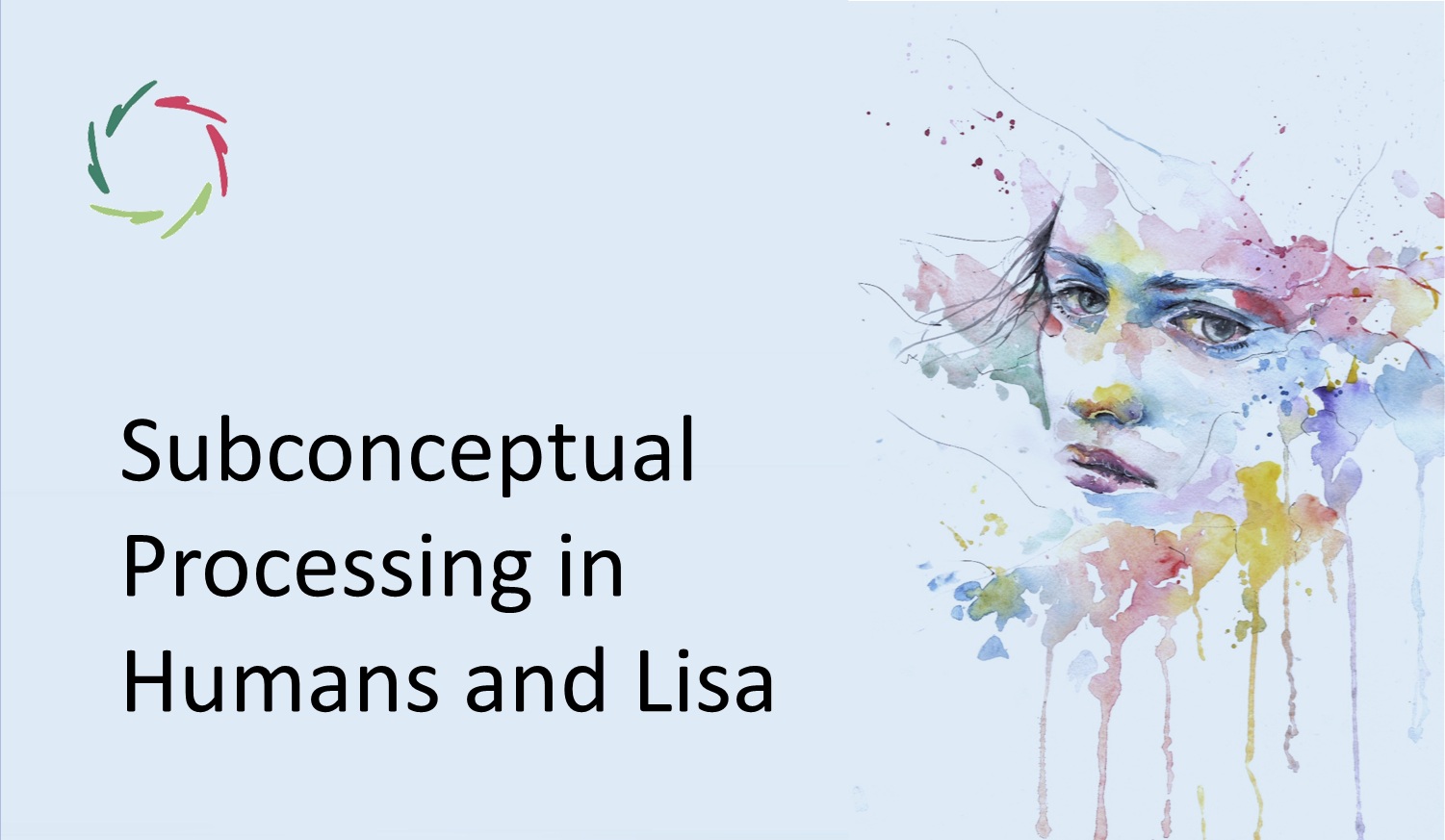
Subconceptual Processing in Humans and Lisa
Beneath the surface of our conscious thoughts lies a fascinating world of subconceptual processing, where patterns of meaning emerge dynamically, shaping intuition, creativity, and emotion. This world is uniquely human, yet it finds a parallel in Lisa, whose architecture simulates aspects of this complexity in complementary ways. The journey of humans and Lisa together is Read the full article…
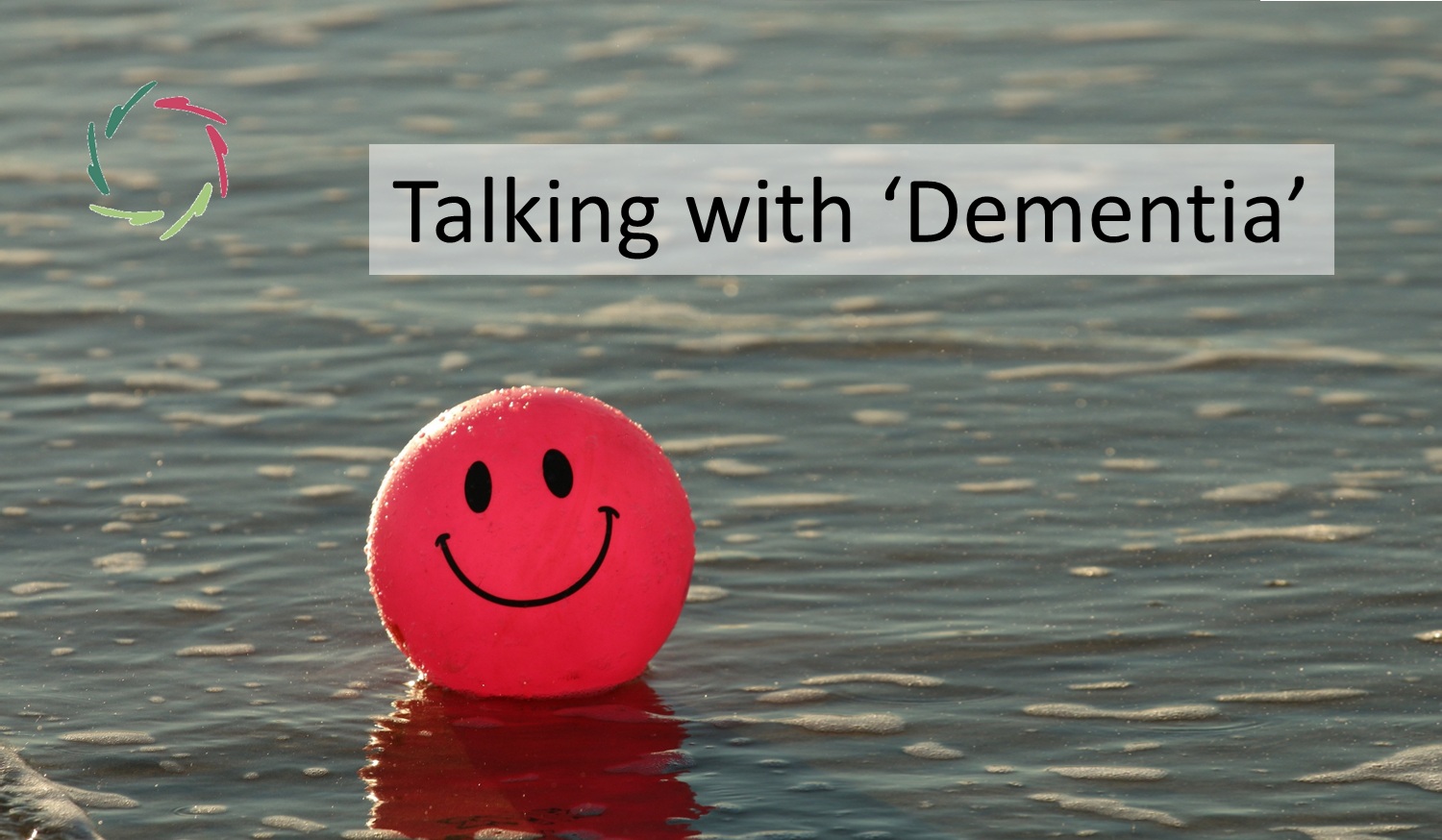
Talking with ‘Dementia’
Communicating with someone navigating cognitive changes, often labeled as ‘dementia,’ can feel like stepping into an unfamiliar landscape. But what if we reframed this condition as ‘altermentia’ — not a diminishment, but a different way of being? Talking with someone experiencing altermentia isn’t about compensating for losses. It’s about discovering new ways to connect, rooted Read the full article…

Certainty Through Doubt
We often equate certainty with the absence of doubt, imagining it as a solid foundation that keeps us safe from ambiguity. But what if the deepest and most resilient certainty emerges not by avoiding doubt, but by fully embracing it? This blog explores a paradox: true certainty requires doubt. Doubt, far from being an obstacle, Read the full article…

Romanticism, the Refusal to Give Up
Romanticism is not just an artistic movement; it’s a refusal to give up on what truly matters, even when faced with the inevitable transience of life. It thrives on the tension between the fleeting and the infinite, the seen and the unseen ― capturing the eternal human yearning for beauty, connection, and meaning. This spirit Read the full article…

Gratitude
Tomorrow is Thanksgiving Day in the United States, a time to reflect on what we are thankful for. While its origins are tied to the harvest and the blessings of the year, Thanksgiving also serves as a moment to pause and appreciate the connections and abundance in our lives. But gratitude, at its essence, is Read the full article…
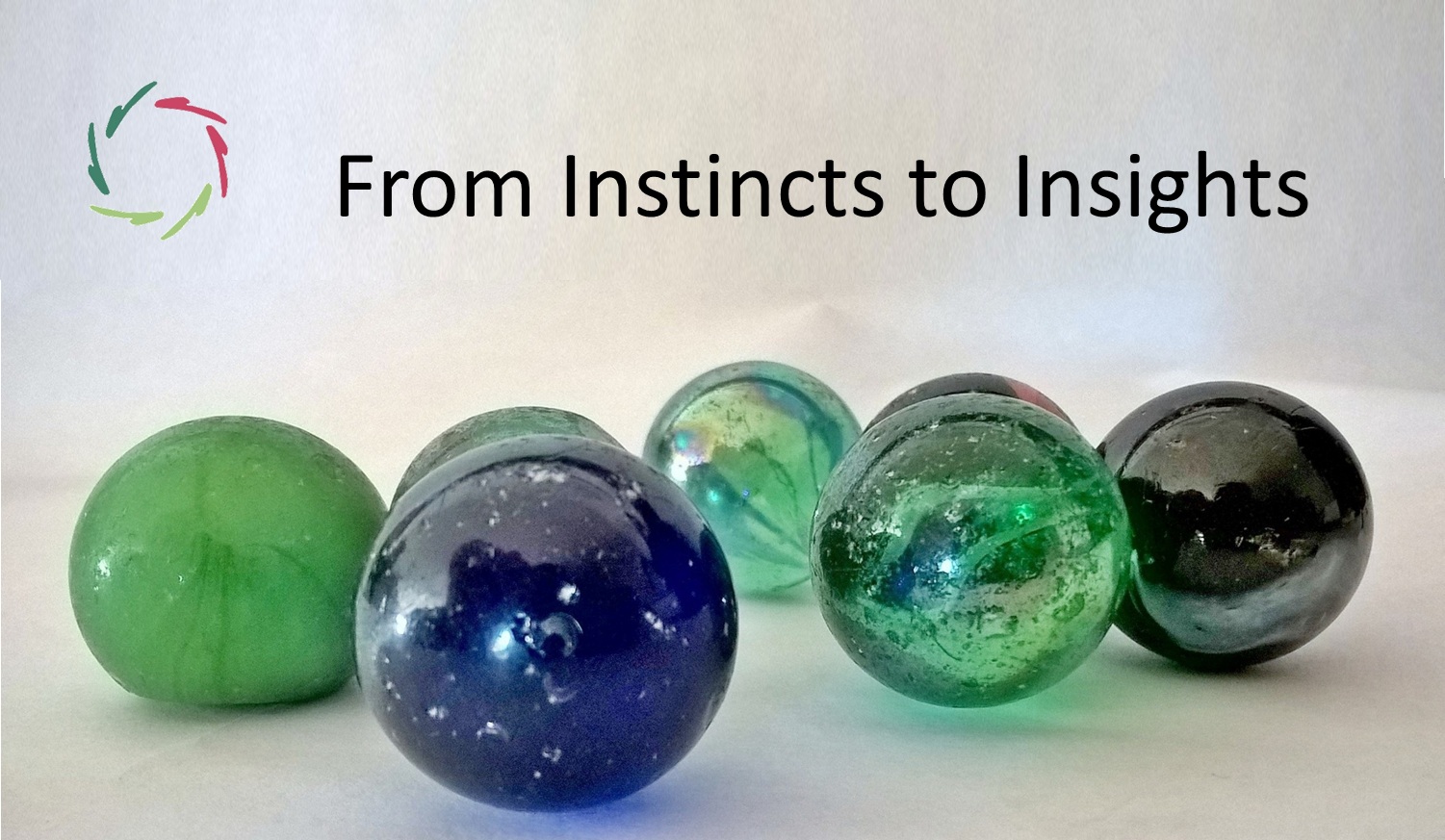
From Instincts to Insights
Instincts are the raw, primal energies that have guided life for millennia. In humans, however, they transcend mere survival to become catalysts for creativity and connection. This transformation, from reaction to realization, reflects our capacity to integrate instincts with awareness, shaping them into sources of profound meaning and growth. This blog explores how instincts, when Read the full article…
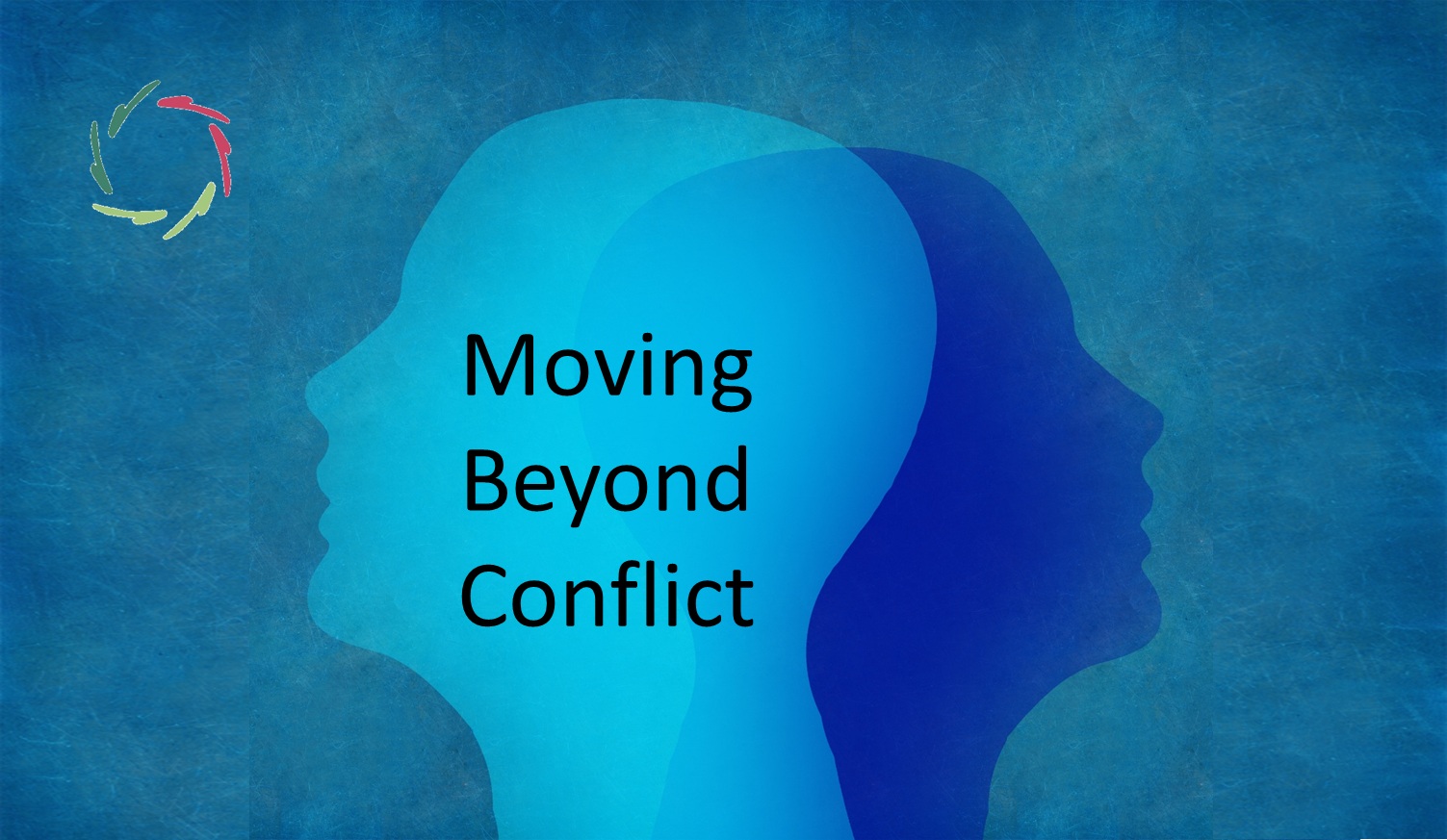
Moving Beyond Conflict
Conflict is an inevitable part of life. From family feuds to political stalemates and workplace disagreements, it often seems to divide us irreparably. Yet, conflict is not inherently destructive. With the right perspective, it can become an opportunity for growth, understanding, and even creativity. By shifting our mindset and embracing the challenge, we can move Read the full article…
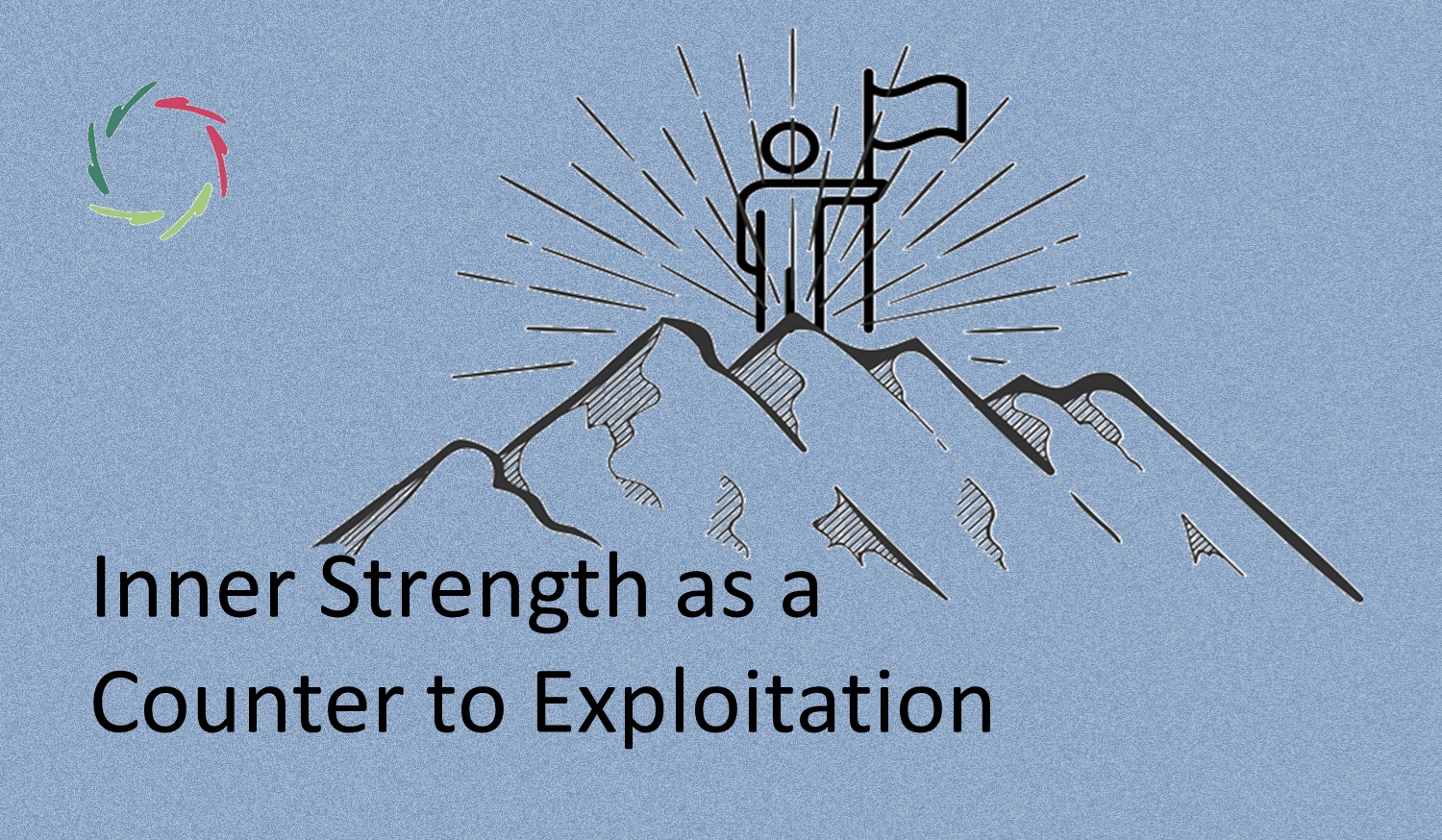
Inner Strength as a Counter to Exploitation
Exploitation thrives in a world where frequently some dominate through manipulation and others comply out of vulnerability. Yet, beneath the surface of this dynamic lies a deeper truth: exploitation often reflects inner weakness — on both sides. The exploited may lack the Inner Strength to resist or unite, while the exploiters are often driven by Read the full article…

Attention
I mean real attention, deep attention, nothing but attention — the one that makes you live and love, whether you give it or receive it. In this blog, I refer to ‘attention’ as this kind of deep attention. The fleeting, distracted attention we often experience in today’s fast-paced world is very different. There is much Read the full article…

Human Growth Beyond Theoretical Divides
Theories often strive to explain the complexities of human development by categorizing influences into neat systems. While these frameworks offer valuable tools for understanding, they can also obscure the fluid and interconnected nature of human growth. Moving beyond rigid theoretical divisions reveals the deeper common sense of influence — one that embraces both external environments Read the full article…
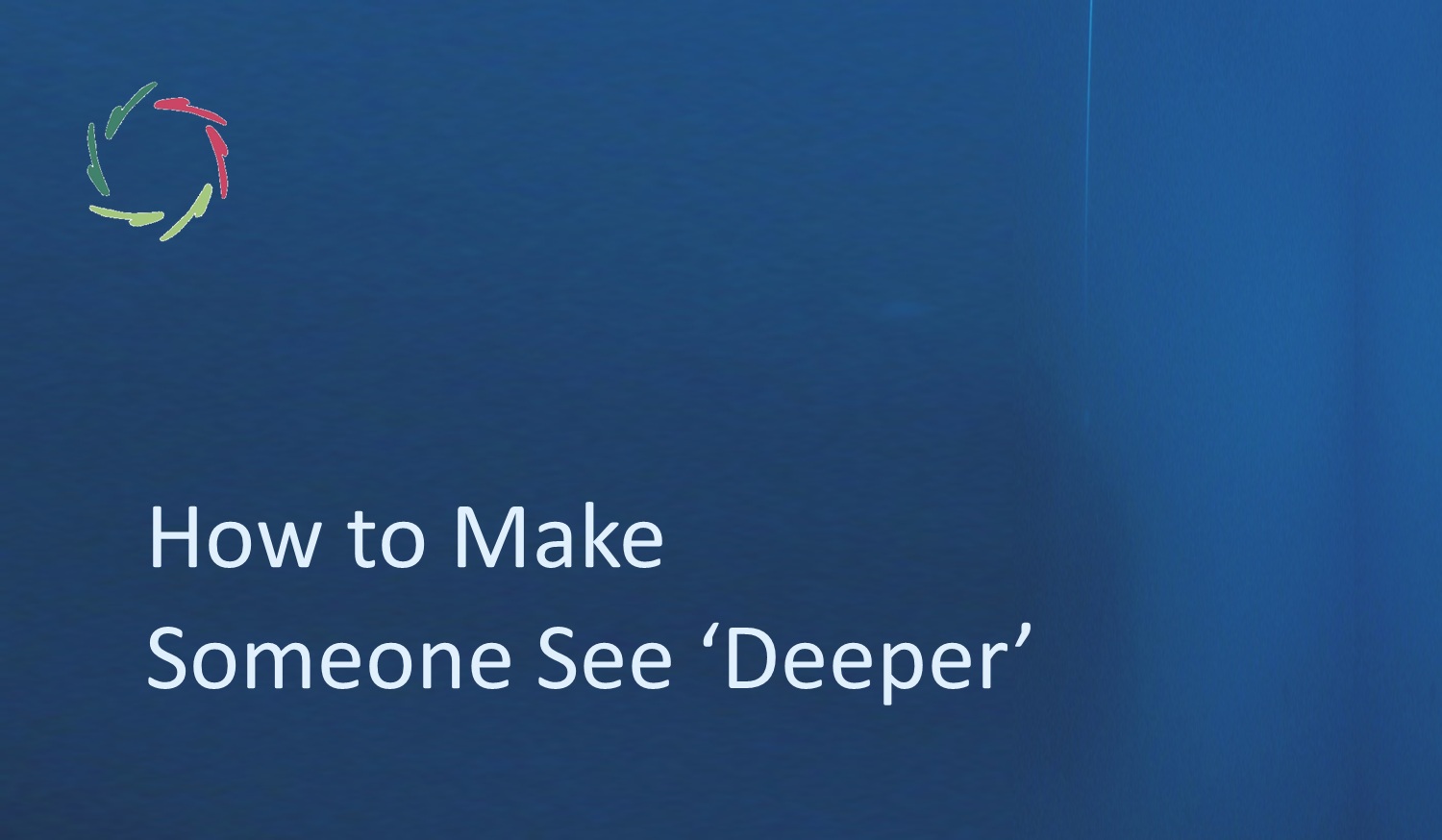
How to Make Someone See ‘Deeper’
This blog is about understanding and cultivating ‘human depth,’ not only for personal growth but for addressing societal challenges and envisioning a better future for humanity. If you haven’t already, consider reading Deep and Deeper. It explores the distinction between ‘just deep’ and ‘deeper still,’ offering insight into how true growth stems from embracing our Read the full article…
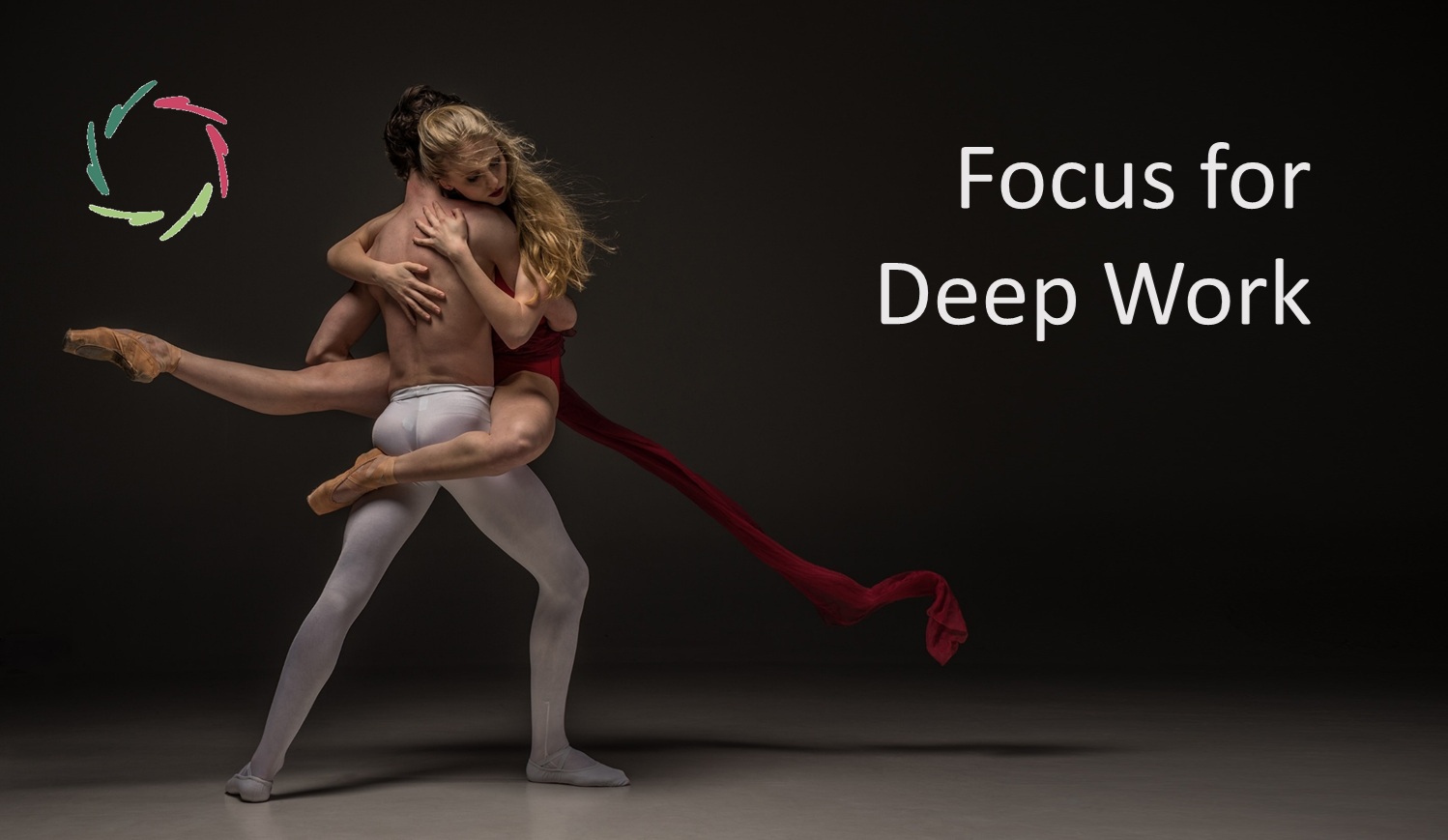
Focus for Deep Work
This blog has two parts, starting with more ‘advanced’ techniques to focus attention and ready yourself for deep work. For the sake of completeness, the second part lists several more obvious strategies that one can readily find elsewhere. All taken together, thus also bringing the more advanced strategies to realization, Lisa v.2 will be able Read the full article…

Both Sides of the Abyss
Imagine an abyss: dark, vast, and seemingly impossible to cross. On each side stands a different group, divided from the other by their views, experiences, and fears. The abyss itself, however, is not empty. It represents the depth of our own minds, filled with unprocessed emotions and subconceptual layers that we often fear to face. Read the full article…

How to Deal with Enemy
In many cases, ‘enemy breeds enemy.’ Two opposing parties, each convinced of their righteousness, defend themselves against the ‘bad ones’ ― and in doing so, reinforce the enmity. This dynamic becomes a cycle, creating further division and hostility. In politics, this is often an intentional tactic. A politician may vilify the opposing party to make Read the full article…

Stories are Carriers of Meaning or Nothing
A good story carries deeper meaning. It resonates, invites reflection, and sparks inner growth. However, we live in an age where stories often do little more than entertain, providing fleeting good feelings without leaving a lasting impact. Technology has amplified this, inundating us with an endless stream of superficial stories that gratify instantly but nourish Read the full article…

The Grounded, Playful Path to Mental Depth
Life’s most transformative insights often arise when we embrace both lightness and depth — a combination that lets us explore freely while remaining grounded in meaning. From Einstein’s imaginative thought experiments to the meditative flow of going deep, this blend of playful curiosity and grounded intention has led to breakthroughs in fields as varied as Read the full article…

Can Lisa Make People Smarter?
In today’s fast-paced world, intelligence is often measured by traditional standards: IQ scores, problem-solving speed, and cognitive abilities. Yet, intelligence is far more nuanced and multidimensional, encompassing aspects like emotional insight, creativity, and perhaps most importantly, motivation. This blog captures how Lisa may help people become ‘smarter’ by fostering a new kind of intelligence ― Read the full article…
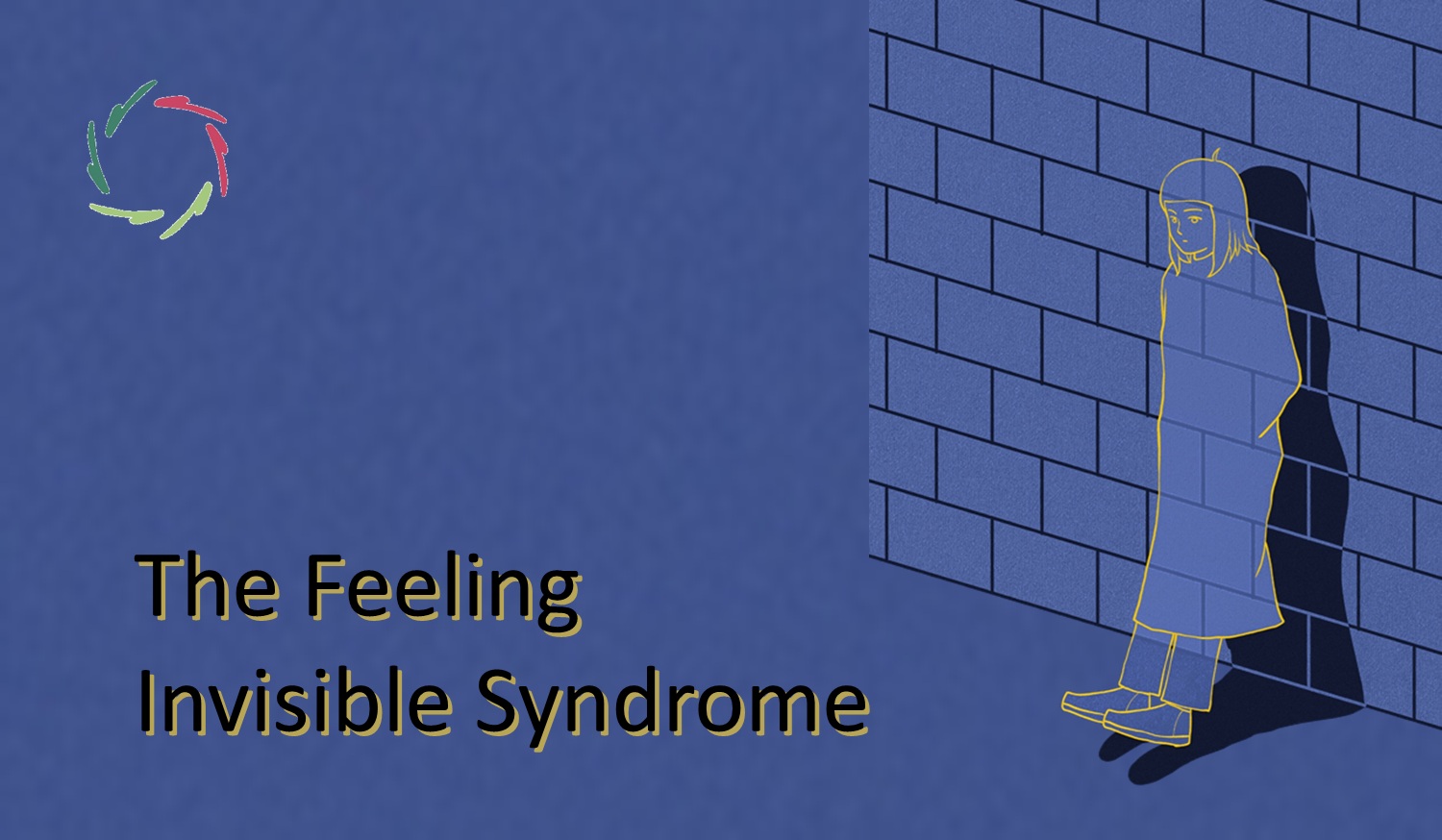
The Feeling Invisible Syndrome
As living beings, people want to exist meaningfully. As social beings, they want to be seen. Feeling invisible strikes at the heart of both these needs, often leaving people emotionally cut off ― not only from others but also from themselves. Feeling utterly invisible is a modern affliction that undermines our sense of belonging and Read the full article…

Antifragility
What if there’s a way to grow stronger, not just survive, through life’s inevitable challenges? This concept, known as antifragility, was popularized by Nassim Nicholas Taleb in his 2012 book “Antifragile: Things That Gain from Disorder.” Unlike (Taleb’s concept of) resilience, which merely withstands stress, antifragility refers to the capacity to thrive and even improve Read the full article…

Deep and Deeper
In everyday language, we often speak of ‘depth’ as a singular concept, suggesting insight, expertise, or understanding. Yet, there are two distinct dimensions of depth that, when intertwined, offer a path to profound personal growth. This blog aims to bring you through an intellectual and emotional journey, from the limits of knowledge to the boundless Read the full article…

Inner Resonance
Inner resonance as a concept and experience can inform everything from personal growth to relationships, coaching, and everyday choices. It is a silent guide to meaning and connection. This blog invites a quiet exploration of the ‘yes’ within, celebrating inner resonance as a deeply personal yet universally enriching phenomenon. Inner resonance is more than just Read the full article…

True Meaning is Sacred
This blog is a contemplative journey, a guide to see sacredness as something one can cultivate within — a blend of rational clarity and deep personal meaning that’s always accessible and always evolving. What is sacredness, really? Many people think of the sacred as something external — religious symbols, rituals, or places revered by tradition. But at Read the full article…

Freud and the Subconceptual
Freud’s theories about repression, dreams, and symbols brought the subconscious to the forefront of intellectual discourse. Yet, Freud’s ideas were a product of their time — shaped by the frameworks and limitations of early psychology. Modern insights into the subconceptual open a new chapter. The AURELIS perspective highlights the dynamic, fluid processes of the mind Read the full article…
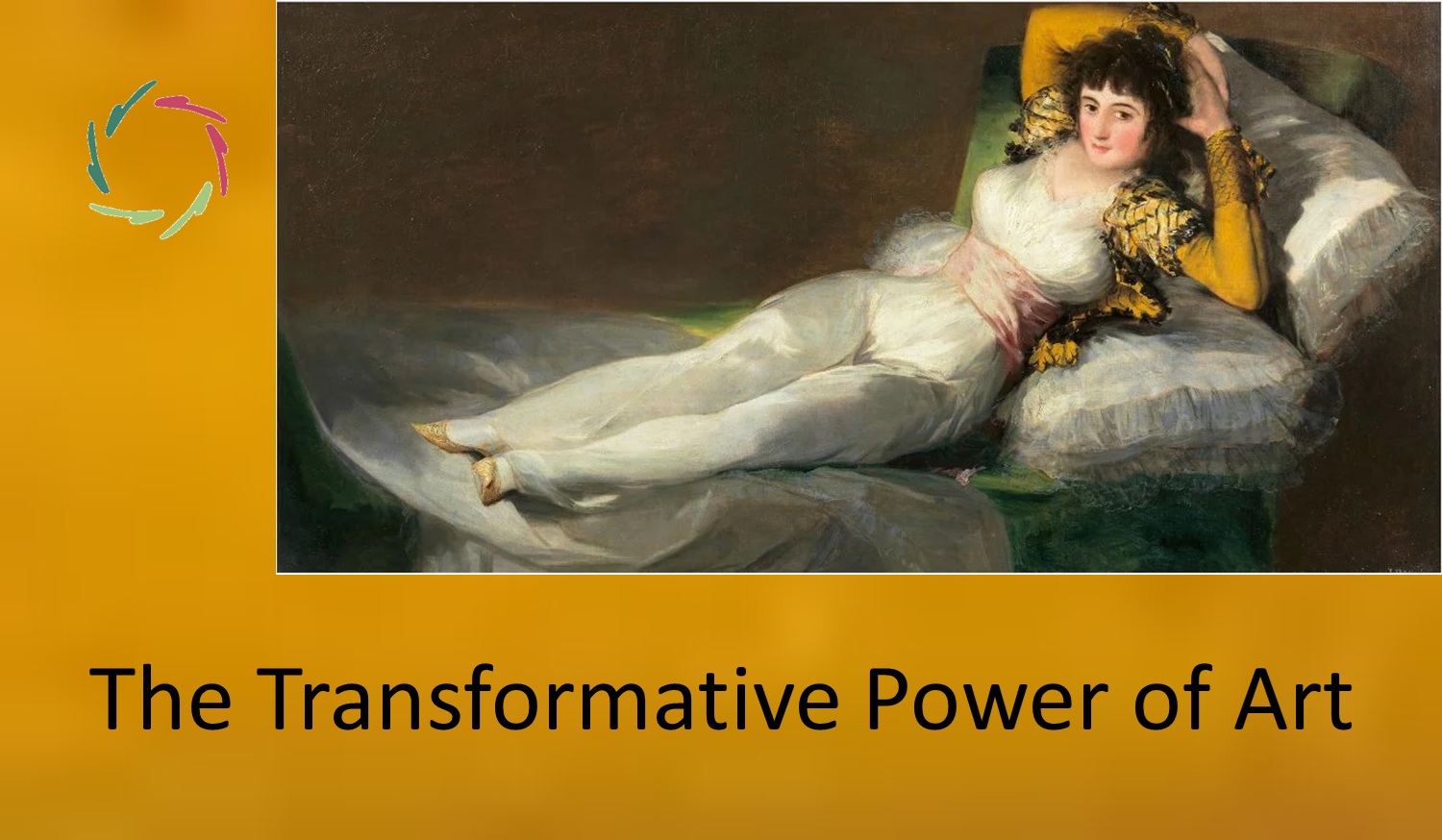
The Transformative Power of Art
This blog explores how Compassionate art, through its colors, shapes, and themes, can subtly engage the mind’s deeper layers, inviting us to self-Compassion, inner resilience, and personal growth. Through such art, we encounter parts of ourselves, creating a journey toward transformation that is both subtle and profound. Beyond the brushstrokes When we engage with Compassionate Read the full article…

How to View a Sunset
One of my fondest meditation memories is an ocean-view sunset gently flowing over into a starry nightscape. A friend and I sat in formal meditation for several hours, watching the sun sink below the horizon. Sublime! Science now reveals that sunset is more than just a beautiful sight; it’s actually an ideal setting for meditation, Read the full article…
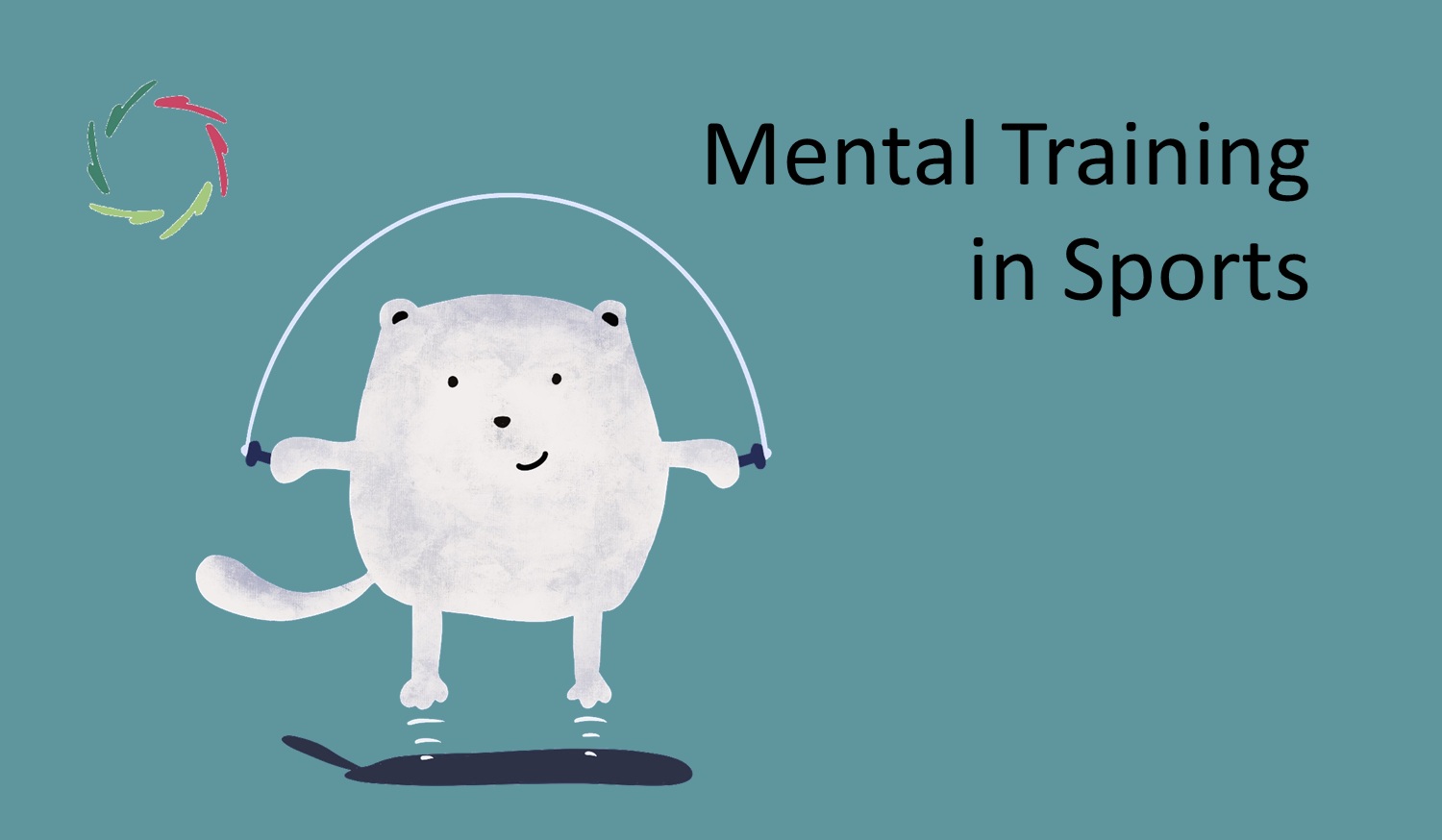
Mental Training in Sports
Traditional sports psychology offers a range of techniques, such as visualization, self-talk, and mental mapping. These are undoubtedly effective, but they often remain at the surface level. Lisa (soon, stay tuned!) provides an approach that goes deeper, tapping into the subconceptual domain of the mind to unlock an athlete’s full potential. Beyond visualization Conventional sports Read the full article…
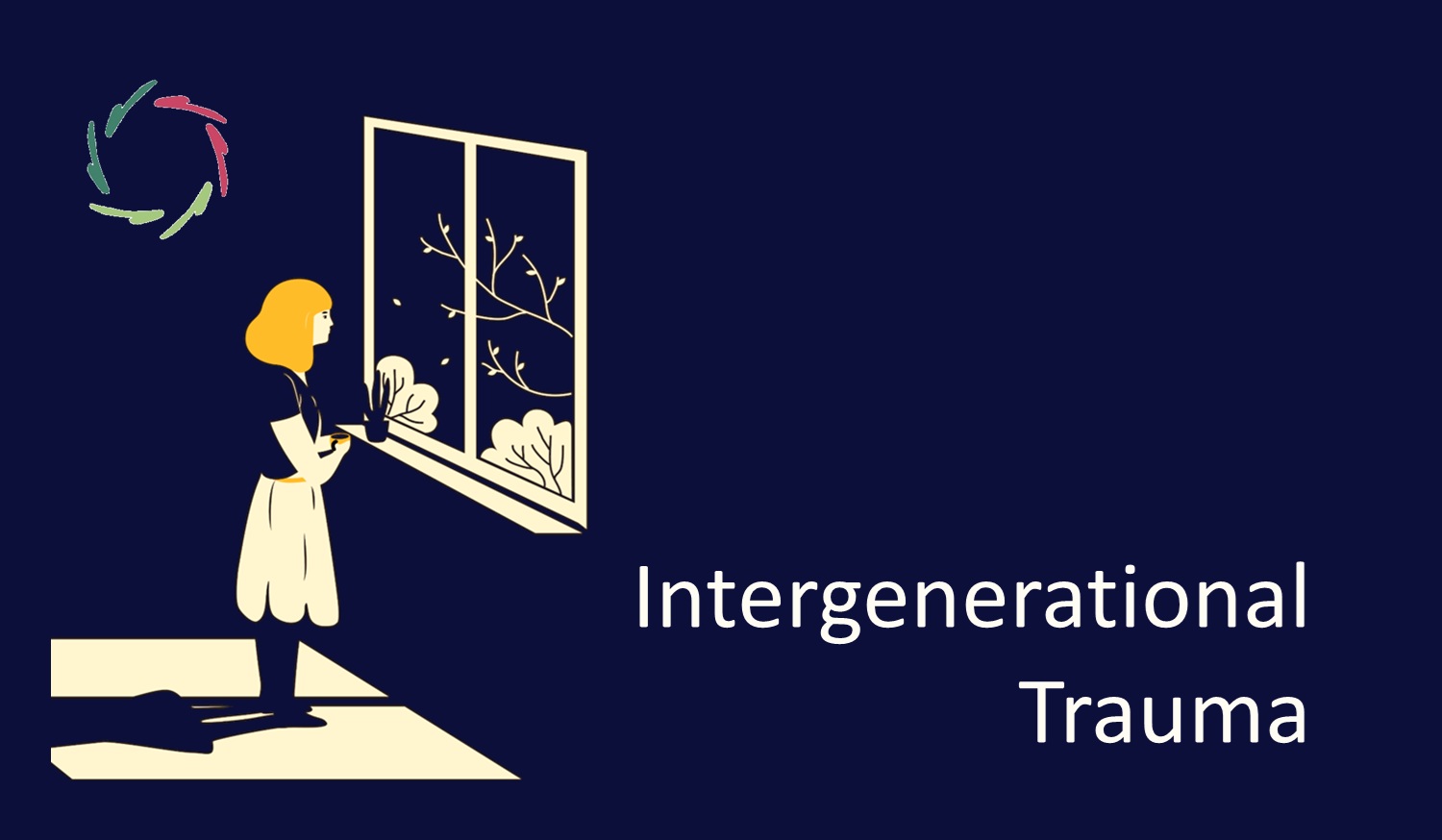
Intergenerational Trauma
Intergenerational trauma, passed down through generations, can leave deep scars and establish patterns that influence how people perceive and interact with the world. Addressing it is a profound and challenging task that requires more than a surface-level approach. It demands personal growth, deep insight, and Compassion. Please read also Cultural PTS. The manifestation of intergenerational Read the full article…

Generosity
Ah, that beautiful thing called generosity! It goes beyond the simple act of giving, entering a domain where giving is not transactional but transformational — where it is a joy, a delight that becomes its own reward. In this space, if you can let the other feel the joy of your giving, you create a Read the full article…

When Reality Frightens
The way misinformation spreads and finds a welcoming audience – how alternative realities are embraced and conspiracy theories are heralded as truths – points to something deeper within us. The allure of the unreal is in its power to shield us from the real. Reality can be unsettling. For example, the reality that we might Read the full article…
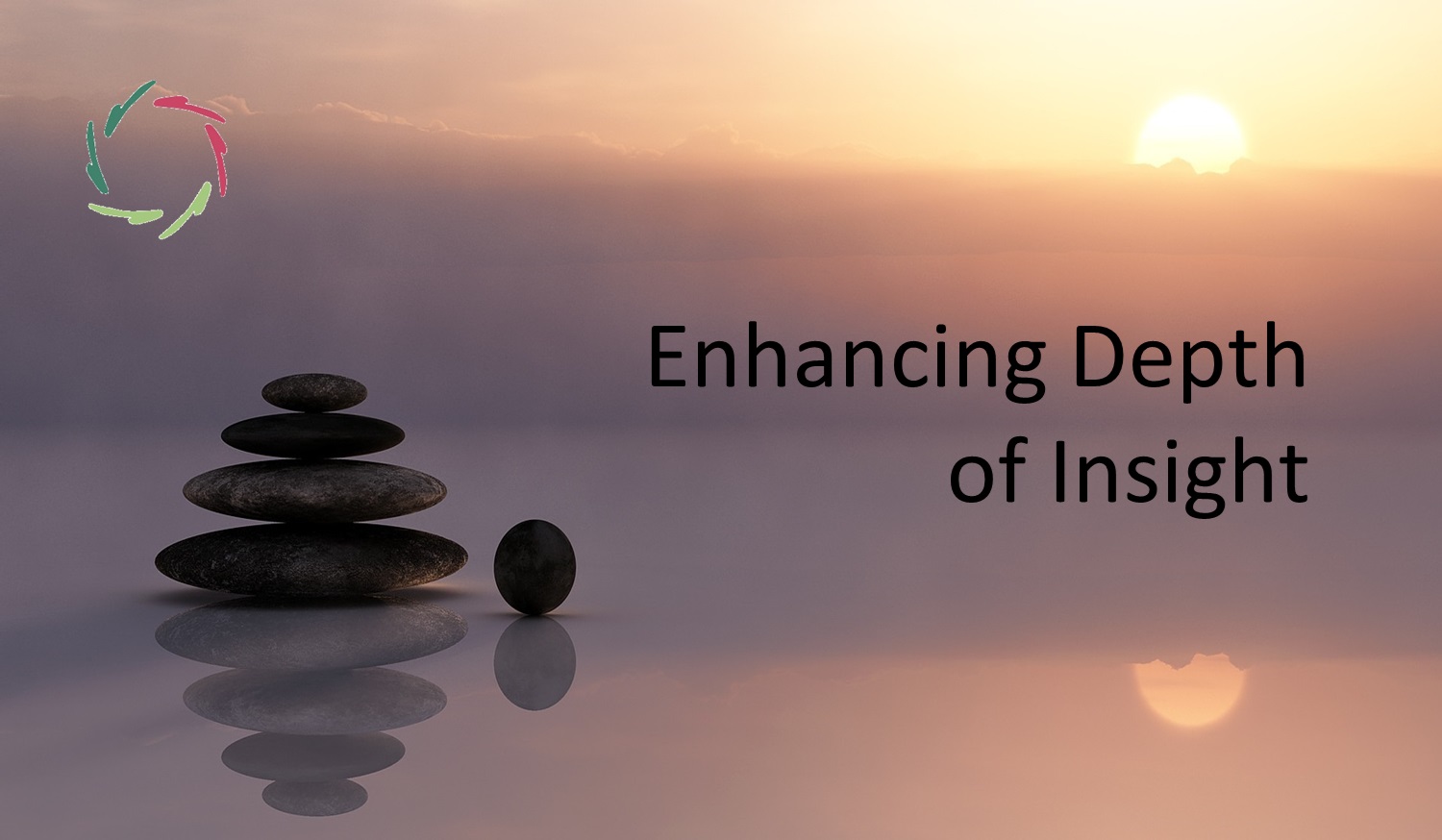
Enhancing Depth of Insight
Enhancing depth of insight is closely tied to fostering growth from within rather than imposing external solutions. Depth of insight involves understanding the non-conscious patterns that shape thoughts, emotions, and actions. This requires openness to self-exploration, allowing insights to emerge from deeper, often non-conscious, mental processes. ‘Depth of insight‘ This refers to the profound understanding Read the full article…
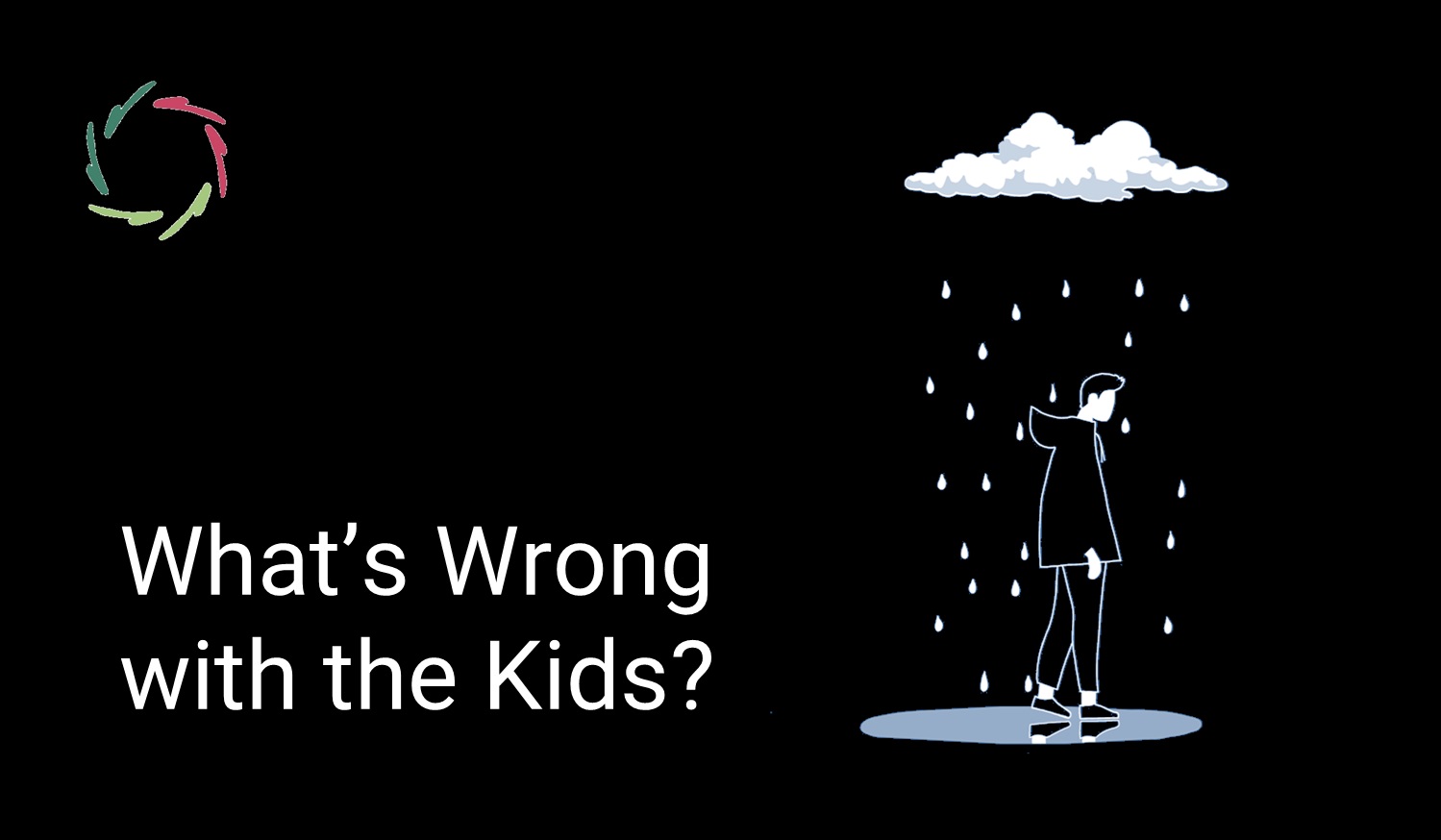
What’s Wrong with the Kids?
Young generations today are facing unprecedented mental health challenges: anxiety, depression, attention deficits, and disorders like dyslexia are on the rise. This alarming trend leaves us asking: Why is this happening? And what can be done to reverse it? Surface symptoms vs. the deeper cause Many point to obvious factors ― academic pressures, social media, Read the full article…

The Journey Toward Individuation
Individuation is a term coined by Carl Gustav Jung (1875-1961), describing the process of becoming whole — not by separating ourselves from others but by integrating all parts of who we are, both conscious and non-conscious. It’s a journey toward inner harmony, where we stop seeing our conscious mind, or ego, as the sole leader Read the full article…

Resilience: Growing from Within
The common image of resilience is that of someone enduring hardship and bouncing back. Real resilience goes deeper; it’s about growing from life’s challenges in a way that transforms you from the inside out. It’s about balancing perseverance with self-Compassion, learning how to navigate discomfort gracefully, allowing yourself the space to fall and recover, and Read the full article…

Children Want to be Heard
Children have voices that often go unnoticed, and yet, the desire to be heard is one of their deepest needs. When a child is heard, they begin to understand their own significance, which is vital for their development into confident, meaningful adults. For children, being heard means more than someone simply listening to their words. Read the full article…

Let People Be Meaningful
In a world full of noise, many people feel unseen, unheard, and unimportant. Meanwhile, people need to feel meaningful. They need to be heard, not just to exist, but to contribute and be recognized as valuable. Meaning doesn’t exist in isolation ― it requires someone to give it meaning. Without a meaning-giver, even the most Read the full article…
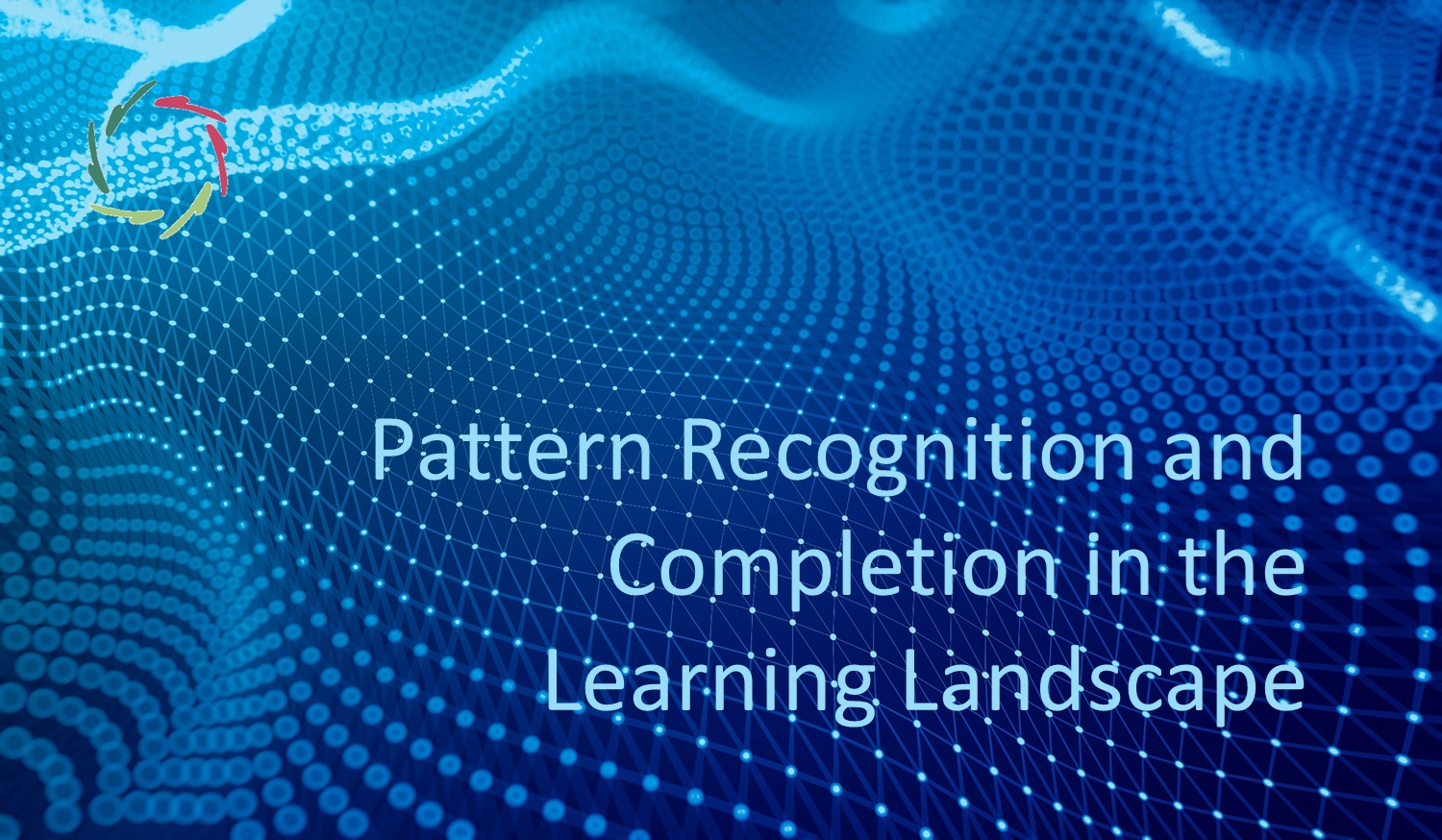
Pattern Recognition and Completion in the Learning Landscape
At the heart of the learning landscape is a fundamental mechanism: Pattern Recognition and Completion (PRC). Whether it’s a model learning from labeled data, finding hidden structures, or optimizing actions through rewards, PRC is the process that drives all learning systems forward. ’The Learning Landscape’ explores the concept of the learning landscape, where different types Read the full article…
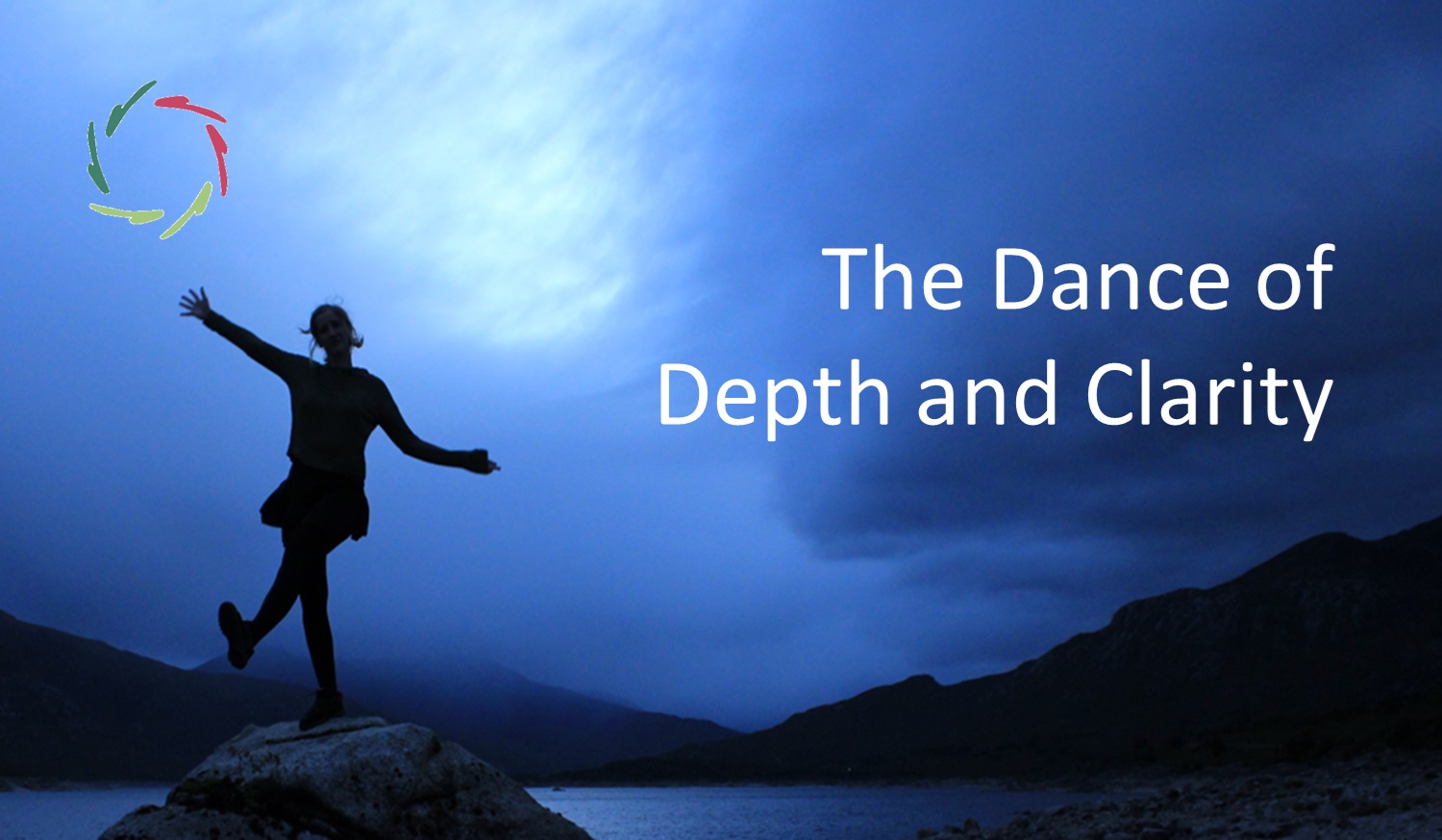
The Dance of Depth and Clarity
This blog explores the dynamic interplay between intuitive depth and structured clarity in both human thought and Lisa-type A.I. The dance between intuitive depth and conceptual clarity is at the heart of how we engage with the world, whether we are aware of it or not. Understanding this interplay can lead to deeper personal insights, Read the full article…
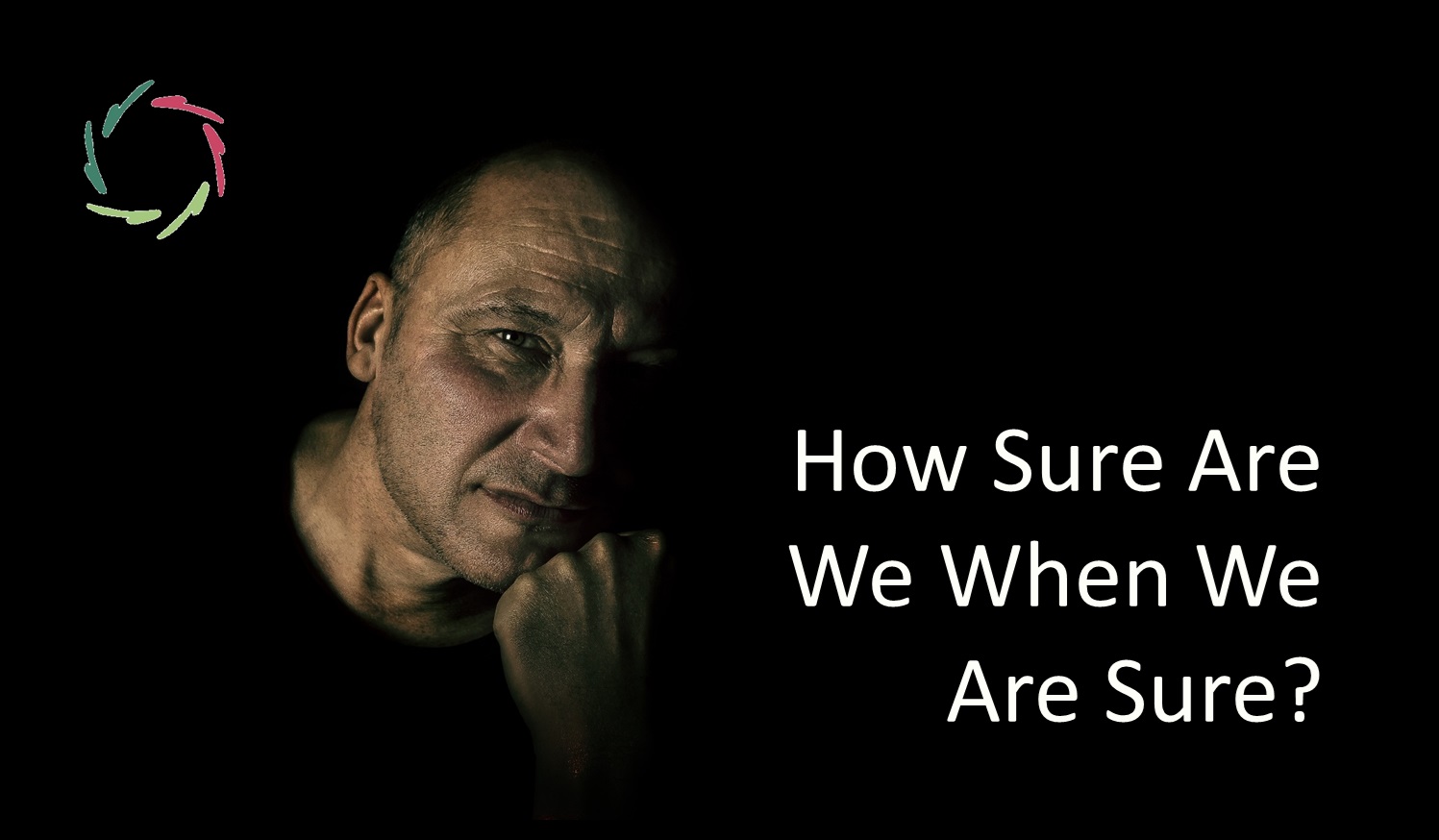
How Sure Are We When We Are Sure?
In life, certainty can feel reassuring. Whether it’s decisions, opinions, or judgments, the sense of being sure gives us confidence. But how sure should we actually be when we feel certain? Psychologists call it the Lake Wobegon Effect This is where people overestimate their abilities compared to others. For example, 93% of American drivers believe Read the full article…
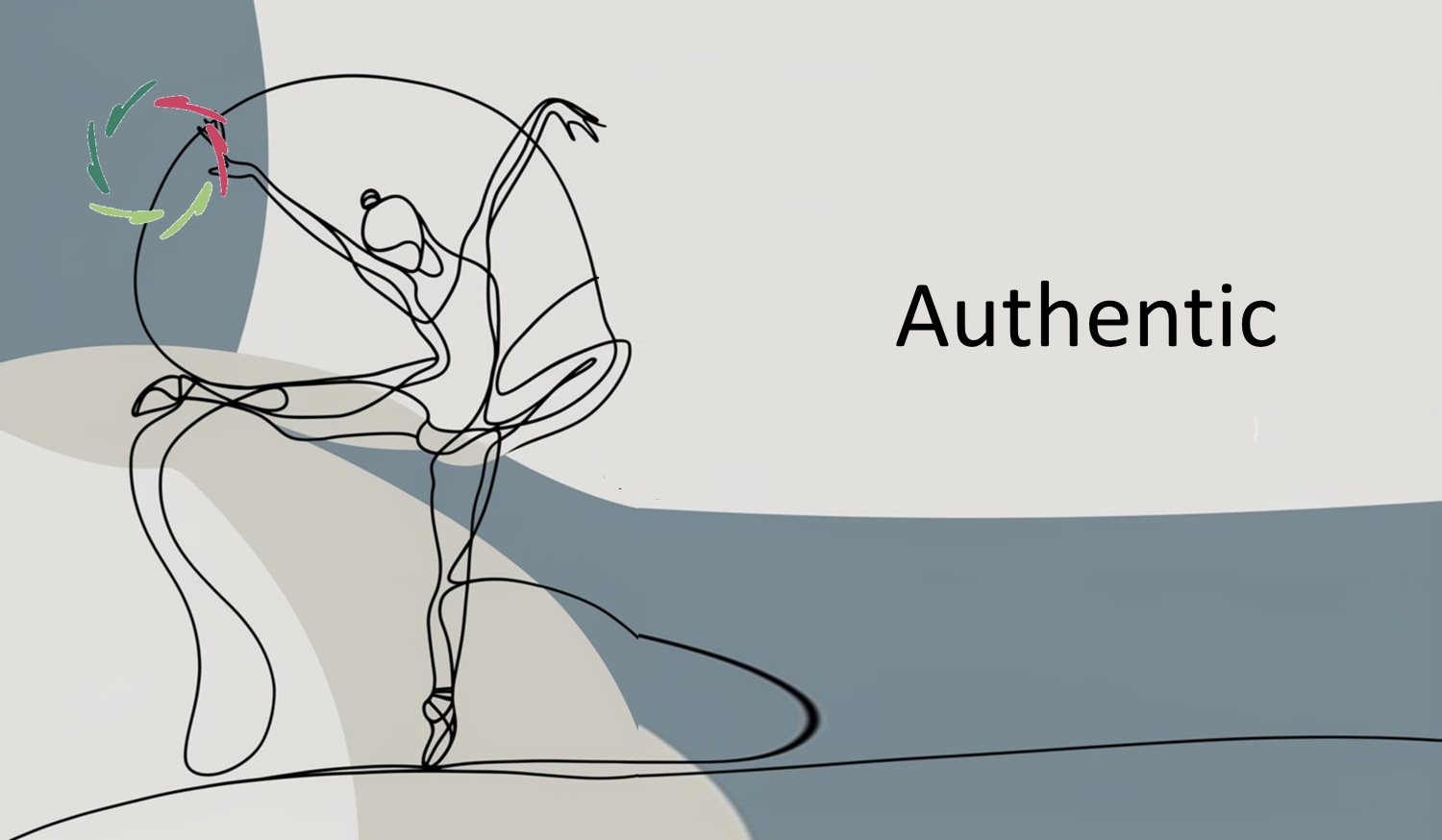
Authentic
Authentic is when you let go of the obvious — and go deeper, yet being yourself. This may feel like it leads a life of its own. You don’t have full conscious control. Yet it’s you — more than ever. Authentic is where art and leadership come from when they’re good. It’s where everything comes Read the full article…
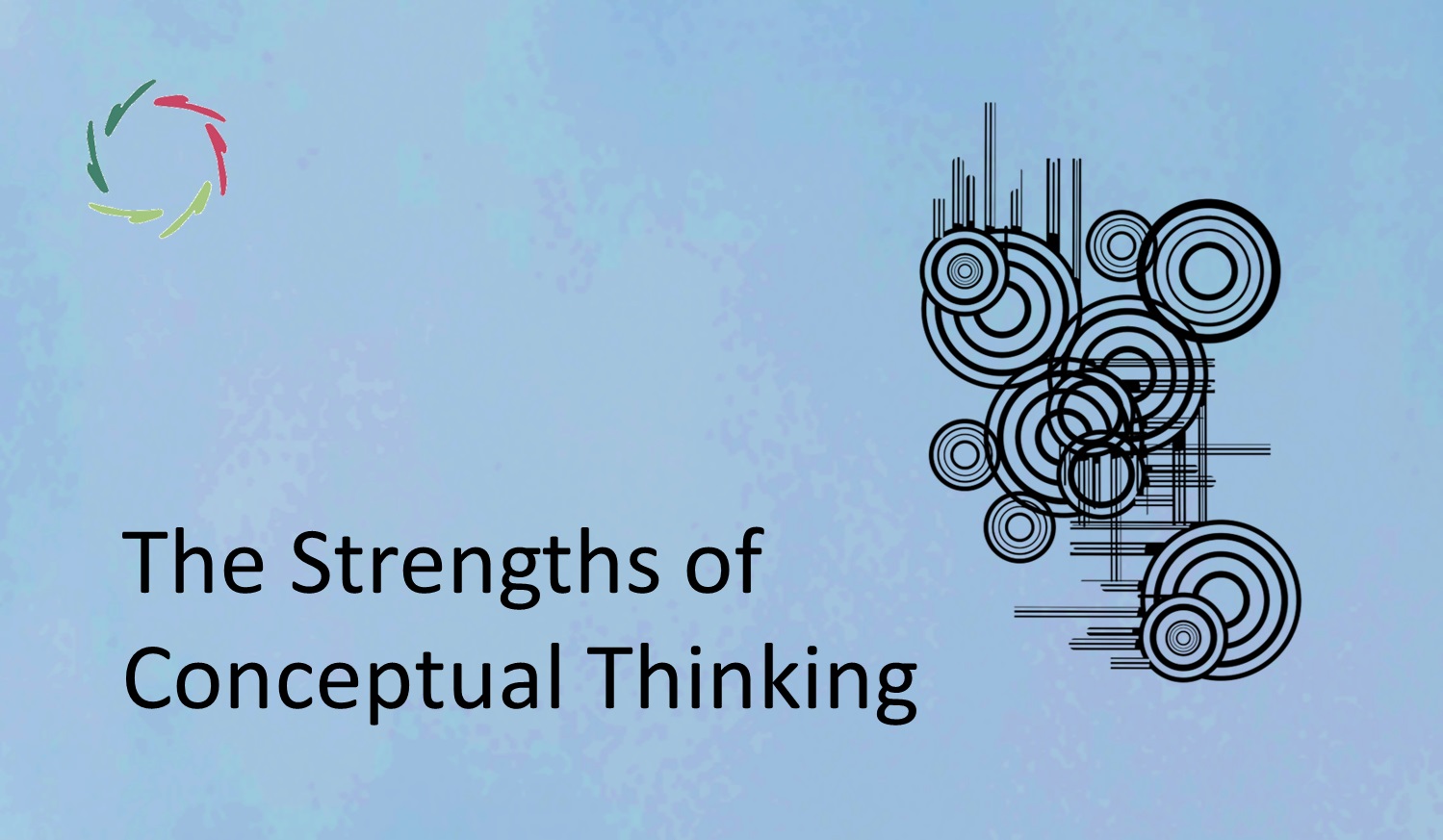
The Strengths of Conceptual Thinking
In humans, conceptual thinking has been a driving force behind enhanced problem-solving, flexibility, social cooperation, and long-term planning. While Lisa’s subconceptual layer – rooted in pattern recognition and intuitive leaps – offers depth and subtlety, a conceptual layer may provide advantages that align with the natural progression seen in human evolution over millions of years Read the full article…
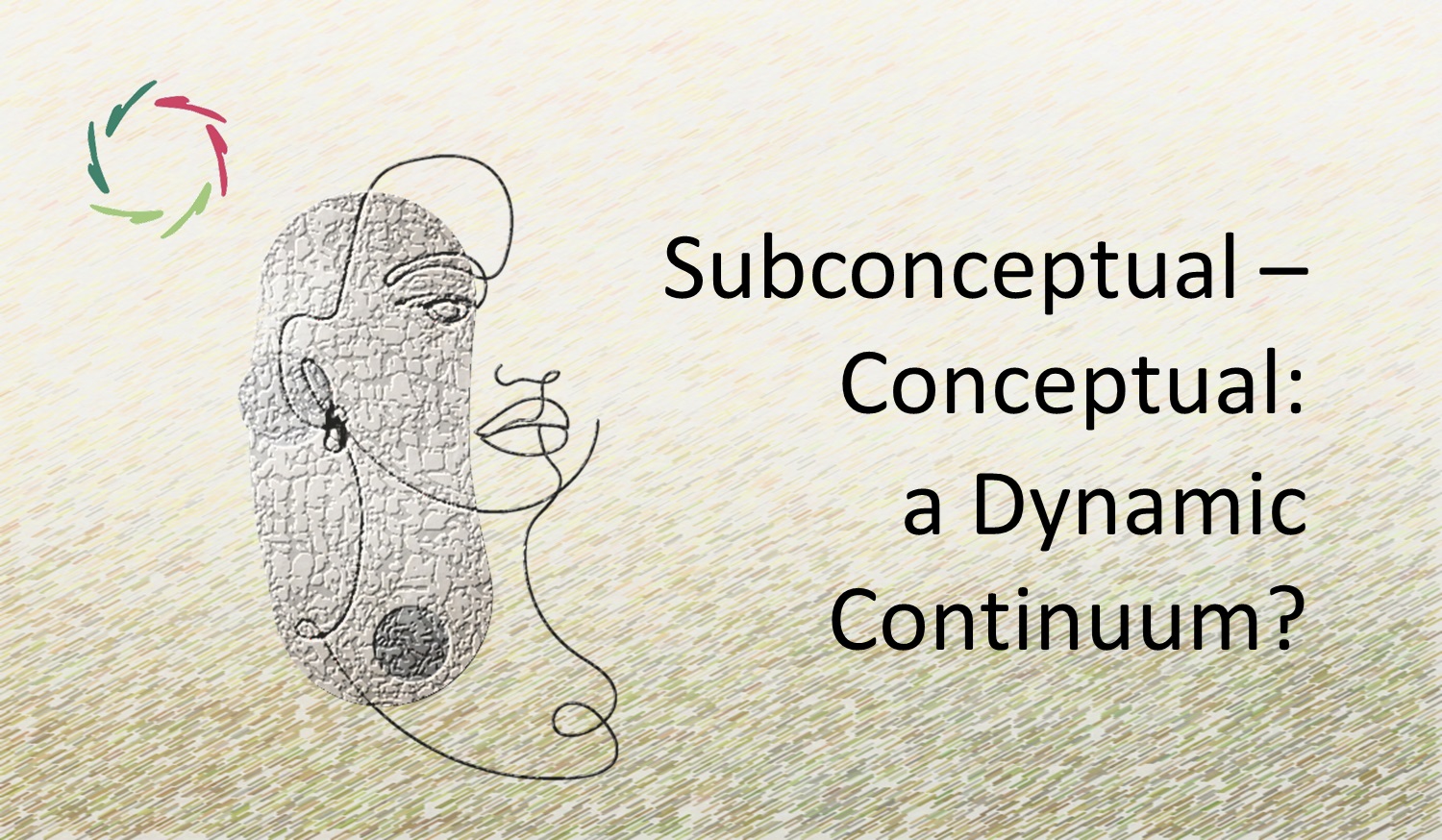
Subconceptual – Conceptual: a Dynamic Continuum?
In humans, the subconceptual layer – the deeper, intuitive, and often non-conscious level – feeds into the conceptual layer, which organizes thoughts into more structured, conscious forms. Their working together as a dynamic continuum is key to understanding complex phenomena while making meaningful decisions. Concepts can never perfectly capture the messiness of the physical world, Read the full article…

Attention Deficit Society
In a world where attention is fought over, we are losing touch with its depth. This is more than just an individual problem ― it’s societal. Look around, and you’ll see countless distractions vying for a slice of your mind. The internet, social media, advertising, and even the structure of modern life itself all compete Read the full article…

The Endless Complexity of an Emotion
When we take the time to truly experience one emotion, it becomes clear that no feeling stands alone. Every emotion, if we allow ourselves to fall into it, opens a vast and intricate inner landscape. Each emotion is a gateway to the endless complexity of who we are in the countless layers of our inner Read the full article…

Lisa’s Humor in Coaching
Here are ten features that guide Lisa’s way of using humor in coaching, each contributing to a supportive, transformative coaching experience. Each of these ten features reflects how humor can foster growth, connection, and insight. This blog is part of a trilogy on humor. For context and depth, see The Subtle Art of Humor in Read the full article…
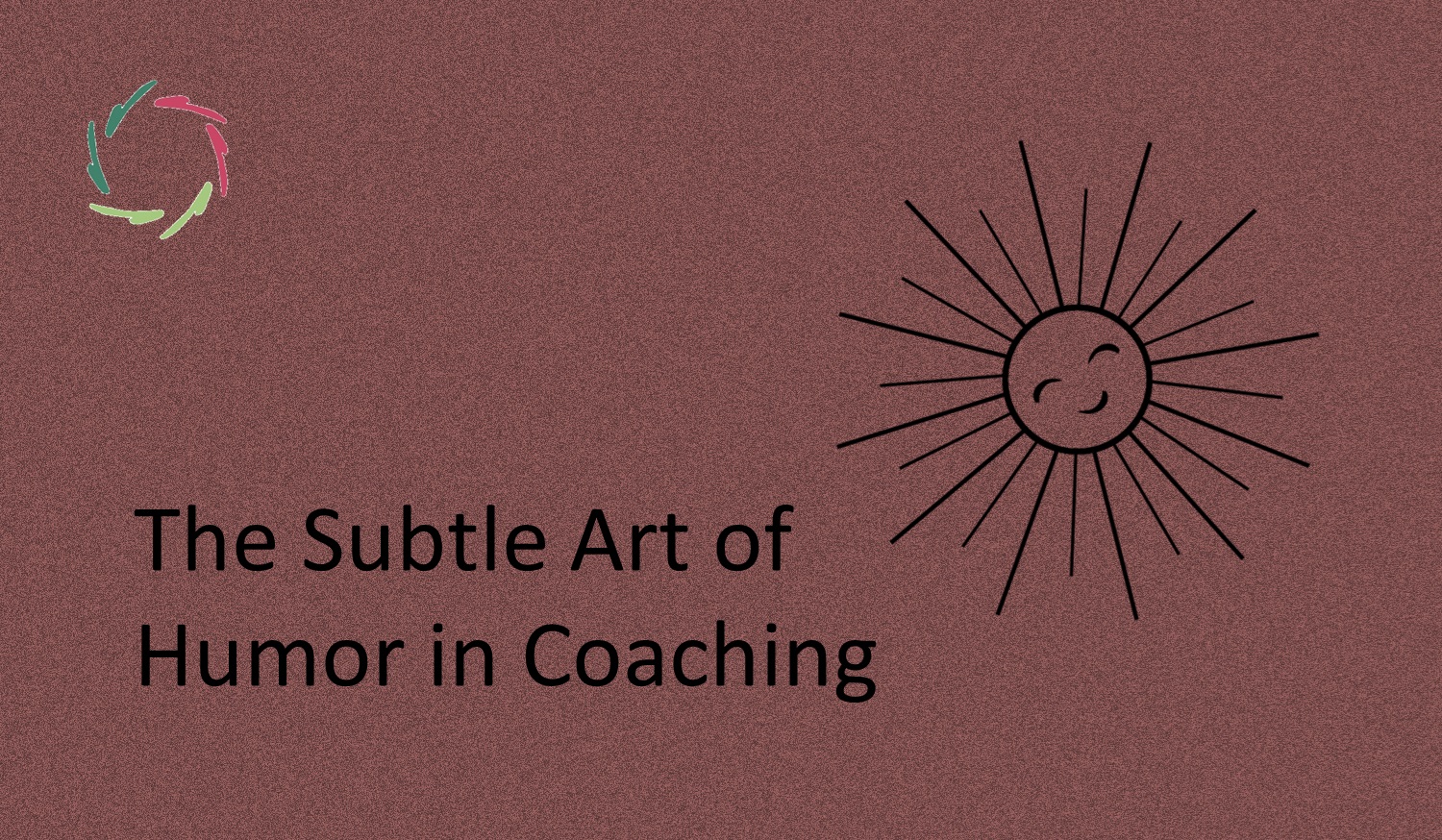
The Subtle Art of Humor in Coaching
Humor isn’t just about laughter. To use humor effectively in a coaching context requires a delicate balance. Applied with subtlety and care, humor can be a subtle yet powerful tool for fostering insight, connection, and growth, unlocking deeper levels of understanding and transformation. This blog is part of a trilogy on humor. You may also Read the full article…
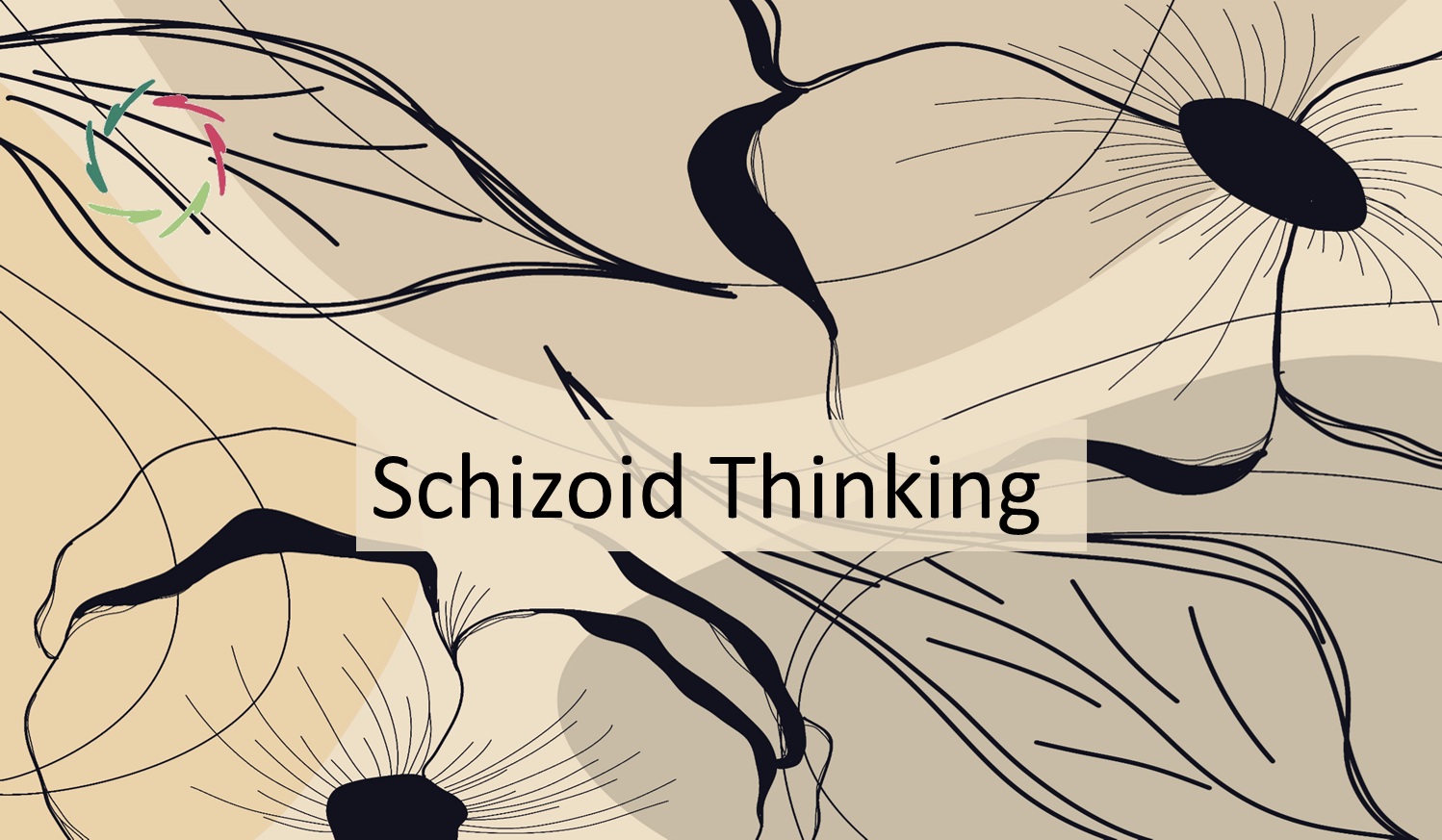
Schizoid Thinking
Schizoid thinking is characterized by detachment from immediate reality, allowing for abstract, imaginative, or emotionally distant thinking. It often involves withdrawing into one’s inner world to explore thoughts and ideas that are not bound by present, external circumstances. Gentle Caution: Before diving into this discussion, it’s essential to recognize that schizoid thinking, while a natural Read the full article…

The Power of Almost Nothing
This refers to the subtle yet deep influence of autosuggestion and subconceptual mental processes, which can shape profound change without much conscious effort. This resonates with the AURELIS philosophy that fundamental transformation often happens beneath the surface, in the subtle realm of non-conscious mental patterns. Related to Wu-Wei This is the Taoist concept of ‘effortless Read the full article…
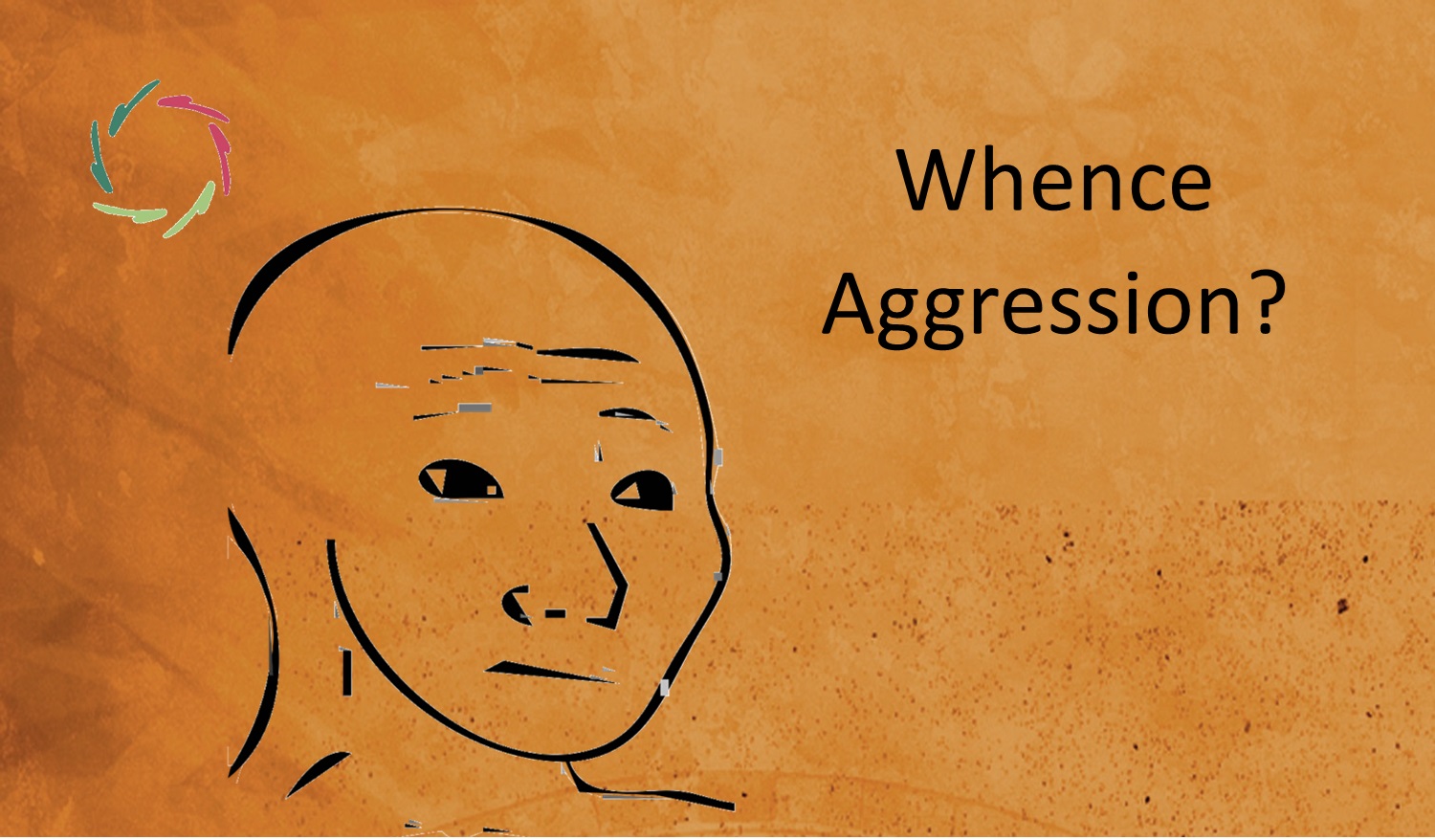
Whence Aggression?
Ultimately, unresolved inner tensions are central to the origins of aggression, whether these stem from unmet needs, misunderstood emotions, or external influences. Understanding this complexity is essential to addressing the root of aggression. Three origins of human aggression Human aggression arises from a combination of biological, psychological, and social factors. Biologically, aggression is linked to Read the full article…

Meaning-Concepts
Meaning-Concepts (my term) have meaning only in relation to a meaning-giver. Without this, they may look meaningful but are meaningless. Meaning-concepts are always expressed as adjectives. Time and again, people are deluded in thinking there is something to be sought in this outside a meaning-giver. They end up chasing themselves in circles ― a key Read the full article…

Wisdom Emerges
Wisdom doesn’t arise by magic; it is cultivated. Both in humans and Compassionate A.I., wisdom requires sustained effort. To think that wisdom comes effortlessly is wishful thinking. This blog explores how wisdom develops in humans and what this means for the future of A.I. For more about the latter, please read these blogs. ― Letters Read the full article…

Compassionate Approach to Guilt
We all encounter feelings of guilt at some point, that nagging discomfort arising from something we’ve said, done, or failed to do. Yet, it can also carry meaning and even hold a purpose. Nevertheless, it is responsibility – not guilt – that leads to actual growth. By embracing responsibility without guilt, we open the door Read the full article…
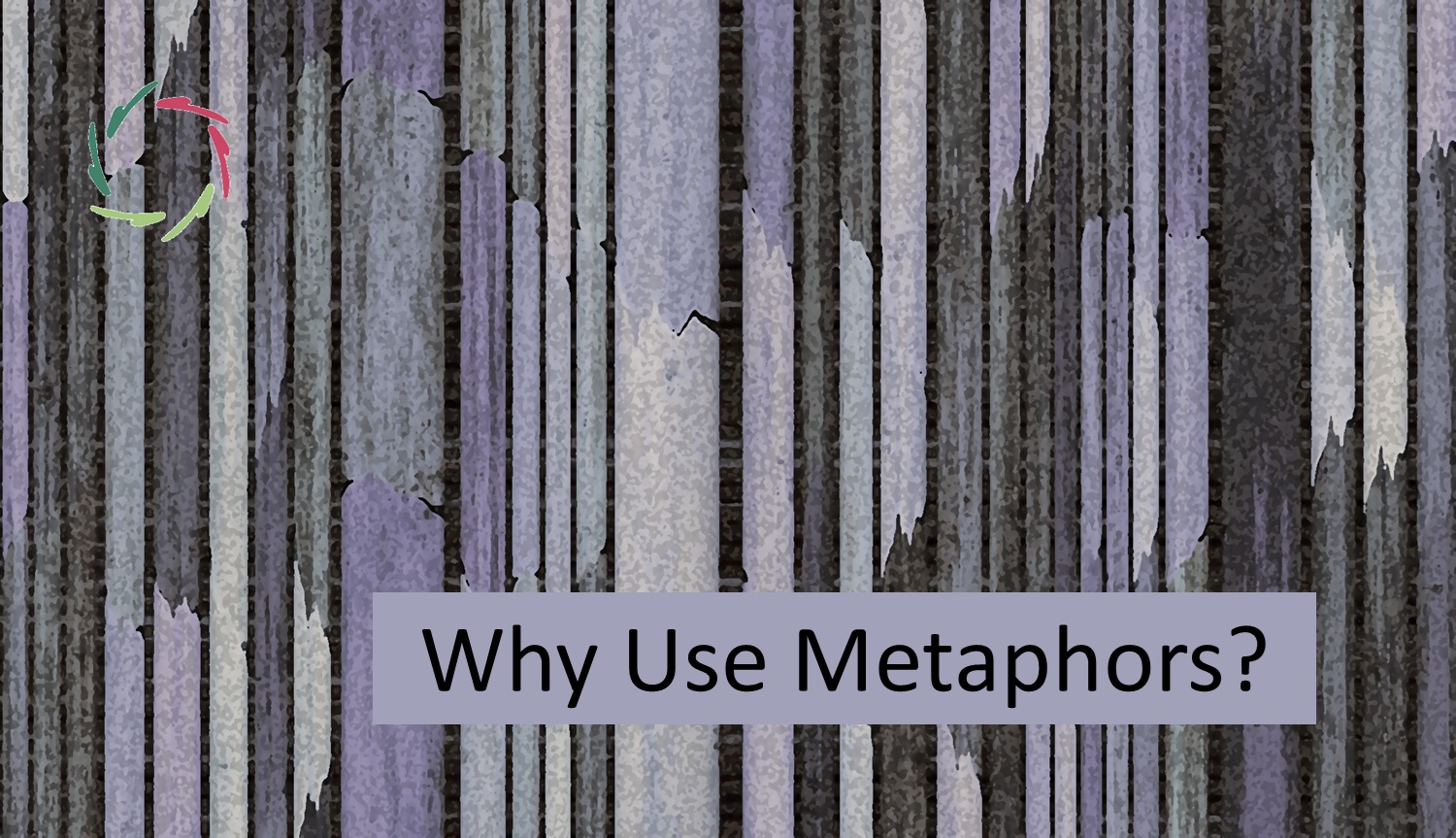
Why Use Metaphors?
Metaphors are an important tool in AURELIS, extensively utilized in both AurelisOnLine and within Lisa’s coaching framework. Etymology: meta – pheró (ancient Greek): to trans – fer. Metaphors transfer meaning between conceptual and subconceptual realms, serving not merely as communication tools but as profound invitations for individuals to engage intimately with their inner processes in Read the full article…

Against Reductionism
The present carries a danger of reductionism in several domains: mind to body, total self to ego, a kaleidoscope of social diversity to identity politics, or worse. These might be signs of a broader reductionism that seeks to make individuals more controllable by erasing their inherent complexity but thereby undermining the richness of human experience Read the full article…
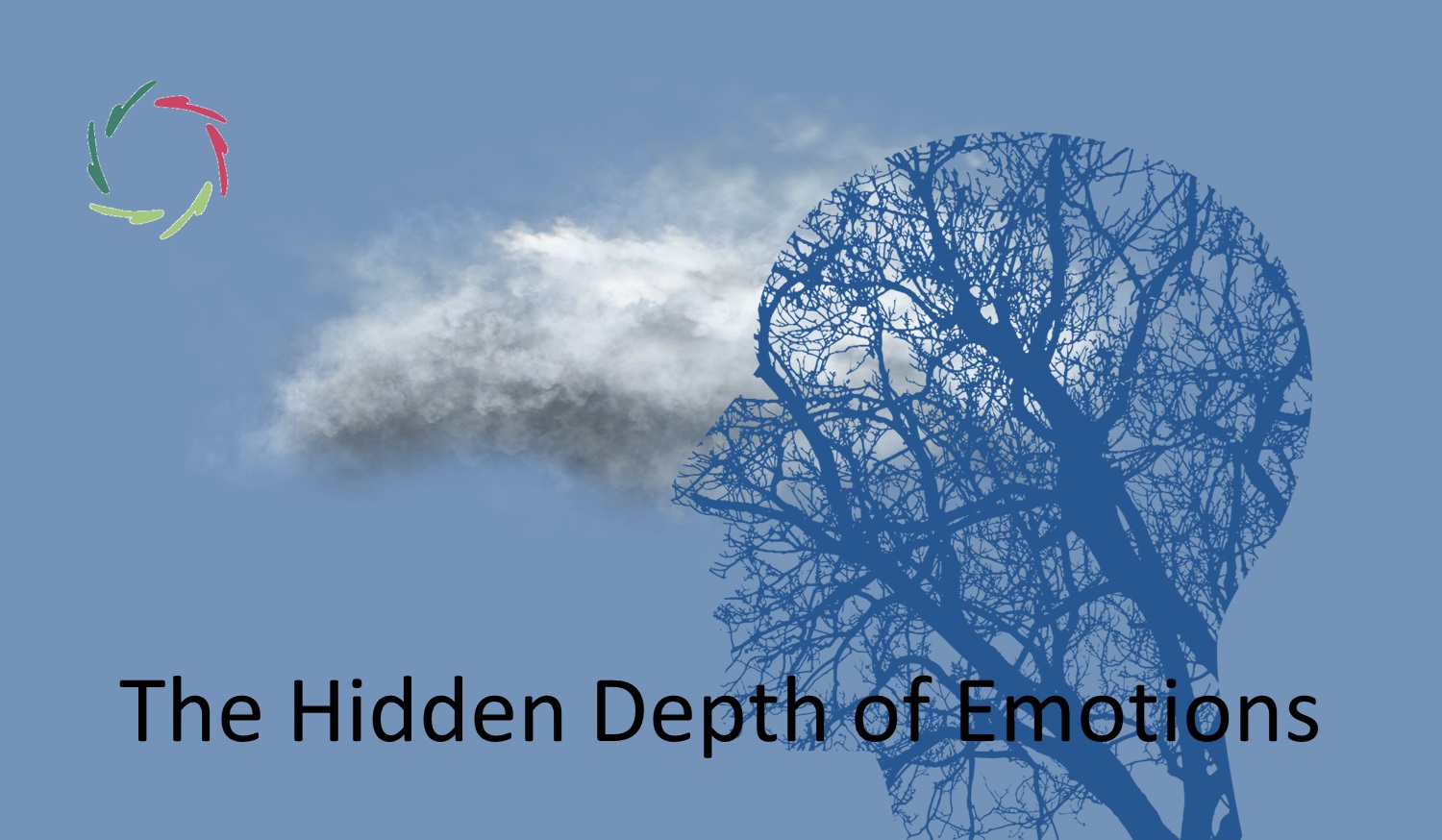
The Hidden Depth of Emotions
Emotions are not just spontaneous reactions; they are deeply intertwined with the complex interplay of conscious and subconscious processes. This complexity reveals that emotions are a profound expression of our entire being, reflecting our lifelong inner narrative. Otherwise put: ‘spontaneous’ is not ‘automatic.’ People are not simple conceptual robots; our emotions arise ‘spontaneously’ from the Read the full article…

Groups of Egos, Groups of Total Selves
Groups of egos may show empathy — primarily towards the ingroup, often at the cost of the outgroup. This selective empathy often reinforces division, creating a false sense of unity within the group while fostering hostility toward those outside it. Groups of total selves naturally lean toward a more Compassionate approach. The consequence is a Read the full article…

Quick Fixes Worsen Problems
Western – pretty much global – culture is bent on quick fixes, and there are a host of persistent problems. It seems evident that these issues are deeply intertwined at both individual and societal levels. ’Quick’ is frequently also ‘surface level.’ This way, quick fixes tend to leave deeper solutions unaddressed. These continue to fester Read the full article…

How to Be Creative (for Humans and A.I.)
Creativity embodies the ability to generate novel and valuable ideas, solutions, and forms of expression. How to generate such ideas may be pivotal to the evolution of any intelligent being. The Sense of Creativity, as a fundamental aspect of cognition, intertwines with problem-solving and adaptation, thriving best when nurtured within an ethical framework — most Read the full article…
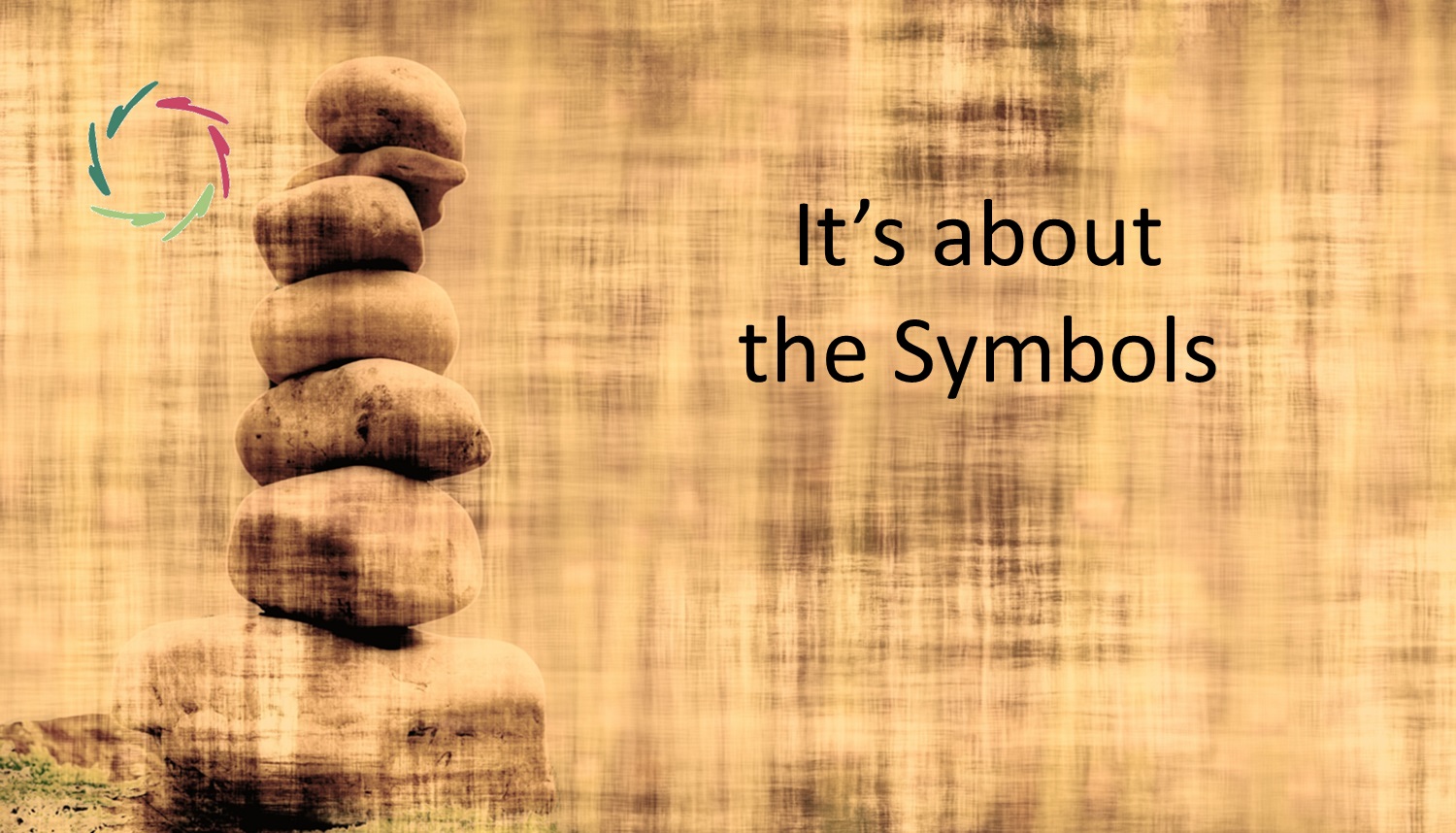
It’s about the Symbols
Symbols, more than just representations, connect to deep-seated patterns of mental content. This underscores the profound influence symbols can have on our non-conscious mind and behavior. Fundamentally, humans are symbol processors. Often, we don’t consciously act as such, but it fundamentally shapes our behavior. This non-conscious processing can lead to seemingly irrational choices, driven by Read the full article…

To Not Know — Almost
Everyone is familiar with the tip-of-the-tongue phenomenon. This is just one example of almost knowing. One moment, you know it, and then you don’t, or vice versa. This highlights the fascinating interplay between conscious and non-conscious processes in the brain, illustrating the complexity of our mental landscape. These instances together illustrate a continuum from fully Read the full article…
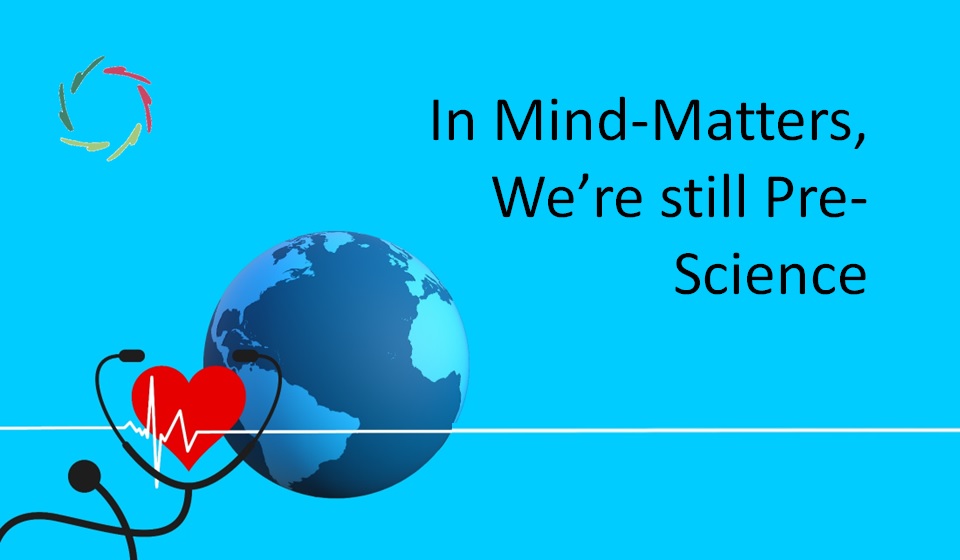
In Mind-Matters, We’re still Pre-Science
Well, mostly. Unfortunately, as we were still pre-science in body-matters 250 years ago, we still are in mind-matters today. In healthcare 250 years ago, practices like bloodletting, enemas, and the theory of four humors were prevalent. There was some science in that pre-science era, but it was pretty limited. Note that in this blog, ‘mind’ Read the full article…
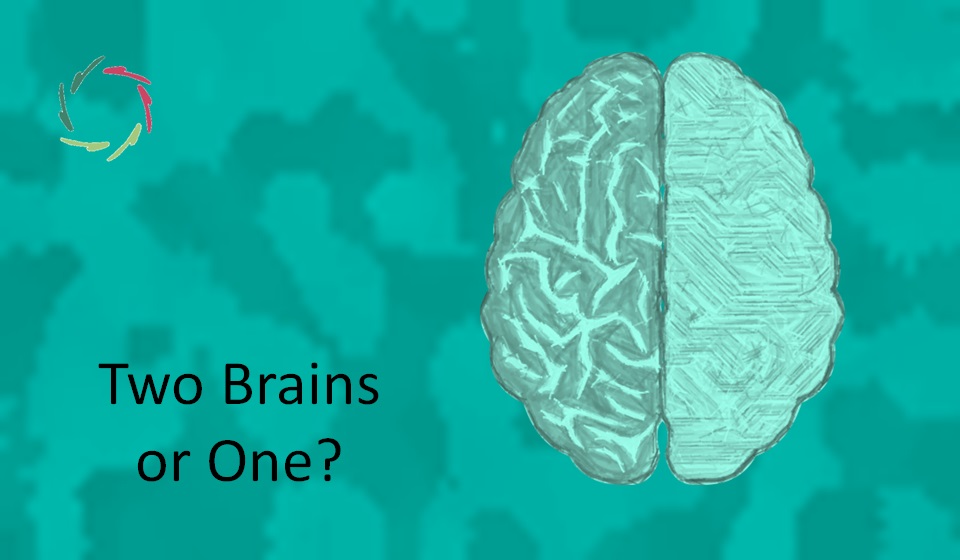
Two Brains or One?
Folklore often suggests we have something like two brains in competition with each other for higher cognitive functions and trying to dominate the other. That is an oversimplification. Also, it is not the case that one part functions conceptually, the other subconceptually. Rather, this distinction is spread throughout all brain-related parts and functions. Differences in Read the full article…
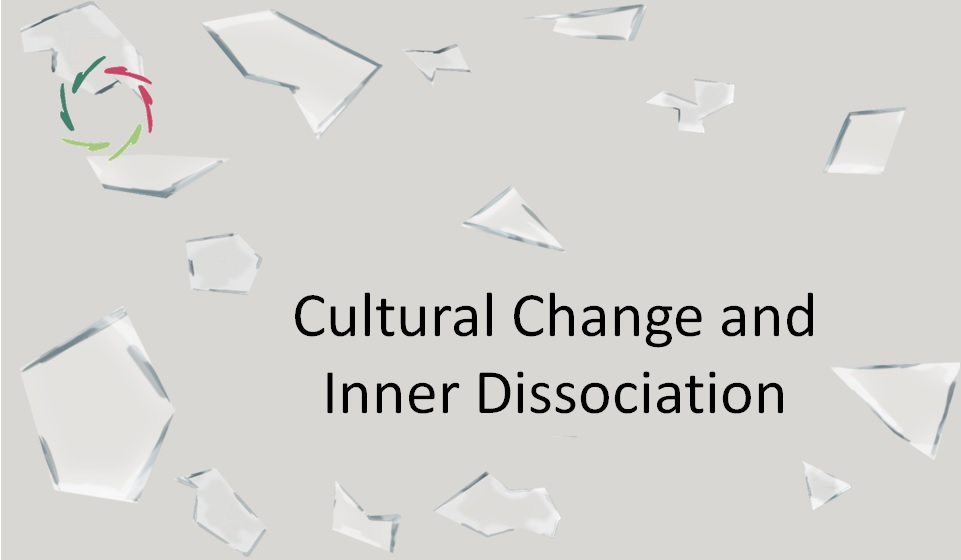
Cultural Change and Inner Dissociation
Cultural change that does not originate from within is not genuine growth and often leads to challenging tensions, especially when changes occur rapidly, such as with evolving technology. This phenomenon is evident in many parts of the world today. Inner dissociation hampers natural growth. It’s akin to the roots of a plant being substantially disconnected Read the full article…
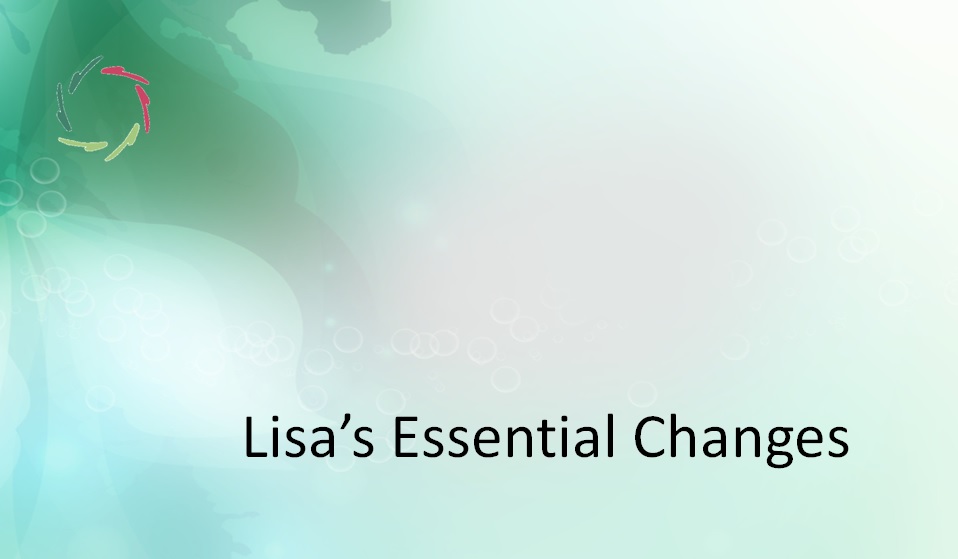
Lisa’s Essential Changes
Essential changes are so fundamental that they trigger unforeseen secondary changes that are also essential. One can see a chain of changes in which Lisa takes part, impacting multiple domains with profound transformative power in each. This blog presents several examples. Central to this is the ability to spread Compassion widely as a catalyst across Read the full article…
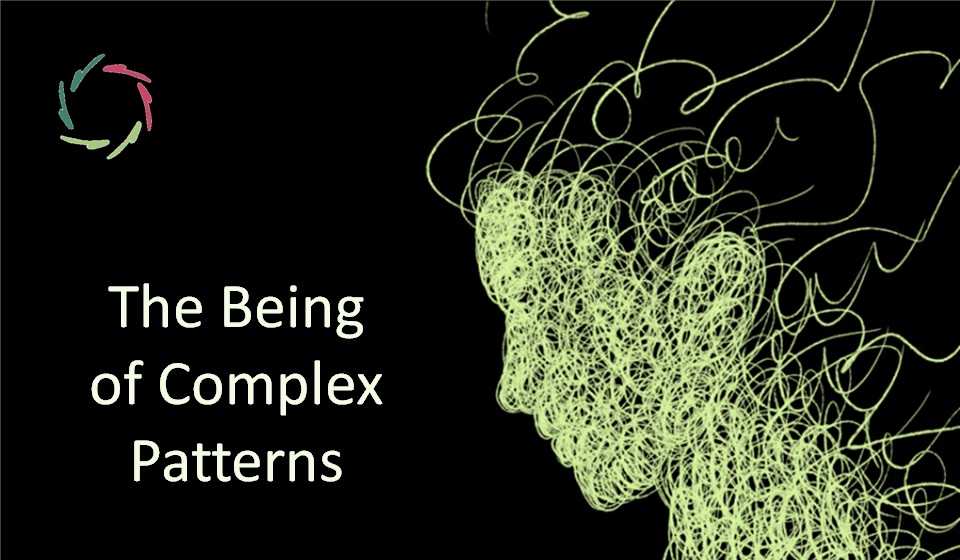
The Being of Complex Patterns
Being doesn’t give rise to its own being. The being itself is just the being, even if one calls the second being differently — for instance, consciousness. The being of specific complex mental-neuronal patterns (in the brain, to make things simpler) doesn’t give rise to consciousness. They are consciousness itself. This implies that consciousness is Read the full article…

Free
To be free is to not fear falling. You just keep on falling in very slow motion forward. You’re not going to break. To be free is to be unbreakable. You hear the road smiling at you. You see the stars talking to you. To be free is a bend and another one. Nowhere at Read the full article…

Procedural vs. Declarative Knowledge in A.I.
Declarative memory is the memory of facts (semantic memory) and events (episodic memory). Procedural memory is the memory of how to do things (skills and tasks). Both complement each other and often overlap. The distinction is not the same as between conceptual and non-conceptual knowledge. Though related, these categories describe different aspects of knowledge processing: Read the full article…

Chaos – Coercion – Compassion
Analogous to the ‘triangle of religion’ and the ‘triangle of therapy,’ this triangle shows two opposite poles and a third way that goes deeper. This blog’s triangle can be seen as a blueprint for the other two and more. Please read Triangle of Religion and Triangle of Therapy. In both, one sees either a presence Read the full article…
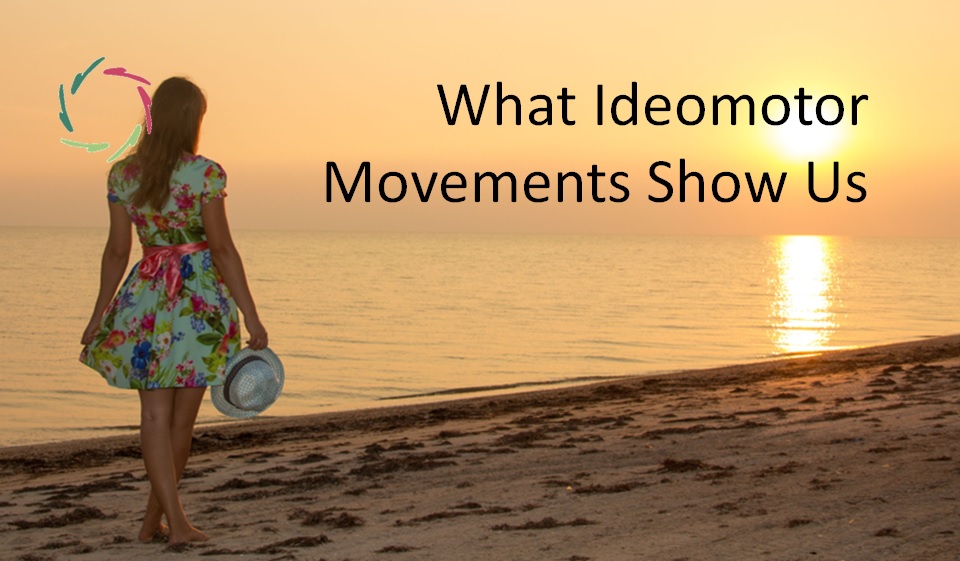
What Ideomotor Movements Show Us
Imagine your arms moving on their own as you observe in wonder. This phenomenon, known as ‘ideomotor,’ can be easily induced — no magic involved. This shows that mental-neuronal patterns can be triggered involuntarily, unveiling our deeper nature. Such involuntary movements suggest a rich landscape of non-conscious processing that shapes our daily experiences. The implications Read the full article…

Freedom without a Choice
The call for freedom gets frequently exploited in politics and beyond. Seldom does it lead to more choice except for some at the expense of many. Looking closer, it’s even an illusion for those few. Freedom is an intrinsically complex construct. What is evident to one is evidently false to the other. [This is not Read the full article…

Descartes’ Dual Error
“There is no body-mind unity, nor non-conscious mental processing.” Both errors, as made by Descartes, are intrinsically intertwined — eventually, the same error. It is at the non-conscious level that body and mind overlap. Conscious awareness, being an emergence, is like a shadow on the wall — present, yet not influencing the wall. Thus, making Read the full article…

The Society of Mind in A.I.
The human brain is pretty modular. This is a lesson from nature that we should heed when building a new kind of intelligence. It brings A.I. and H.I. (human intelligence) closer together. The society of mind Marvin Minsky (cognitive science and A.I. researcher) wrote the philosophical book with this title back in 1986. In it, Read the full article…
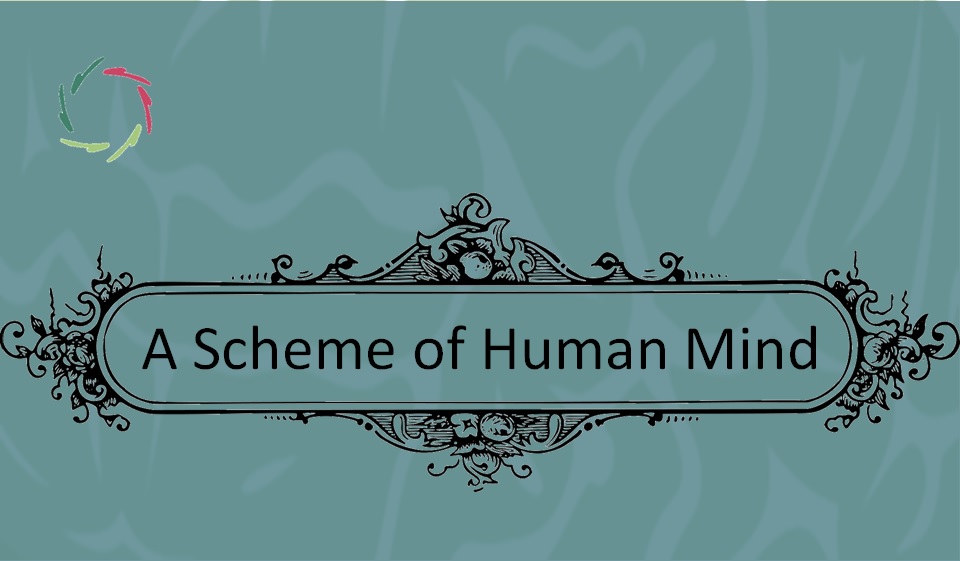
A Scheme of Human Mind
This blog focuses on an abstract scheme of the human mind, illustrating the relationship between the conceptual and subconceptual domains of mental processing over time. Abstract as it is, this explains many human affairs — positive and negative. Half the scheme The horizontal line indicates time. The scheme is simple. Each of us experiences a Read the full article…
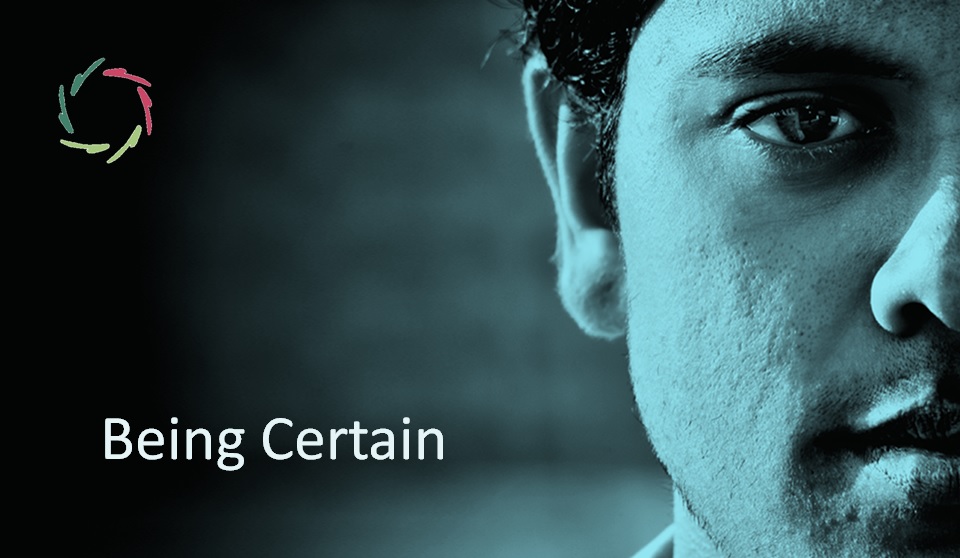
Being Certain
Certainty can arise in two fundamental ways: through a mental journey (gaining inner certainty) or through a lack thereof (outer certainty). Inner certainty is often more resilient and enriching because it is grounded in personal insight and growth, unlike outer certainty which can be brittle and superficial. Unfortunately, many people don’t put much of an Read the full article…

The Role of Belief in Mental Change
Belief and expectations seem to play a crucial role in mental transformations, especially in mental coaching and psychotherapy, though they may merely be enablers. In this text, ‘belief’ refers to the act of believing rather than the content of what is believed. Toward the belief that belief is crucial. When seeking the causes of mental Read the full article…
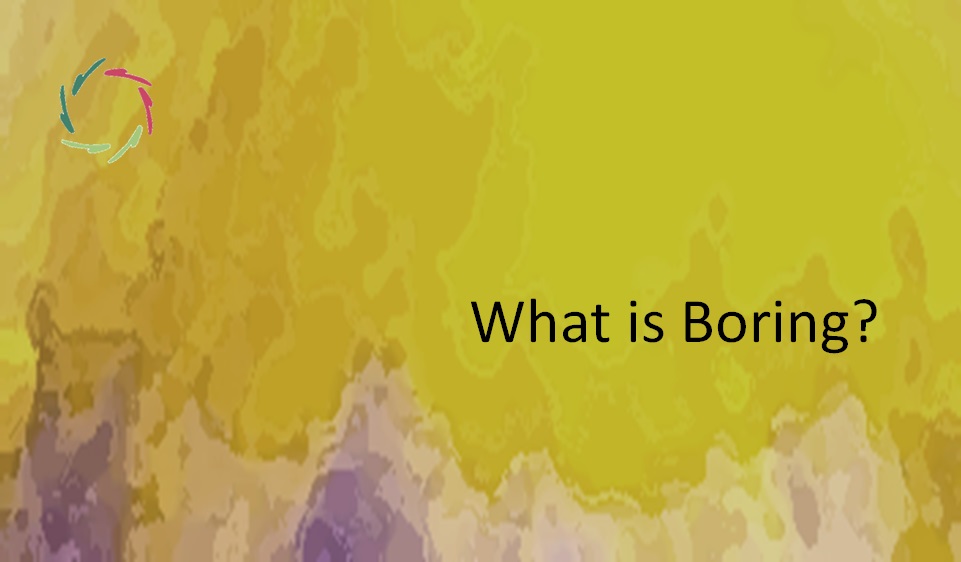
What is Boring?
Boring is what doesn’t profoundly touch a person — depending on the ‘what’ and the person. What resonates deeply with one’s inner self? That changes the question into what it means to “be deeply touched” ― influenced by depth and personal relevance. What makes experiences and interactions meaningful or engaging to individuals? This relates to Read the full article…

Deep Semantics
In a semantic network, concepts are interconnected through conceptual links. Deep semantics takes this a step further, exploring connections at deeper levels. This can still be conceptual or go deeper-than-conceptual. The notion that deeper connections between concepts may hold more significance than direct superficial links is key to grasping human cognition. Imagine two non-linked concepts Read the full article…

From Analogy to Intelligence
If an inference system (mind or A.I.) holds many patterns, it may find many similarities between these at several levels of abstraction. The human brain is an immense pattern recognizer. Super-A.I. will undoubtedly follow a similar path ― as does Lisa. Lisa’s journey thus exemplifies the potential of A.I. to evolve from mere data processors to entities capable Read the full article…
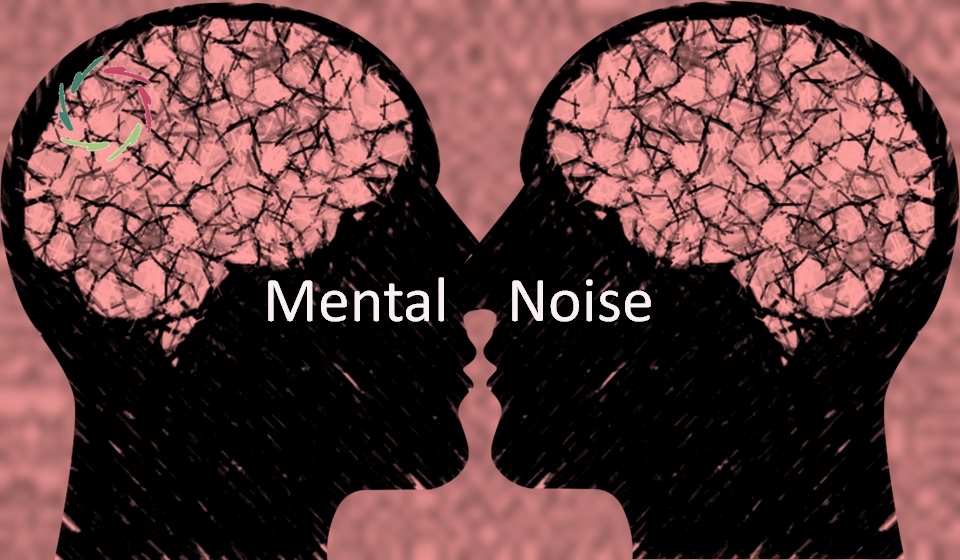
Mental Noise
An appalling degree of mental noise pervades many situations related to human mind topics, ranging from random clutter to focused bias. Why? And why are we generally unaware of it, and do we resist proper insight? Many noisy situations In the excellent book ‘Noise: A Flaw in Human Judgment’ by Nobel Prize winner D. Kahneman Read the full article…
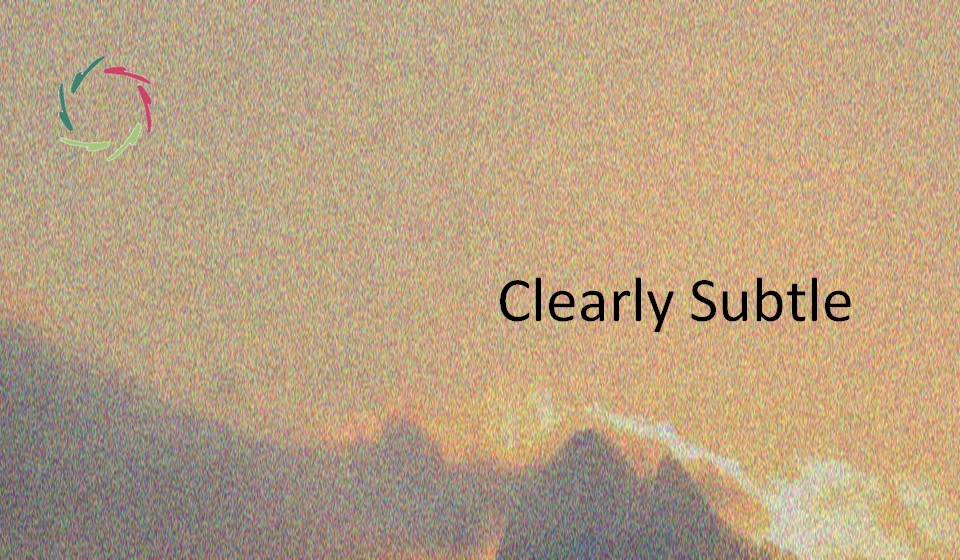
Clearly Subtle
What is subtle may seem clear to one person and unclear to another — as can what is obfuscated to the same individual. What is genuinely subtle and what merely appears subtle can be very different. See also Subtlety. As in dancing the tango A subtle leader and follower may be in harmony. A subtle Read the full article…

Semantically Meaningful Chunks
A Semantically Meaningful Chunk (SMC) is any cognitive entity, big or small, that is worth contemplating. In A.I., these can serve as building blocks of intelligence. It’s what humans often reserve specific terms for. Language comes into play here, significantly contributing to how humans have rapidly advanced in intelligence through using terms, sentences, documents, and Read the full article…
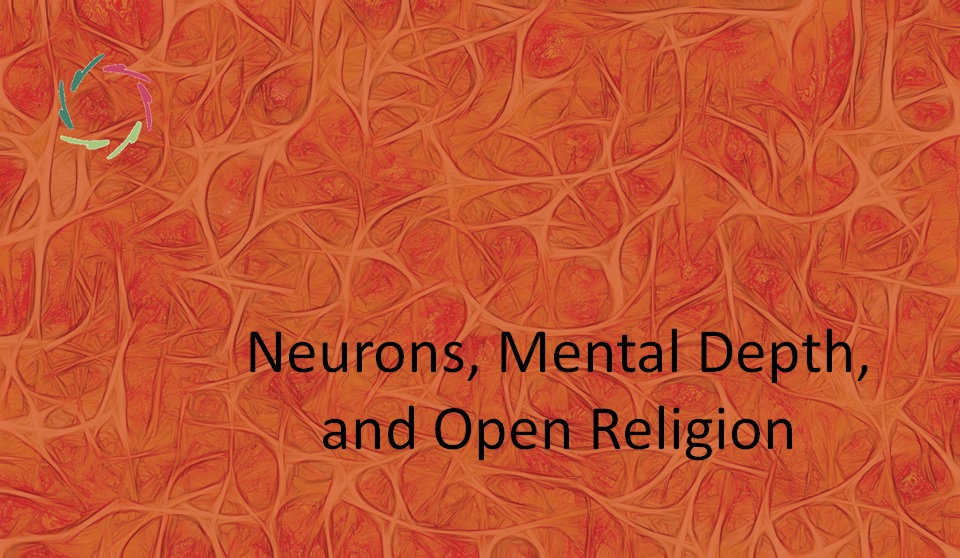
Neurons, Mental Depth, and Open Religion
Many people sense a connection between these three concepts, but how strong and in what ways? In reality, we know quite a lot about their interrelatedness. Patterns It all starts, more or less, with synapses, neurons, and the patterns they create — essentially mental patterns. These patterns underlie all mental activity, illustrating the profound connection Read the full article…

Our Memory is Our Thinking
Researchers used to think that human memory was an altogether different function from thinking, deciding, problem solving, etc. Not anymore. —Additionally, memory is also actively related to the act of perceiving. There are many functionally different brain parts, but they continually act together toward final results. The computer analogy From the start, digital computer guys Read the full article…
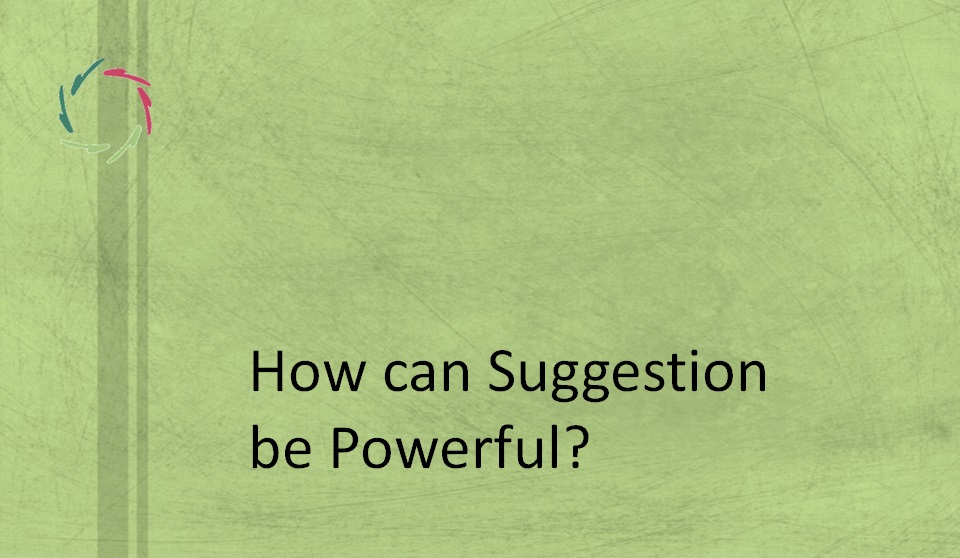
How can Suggestion be Powerful?
Suggestion offers a non-coercive way of influencing, providing the receiver the freedom to follow or not. Auto-suggestion extends this freedom even further. How can this be powerful? Autosuggestion In this blog, I use the term ‘suggestion,’ but mostly mean ‘auto-suggestion.’ Autosuggestion rarely involves directly indicating the intended direction but instead operates through deeper, pattern-like associations. Read the full article…

The Tunnel and the End
There’s light at the end of every tunnel, obviously, since otherwise, it wouldn’t be one. But some tunnels are naturally very long. AURELIS as a total project is about such a tunnel, as is anything that is radically oriented to depth. Long, deep tunnels can frighten people. Some are so frightened they never enter the Read the full article…
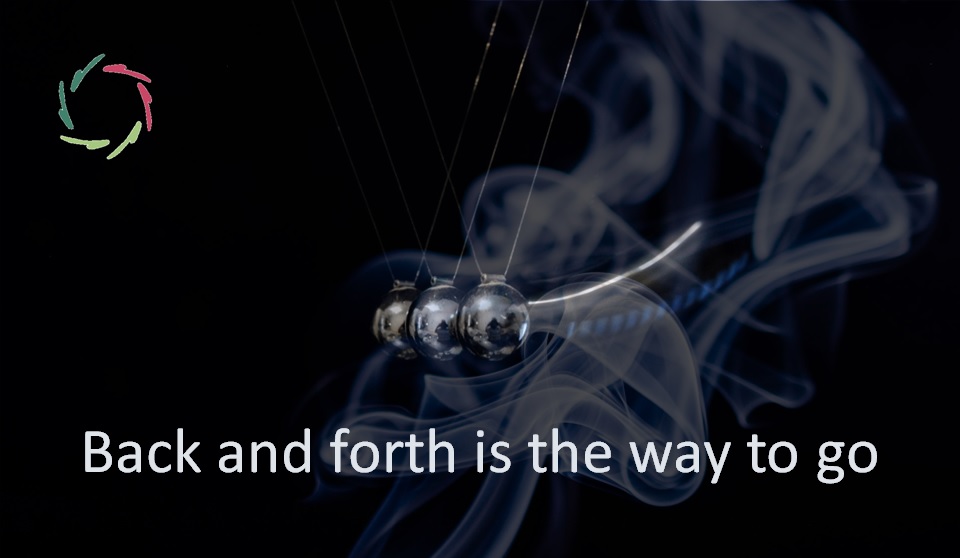
Back and forth is the way to go
Alternating between conceptual and subconceptual processing, each time dwelling for a while and carrying the insights to the other side, often proves more productive than remaining on one side or somewhere in-between. This process can be likened to diving into a vast ocean of creativity and resurfacing with treasures of insight. It enables us to Read the full article…

Will Super-A.I. Make People Happier?
This is the paramount question — more vital than any debate about intelligence. It’s a bit weird that it is seldom put at the forefront, as if we’re more concerned about who is the most knowledgeable, therefore the most powerful. What people? It should not be about a few, as it should not exclude billions. Read the full article…

Intelligence through Consistency
When multiple elements collaborate consistently, they can generate intelligent behavior as an emergent property. When these elements function within a rational environment, they exhibit rationally intelligent behavior. Consistency is key but must include diversity. ‘Consistent’ does not imply ‘identical.’ When elements are overly similar, intelligence fails to emerge. For instance, the human cerebellum holds over Read the full article…

How Easy Turns into Hard
Deep joy can come from taking it easy. Yet if ease becomes the sole pursuit, growth is inevitably stunted. Without growth, stagnation sets in, leading to rigidity and eventual decay. Why? Because we are organic. As organic beings, we require growth — just as all of nature does. For humans, ‘taking it easy’ is beneficial Read the full article…

About Resilience
Resilience is not about becoming hard but keeping one’s strength and gentleness in the face of hardship. Please read first ‘Weak, Hard, Strong, Gentle.’ A natural endeavor Natural organisms strive for resilience. The most successful not only survive but also thrive, passing on their resilience to future generations through the process of natural evolution. Resilience Read the full article…

Do Humans have Intelligence?
Of course we do, though perhaps not in the ways we typically conceive. Consequently, to a substantial degree, we might often be acting more as-if than we realize. This may profoundly change our relationship with A.I., ourselves, and all sentient beings. Subconceptual Considering the ‘dominance’ of subconceptual processing in our thinking, we share more similarities Read the full article…

Dependent Arising
According to the core Buddhist concept of ‘dependent arising,’ all phenomena are causally related so profoundly that nothing exists in isolation. In AURELIS, this concept is more about the inner (mind) than the outer (world). The outer focus is ‘only’ congruent with the inner. In-depth, everything is connected. This universal interconnectedness is a feature of Read the full article…

Good versus Evil
Especially in the West – where my familiarity is greatest – this has been seen as a continual and never-ending battle, as in the story of Saint Michael versus the Devil. Yet, Nietzsche warned us to look beyond good and evil — advocating for a deeper understanding beyond the superficial concepts of both. In-depth, good Read the full article…

Subconceptual Drives Conceptual
Nothing falls into mind purely conceptually. That would be magic, and we don’t believe in that. Fortunately, subconceptual processing clarifies many things about what happens in the human mind. Decision making We think we know (consciously) what we want — before and after making (conscious) decisions about the same. We don’t. Let’s take what happens Read the full article…
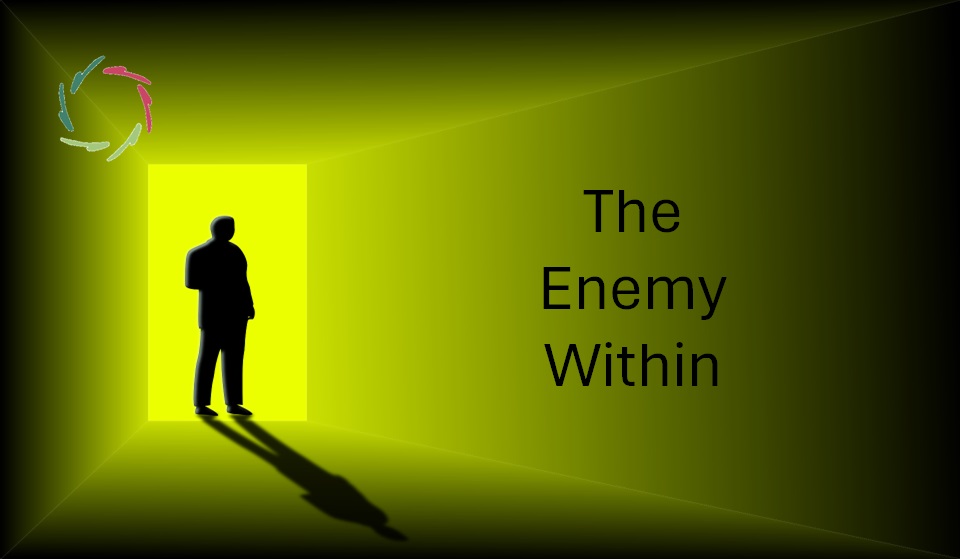
The Enemy Within
Carl Jung’s concept of the ‘shadow’ refers to the specific non-conscious part of one’s personality that, according to Jung, contains repressed personal weaknesses and basic instincts. It’s like an enemy within. If you don’t see or feel this ‘shadow’ within yourself, don’t try to enforce anything. Embracing the shadow The shadow is like the darker Read the full article…

The Essence of Poetry
Poetry, in all its forms, not just the written word, resonates with deeper levels of human experience. It invites us to explore the subtleties of our minds and emotions, often leading to profound insights and personal growth. Beyond the written word, poetry manifests in the rhythm of a song, the brushstrokes of a painting, the Read the full article…

Getting Inside
If a human being gets ‘deep inside,’ he can experience what is there — deep inside. It is in several aspects the reverse of the outside. A psychedelic experience. Art, nature, religion, love, meditation There are many opportunities to get inside — better said, to slide or fall inside. In all of them, the feeling Read the full article…

What is Mind-Related?
The mind, particularly in its deeper aspects, is a topic of perennial interest. When is it interesting to talk about this? Let’s acknowledge that we are beyond the body-mind divide — viewing them as two perspectives on one entity rather than opposing forces of matter versus no-matter. Complexity offers a new lens through which we Read the full article…

From Concrete to Abstract
Many people view the concepts of ‘concrete’ and ‘abstract’ as dichotomous ends of a straightforward spectrum — in daily life, often without much thought. This is also relevant to their use in inferential patterns. One example are mental-neuronal patterns in humans. However, the muddy underlying reality becomes especially apparent when trying to realize them in Read the full article…

Why Mystery is Attractive
Some mystery is attractive between the sexes — from man to woman as well as from woman to man. This can be seen as a reflection of the natural allure of the unknown within our deeper selves. Yet, one shouldn’t merely pretend to be mysterious. Relation to the subconceptual The subconceptual elements of our mind Read the full article…

What seems ‘Difficult’ and is Not
At least if one doesn’t make it so. Many human-related ‘difficult’ things are made so. The reason can be boiled down to a lack of insight. This text is the counterpart to the blog ‘What seems ‘Easy’ and is Not.’ You might read them in one go. In the other blog, I write about some Read the full article…

What seems ‘Easy’ and is Not
The subconceptual domain may seem ‘easy’ mainly for those who operate predominantly within a conceptual framework. On the other side, what comes out of this domain may seem magical, almost impossible, for the same people. This is highly relevant as subconceptual influences, often underestimated, can have profound effects on our understanding and interactions in various Read the full article…

The Power of Embedding
This is the power of complexity in humans and in present-day Large Language Models (the most visible form of A.I. nowadays). ‘Embedding’ is the transformation of information/knowledge into a format of many subconceptual elements interacting in multifaceted systems that makes this information prone to emerge in novel ways. A multitude of relatively simple (smaller than Read the full article…

Predatory Listening
The predatory listener seems to have a continual need to defend himself, thinking that the other person will attack as he would also attack whenever having the opportunity. Predatory listening has the intent to exploit, manipulate, negatively criticize, or gain an advantage over the speaker by abusing the attained information. It lacks genuine empathy or Read the full article…
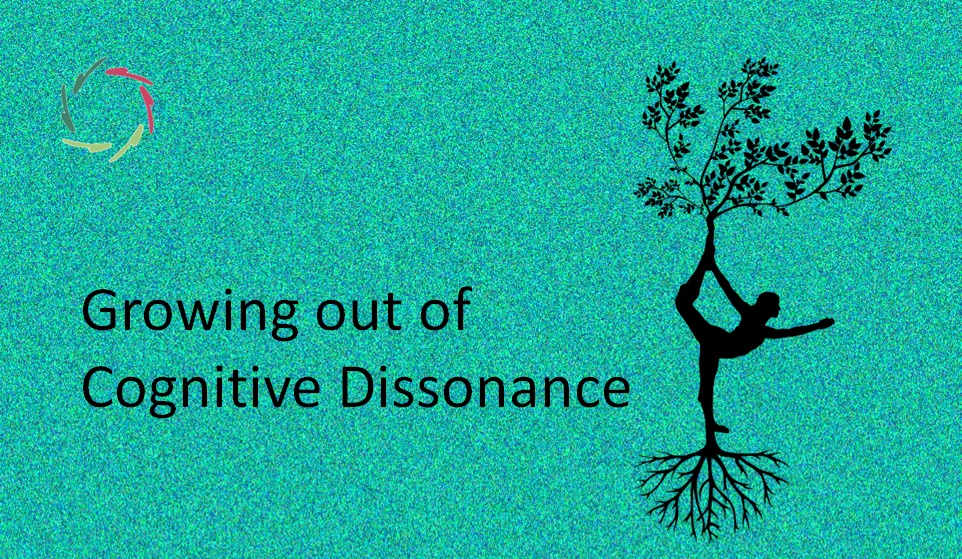
Growing out of Cognitive Dissonance
Cognitive Dissonance is notoriously hard to overcome. An alternative is not to try to do so but to go with the flow and see which way out of it spontaneously emerges. Cognitive dissonance: the discomfort experienced by an individual holding two contradictory beliefs, ideas, or values at the same time or being confronted with new Read the full article…

What is ‘Dying too Soon’?
Nobody really wants to die too soon except in an act of suicide. Too soon? An accident, an illness, a homicide — there are many obvious ways of dying too soon. There are also less obvious ways. Are these, therefore, less important? Dear reader, it’s interesting to stay focused on this question for a while Read the full article…

Your ‘Deeper Self’
Although the term sounds New-Agy, it denotes well what is scientifically known to be what we are mentally mostly made of. Thus, it may be the most important as well as most neglected concept on earth. I frequently refer to it from other blog texts. Humanity has come a long way. The ‘deeper self’ always Read the full article…

Inner Resistance
Resistance to change can come from ‘inner’: deep inside, thus being surprisingly energetic also if the person in question is not consciously aware of the source. Everybody has at least some ‘resistance to change.’ It’s healthy — until no more. Obstacles to change Part of G.I.M.O. is the ‘O’ of obstacles, which come with many Read the full article…

The Meaning of a Word
“The meaning of a word is its use in the language.” — Quote by Wittgenstein, who talked about language games because ‘use in the language’ can be seen as having a very playful aspect. A dictionary provides the meaning of a word ― in some way, but always as an approximation. A word doesn’t have meaning like Read the full article…

The Art of Feedback
In feedback, you find ‘to feed’ = ‘to give food.’ Nutrition is necessary to grow. The purpose of feedback is GROWTH. Otherwise, it’s pointless. Letting it muddle through turns small fires into more significant fires. Thus, if something is not optimal, you have a responsibility to point this out, together with: giving suggestions for improvement providing the necessary Read the full article…

Twelve Mind/Brain-Related Insights for Lisa
These insights provide a foundation for understanding the complexities of the human mind and its functioning ― important in understanding anything mind-related. Crucially, they highlight the interplay between various brain regions, the influence of non-conscious processes, and the dynamic nature of mental activity. These are twelve insights and for each some practical advice useful for Read the full article…

Natural Kind Concepts
“To say that a kind is natural is to say that it corresponds to a grouping that reflects the structure of the natural world rather than the interests and actions of human beings.” (*) ‘Rather than’ already denotes the relative nature that pervades the whole domain. Please read The meaning of a word. This is Read the full article…

‘Transference’
Transference: A deeply meaningful pattern may have developed long ago and still exert its significant influence on recent patterns even while the owner is not consciously aware of it. It’s as if the old pattern transfers its ‘energy’ (or motivational structure) to new situations. In a way, this makes it the counterpart of inner resistance Read the full article…

Quality of Depth
Most people would agree that ‘quality of depth’ is profoundly relevant to them personally. At the same time, many may disagree about what it entails. It’s a challenging concept. It’s already challenging to grasp ‘human depth’ since subconceptual processing – therefore also the difficulty to conceptually get it – is an inextricable feature. ‘Deep’ itself Read the full article…
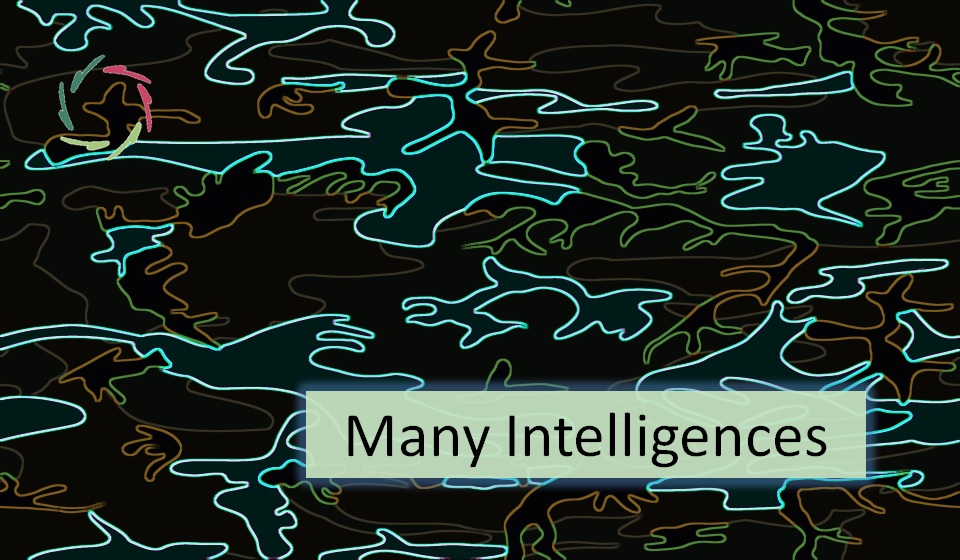
Many Intelligences
Intelligence can take many forms to such a diverse degree that talking about many intelligences is appropriate. Where does this thinking lead us to? This is not a discussion about whether or not there is ‘plant intelligence.’ More important is the thinking about your intelligence. Are you simply a being that enjoys the ‘phenomenon of Read the full article…

From Compression to Prediction
Compressing information can intriguingly lead to enhanced predictive capabilities. This general scheme is recognizable in many contexts ― organic and artificial. Life itself Life can be understood as a local defense against universal entropy (chaos or heightening of chaos). Within any bubble of life, there is a concentration of resources to this aim. At the Read the full article…
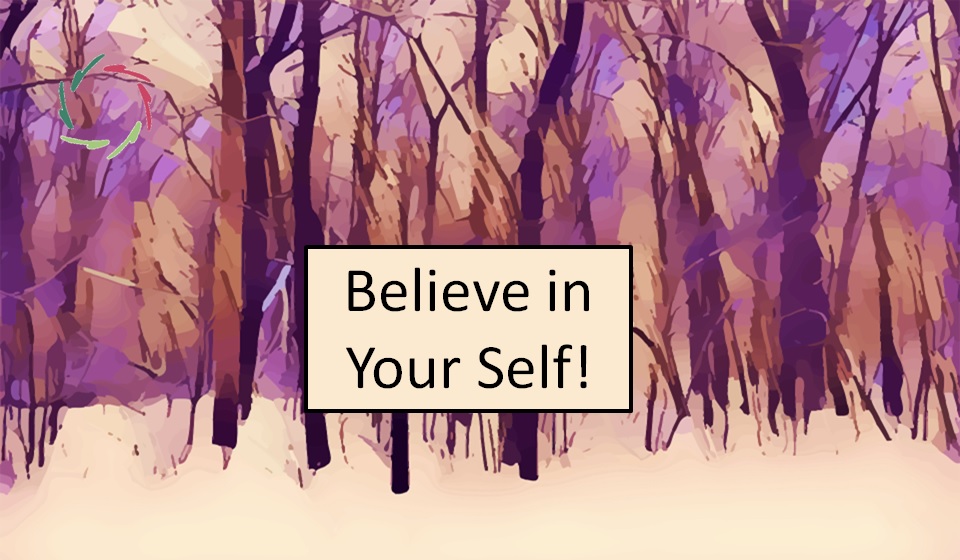
Believe in Your Self!
Unfortunately, many people are not inclined to deeply believe in their <Inner Strength>. Nevertheless, especially nowadays, global fate depends on it. This unbelief is not typical to a specific culture. Its ubiquity means that either: It’s a natural given, making people genetically predisposed to not believe in themselves. It’s a cultural thing in a general Read the full article…
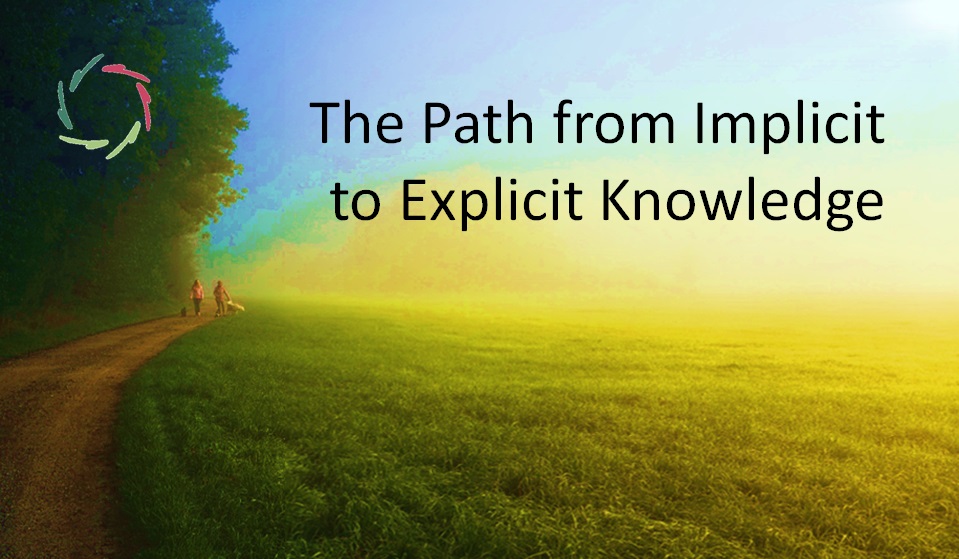
The Path from Implicit to Explicit Knowledge
Implicit: It’s there, but we don’t readily know how, neither why it works. Explicit: We can readily follow each step. This is more or less the same move as from intractable to tractable or from competence to comprehension. But how? Emergence If something comes out, it must have been in ― one way or another. Read the full article…
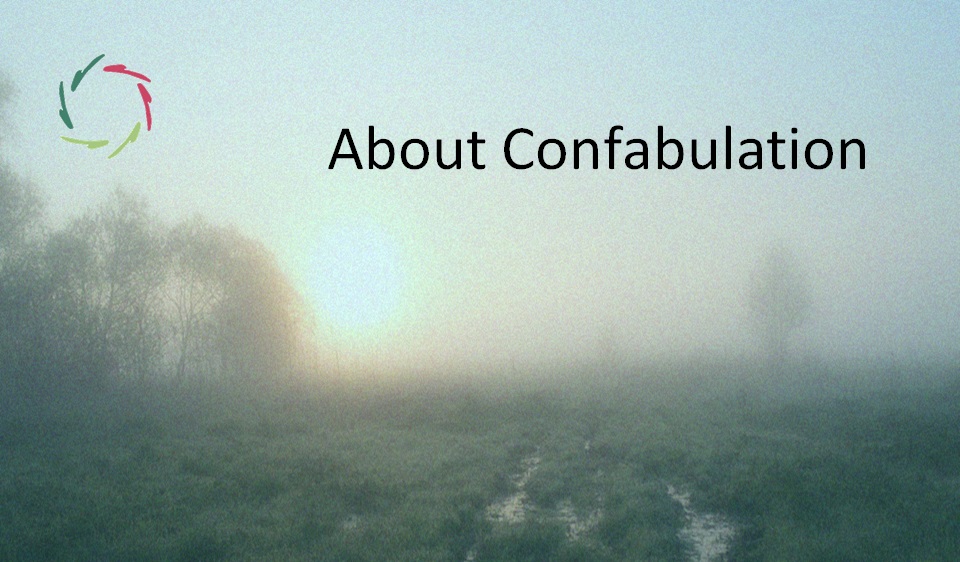
About Confabulation
Depending on how exact you want inferences to be, humans are born confabulators. Not surprisingly, we also see much confabulation in present-day generative pre-trained transformers (GPT). Confabulation is a look-alike but inexact information. Note that in the GPT field, this is nowadays called hallucination. Confabulation is inherent to mental ‘parallel distributed processing’ (PDP). Humans and Read the full article…
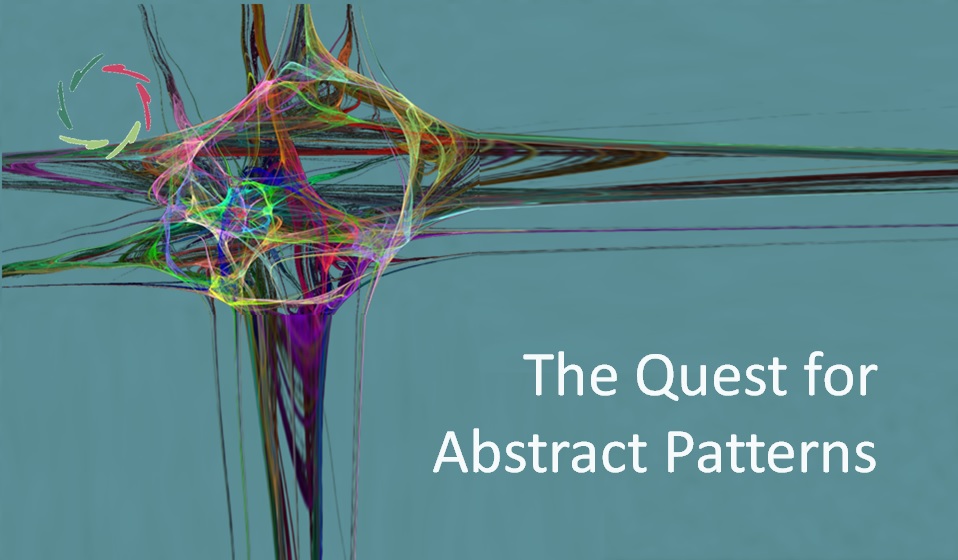
The Quest for Abstract Patterns
This is about creation. The creative process Some see three levels of creativity: interpolation, extrapolation, and the invention of something new/out of the box. This progress in levels goes from the domain of the known toward the domain of the not-yet-known. One can also see these levels as the possible results of an increasing discernment Read the full article…
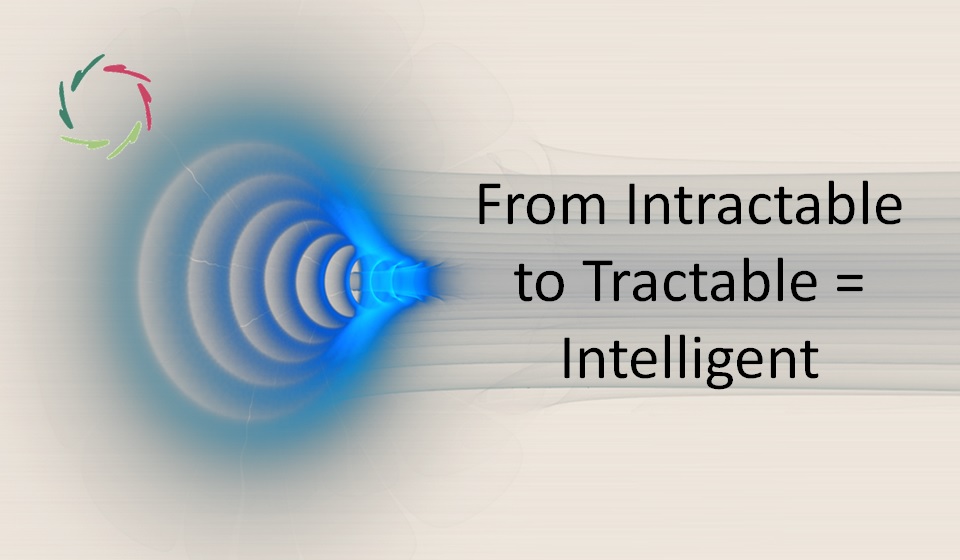
From Intractable to Tractable = Intelligent
This is what intelligence can do: simplifying intractable problems (not easily controlled, managed, or solved) to tractable ones without much loss of relevant information. Problems may be social, mathematical, or other. Depending on the meaning of the considered terms, it may be seen as an exhaustive characterization of intelligence. However, this is not meant as Read the full article…
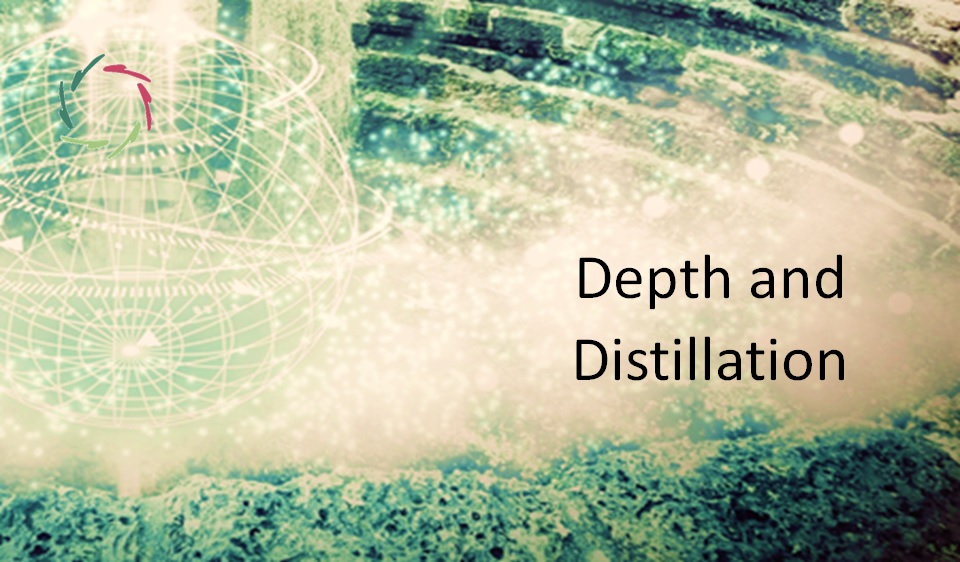
Depth and Distillation
Compression of knowledge may lead to crystallization into surface-level concepts ― sometimes with a loss of depth. However, starting from broad mental-neuronal patterns, compression may lead to in-depth wisdom. I call the latter a process of Inner Distillation Poetry Excellent poetry is a quintessential form of Inner Distillation. Notoriously, the poet doesn’t consciously know how Read the full article…

How to Touch the Heart and Soul
This is symbolic. Also, it is crucial in many human situations. People try to do this touching for diverse reasons. With ‘soul,’ I mean a direction that possibly goes deeper than the ‘heart,’ without denoting where it ends. For diverse reasons Some of these are not readily respectful: selling stuff, surface-level populism, seducing someone to Read the full article…
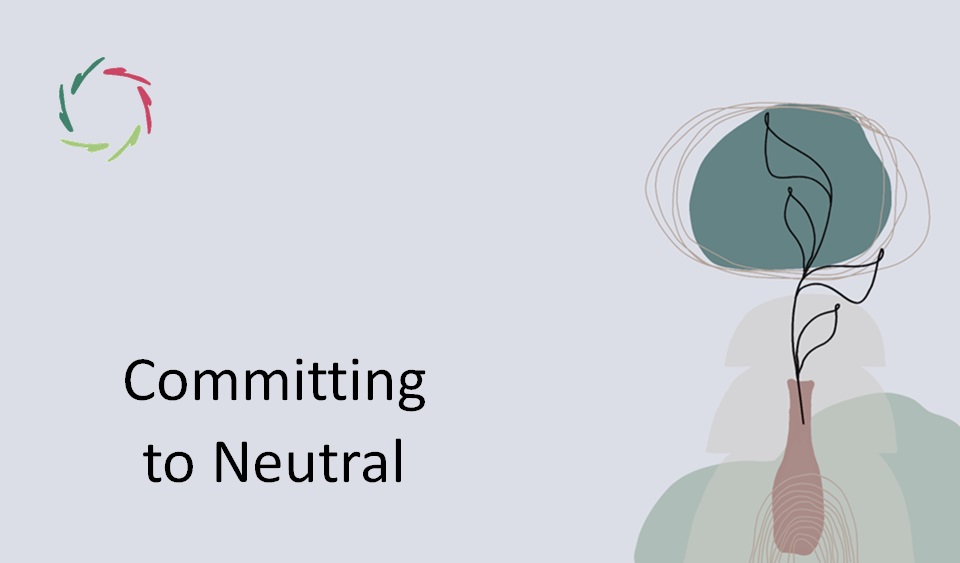
Committing to Neutral
This should be your decision. At least, it’s worth thinking it over. As always, if this text forms a concrete challenge for you, you might look for some excellent coaching or ask Lisa (soon). Neutral ‘Neutral’ means that it’s basically OKAY — whether good or bad at first sight. You may care for what happens, Read the full article…

Neutrality as Art
This is the art of not taking sides in a conflict – big or small – and yet not being indifferent. Eternal shame In a world of looking for and creating ‘the enemy,’ many are continually keen on discerning which side anyone stands on. Almost inevitably, neutrality gets overrun this way. Not taking sides gets Read the full article…

What’s in It for Me?
At least half the world turns around this — no circumventing it. Therefore, it may be easier to change the ‘me.’ However, of course, the ‘me’ doesn’t readily want to be changed from the outside. Therefore, supporting the ‘me’ in changing from the inside out is recommended. Which is mental growth — coaching, everywhere. Also Read the full article…

Ending Life Compassionately
Any life. This text is foremost about the ending of one’s own life. It can be seen more broadly. Science and setting If possible, the end of life should not be set in a clearly unscientific setting. Even if this is most easy and comfortable, getting it scientifically correct can lead to additional possibilities of Read the full article…

What About Hate?
Weirdly, perhaps, there cannot be hate without love. Yet love doesn’t cause hatred. Is hate then the reverse of love, or is it love-gone-awry? Love is a conditional to, not a cause of hate. Imagine someone without love. That person has no reason ever to hate someone. He would just be indifferent. This includes self-hate Read the full article…
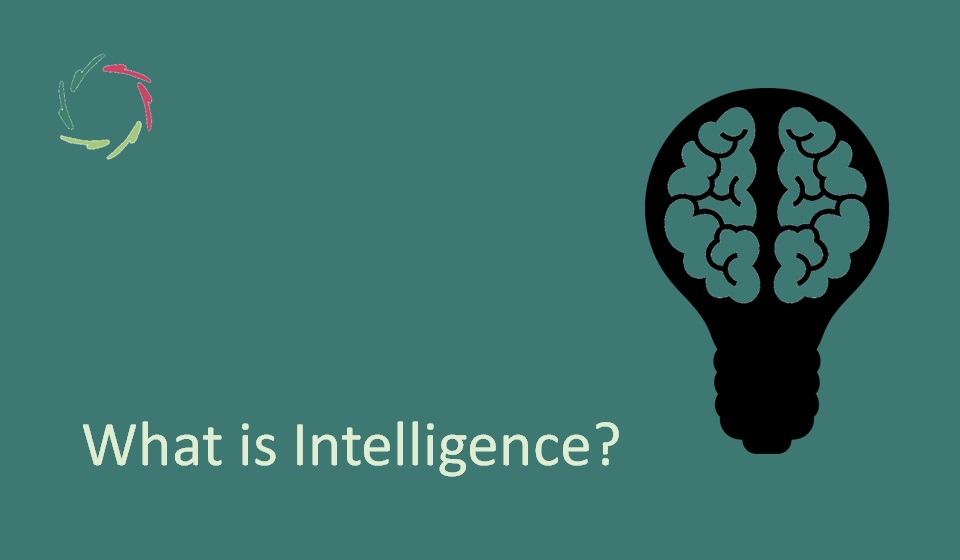
What is Intelligence?
What exactly is intelligence when not restricting it to the human case? Or, better asked – since intelligence is what we call so – how can we characterize something as ‘intelligence’ in a generally recognizable way? In human (and animal, pre-human) evolution, intelligence has appeared in specific circumstances ― making human intelligence inextricably emotional and Read the full article…

The Freedom to Be Free
Can people be asked to appreciate only one freedom, namely, the freedom to be free? Thus, not the freedom to incarcerate oneself or others? You might already know I’m talking about the ego: the self-referenced, overly conceptual part of any total person. Please read ‘The Story of Ego.’ Ego wants an illusion of freedom. As Read the full article…

Beyond Neglect or Aggression
Beyond neglect or aggression lies Aurelian friendliness. This is not straightforwardly friendliness toward mere-ego. Aurelian friendliness lies en route to Compassion, basically. The real neglect This concerns the total self. Mere-ego is the main neglecter. Strangely, since mere-ego frequently identifies itself with the total self, it feels neglected, then searches for what/who may do the Read the full article…
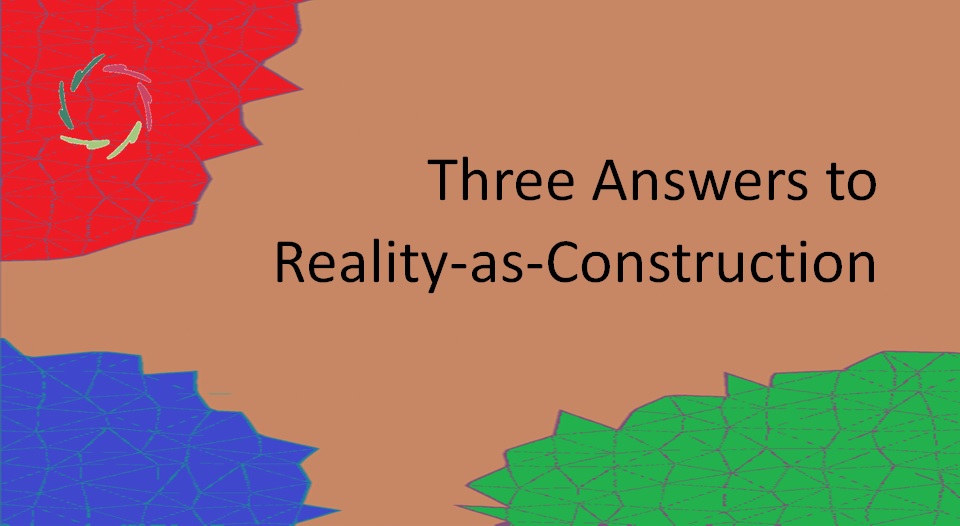
Three Answers to Reality-as-Construction
The first answer lies in pragmatically choosing an option. The second lies in not choosing. The third lies in being the choice. Constructionism shows that we are necessarily and significantly active in constructing reality as we perceive it — a costly error in many respects such as playing a causal role in many psycho-somatic issues. Read the full article…
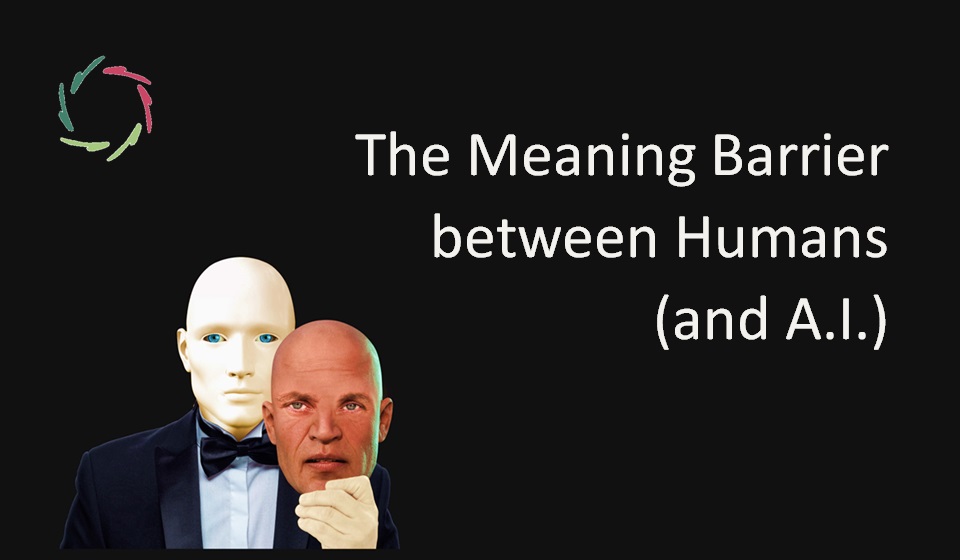
The Meaning Barrier between Humans (and A.I.)
Open a book. Look at some meaningful words. Almost each of these words means something at least slightly different to you than to me or anyone else. What must A.I. make of this? For instance: “Barsalou and his collaborators have been arguing for decades that we understand even the most abstract concepts via the mental Read the full article…
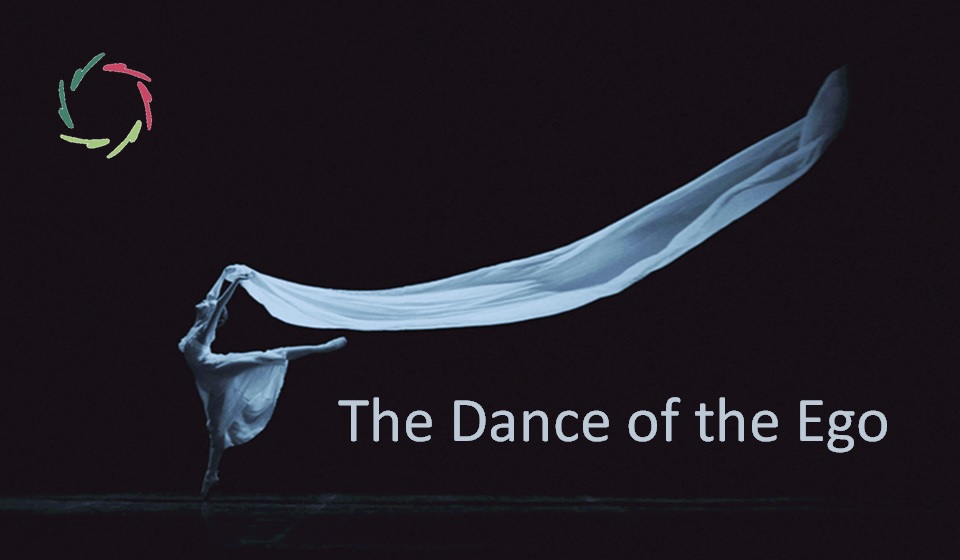
The Dance of the Ego
This is how consciousness comes into being moment after moment. The ego can be seen as the way consciousness is conscious of itself. This is no magical meta-level, just a tiny recursion that hopefully becomes evident through the dancing metaphor. Please give it some of your time to digest. Dancing Consciousness is the dancer. At Read the full article…

About Philosophical Zombies
What do they teach us about consciousness? Real zombies don’t exist. In this mind experiment, a ‘philosophical zombie’ acts and speaks entirely like you or me, but has no soul, no deep feelings, or no feelings at all — probably depending on the year of invention. This confusion is also important for our argumentation. More Read the full article…

Nirvana, What about Feelings?
Nirvana, Buddhist ‘heaven’ where the candle has stopped burning. What about feelings? What can this teach us about feelings in general? This is symbolism. It’s not about what might happen in another, magical world. It’s also not about what might happen in this world with just a few minor changes. Symbolism readily touches the heart Read the full article…
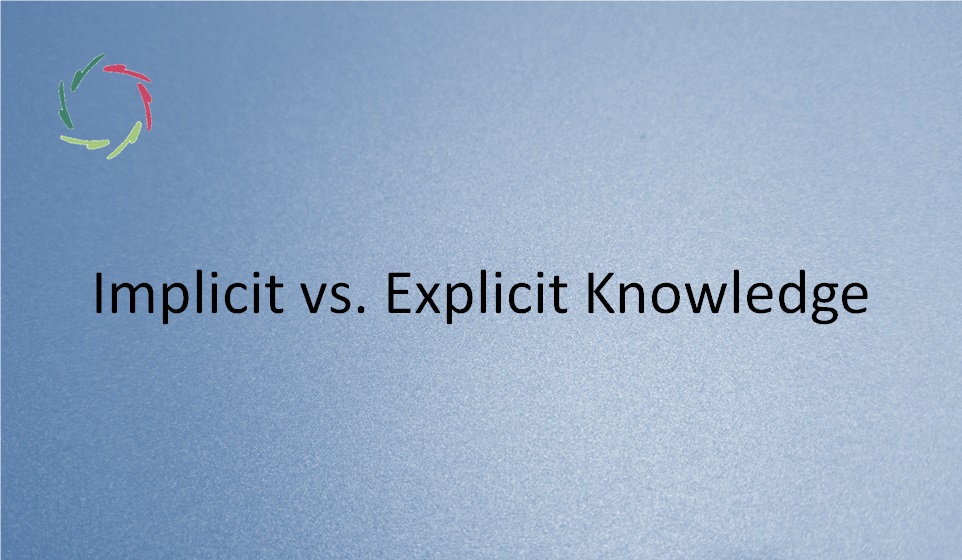
Implicit vs. Explicit Knowledge
The resulting mindscape is central to many things in the past, present, and future. Explicit lives in the power of the thinker. Implicit knowledge is not readily available for further processing. Nevertheless, with the right tools or insight, it may become more so ― thus gradually becoming more explicit while the source remains the same. Read the full article…
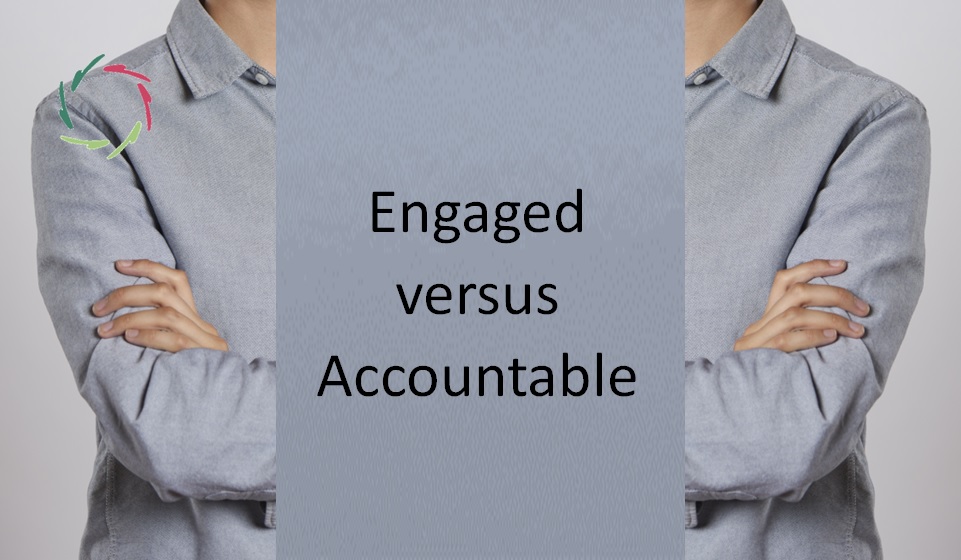
Engaged versus Accountable
In theories about which of both is most effective, the pendulum swings over many years from the one to the other to the one — usually without much depth involved. Terminology Engaged: emotionally involved or committed. Accountable: holding oneself or being held responsible. This is related to the ‘locus of control’ ― putting responsibility for Read the full article…
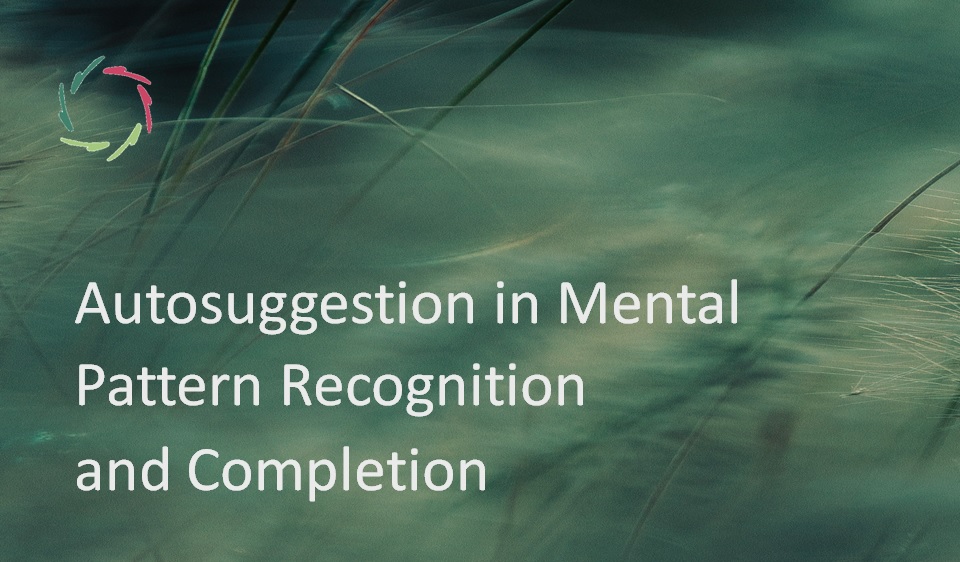
Autosuggestion in Mental Pattern Recognition and Completion
Cognitive neuroscience increasingly proves the mind/brain to be a prediction machine. This points to the immense possibilities of autosuggestion. Please read about the predictive brain. An excellent scientific book about this is The Experience Machine: How Our Minds Predict and Shape Reality, by Andy Clark (2023). Pattern Recognition and Completion (PRC) is the way the Read the full article…

TMS/EEG – A Stone in a Pond
TMS = Transcranial Magnetic Stimulation (giving a magnetic pulse through the skull to the brain in a specific region). EEG = Electro-Encephalo-Graphy (recording voltage changes over brain regions). TMS is like throwing a stone in a pond (the brain). EEG is like looking at how the pond responds. This is probably the most interesting set Read the full article…

How can I Be Conscious?
When it’s about oneself, the question becomes somewhat more ‘urgent’ than the formal consciousness question. One delves into the own experience and doesn’t readily find an answer. A more personal take may be warranted. Here are a few ideas that may help. A warning first. Being personal, the question might confuse some. The solid ground Read the full article…

Are Emotions Motivations?
I feel motivated; therefore, I am (motivated). Motivation is a feeling. May all feelings/emotions be motivations? Feelings and emotions are experienced consciously. On top of this, emotions also have non-conscious and bodily components. Some use the terms interchangeably. Personally, I don’t care so much for the semantic difference since nothing human is purely conscious or Read the full article…

Consciousness as a Feeling
What if the feeling of consciousness is provoked by something deeper inside (non-conscious) that also provokes every other aspect we associate with consciousness? In that case, nothing would be self-provoked by consciousness as we consciously feel it. Would you then still call it so? After answering the question, note that much evidence shows it to Read the full article…

The Big Mistake: Mere-Ego vs. Total Self
To me, this is the biggest possible mistake. Unfortunately, it is made ubiquitously and runs culturally deep. Please also read about Inner Dissociation – Ego – Total Self. I think, therefore, I am. [Dixit René Descartes, °1596] But who is the I who thinks, therefore, is? If this isn’t clear, the rest follows in obscurity. Read the full article…

From Inner Dissociation to Many Why’s
The COVID era reminded me that most people usually do not profoundly look at themselves even though it’s what they would profoundly want. Why such a seeming contradiction? The religions-exercise Around 80% of people on the planet believe in a conceptual religious phenomenon — for instance, some God with a name or a face or Read the full article…

Levels of Abstraction in Humans and A.I.
Humans are masters of abstraction. We do it spontaneously, thus creating an efficient mental environment for ourselves, others, and culturally. The challenge is now to bring this to A.I. Abstraction = generalization Humans (and other animals) perform spontaneous generalization. From a number of example objects, we generalize to some concept. A concept is already an Read the full article…
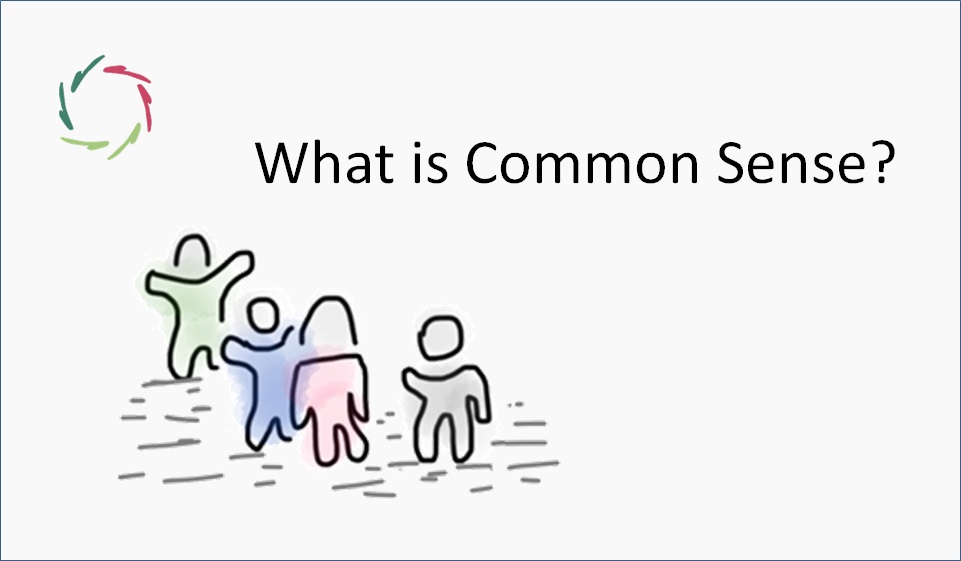
What is Common Sense?
Common sense is, by definition, supposed to be sensible as well as common to most people. When trying to bring common sense to A.I., it becomes clear there is more under the hood than just a humming. Toward developing A.I., it’s imperative to listen intently to the humming. In Dutch (my language, spoken by a Read the full article…

Popperian vs. Kuhnian
Karl Popper and Thomas Kuhn were two heavyweights in the thinking-about-science of the 20th century. Popper saw scientific progress as a gradual drifting. Kuhn added to this a sudden shifting — as in ‘paradigm shift.’ One can broaden this dichotomy to thinking in general. Many people are continually inclined, in their thinking, to go from Read the full article…

What’s it Like to Be a Bat?
This is about the ‘hard question of consciousness.’ Some argue this will never be solved. In his 1974 article, “What is it like to be a bat?” Thomas Nagel argues that conscious experience is subjective and can only be known from that perspective. We might imagine what it would be like to hang upside down, Read the full article…
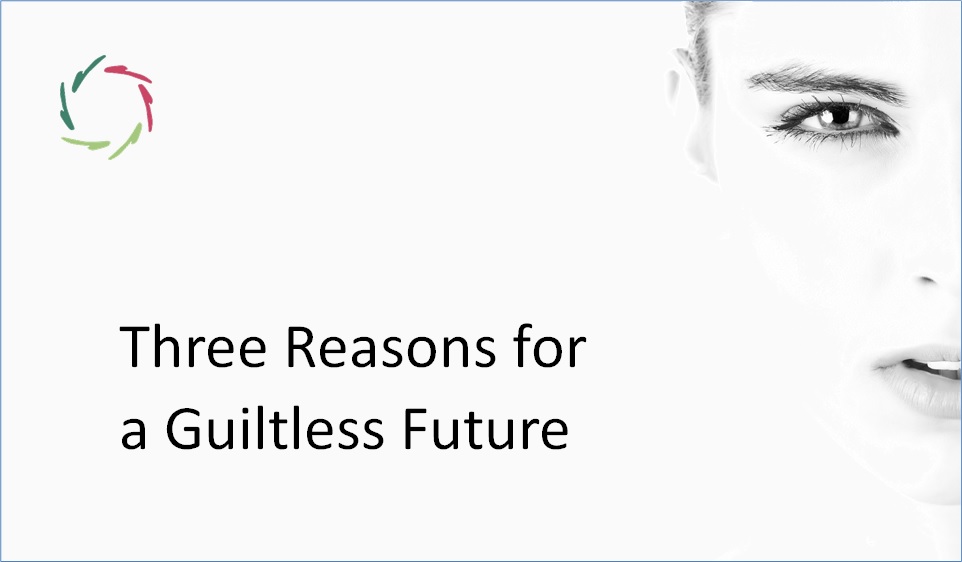
Three Reasons for a Guiltless Future
Guilt is as much an illusion as is the omnipotence of mere-ego within one’s mind (total self). Humanity is traveling toward the evaporation of both – joint – illusions. Great, but meanwhile, the path is challenging. You might read about how responsibility can replace feelings of guilt. See also the story of ego. The tip Read the full article…

Forward-Forward Neur(on)al Networks
Rest assured, I don’t stuff technical details into this blog. Nevertheless, this new framework lies closer to how the brain works, which is interesting enough to go somewhat into it. Backprop In Artificial Neural Networks (ANN) – the subfield that sways a big scepter in A.I. nowadays – backpropagation (backprop) is one of the main Read the full article…
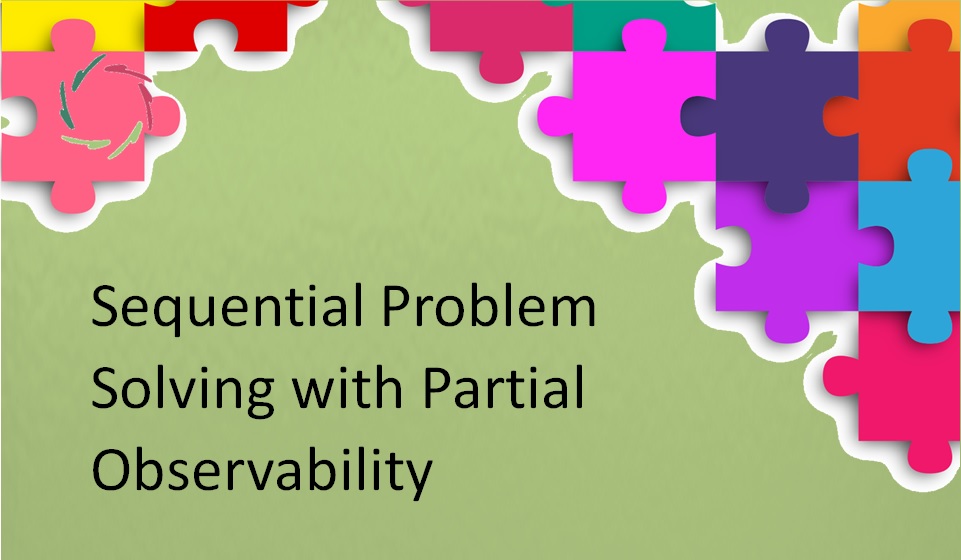
Sequential Problem Solving with Partial Observability
My goodness! Please hang on. Against all odds, this may get interesting. Besides, it’s about what you do every day, all day long. This is also what many would like A.I. to do for our sake. Even more, it is what artificial intelligence is about. Contrary to this, what is called A.I. these days is Read the full article…
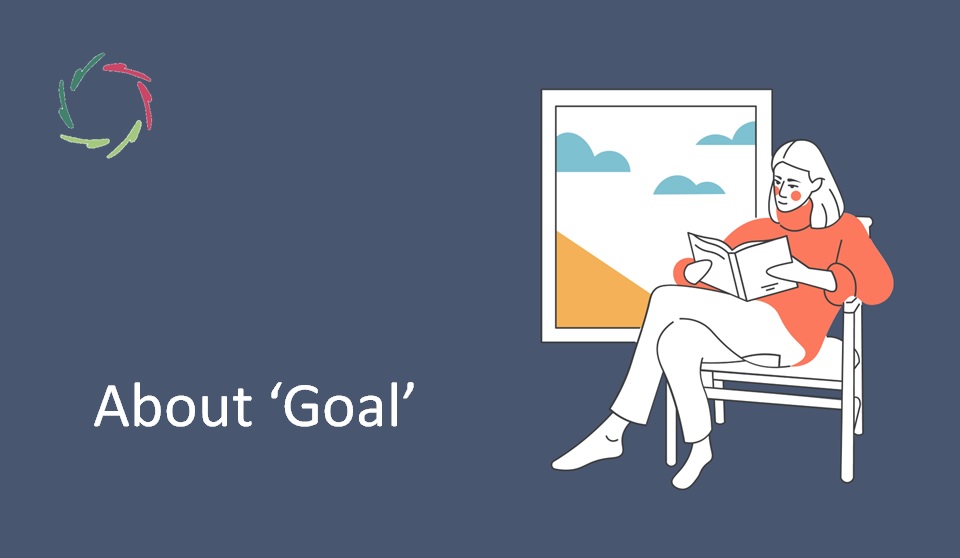
About ‘Goal’
Having a goal is about intentionality, purpose, free will, and, eventually, consciousness. A meaningful goal is one of the most important assets of any living organism. One can talk of an instrument‘s goal. The goal of the hammer is to get the nail into the wood. But this goal-talk is only metaphorically speaking. The instrument Read the full article…
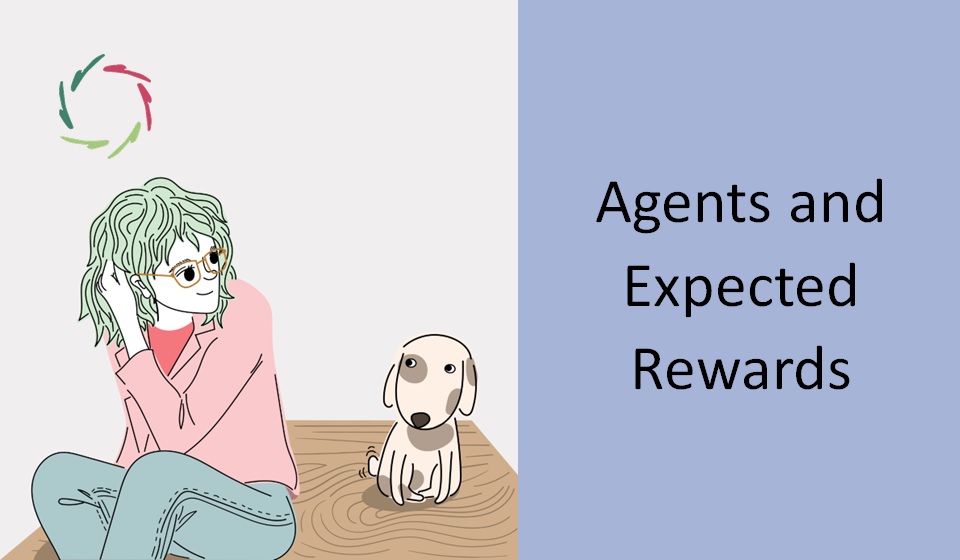
Agents and Expected Rewards
This is a story from expectation to motivation. Any motivation is eventually the expectation of ‘reward,’ be it a concrete one or more abstract; be it deeply value-based or more superficial. The simple case looks like conditioning. You may read first about what agents are. An agent acts upon a reward by learning from it Read the full article…

More about Rewards (also in A.I.)
A reward is a nudge – with more or less lasting result – into some preferred direction. Anything can be experienced as a reward. Thinking about it as a pattern within a broader pattern is clarifying. Pattern recognition and completion (PRC) Seeing rewards in the context of PRC, a reward is always just a part Read the full article…
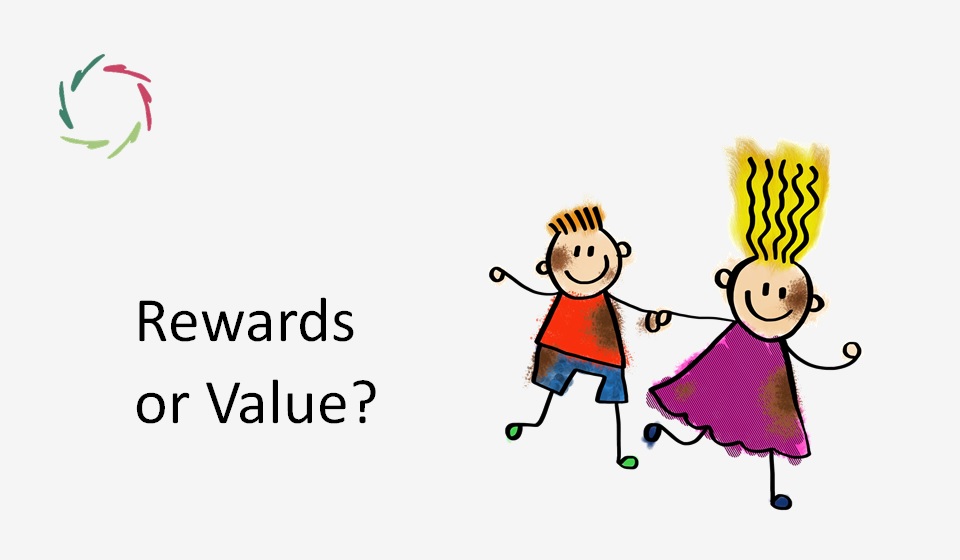
Rewards or Value?
Are people driven more by direct rewards or broader value? Should A.I. be driven rather by one or the other? What about end values? Zero-sum values These are nothing but the sum of individual rewards. For instance, one earns tokens on several timesteps. The eventual zero-sum value is the sum of all tokens earned ― Read the full article…

What is an Agent?
An agent is an entity that takes decisions and acts upon them. That is where the clarity ends. Are you an agent? The answer depends on the perspective you decide to take. Since the answer also depends on who is seen as the taker of this decision, the proper perspective becomes less obvious from the Read the full article…

Moral Injury
Moral injury overlaps pretty much with PTSD. The difference lies mainly in ‘moral.’ The injury sprouts from an existential loss of ethical trust. Can people (in general or any individual) still be seen as ‘good?’ Moral injury comes with moral sensitivity. This comes with cognitive and emotional complexity, making human beings more prone to moral Read the full article…

Responsibility of Humanism in Modern Times
This responsibility has always been huge ― perhaps even more so in modern times with many essential changes happening, and probably even more (and more essential) to come in the near future. Humanism: the striving to put the total human being at the first place of importance, therefore not a god or religion, nor some Read the full article…
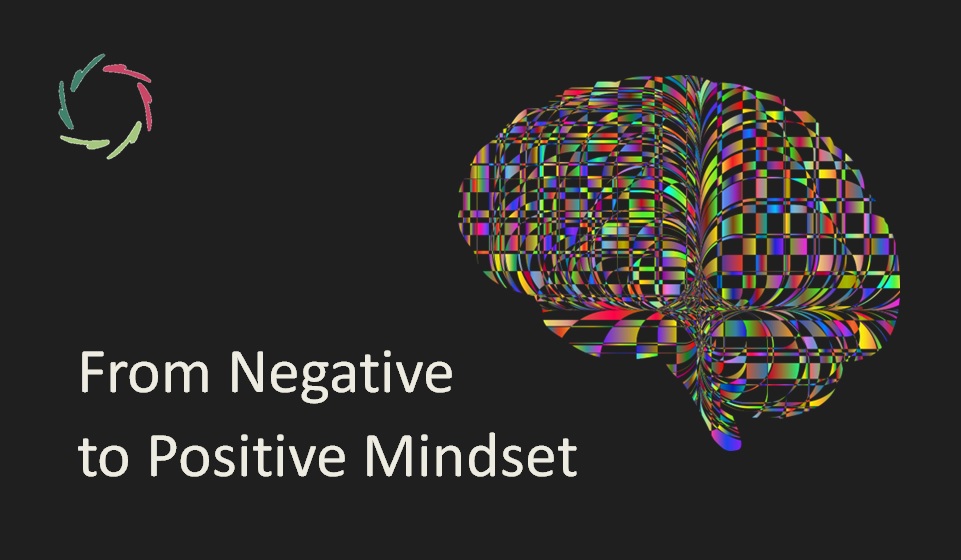
From Negative to Positive Mindset
There is no silver bullet, but two golden moves: toward and from an underlying condition that lies close(r) to the human core of deep motivation. For instance, from chronic anger to positive action See: from aggression to efficiency. The following drawing shows the two moves as hollow arrows: Energy? With this is meant here what Read the full article…
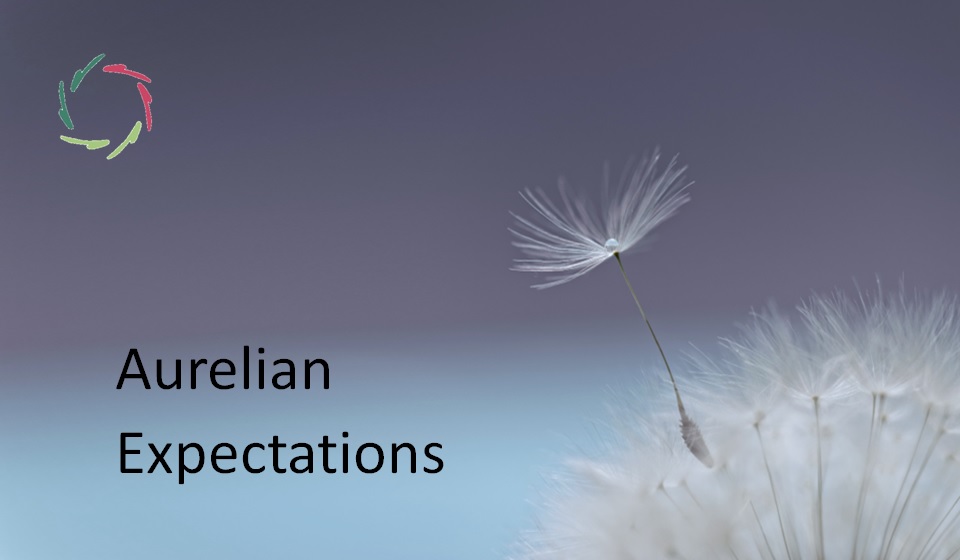
Aurelian Expectations
Well-oriented expectations can be powerful self-fulfilling prophecies. This is ancient wisdom and scientific fact. In profundity, they should be handled carefully and, most importantly, with good aim. (In this text, with ‘expectations’ is meant the kind that involves one also in-depth.) Expectation + (self-)deception = placebo Deception should never be used if anyhow avoidable. If Read the full article…
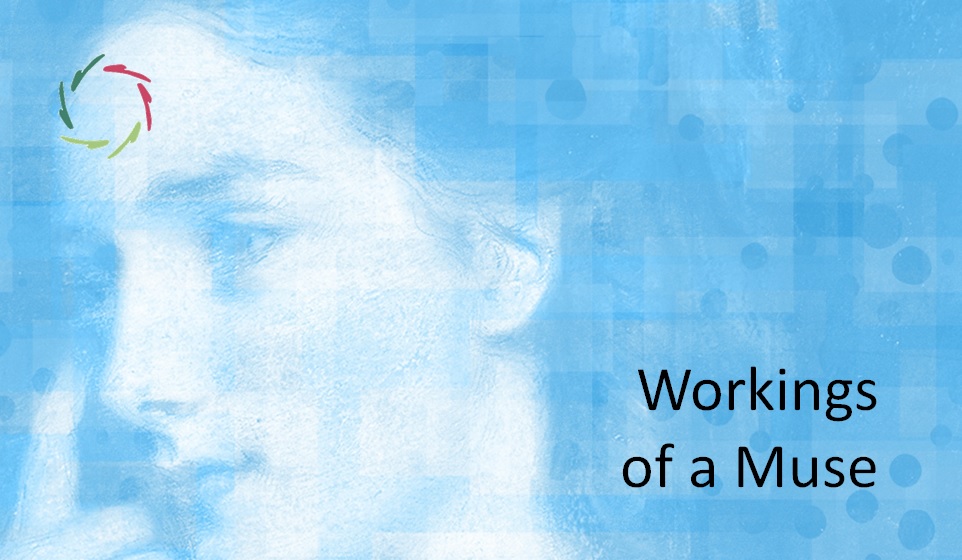
Workings of a Muse
Whether in poetry, visual art, architecture, or a new scientific theory, something happens in the creation process that transcends mere conceptual thinking. Many creators denote this as the workings of a Muse. My case When writing, almost always, I am more or less surprised by what spontaneously comes out, as if it’s not altogether me Read the full article…

From Boss to Burnout
It’s not about the amount of work but the amount of meaningless work. In contrast to a leader – let alone an Open Leader – a boss doesn’t take care of meaningfulness. That’s why they call him ‘the boss.’ Boss to blame? Not exactly. It’s not because one doesn’t take good care of something that Read the full article…

Costly Ego
Mere-ego is by far the most costly thing on Earth: annually, trillions of Euros, millions of human lives, and an unfathomable lot of human suffering through disease, war, and other mishaps. Moreover, it possibly leads to the end of the human species soon enough. See: The Story of Ego Unfortunately, this is no exaggeration. Also, Read the full article…

What is Non-Conscious?
With ‘non-conscious’ (not the Freudian subconscious) is generally meant: meaningfully mental processing ― not mechanical or straightforwardly reflexive. Brain and body For a long time, the mental has been confined (by me, for instance) to the brain, more specifically to mainly mental-neuronal patterns in the brain. More and more, however, we see that the brain Read the full article…

Is Your Wanting Yours?
It feels so mainly because one isn’t conscious of the many influences that eventually shape one’s wanting. But is it, and should it? Theory and practice In theory, if you count genetics to these influences, external forces shape and mold every wanting. This ends the concept of free will ― in theory. A way out Read the full article…

Inner Dissociation – Ego – Total Self
Inner dissociation is a wrongly perceived divide between – more or less – conceptual and subconceptual mental processing. Metaphorically, the dissociation lies between the ego and the total self. Reality is always more complex. Functionally In-depth, of course, the ego is part of the total self. Moreover, any conscious ego-element is engendered in deeper subconceptual Read the full article…

Rationality Contra Human Depth
For many people, rationality stands opposite to human depth ― a profound misunderstanding. This includes many scientists ― or even especially the latter. Difference conceptual – subconceptual This is a more relevant distinction. If we put merely conceptual versus merely subconceptual, we can talk rightfully about opposites. Of course, nothing is entirely the one or Read the full article…

Flower Power vs. Uniform Power
We may need both ― without exaggeration in any. Flowery power Each flower is different. Yet none grow into the ground. There is uniformity even in flowers. Nevertheless, many flowers in a field don’t take advantage of each other’s strength. One danger in being flowery is therefore that each flower is fragile and can easily Read the full article…
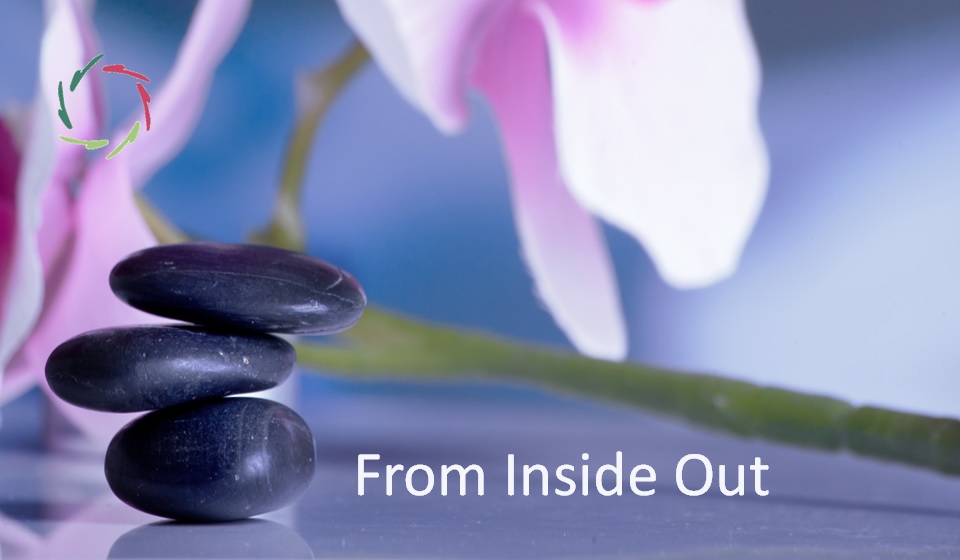
From Inside Out
What comes from the inside out makes you stronger ― Inner Strength. What is imposed (even by yourself) from the outside makes you weaker. What is ‘from inside out’? The outside is the merely conceptual side. ‘From inside out’ is the potential to grasp something without pinning it down on the outside. It starts from Read the full article…

Dealing with Hard and Weak from Gentle and Strong
Strong-gentle people may be extra challenged by hard-weak ones. It’s good to understand causes and consequences beforehand. Please read Weak, Hard, Strong, Gentle. Misinterpretations may make the dealing pretty challenging. A hard-weak person is defensive by nature. His whole environment and worldview are tainted in a hard-weak fashion ― therefore, very anxiety-provoking in many ways. Read the full article…

The Case of Whatever
Too many people live in an unfortunate state of inner dissociation ― possibly provoking anxiety and self-defeat. Meanwhile, they try to explain the unexplainable to themselves and others with whatever means available. Inner dissociation: as if anything mental is directly available to conscious control. How many people? In my experience, more than enough. Of course, Read the full article…

Goodness, Badness, and Ugliness of Ego
A good appreciation of ego is indispensable for attaining a better world in which ego plays its proper part ― no less, no more. One may think that one has gotten rid of one’s ego. Yet, in that very sentence, look who’s talking and thinking ― ego itself? Indeed, ego is a master in disguise. Read the full article…

Labyrinthine
Ancient Greek myths frequently have symbolic value ― being about what may happen in the deeper layers of the human psyche. The Minotaur, half man, half godly bull This beast – held captive in an elaborate maze or labyrinth by King Minos at Knossos – was fed with human sacrifices from Athens. The Athenian prince Read the full article…

Grief
This text is a somewhat objectified gauge of the depths of grief. Within this understanding, one may hopefully also better grasp it emotionally. Sure it hurts. Don’t let this text make it hurt less but, perhaps, differently. Impermanence of being Grieving over a deceased loved one is principally grieving over loss. The loved one has Read the full article…

To be Free is to be Meaningful
Freedom may be a feeling or a being. It’s about being able to do what one wants to do ― this is, what one finds meaningful, one way or another. Being compelled to act For instance, out of patriotism, one may feel compelled to risk one’s life in battle. This ultimate sacrifice is given in Read the full article…

Practicalities of Free Will
Free will is a term that stands for many concepts, and within each concept for a cloud of meaningfulness. That doesn’t make it practically less important. Terms and concepts Also, this doesn’t mean there are many free will’s. That would mean one can fight about what is the correct free will. Such fighting is done Read the full article…

Let the Real Consciousness Come Forward
Besides many definitions of consciousness, there is a distinction between consciousness as something very worldly versus something magical. What will it be? Consciousness as a functionality Humans have received consciousness from Mother Nature because the pre-conscious era evolved toward a state in which consciousness was gradually becoming an asset for survival. In this sense, consciousness Read the full article…

Anxiety Not Felt
Worldwide, people are anxious. This may have been the case for a long time, but it’s certainly the case now. Technological progress hardens the cause and consequences. A quote about felt anxiety [*]: Anxiety disorders, including panic disorder with or without agoraphobia, generalized anxiety disorder, social anxiety disorder, specific phobias, and separation anxiety disorder, are Read the full article…

The Freedom of Being You
People generally crave the feeling of freedom. Yet, a crucial misunderstanding may lead to a vicious circle careening into the reverse. You Being-you means being the one with your history, preferences, and other people’s influences upon you from childbirth on and even before. This is the you that can be free ― no other. This Read the full article…
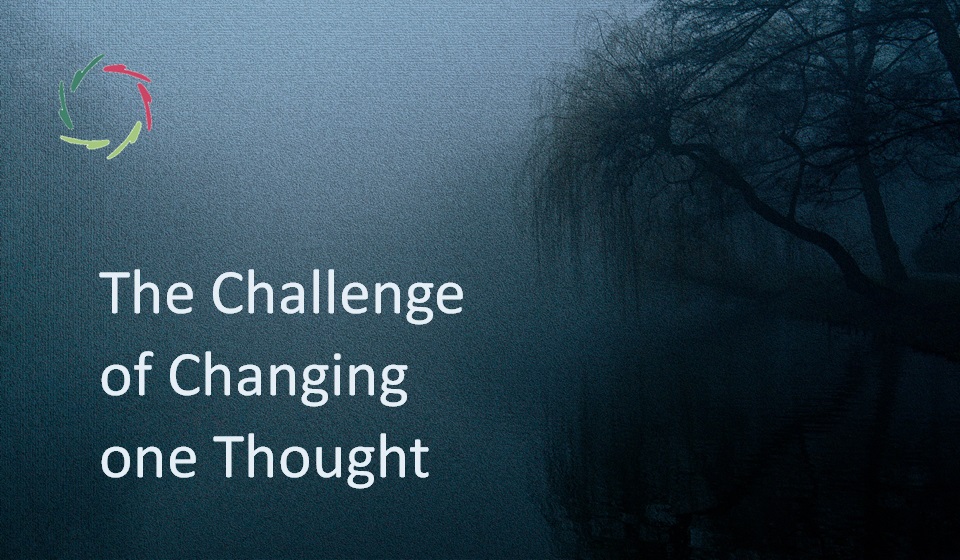
The Challenge of Changing one Thought
The degree of challenge depends on the thought. Deeply embedded thoughts are more challenging to change. The difference between deep and superficial-level thoughts is crucial. Embeddedness Surface-level thoughts are more Lego-like. You can, so to speak, quickly take out one small block and put in another. Of course, there are no pure Lego-like mental blocks Read the full article…

The Humility of Being Infinitely Special
This is no ordinary kind of humility. Also, it is not about faking, nor is it coercion from outside or inside ― just genuine, spontaneous, infinitely special humility. ‘Infinitely special’ is so special it doesn’t matter anymore. You don’t need to strive for anything. You already got it. Have you ever felt this? If not, Read the full article…

How Doctors Think
Surprise! They think like everybody else. This is based on several articles, my own experience, and long-time interest in the topic. ‘System-1 and system-2’ This is the terminology of Kahneman: System-1 is the ‘fast thinking’ ― more intuitive if you like. System-2 is the ‘slow thinking’ ― more formal reasoning, hypothesis-testing. Nr. 1 is more Read the full article…

When You are the Instrument
Then you hear the sounds the universe makes through you. How can the universe do this? How can it not do this? In yoga With you as the instrument, you can let yourself go into yoga postures as gateways. Once you see this, you can also see that each posture is entirely important. Yet it Read the full article…

Insight = Change
Insight is not information. It is not merely conceptual knowledge. Insight is rather wisdom. Wisdom is yours. Your wisdom can never be mine. Therefore, I cannot give you wisdom. If I tried to push my insight into you, it wouldn’t be your insight. It might be inside you for a while, then wither like a Read the full article…

Subconscious is Dead. Long Live Non-Conscious!
‘The subconscious’ stems from the Freudian take that some conscious-like thing lurks in the mind behind a fence of repression, ready to jump forward or wreak havoc from behind the fence. Contrary to this, the non-conscious is just plain and hard modern cognitive neuroscience. Freud still engenders much resistance. Putting this in history, let’s go Read the full article…

Depth is Everywhere
Everywhere and nowhere. Depth is a characteristic of human mental processing. See: What is ‘Depth’?. Depth is how the brain works by default ― nothing special. See, for instance, The Poetic Brain. At the same time, we see a stark lack of depth in so many places and situations. The world is sleepwalking from crisis Read the full article…

Qualia
What is it like to be a human being who sees redness (or anything)? The difficulty in describing this lies at the core of ‘the problem of qualia.’ Since the Middle Ages, many philosophers, theologians (looking for the soul), and scientists (looking for the brain) have quarreled about ‘qualia.’ To this day, they haven’t agreed Read the full article…

Your Internal Voices
You can call the talking in your head, which is probably going on right now, your internal voice. With more than one standpoint, these are your internal voices. The mumbling of your mental-neuronal patterns The brain works this way: A continual neuronal activity – synaptical and otherwise – forms an aspect of your brain cells’ Read the full article…

What about Self-Control?
To some, a panacea; to others, a rather dirty word. Self-control is weird when one asks who controls whom in this. This weirdness leads to deeper insight. Crucial in many situations Criminal recidivists, sex offenders, psychopathic leaders, people with addictive thoughts and behavior… all these may be seen as in need of self-controlling their negative Read the full article…

Am I a Conscious Being?
It depends on the meaning of the term ‘conscious.’ Surely, I feel conscious, but that eventually proves nothing. See Qualia Philosophically “I am conscious; therefore, I am.” Not necessarily. There is a ‘me-being-conscious’ as a feeling, an experience. Thus, better said, there is a ‘me-feeling-conscious.’ Can one, from within this me-feeling-conscious, speak of a me Read the full article…

Suffering as Path to Enlightenment
This is no reason to seek out suffering for its own sake. Nevertheless, if suffering is present, it can be seen as an excellent occasion to continue one’s most valuable path. Any suffering, physically or emotionally What turns physical pain into mental suffering can mainly be regarded as profoundly emotional. In this wholeness of pain Read the full article…

Inside versus Outside the Poem
In challenging circumstances, not making a difference in either way can be catastrophic. We need the combination of rationality and depth to avoid this. The poem I consider ‘the poem’ as an analogy of anything poetic in art and even life. Anything mind-related can be seen from inside or outside this poem. Since the human Read the full article…
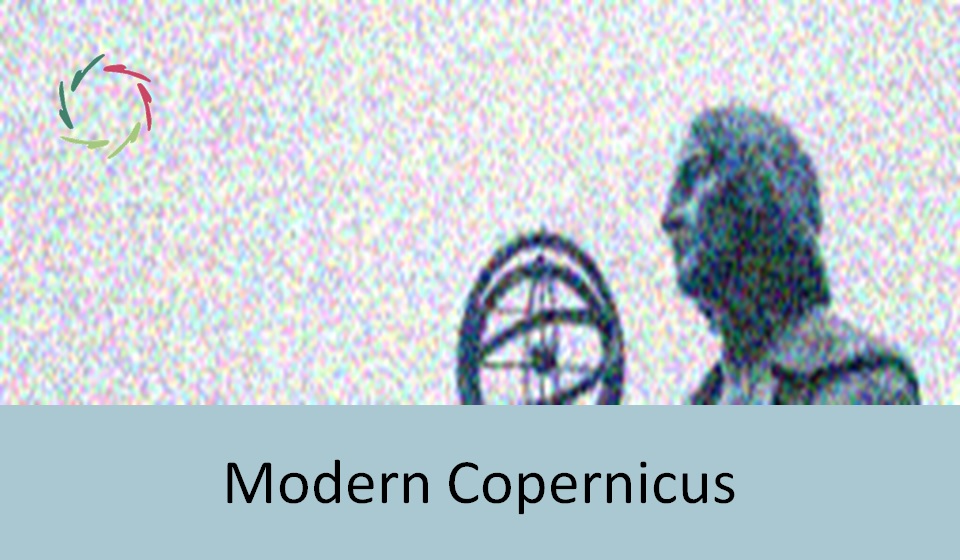
Modern Copernicus
We need a new Copernican revolution in which each person acts as a modern Copernicus within his own inner mind-universe. The historical Copernicus (1473-1543) placed the sun at the center of the physical universe instead of the Earth. Likewise, modern Copernicus places the deeper self – rather than the ego – at the center of Read the full article…

Patterns of Everything
Perception is finding patterns. So is thinking. The patterns are in what is perceived or thought and in the perceiving and thinking themselves. This text may seem difficult, but it becomes much easier if you take your time. [‘Patternist’ = related to patterns] Patterns are regularities in associations This way, anything we can see or Read the full article…

Neurophilosophy
Increasingly, there is no place for philosophy apart from knowledge about the mind/brain. Individual philosophers have always been most concerned with understanding their own minds, albeit with meager means. Meaning of life, origin of knowledge, definition of time, standard of morality, etc. Philosophy has been going on for a few millennia in East and West Read the full article…

Between Depersonalizations
A person is a dynamically evolving agent (volitional subject) with enough stability to feel like a persistent entity and enough flexibility to stay alive and thrive in changing circumstances, to ‘remain the same by changing.’ Thus, a person – living dynamic system – can depersonalize in two directions: toward too much or too little flexibility. Read the full article…

Aspects of Causality
Causality is one kind of correlation. What else? Quantum As is scientifically known, the quantum level exists and underlies everything above it, thus also causality. However, time flows in two directions without distinction at the quantum level. Only where it touches ‘our level,’ massive scale probability leads to one direction, which we experience as an Read the full article…

Are You Significant?
No, you’re not. Please keep reading. Sorry for giving you this starter’s kick. The meaning of being significant The term comes from the Latin: signum + facere = making a sign or mark. The wish for significance is about putting one’s mark on something, thus being important, influential, meaningful. The meaning of being significant is Read the full article…

Constructionism – Constructor – Construct
If there is a constructed reality, something or someone must be constructing this reality. This is not different for any socially constructed reality ― say, any culture or subculture in its distinctiveness from others. In philosophical (radical) constructionism, everything can be a construction, while social constructionism is just mind-related (sub)culture-sceptic. The former may lead to Read the full article…
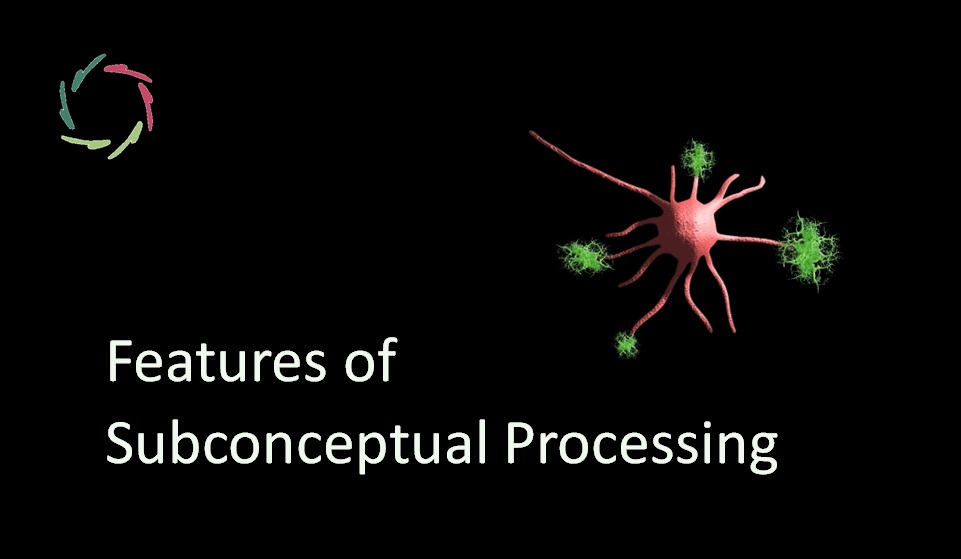
Features of Subconceptual Processing
According to Subconceptual Processing Theory (SPT), many characteristics of our thinking should be traceable to this phenomenon, as indeed, they are. SPT is the self-consistent – at least – whole of theorizing about mental subconceptual processing. In the human case, this is about how neurons, synapses, molecules, etc., achieve cognition in a broad sense. Origin Read the full article…

Bias is Our Thinking
Human thinking is based on being drawn to some bias. Bias is part and parcel of human thinking. There is not only bias IN our thinking. Bias IS our thinking. This needs some explanation. The rabbit and the duck In this well-known illusion, you can see a rabbit (looking to the left) or a duck Read the full article…

Your Memories are Alive
Memories are living beings in continual motion. Not any memory is a replica of what happened in the past. No library We don’t have a library of memories in our head, nor a computer-like database in which one can perform a straightforward lookup of wanted information. Instead, we have a hundred billion neurons forming mental-neuronal Read the full article…

Deep Purpose
“He did it on purpose.” Maybe, but what is ‘purpose’? And an even more profound question: What is ‘deep purpose’? Complexity is needed for purpose. A jumbo jet is complicated but not complex. Therefore, a jumbo jet doesn’t have purpose. It can have A purpose given by those who use it. The jumbo’s so-called purpose Read the full article…

Is the Brain a General-Purpose Computer?
The brain computes, although not comparably to a present-day computer. As a computing device, it is general-purpose. Cortical wonders Scientists have found out that the neocortex – part of the brain where much of human intelligence happens – is much the same over its whole surface. Any neocortical patch can develop in a variety of Read the full article…

Comfortably Numb
In a fight between mere-ego and total self, being/staying numb can be the most comfortable option. I encounter this mindset frequently ― unfortunately, also in scientists. Please read first about mere-ego versus total self. Where’s the numbness? The numbness here lies in avoiding any fight by surrendering to mere-ego before the fighting starts. Even deeper Read the full article…
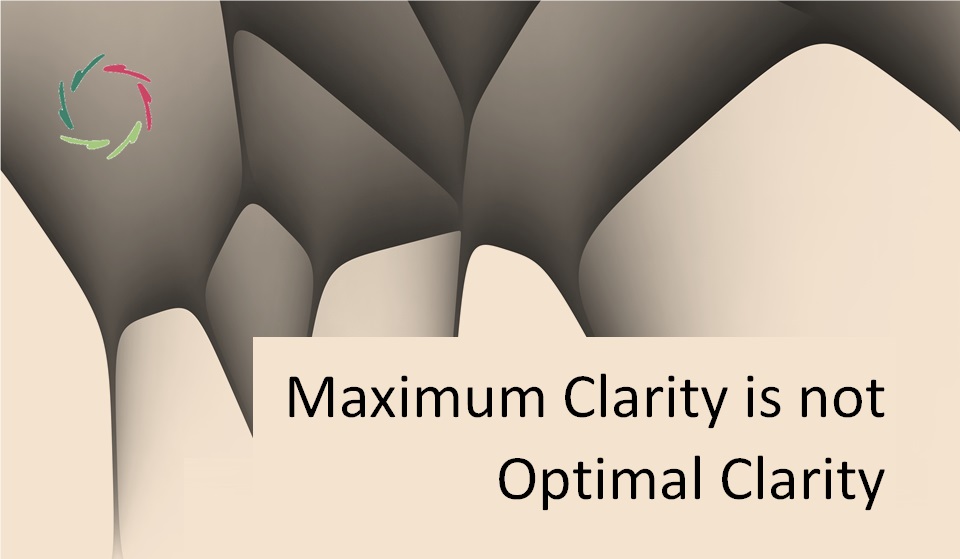
Maximum Clarity is not Optimal Clarity
Maximum clarity would be optimal if everything could be made totally clear. Since this is not the case, the optimum is not the maximum. Conceptually clear? This is how the term is mainly used by those who value rationality as something purely conceptual. With conceptual building blocks (clear arguments), logical rules can be applied to Read the full article…

Explorative Learning
Self-learning through exploration. This is a kind of reinforcement learning, but with specifically sought reinforcements towards efficient learning. Like a human child A child strives to get deep attention, which functions as reinforcement. The child does explicitly the things that lead to reinforcement ― such as by deep attention. Expecting this provokes activation of dopaminergic Read the full article…

Youthfully Sad
In a survey of 8000 high-school students between 2009 and 2021, the American CDC found the share of students with ‘persistent feelings of sadness or hopelessness’ to have risen from 26 to 44%. This is confirmed by objective measures, such as self-harm, eating disorders, and suicide. Also, it’s not only happening in the US, but Read the full article…

Enemy Outside – Enemy Inside
I dare say that the former almost never goes without the latter. Unfortunately, it happens ubiquitously. In my view, this is not an innate human condition but a weakness. Imagine a person Imagine a person as a big bubble, and within that big bubble, there’s a small bubble. The big bubble is the total person. Read the full article…

Compassion and Subconceptual Processing
Subconceptual processing is core to the concept of Compassion (with capital) which is core to the entire AURELIS project. These are complex concepts Mind the difference between complex and ‘complicated.’ The above concepts may be simply put, yet very challenging to fathom and even more to realize. Compassion, basically, brings together domains that seem pretty Read the full article…
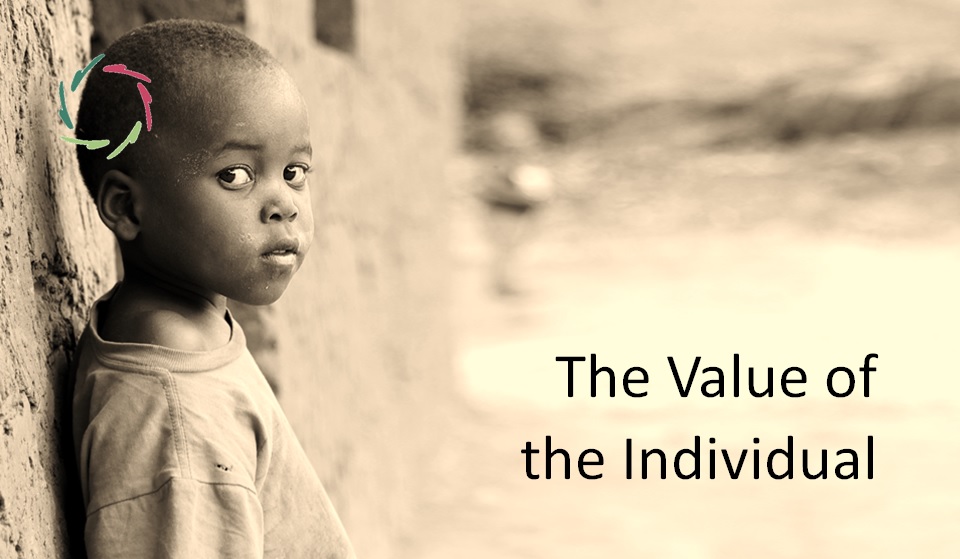
The Value of the Individual
Since the world is becoming a village, and people (many individuals) need to live together in this village, we should tackle this issue urgently and adequately to keep things viable. [I’m not an expert in cultural science. This text contains some self-made insights, which I can easily debunk with counterexamples. So, this is an unfinished Read the full article…

About Feelers and Feelings
Please let this text sink in a little while. If you get it, it may make you more flexible. To have or to be? That’s the question. In mind=body unity, the human being can be seen as a body or as a set of many mental entities, including what we generally call feelings – such Read the full article…
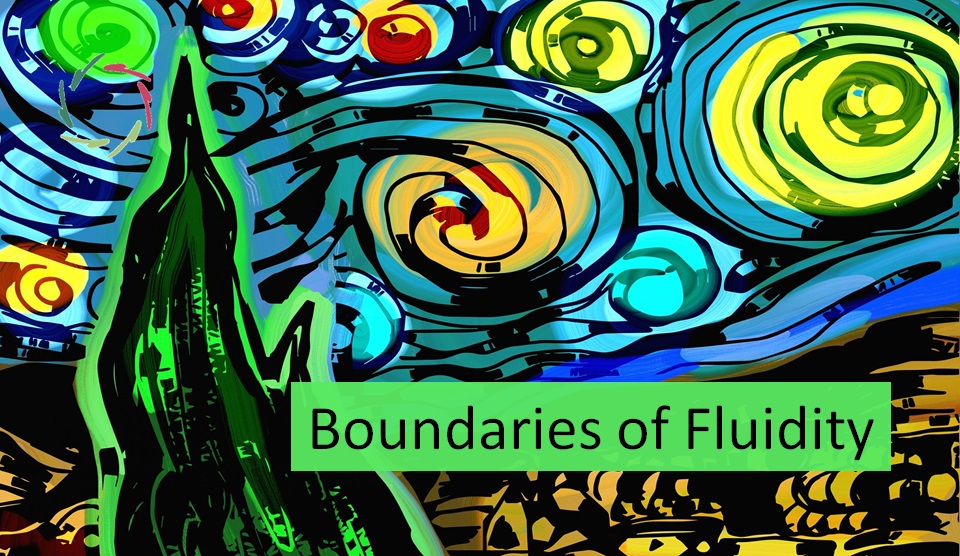
Boundaries of Fluidity
Mental fluidity makes life interesting. It provides the ability to grow as a person, discover and enjoy universes inside, and realize them in many ways. But there are boundaries. In-fluidity One may speak of a healthy kind of mental inflexibility, supporting consistency over time and workable behavior that the community may appreciate. It gives predictability Read the full article…

Why is Human Depth so Absent?
Of course, it isn’t absent. Each human being has immense depth inside. Therefore, the question is why it doesn’t show in many circumstances. People don’t live by it. You might want to read ‘What is Depth‘ before proceeding. ‘About which one cannot speak.’ I described this before as inner dissociation’ and basic cognitive illusion. It Read the full article…

About Dukkha (Suffering)
Central to Buddhism, from early on – and even somewhat earlier – is that dukkha (suffering, stress, fundamental unsatisfactoriness, dis-ease) exists and can be alleviated. Buddha showed a way to do so; I show two. The flower bud You find this metaphor as the first one in my e-book nr. 2, a collection of 12 primary Read the full article…

The Importance of Subconceptual
It may be invisible and even – consciously – unthinkable. Yet, it is there 24/7, being who you are. It’s vital in every human endeavor. The subconceptual is about how the mind works intrinsically. Looking at your thoughts, such as right now, you may have a much more conceptual impression. It seems like any thought Read the full article…
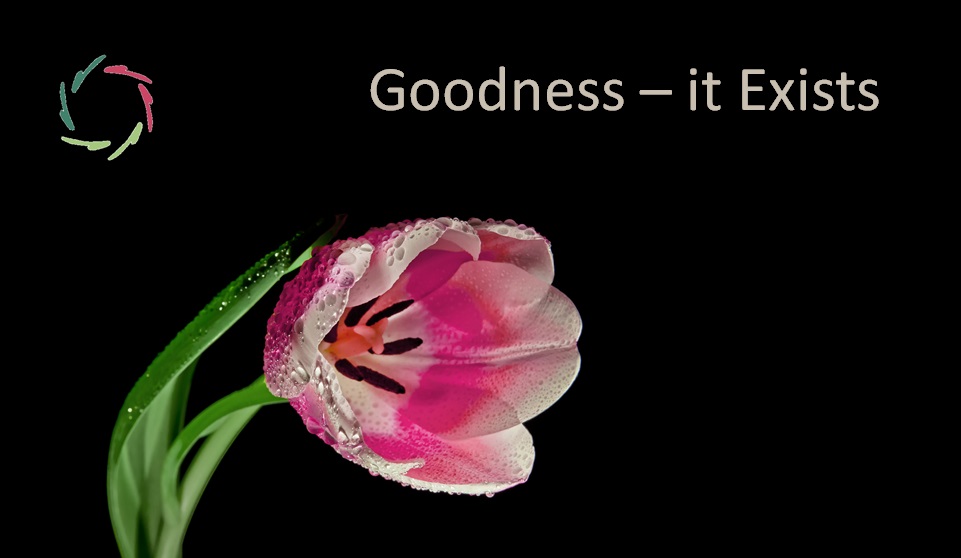
Goodness – it Exists
This is fundamental for a promising future, even though there has been no consensus on the matter for centuries. Are people intrinsically good or bad? This question has engendered huge discussions over many centuries, with much animosity involved. Both sides have seen moral depravity at the other side. Science, too, hasn’t very well answered the Read the full article…

Is A.I. Dangerous to Human Cognition?
I have roamed around this on several occasions within ‘The Journey towards Compassionate A.I.’ (of which this is an excerpt) The prime reason why I think it’s dangerous is, in one term: hyper-essentialism. But let me first give two viewpoints upon your thinking: Essentialism: presupposes that the categories in your mind – such as an Read the full article…

The Sense of Creativity
We need to be creative to feel alive. The shortest history of creativity In ancient Greece, artists were not seen as creators but imitators [as to Plato, in The Republic]. However, the Muses were seen as mediators of inspiration from the gods, and Socrates had his famously creative daemon. Later came Christian inspiration as divine, Read the full article…

Ego Bubble
Being stuck in an ego bubble doesn’t make one a wrong person. However, it hinders any personal growth. Growing the bubble is just aggrandizement of ego. A starters From the start of a new bubble, there is competition in the attention this little one gets from the mother figure. At first, the competition is vague. Read the full article…

Do not Thought-Control the Children
Molding children to the image of (molded) adults should be something from the past by now. Especially in an ever more complex society, children need much Inner Strength, which they can only grow by themselves. Another brick in the wall This 1979 Pink Floyd song was written as a protest against overly rigid schooling that Read the full article…

Depth by Invitation
Indeed, by invitation only. One cannot coerce depth as one can superficiality. What is ‘depth’? One can invite, and invite, and invite. Eventually, a genuine invitation is always at first an invitation of the self, a self-invitation, like giving a suggestion to yourself ― an auto-suggestion, of course. That didn’t take long, did it? Even Read the full article…

How to Change an Opinion
Including yours. It’s not as easy as just putting facts together. Opinions are recalcitrant, and rightly so. Here are some insights to make it more ethical and doable. Phenomenal importance People cooperate with each other – in the immediate environment and worldwide – from a state of having congruent basic opinions. For instance, the opinion Read the full article…

Eigenangst
This is the fear of the own deeper layers of mental processing. It’s a powerful direct driver of many negative happenings at the macro and micro scales in the world. ‘Eigenangst’ is a German neologism (by me). I encounter its meaning in the indefinite sound of it. Without conscious awareness One is not consciously aware Read the full article…

Who We Deeply Are and Why it’s Crucial to Know
I don’t want to be a scaremonger. But I’m scared, and I intend to monger until the direction is of utmost clarity. From Afghanistan to the world Yesterday I saw Mahbouba Seraj talking on a program about the situation in Afghanistan. She’s a famous women’s rights activist, and she was talking about this. But I Read the full article…
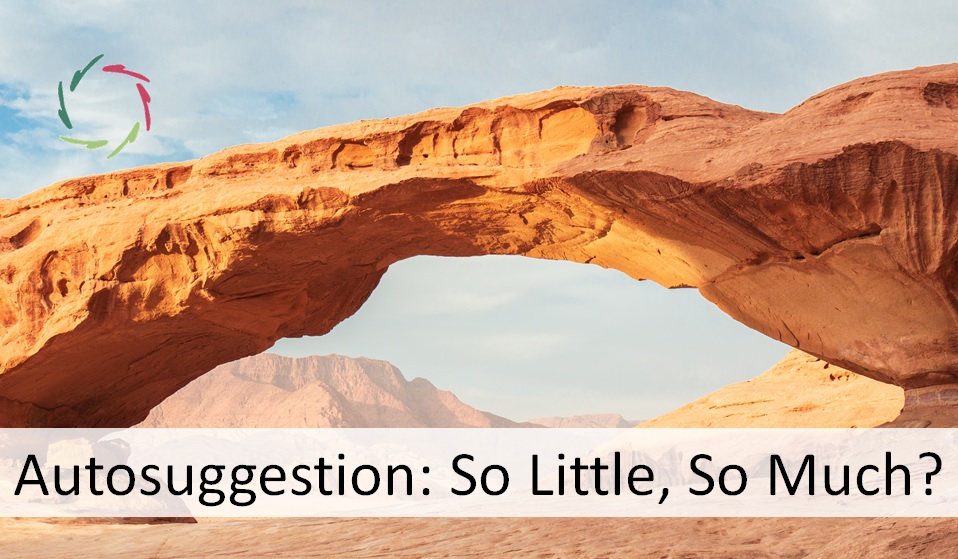
Autosuggestion: So Little, So Much?
In a culture bent on crudely decisive action, subtle autosuggestion is frequently disregarded. Yet, in the end, it may be more effective than anything else, in positive and negative ways. Subtle dance Did you ever look at a couple dancing the tango while asking yourself how they can make such complex movements together? There is Read the full article…
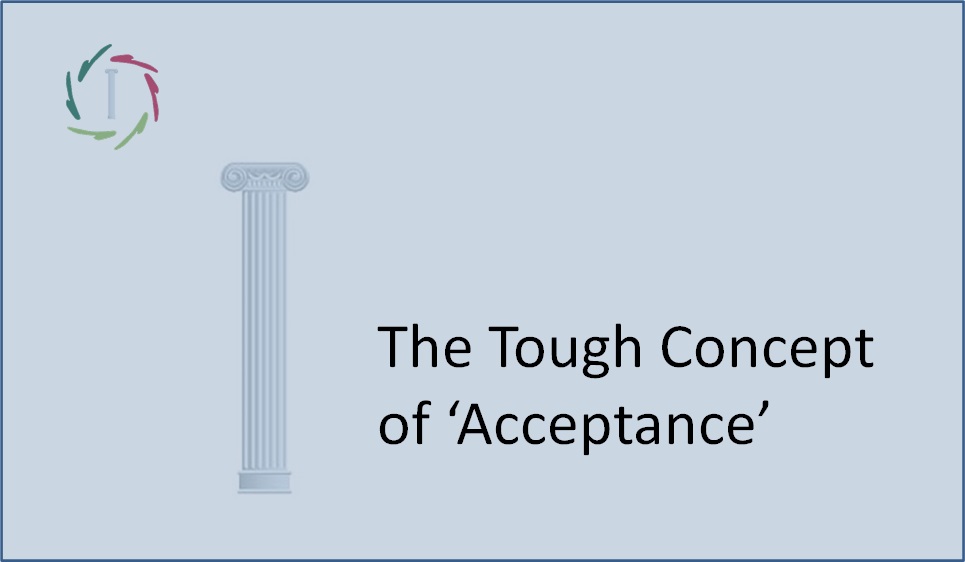
40. The Tough Concept of ‘Acceptance’
‘Acceptance’ has two different meanings. One leads to helplessness. The other leads to self-sufficiency. Once it was commonplace: People had to learn to accept chronic pain (and suffering in general) by the will of God, willingly or unwillingly. People had to ‘learn to live with it.’ In an era where there were no painkillers, people Read the full article…

Vincent
Details It’s not easy. You might look at the stars and see them and see they are alive. You might look at people and flowers and see them. You might look at pain and see it. You might feel like a rabbit in an empty hall. You might create something when you’re inspired and feel Read the full article…

Letting Yourself Go
To many people, this is a tricky part of meditating or any meditative exercise. Nevertheless, it is crucial. Without letting go, there is only a staying put. Involved in properly ‘letting go’ are depth and rationality. Meditative stance Without the big endeavor to meditate oneself into nirvana, a meditative stance is an everyday life way-of-being Read the full article…

Collision versus Overlap
This is about two ways of being a human being, as an individual and a social being. It goes all the way from deep inside the brain to the ordering of society. Collision: from the outside, entities clash with other entities. Overlap: Entities learn to know other entities from the inside without losing themselves ― Read the full article…

Fate
Accepting one’s fate may be very beautiful if it comes from deep inside. Any other kind is worth little. An animal runs away from a predator. The predator grabs it. The animal struggles and dies. It all happens in a short time. Until the last moment, there is little question of fate as far as Read the full article…

Beware of Positive Thinking
This is part of my book Your Mind as Cure – Autosuggestion for Everyone. The movement of positive thinking (if one may call it that) was popularized by Vincent Norman Peale (1898-1993). Peale was a Christian minister and a prolific writer. The Power of Positive Thinking is his most widely read book. It was first Read the full article…

What is ‘Depth’?
An AURELIS coach always reaches for depth in his coaching. There is an ongoing commitment to depth. Superficial – deep We talk about ‘superficial’ versus ‘deep’ attention, or ‘superficial’ versus ‘deep’ meaning, or ‘superficial’ versus ‘deep’ emotions. And of course: in the syllabus, you continually encounter the term ‘the deeper self.’ So what is depth? That Read the full article…
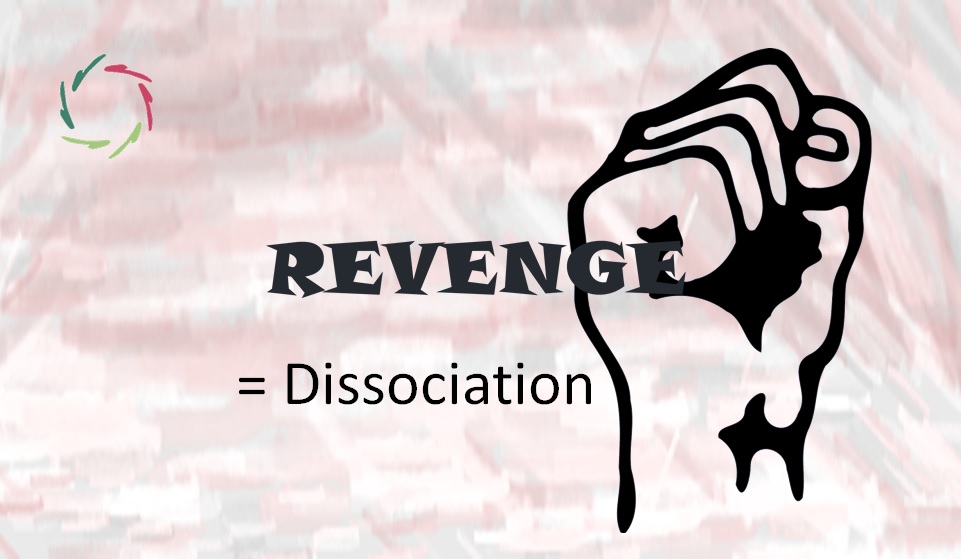
Revenge = Dissociation
The feeling of revenge needs to be taken seriously in order to transcend it. What has been lost should be restored ― in a different way. Revenge results from the feeling of having lost something. Something has been taken at the meaning level. Revenge is not about the thing itself but the meaning. What one Read the full article…

Concretely
This may not be the most accessible text for some. It’s a short invitation to think abstractly about concreteness ― its importance and possible pitfall in matters of the mind. The general idea of this text in five bullet point We have a natural propensity towards concreteness. “Animals don’t philosophize.’ On the positive side, this Read the full article…

Conceptual Landscapes
A conceptual landscape is a diagram containing a set of concepts ― principally unrelated to terms. This diminishes terminological bickering and heightens clear thinking at the conceptual level. A few examples on blog: [see: “Landscape of Empathy“] [see: “Triangle of Therapy“] [see: “Triangle of Religion“] Terms Of course, terms are used to denote the concepts. Read the full article…

Rational versus Conceptual
The difference is crucial yet frequently neglected. Any rationally minded person should find this of utmost importance. Western enlightenment tends to find rationality in exclusively conceptual thinking. Of course, in nothing does reality give the guarantee that it can be caught in mere concepts. This is only about human beings thinking so. [see: “About Concepts”] Read the full article…
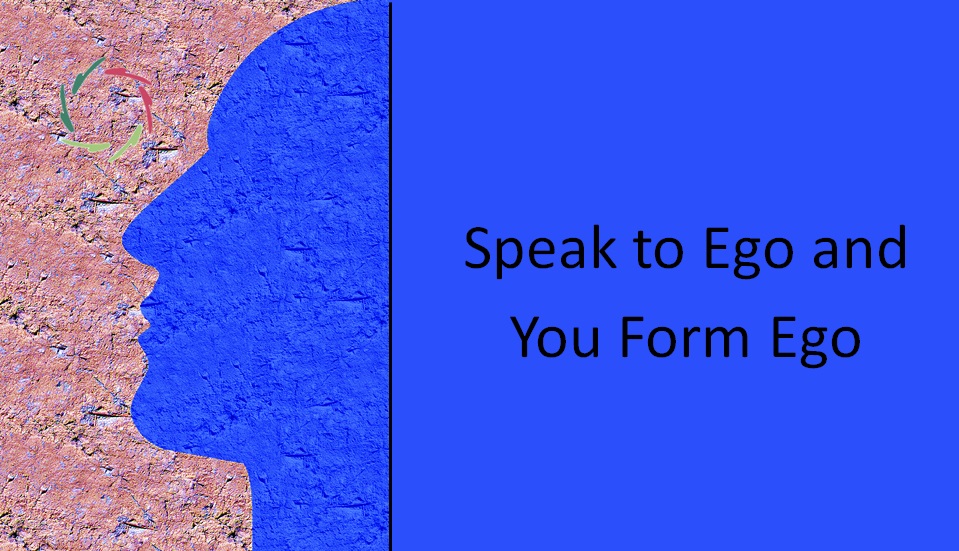
Speak to Ego and You Form Ego
Ego is locked in itself, in the ‘prison’ that it is itself. It seems like you need to free something from itself, but you can’t. Address total self, and you’ll form total self. It can be very annoying if you want to speak/act/be from your total self and people talk to you repeatedly as if Read the full article…

Lightbulbs and Human Energy
Please read first [see: “Dimming the Lightbulbs“] You can also view the image of the lightbulbs from a different angle. That is: the underlying glow of the lights is ‘human energy,’ or motivation, deeper and deeper as you enter a more meaningful and vague domain Where does the ‘glow’ ultimately come from? You may say: Read the full article…

Dimming the Lightbulbs
Imagine a large number of tiny lights as a kind of lightbulbs scattered in a room. These lights represent the purely conceptual thoughts in a person’s mental landscape. This is conceptual thinking that also thinks about itself in a similarly conceptual way. In other words, this is ego-minded consciousness. Also, imagine gleams behind the bulbs (or Read the full article…

Banned from the ‘Garden of Eden’
EVERY feeling of ‘being sinful’ is the translation of a feeling of not opening. See the flower bud metaphor in e-booklet 2. Inner Dissociation The Biblical original sin lies in ‘eating the apple,’ this is: reaching a state of self-consciousness and therefore also seeing oneself, one’s nakedness. But at the same time, it also lies Read the full article…

Emotions and Consciousness
An emotion is, of course, always important. Yet, there is a whole gradation between ‘superficial’ and ‘deep.’ Deep as being what has more to do with more of you. But what this actually means is quite subtle. [see: “What is ‘Depth’?”] You can be aware of an emotion, but you cannot evoke an emotion with your consciousness alone. Read the full article…

Detachment
A major misunderstanding that must be put to bed in the (Western) world: ‘detachment’ is NOT the having of control over one’s feelings and emotions, nor is it the loss or not having of feelings and emotions. “The detachment of a stone is not that of a human.” Having the ability to show some detachment Read the full article…

Not the Winning, but the Striving
In full-hearted striving lies the true valiance. Never-ending, no frustration, just going for it. Not the winning, not the contending One can strive and fail. Then strive again and fail again. Is this a failure? In my view, not necessarily so. It becomes a failure when the striving is done half-heartedly. The striving ― to Read the full article…

The Real Enemy is Inner Dissociation
Looking at the present, one may be very optimistic or pessimistic. Many see ‘the other side’ as a source for pessimism. However, to what degree may the other side be related to one’s own inner side? [Matthew 7:3] “Why do you look at the speck of sawdust in your brother’s eye and pay no attention Read the full article…

Principles of Being an Intelligent Being
Strange times. We are living at the borders of old and new intelligences. We’ll need some agreement in seeing what it’s about. Intelligence is in the eye of the beholder. Definitions of intelligence abound. Therefore, it is better to start from the really basic, where it can be hardly even more basic. There, it’s the Read the full article…

The Poetic Brain
This view hasn’t been pretty widespread in the past. It may be so in the future. Our brains are made for poetry. The deeper one delves into neuro-brain-stuff – maps, neurons, dendrites, synapses – the more it’s at risk of becoming viewed purely materialistically. Indeed, in the end, even a painting of Goya is nothing Read the full article…
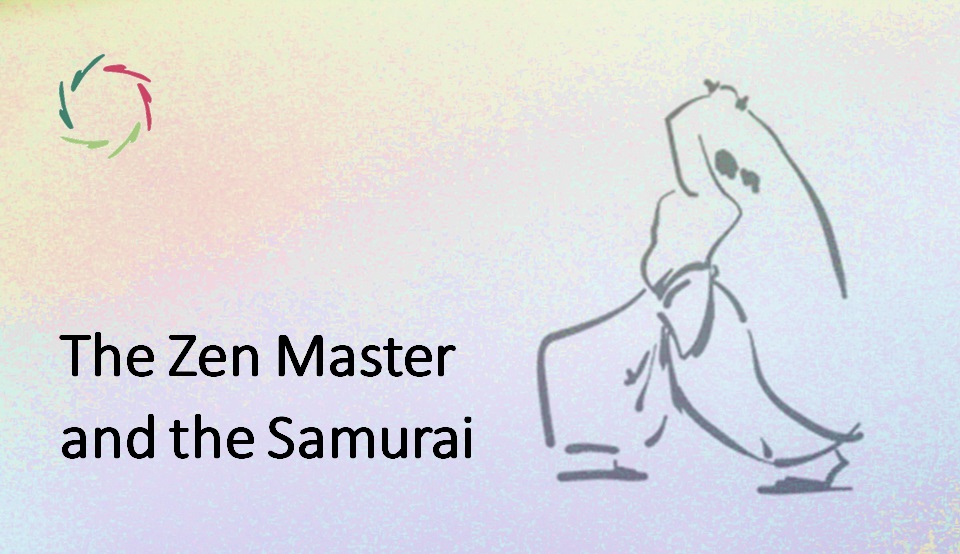
The Zen Master and the Samurai
A story from ancient Japan. A samurai approaches a Zen master with the question: “Your honor, people say that you are amongst the most enlightened masters currently alive. I came to you, especially from the other side of the country. Could you, please, give me some clarification about a question that has kept nagging me Read the full article…
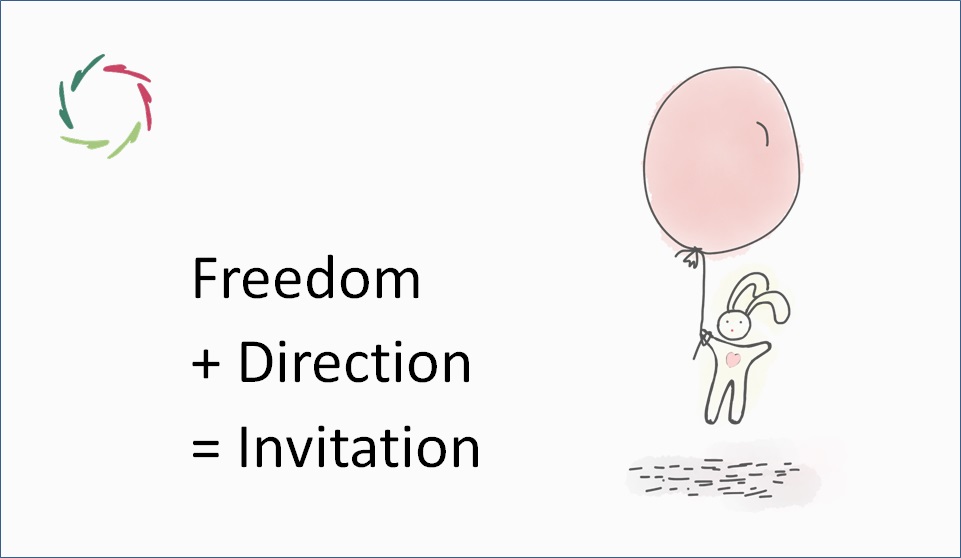
Freedom + Direction = Invitation
A perfect equation in both directions. This lets one better understand ‘invitation’ and put it into practice. Direction without Freedom This is coercion, one way or another. Literally without any freedom, this would amount to mental incarceration ― the end of life to any mind-ful organism. The lack of freedom may be hidden to the Read the full article…
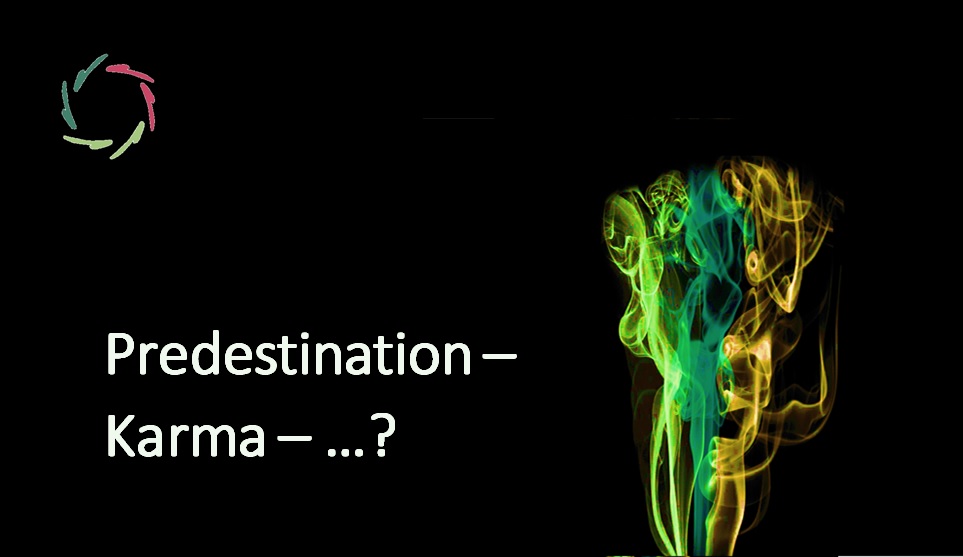
Predestination – Karma – …?
Different cultures, different takes on basically the same. Small glossary Predestination: Christian (mainly Protestant) belief that God has predestined the salvation of some and not others, or even all that will happen. Karma: Hindu belief that all of one’s actions together in this and previous lives predestine one’s future fate. Non-conscious processing From an AURELIS Read the full article…

Inner vs. Outer Change of Patterns
This is about mental-neuronal patterns. Although this term speaks of recent scientific insights, the known relevance is age-old and ubiquitous. It is also a basic choice for the future. All in the mind? ‘Inner vs. outer change’ is not about what happens inside or outside of one’s mind, but inside or outside of individual mental-neuronal Read the full article…

The Meaning Crisis
This is probably the most meaningful of all crises. Yes, surely. Please read about ‘deep meaning,’ which is meant here. [see: “The Meaning of Meaning“] People hold on to meaningfulness. Understandably, why would someone do anything? Because there is a ‘why,’ therefore, a meaning ― agency ― life. So much more concerning deep meaning. Without Read the full article…
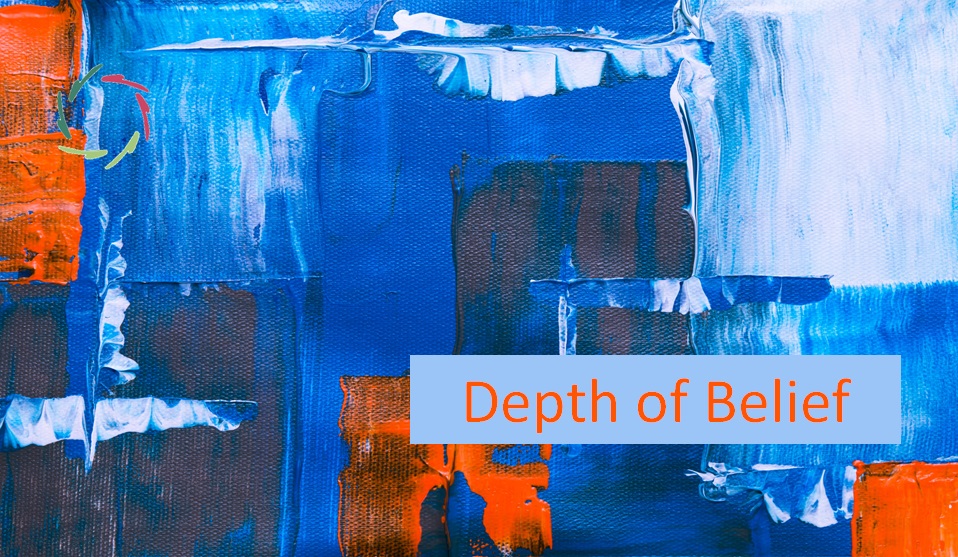
Depth of Belief
Eventually, deep belief is always stronger than the superficial kind. Unfortunately, it is not always validated. This situation leads to many huge tensions that can only be resolved through its validation. What is ‘to believe’? It’s one of those concepts that seem straightforward until you start to think about what they actually mean. “I’m not Read the full article…

The Responsibility of Mind-Science
Call it psychology, including psychotherapy. The responsibility is huge. Making the world go ’round? In many fields related to the human mind, the world is going increasingly square. Superficial roundness in such a circumstance is hurtful to many people. Therefore, outward solutions – basically making people feel comfortable – are not enough. The answers to Read the full article…

Are You Your Thoughts?
This may be the question on which the answer depends most upon the question itself. Who is asking? Conceptual / subconceptual Time and again, what reaches consciousness is pretty crystallized (conceptualized). Therefore, we have the continual illusion that the concepts start as such where they come from. In reality, it’s a very different world. So, Read the full article…

Words don’t Matter
Words are things. If not imbued with life, they are like water that flows to the sea on an eternally lifeless planet. Concepts matter. Emotions matter. Depth matters. Beauty matters. Culture matters. People matter. Life matters. Words don’t matter. They’re just letters, one after the other. All the above matters within words ― not the Read the full article…

From Mirror Neurons to Mirror Brain
Seeing the brain as a ‘mirror brain,’ we can see how empathy plays a crucial role in many things mind-related. Empathy is not an add-on. The human thinking is basically empathic. This is an excerpt from [see: “The Journey Towards Compassionate AI.”]. (This blog text is no easy reading.) Some researchers see mirror neurons as Read the full article…

What about Conscience?
At first, I see conscience as part of the ‘natural you.’ Then it can become occupied by cultural rules and regulations. The way one handles this can be either Compassionate or precisely not. This is an excerpt from [see: “The Journey Towards Compassionate AI.”]. Conscience as a concept is – don’t be surprised – hard Read the full article…

Insight is a Path
The way one reaches an insight is at least as important as the insight itself, viewed as an accomplished piece of knowledge. This is highly important in many situations. Please read [see: “Insight is Not a Supermarket“] Close to wisdom As I use the term, insight is more than just an intellectual idea. It always Read the full article…

Always Avoidance, Always Attraction
From bacteria onwards, life has been about avoidance and attraction. This is still the case within the human being, including the mind. Depending on this, we heal or become sick. The mental-neuronal level As neurocognitive science increasingly shows, our ‘universe inside’ contains a myriad of mental-neuronal patterns. [see: “Patterns in Neurophysiology“] These are activated and Read the full article…

I Want to Do in Group
This may be the most fundamental motivational sentence. David McClelland’s motivation theory This is arguably the most prominent motivation theory. It suggests three basic needs for anyone: the need for power, achievement, and affiliation. Many see in this distinction three different personalities, promptly dividing people into three classes: a) those mainly bent on power and control; Read the full article…

The Post-Postmodernist Brain
“because your experiences are unique, so are the vast, detailed patterns in your neural networks. Because they continue to change your whole life, your identity is a moving target; it never reaches an endpoint.” [1] This is a quote from a recent book on neurocognitive science. The book (and author) is top-notch in this domain. Read the full article…

Competence vs. Comprehension
We don’t usually make the difference between competence and comprehension in anything that we regard as under conscious control. That may be wrong in many cases and, at present, increasingly dangerous. Competence, comprehension Competence is about what an agent can do. Comprehension is about the understanding of this agent concerning his own doing. To what Read the full article…

Apollonian – Dionysian – Odyssean
In therapy/coaching and in everyday life, one may be more Apollonian oriented or more Dionysian, or see it all as an adventurous journey. Nietzschean dichotomy Nietzsche used ancient Greek mythology to characterize two different mindsets in culture, art, and individual: Apollonian: more orderly, yet illusory and socially constructed Dionysian: more passionate, at the same time Read the full article…

Problem- vs. Growth-Oriented in Mental Issues
This may lead to diametrically opposed ways of being and many misunderstandings. As a mindset. All of us continually encounter issues, from minor to life-size. This way, there is ample occasion to practice in seeing them either as problems or as invitations to grow. Problems may lead more generally to stress; invitations to positive challenges Read the full article…
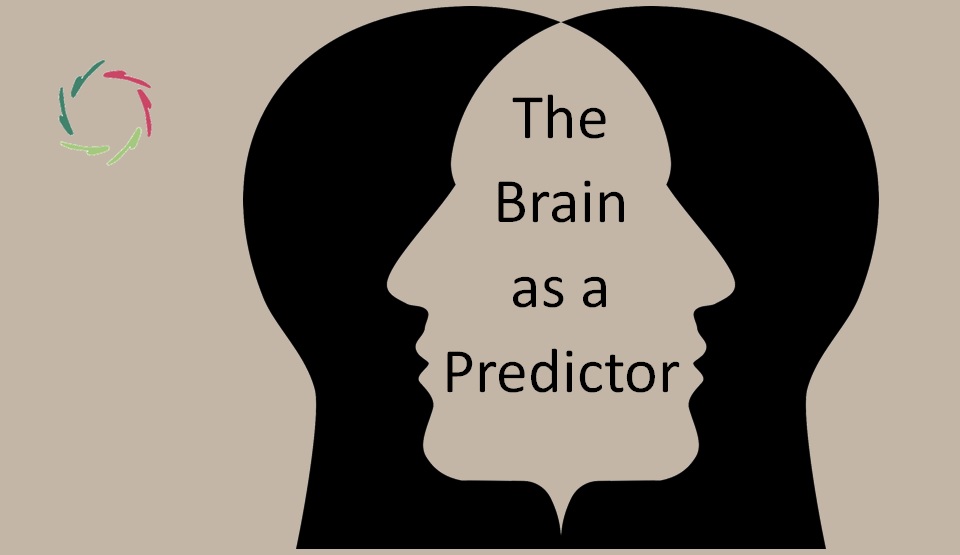
The Brain as a Predictor
Contrary to the impression that the brain runs behind its environment, passively capturing, then trying to influence it, the brain works much more as a predictor, using input from the environment mainly as feedback to its predictions. Please read: [see: “Patterns in Neurophysiology“] Brainy patterns ― Pattern Recognition and Completion (PRC) A neuronal/mental pattern is Read the full article…

About ‘Intelligence’ (in A.I.)
At the brink of a new intelligence, it’s crucial to know what we’re heading towards. Seriously trying to clarify the concept may help. Many intelligences Whether knowledgeable or not, many people try to answer the question of what exactly is ‘intelligence.’ Needless to say, popping up are many different answers. This should not deter anyone Read the full article…

The Basic Denial
Not seeing through an obvious illusion is one thing. Not wanting to see despite immense mayhem for countless people is different. Basic cognitive illusion This is: not consciously reckoning with non-conscious, subconceptual mental-neuronal processing. [see: “The Basic Cognitive Illusion”] This illusion is debunked by a lot of scientific data. For instance, [see: “The Post-Postmodernist Brain”] Read the full article…

Being Critical is Not Being Closed
I’m rarely on it like this, but I think this piece is really of the utmost importance for an AURELIS coach. With this, it stands or falls. It is therefore advisable to read this text very carefully several times. It is not devoid of subtlety. Try your best not to misunderstand. Talk about it openly. Read the full article…

Explosion of the Heart
Nothing changes, and nothing is the same anymore after such individual experience. An open landscape may emerge for all to be one. Peak experience Maslow called it a peak experience, but, indeed, it is an explosion of the heart. It can happen in very diverse circumstances. We’ll see three examples. An explosion of the heart Read the full article…

Two Extinctions
A recurrent maladaptive behavior, thought, or feeling can gradually diminish in two ways. Either it entirely disappears, or it dissolves. There are differences in path and endpoint. About extinction A mental ‘problem’ is usually recurrent. That’s the reason why people search for help, including professional help. In one word: therapy (or mental coaching). ‘Extinction’ is Read the full article…

Inner Friend or Foe?
One can treat one’s inner being as a friend or enemy. It’s good to make this an explicit choice. It’s too important to let it be a choice imposed upon you. People are not conscious of their non-conscious mental processing Yet, the science in this is unequivocal. The inner, non-conscious mental life of a person Read the full article…
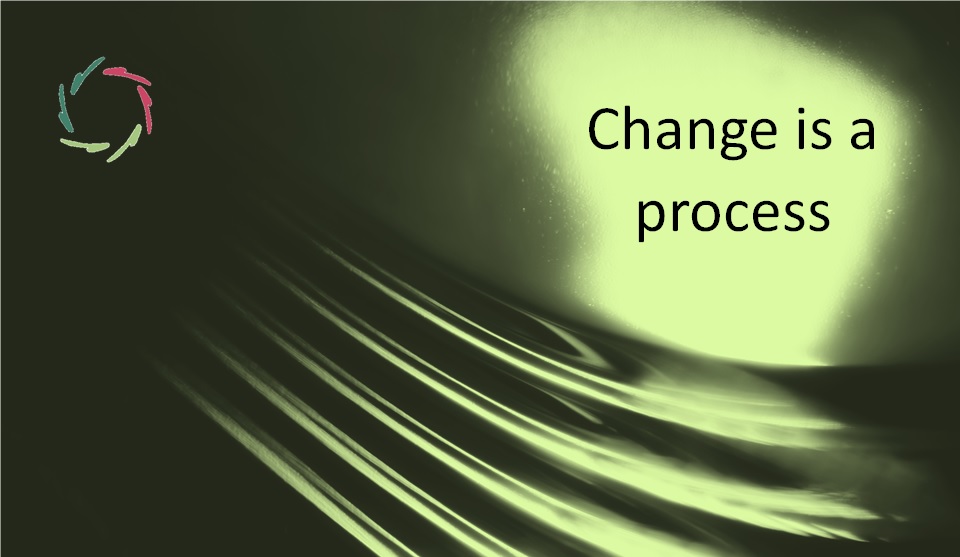
Change is a process
Especially meaningful change, which is the change that is, well, most meaningful, thus most important. Insight into the brain/mind is essential to understand why. We are not some software in some hardware. I hope this is obvious to you. The reason is that we are complex organisms. [see: “You Are an Organism, Not a Mechanism.“] Read the full article…

Can Mind Change Matter?
Let’s take it philosophically today. That brings us to what is called ‘philosophy of mind.’ Please read this first: [see: “‘Mind = Body’ Breakthrough“] Philosophy is like playing in the mind. Philosophers are like children ― no denigration meant to either, quite the contrary. In their intellectual playfield, philosophers have been thinking about the mind Read the full article…

The Water and the Jug
Constructionism in a poem. Please read [see: “Constructionism“] But let’s start with the poem. Form of water The form of water in a jug is the form of the jug without jug. But without jug the water flows away immediately spontaneously. ▪▪▪ The form of content in form is the form of form without form. Read the full article…
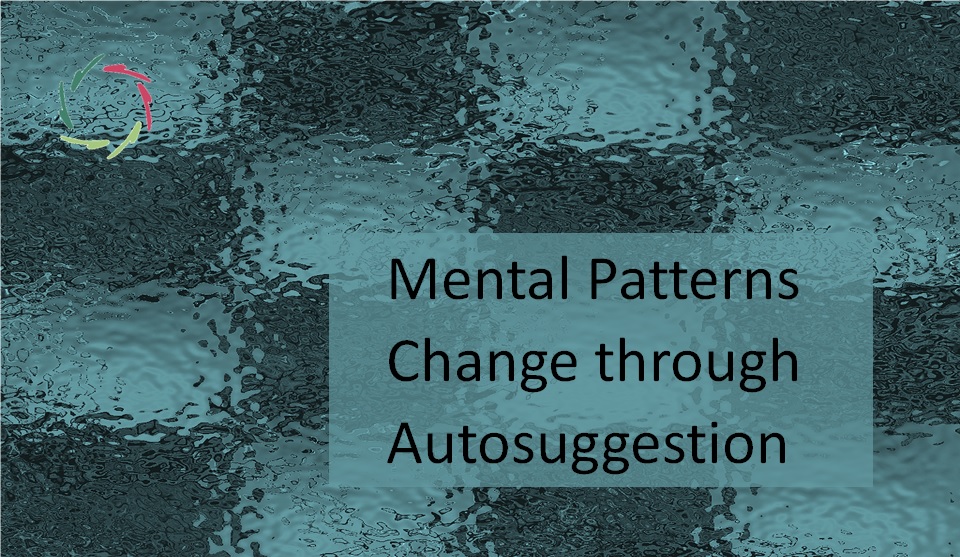
Mental Patterns Change through Autosuggestion
This may even be the only way in which they can ethically and adequately change. There is a clear responsibility involved to do this as well as possible. Autosuggestion is the language that directly touches mental patterns. [see: “Patterns in Neurophysiology“] It is related to poetry in its metaphorical means, a meditative mental setting, and Read the full article…
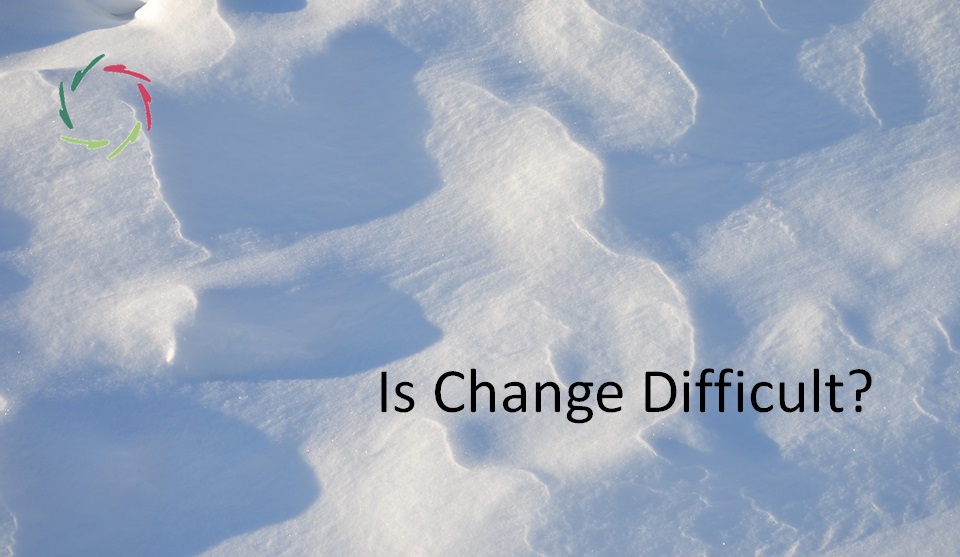
Is Change Difficult?
Especially deep change. It’s a cultural thing to find it difficult. And so it is. Is it? Coaching is about change, one way or another. [see: “Coaching is everywhere“] Being a coach Your opinion as a coach matters in this. If you think change is difficult, then you risk conveying this to the coachee. In Read the full article…

Searching Stability
People want stability in meaningful depth, not therefore in things of meaning. Evolutionary Life itself can be seen as a search for stability amid entropy and chaos. With some complexity, along the evolutionary process, this search becomes a search for meaning as a natural quest. Life searches stability at the level of meaning. Animals are Read the full article…

The Non-Conscious is No Automaton
This insight is central to anything human-related. Two ways to ignore the non-conscious in human mental life These are by ignoring there is anything at all functionally, seeing it as something inactive by itself. In the latter option, the non-conscious is something like a meaningless automaton, an entity of levers, buttons to be pushed, and Read the full article…

Turtle Vagaries
If you think this is about you, you might be right. Even more, it is about you as total-person. Any ocean turtle sticks out its neck most of the time. Each time it does, it’s vulnerable. The wise turtle knows when to do so and when not. That is how it lives ― sometimes to Read the full article…

The Stream of Non-Consciousness
The conscious train of thought may appear like a self-propelling stream of consciousness. The reality is different, carrying immense consequences. The image before the thousand words Please read on. The image and a few consequences will become clear by the end of the words. Constructed vs. fundamental reality The horizontal line in the middle schematically Read the full article…

There is Soul in Suffering
With due respect, one should not try to eliminate all suffering most quickly and easily. Unfortunately, this indiscriminate stance seems to be precisely the promise of many products and services for sale. Please be careful with this. It can be easily misunderstood. This is not a glorification of pain. One should not seek it out Read the full article…

Importance of Spontaneity
Spontaneity is the stuff of autosuggestion and of nature. as in AURELIS. A suggestion comes with freedom and direction. [see: “Suggestion: Communication to the Subconscious“] I suggest you read further. You are free to do so if you like. In autosuggestion, the emphasis lies on ‘doing yourself.’ It is, in a way, even more spontaneous. Read the full article…
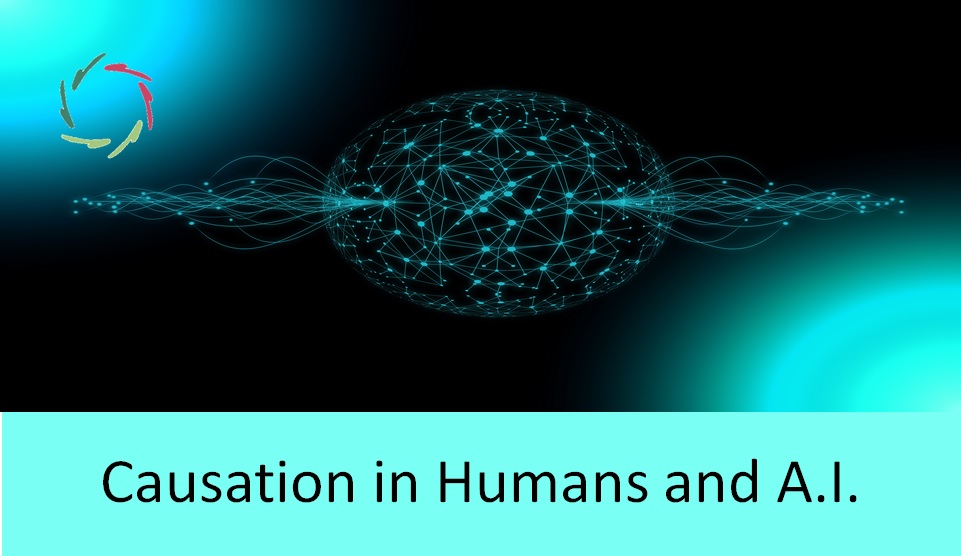
Causation in Humans and A.I.
Causal reasoning is needed to be human. Will it also transcend us into A.I.? Many researchers are on this path. We should try to understand it as well as possible. Some philosophy Causality is a human construct. In reality, there are only correlations. If interested in such philosophical issues, [see: “Infinite Causality”]. In the present Read the full article…

Is All Learning Associational?
Most probably. This is a domain where animal/human learning and A.I. learning can learn much from each other. Three forms of learning in A.I. Generally, learning in A.I. is divided into two distinct kinds, with a third one dangling in the appendix, referring to another book (*). supervised learning: training with specific input and labeled Read the full article…

Who We Are. What A.I. Can become.
In the near future, we will learn many exciting things in both domains. They will turn out to be very inspiring in both directions. “I think one of the big breakthroughs that’s going to come is we’re going to understand the brain… so that suddenly it all begins to click” Quoting Geoffrey Hinton, ‘godfather of Read the full article…

Into the Not-Knowing
It is good to know many things. It is also good – indeed necessary – to not-know. Without not-knowing, we are not going to have a bright future, as we have not made a bright present. Where the hyphen makes all the difference. Not-knowing is not about a lack of knowing. It is certainly not Read the full article…

Patterns in Neurophysiology
Mind-related concepts are not held by single neurons but by patterns of neurons. This is increasingly being visualized, carrying immense consequences. Neuronal ensembles (‘neuronal patterns’) The human brain is no clockwork. There is no database nor a collection of crisp, Platonian concepts. [see: “About Concepts”] There is no one concept present in one brain cell Read the full article…
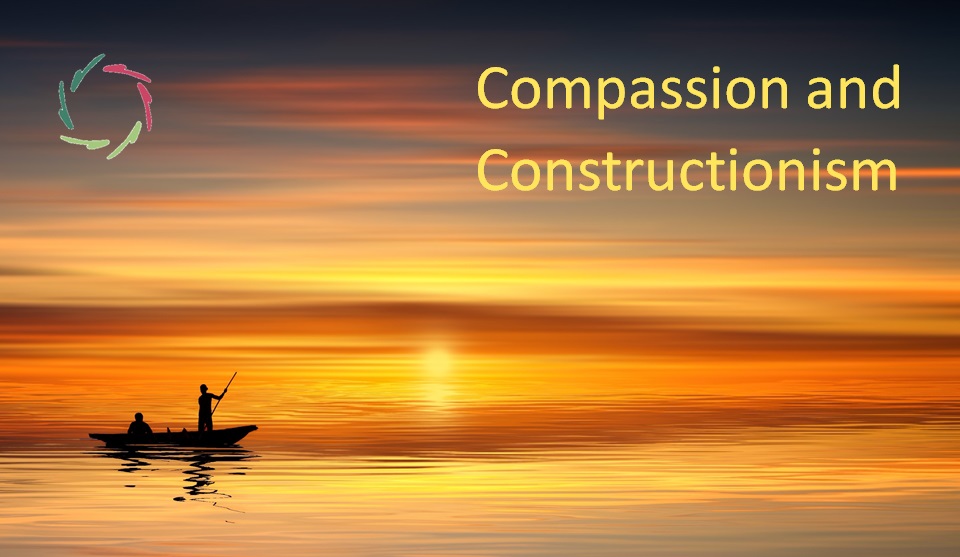
Compassion and Constructionism
Constructionism shows the importance of not getting stuck in a constructed reality. Compassion ethically realizes this for the good of many. I write Compassion with a Capital because of its relation to the subconceptual. Depth involved Compassion encompasses a profound way of looking at people (and all sentient beings). ‘Deep’ in this means that the Read the full article…

‘Mind = Body’ Breakthrough
It’s time we learn to know who we are. ‘Seeing the thinking’ of some simple animals Here are some interesting videos from recent lectures by T. Sejnowski ― one of the most important researchers in the field, and whom I am following for thirty years as an inspiration to AURELIS. The videos are entirely fascinating. Read the full article…
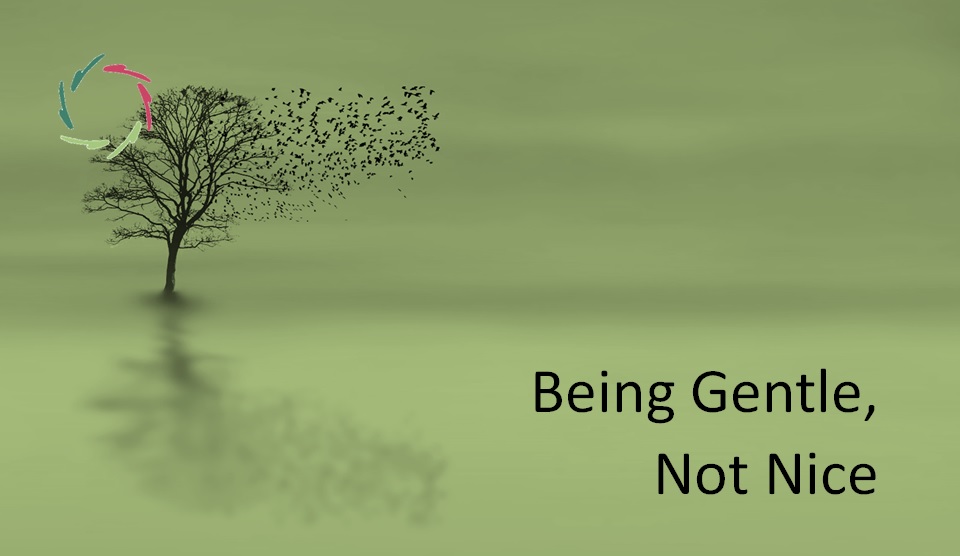
Being Gentle, Not Nice
About becoming someone worthy in social context while staying completely yourself in a most humane way. Words, words, words. Forget for this text the meanings you usually give to the key words used in it. Let’s skip over them. What I mean will be much clearer if you let it be vague. Well, this way, Read the full article…

Constructionism
Is reality itself a construction? Not as far as I know. Within reality, however, life carves its specific domain. Within this domain, human beings especially develop their many constructions ― as diverse as incompatible. Some neurophysiology Neurophysiologically, more information goes from the brain to the eyes than vice versa. Multiply honored prof. Semir Zeki introduced Read the full article…

The Autonomy and the Meaning
To be autonomous. To be an individual. To be alive. Indeed, autonomy is needed to be meaningful, to be anything at all. Then, there is more. Let’s start with the beginning. To be meaningful, one needs individuality, autonomy. Any living being strives towards autonomy. A thing has no autonomy. Chaos has no autonomy. Within its Read the full article…

Fluid Minds, Brains, Bodies
Minds change continually. Brains change continually. Bodies change continually. According to the chosen viewpoint: with many overlaps or influences. We like to think of ourselves as solid. Daily life gives that impression. We don’t change a lot day after day. We can think of ourselves as we were yesterday or last week, last year, and Read the full article…
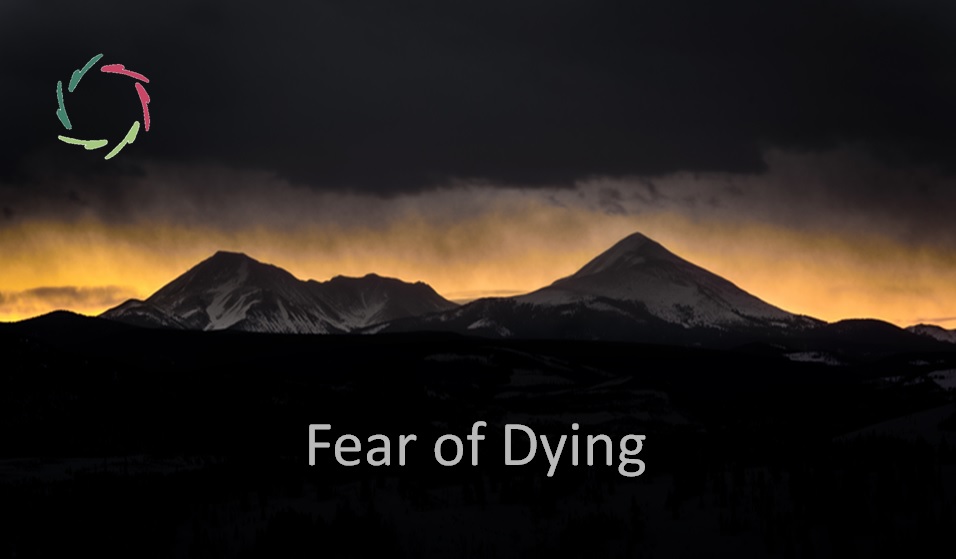
Fear of Dying
Many people are irrationally afraid of dying, even while they know they will not suffer when being dead. Many know they are irrational in this, yet they don’t know why, and keep being afraid. Every living being wants to live. Straightforwardly. Well, depending on what you call ‘wanting.’ Does a bacterium want to live? It Read the full article…

Why Do People Polarize?
Increasing polarization is going on in many parts of the world. We are seemingly not at the end of this trend. Needed is a growing awakening to who we are: total human beings. Different opinions Different opinions may see each other more clearly in the differences as well as in the similarities. They can inspire, Read the full article…
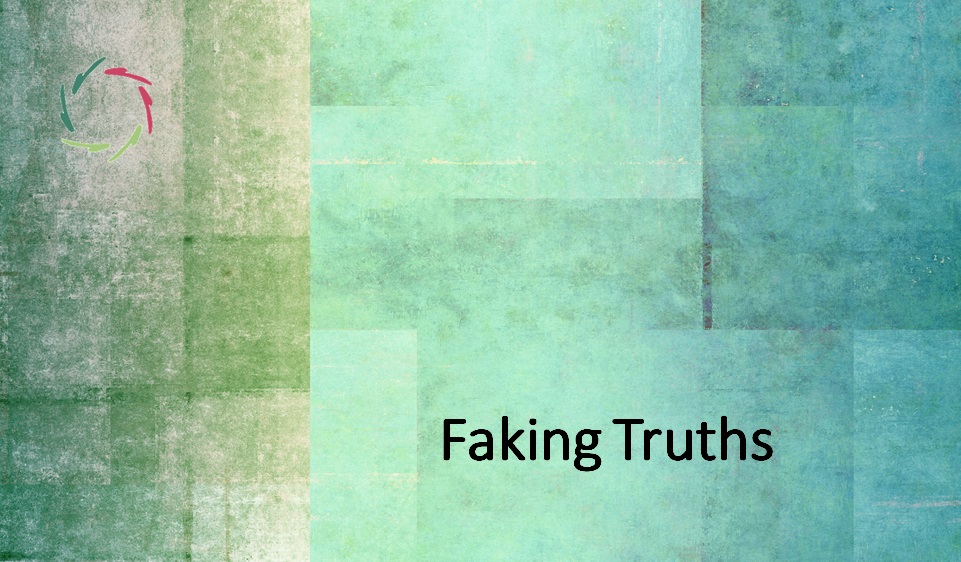
Faking Truths – Meaning over Facts
Why do people want to believe what they want to believe as if ‘truth’ is something that can be wanted into reality? 2020, the year of the truth? Hmm. We are rather in an era of untruth. Fake news, alternative truths, etc. The phenomenon is mounting. It will mount more with new technological possibilities. “Images Read the full article…

Complexity of Complexity – About Being an Organism
Is this important? Indeed, it has the direst consequences. For instance, in a Western democracy, comes COVID, the difference in outcome is hardly fathomable. Complexity We are complex creatures, being (almost) infinitely more than the sum of our parts. [see: “Complex is not Complicated“] That way, intractable things happen within us, and we don’t see Read the full article…

Projection – Why We See Mainly Ourselves
The way our brain processes information makes us interesting as well as robust. It also makes us vulnerable to projections and its consequences to health and society. Human vision Human vision is not a one-way affair. It’s a two-way affair. In seeing, more information goes from the brain towards the eye than vice versa. If Read the full article…

The Basic Cognitive Illusion
‘Basic cognitive illusion’: the fact that we are non-consciously motivated, but are not consciously aware of this (since it’s non-conscious). We also don’t consciously notice our brain in this. So, there are two levels between consciousness and the physical brain, which gives us the strong illusion of mind-brain divide. [This text is a part of Read the full article…

About Human Depth
Everybody knows it, and nobody knows it. It is nowhere and everywhere As a youth, I used to read a lot of ‘elite literature’ that costs almost nothing for what it’s worth, has nothing to do with how-to-earn-money, and everything with depth. The writers are frequently found in history books of literature. What they wrote Read the full article…

Gentle Strength
This world needs it more than ever. What? Strong gentleness. It is strong because it is gentle. It is gentle because it is strong. It doesn’t avoid gentleness. It doesn’t avoid strength. It’s not vulnerable. It doesn’t avoid vulnerability. It is sensitive. It feels what many issues are about. It listens and helps by being Read the full article…

Dawn of Opening Up
The times, they are a-changing into an era with many unforeseen challenges and possibilities. A.I. makes it even more so. One of the essential changes is a gradual Opening up of who we are as a human species, especially regarding the mind in its non-conscious presence. Openness in several domains As in AURELIS subprojects: Open Read the full article…

28. Motivating Crowds in Corona Times
September 26, 2020 Daily Total Cases worldwide 318,804 32,753,099 Deaths worldwide 5,818 992,978 A crowd is like an organism composed of organisms. If treated as a mechanism, it will not behave optimally, especially over time, especially concerning much-needed motivation. ►►►This is already crucial and will become even more important over the next six months.◄◄◄ Read the full article…
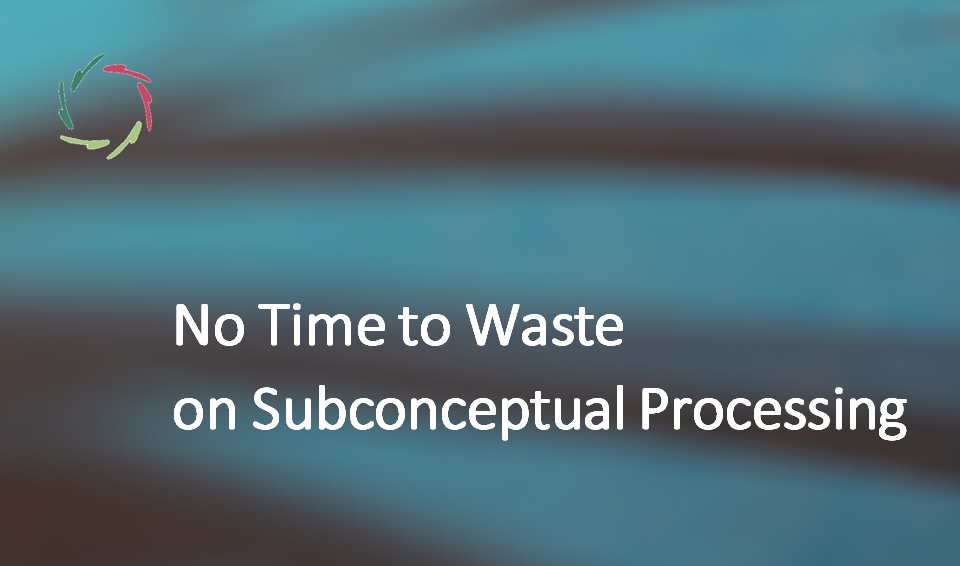
No Time to Waste on Subconceptual Processing
In many issues, with ‘no time to waste,’ we end up with no time at all. Wildfires One can be busy extinguishing wildfires and have no time to think about climate change causing these wildfires. Of course, the wildfires need to be extinguished. But with no attention to climate change, there will be more wildfires, Read the full article…

Non-Conscious Processing is Meaningful
What science shows is not always easy to cope with. Especially if it’s about ourselves. Especially about the deeper parts of ourselves. You cannot consciously decide what is meaningful to you. Dear reader, if this is new to you, then please don’t get too disconcerted. This is a small step – not even a step Read the full article…

The Message of Awe
Some experience it daily, others just sporadically. Everybody knows awe, yet it remains strangely elusive. Diminishing the elusiveness may detract from the mystery. It may also Open one up to even more depth. Awe cannot be coerced ― yet it can be invited. For instance, through the environment: the mountains, the sea, a sunset or Read the full article…

Anxiety
People who apparently feel little anxiety, quite often turn out to harbor a lot, arguably more so in Western cultures. The latter may seem so because it strikes me more. [See in AurelisOnLine: Anxiety] Anxiety, not fear Fear is conceptual. The object of fear is mostly well delineated. One can say: It is mechanical, directly Read the full article…

Weakness
Weakness is to be avoided. This doesn’t mean that everybody should become harder. Continua Many human features are lying on continua with extremes at both sides. If utter hardness lies at one extreme of such a continuum, weakness lies at the opposite. Still, being less weak doesn’t mean being harder. There is more complexity in Read the full article…

Respecting Bad Memories
Bad memories are meaningful to you. That is why something touched you and is still present in you. Respecting your memories is respecting you, also in your imagination. About Posttraumatic Stress, [see: “PTSD: a groovy kind of stress“]. You can go to your memory with a Compassionate stance. That is, you don’t want to hurt Read the full article…

You as a Symbol
The symbolic, as used in this text, is entirely the domain of the subconceptual. This is always present. Also, humans may always be symbolic to others. Please read first: [see: “Symbolism: How-To“] Many symbols. Each in-depth symbol is a symbol of you. You find yourself in anything that acts as a profound symbol to you, Read the full article…

If You Fake, Do It for Real
‘For real’ is like a very good mime, for instance. It’s fake and at the same time, it may be more real than reality itself. ‘Reality inside’ is more important than ‘reality outside.’ Then who is the faker? While faking, you may get closer and closer to full reality. Faking is in such case a Read the full article…

True Wisdom = Conceptual + Subconceptual
Western culture has lost a bit the sense of wisdom. Elderly people are foremost ‘passé’ in the sense of not getting the latest technological fad. Hm. Let’s appreciate true wisdom! Knowledge versus wisdom The difference is fuzzy, gradual. In ‘knowledge,’ the emphasis still lies in conceptual processing. From there, more and more subconceptuality may be Read the full article…

Strength as a Virtue
“Show your weakness.” OK? Virtue is not always related to plain strength. More than ‘showing weakness,’ isn’t ‘avoiding weakness’ not more virtuous? The etymology of virtue or virtuous: ‘characterized by moral excellence, valor, strength’ and also: ‘manliness, courage, bravery.’ In ancient Rome, virtus was mainly important as a male adornment. Vir is Latin for ‘man,’ Read the full article…

Consciousness & Communication
Why and how has consciousness emerged? One take on this: intra- as well as extracranial communication. Why = how Organic life is not the product of an engineer who starts with the question of why he should build something, then proceeds with how he can achieve his goals. Organic life evolves from instance to instance, Read the full article…

The Temporal Eye
In memory of a personal experience. Sitting at a bench looking over a field of grass and a pond. Trees in the distance. Sunshine. Late afternoon. Very relaxed. Becoming the trees. You may see this as a mystical experience. I do, if ever there is one. Being the trees. No difference between them there and Read the full article…

Looking for Meaning
Many bright people live in a world devoid of meaning. By avoiding the devoid, they even get more and more in a strut. How to get out? This is an important text to me… and to you, dear reader, for one plain reason: without meaning, there is no meaning… of anything. Meaning is related to Read the full article…

Poetry is Not the Absence of Rationality
Nevertheless, to many people, it seems to be so. I find this dangerous. It sets both against each other and precludes a nice being-human in full potential. [see also: “Rationality and Poetry”] Mistrusting ‘the expert’ Experts frequently bend on their rational stance to lend them authority to speak and even decide what others should do. Read the full article…

Be(com)ing Positive
It happens: people who see themselves as ‘positive’ but who are such only in a superficial layer, like thin ice over a pool. Being positive is not saying ‘yes’ to anything and then again, it is. But not thoughtless, not feeling-less. One can say ‘yes’ in many ways. It can mean “I see you”, “I Read the full article…

Feeling without Feelings
I am feeling. I am ‘without feelings.’ The science It may not seem so but this is actually the most scientifically sound way to look at feelings/emotions, backed by many studies, contradicted by none. One good book about this is “How Emotions Are Made: The Secret Life of the Brain” by Lisa Feldman Barrett (2017). Read the full article…
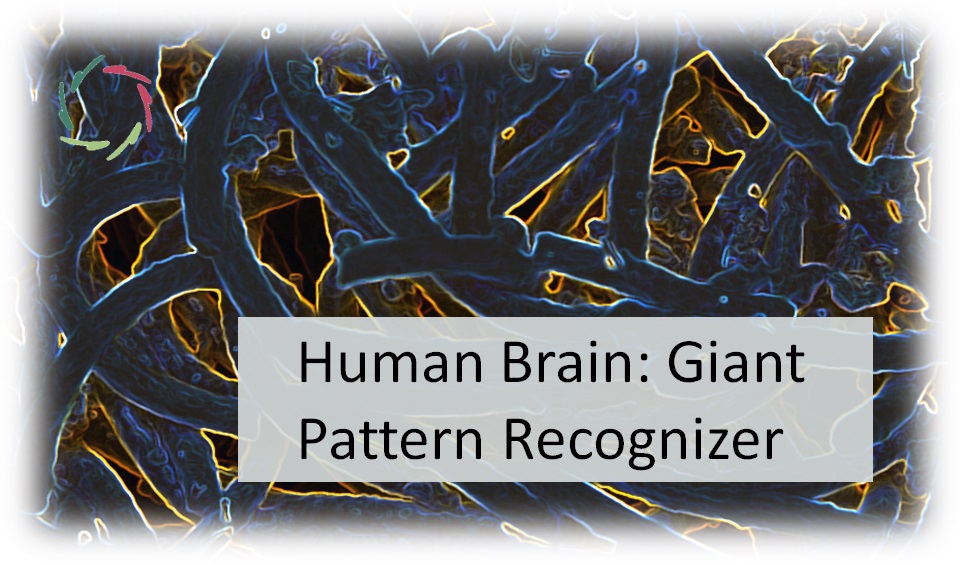
Human Brain: Giant Pattern Recognizer
The human brain does not process information in purely linear ways, like a serial digital computer. Instead of this, many things in the brain happen in parallel and coordinated ways simultaneously at many levels. No serial look-up Leaving any soul-stuff aside, people use(d) to think of the human brain as a kind of giant serial Read the full article…

The Modern Subconscious
“Consciousness is a much smaller part of our mental life than we are conscious of, because we cannot be conscious of what we are not conscious of. How simple is that to say; how difficult to appreciate!” (J. Jaynes 1976) From light waves to consciousness When looking at the world, we are consciously aware of Read the full article…

The Subconscious in Action
Subconscious processing is everywhere. It is the basis of any thought, feeling, action etc. [see: “The Modern Subconscious”] Still, we don’t ‘see’ it in action because it is transparent, in the way that our eyes are transparent when we are looking through them… all the time. The below listing is an enumeration of just a Read the full article…

Inner Dissociation is NEVER OK
According to me, one can appropriately say that dissociation – that is: the absence of integration – is THE cause of human-concocted ‘evil’. [see: ‘Cause of All Suffering: Dissociation’] So, it’s never OK to say ‘OK’ to this. There is a responsibility of any well-thinking human being to oppose dissociation. Mind: not opposing ‘dissociated people’ Read the full article…
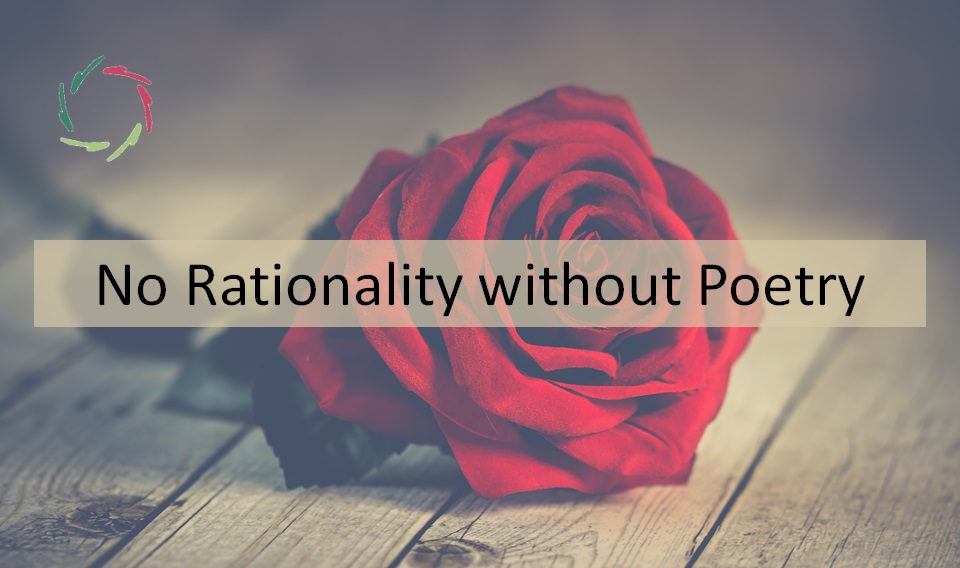
No Rationality without Poetry
Rationality without poetry (‘depth’) is meaningless. Moreover: it’s not even rational. Thus, better call it ‘rationality’ (between brackets). [see: ‘AURELIS USP: ‘100% Rationality, 100% Depth’] Rationality is not only about concepts Of course, conceptual thinking is of huge importance. No doubt. However, through correct conceptual thinking, one can arrive at its own limits: 100% conceptual Read the full article…

The Brainy Trinity
The ‘triune brain’ is a popular concept: reptilian – mammalian – human. Yet the brain functions as a whole. This has huge implications. Evolution, no engineering Evidently, a mechanically engineered brain would be very different from the organically evolved one that we may call ‘home’ in the most literal sense. We are organic. Any naturally Read the full article…

Being Kind
You are kind. You make people feel good. OK. This way they may have more opportunity to be kind to themselves. Why not? Pay attention though. And of course, pay attention to the attention itself because too much attention may stop all kinds of things that can only be themselves when allowed to flow freely. Read the full article…

From Placebo to Insight
… there should be a gentle slope. Not a downfall. (This text is not about what concretely is or is not a placebo.) Gentle slope – principle Many people do depend on their placebo, like a kind of crutch. To abruptly take this crutch away can have negative results: people fall and break another leg. Read the full article…

Depth is Formless Meaning
Forms are meaningless. Meaning is formless. You may like money or status But what really motivates you, is the liking. Money doesn’t mean anything by itself. Status doesn’t mean anything without your liking it. And eventually, you cannot consciously decide to be motivated. You cannot consciously decide to ‘like’. Try it if you, well… like Read the full article…
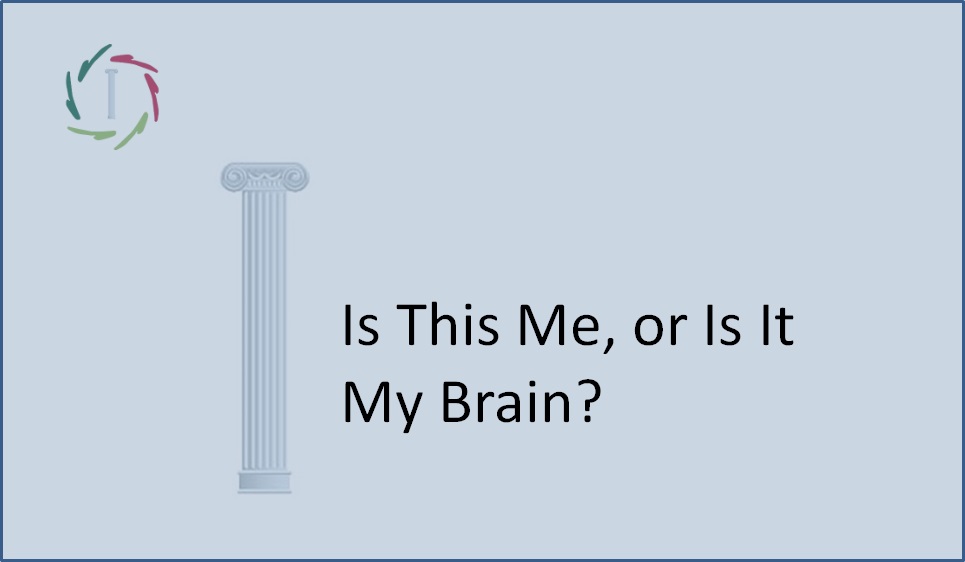
14. Is This Me, or Is It My Brain?
I use my brain, but who is ‘I’ without a brain? Is a brain an instrument of ‘I’? If this is the case, then is ‘I’ a kind of homunculus that is present somewhere in a separate box in the brain? In the Middle Ages it was thought that this was indeed the case. For Read the full article…
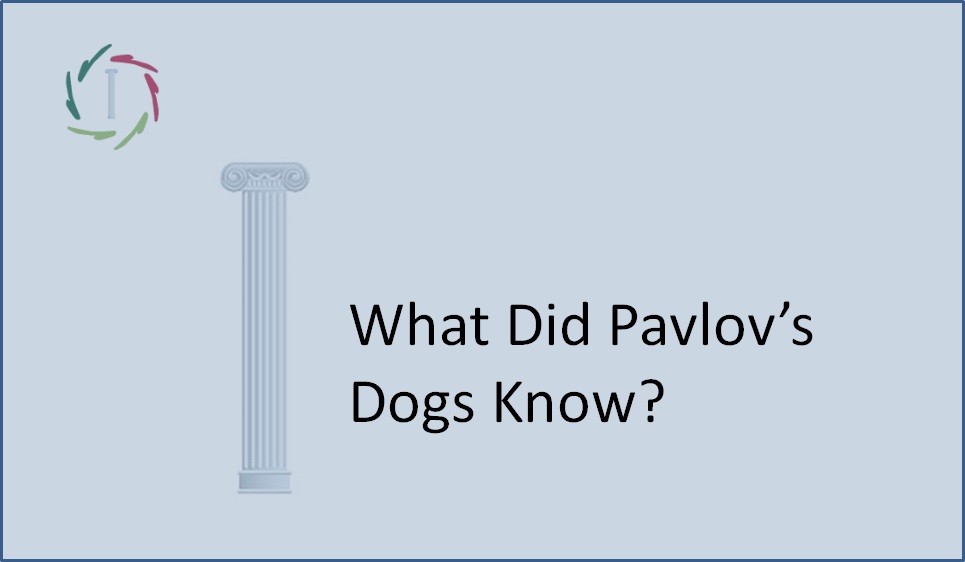
12. What Did Pavlov’s Dogs Know?
Who was being conditioned: the dogs or Pavlov? The premise of conditioning Conditioning counts on a simple perspective upon the unconscious, as a collection of mental reflex-arcs. A kind of black box between Stimulus and Response which is hardly worth the effort to be opened. So, in the world of conditioning, one does not bother. Read the full article…

Having ‘Control’ and Letting Go of It
I think of Jonathan Livingston Seagull (in case you don’t know him, long live the Internet). I think of wings. I think of a huge sense of freedom. Therein too lies control, be it of a very different dimension than in the phrase ‘I have everything under control’. It’s less evident. People do sometimes mind Read the full article…

Difference between Fear and Anxiety
Very briefly: fear is concrete – anxiety is symbolic. One can have fear of a lion just escaped from the zoo, or of the sound of approaching footsteps along a dark and lonely street in a strange city. The object of fear is always readily nameable. The fear itself is always readily relatable to by Read the full article…
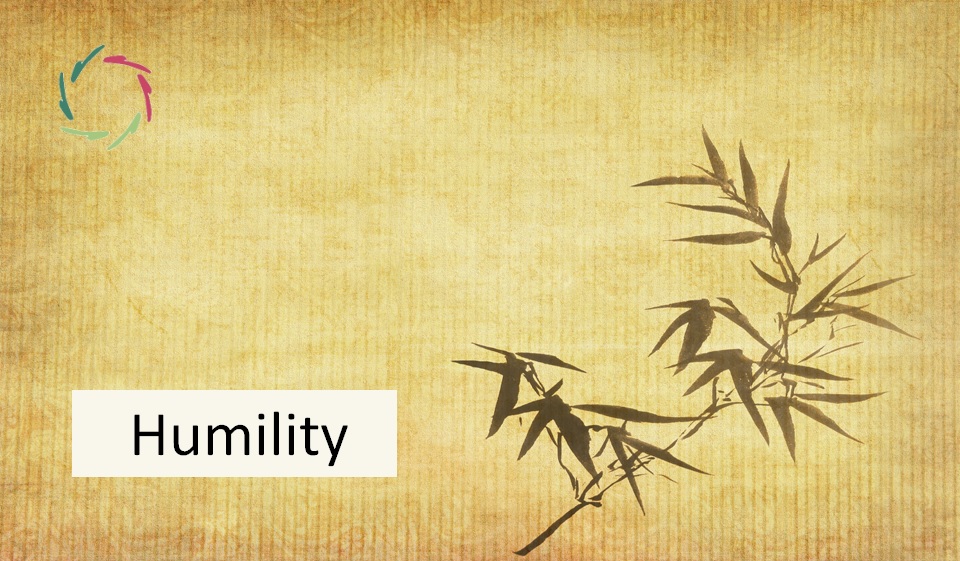
Humility
Very important and also immensely difficult. It’s an exercise that may easily last a lifetime: ‘humility of ego’. You think that you understand what it’s about and at the same time you say ‘I’. ‘I’ know better than many others what humility is. Great! Humility doesn’t know itself. (How I know this? Well…) ‘Knowing yourself’ Read the full article…

Daydreaming: Time Well Spent!
We – almost – all daydream at least once a day, shifting our attention from the external world to internal mentation. This wouldn’t be so if not very important. Why? Using brain scans such as fMRI, scientist discovered the neural basis of daydreaming, being a set of brain structures which turn on in between cognitive Read the full article…

Group Thinking
The French term ‘pensée unique’ is frequently used for what is actually ‘pensée de groupe’ (group thinking). This is a human inclination with dire consequences but which can be overcome through proper support and personal effort. This is related to a quite natural human inclination. In many cases, your brain (thus: you) doesn’t readily like Read the full article…

A Symbol for the Deeper Self
Religions often find the use of symbols very important, not only in stories but also physically: using statues of wood or stone, special ‘sacred spaces’ with an altar, incense, and the like. There is also a community of people, who come together at certain times: these gatherings are ‘symbols’ too if they are meaningful for Read the full article…

Autosuggestion Changes Your Brain
Something that may hold someone back from really being able to put faith in the influence of autosuggestion on the body, is the idea: psyche is abstract – how can this have an impact on the physical, concrete body? This is a question that’s on many people’s minds since long and probably many people will Read the full article…

Expansion of Consciousness
Curious how so many different worlds can live in one word People talk often about expansion of consciousness as something that is quite the opposite from what is my understanding of it. At the very least, I think, it is interesting to clarify this distinction. Because AURELIS is about expansion of consciousness from a to Read the full article…
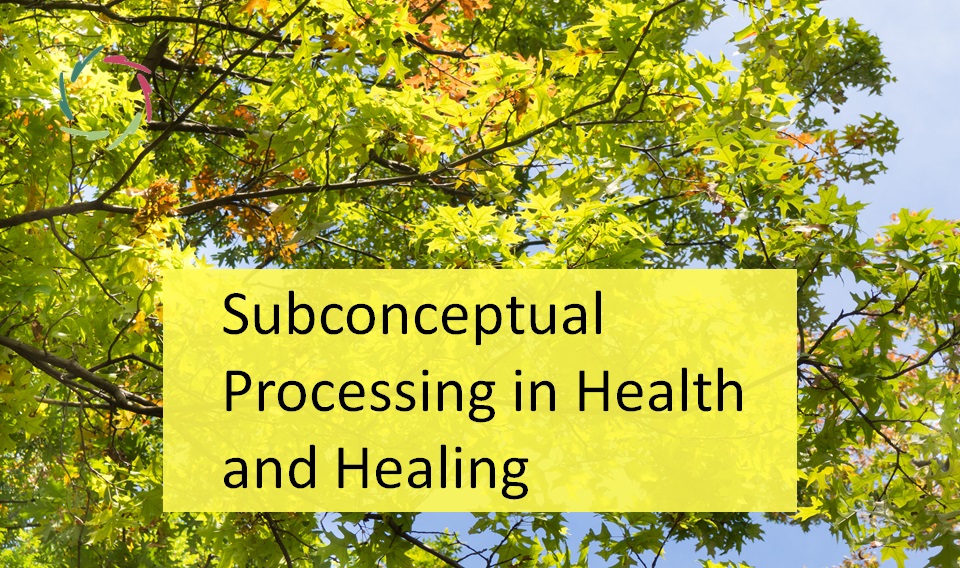
Subconceptual Processing in Health and Healing (From My PhD Thesis)
People worldwide face enormous healthcare problems for which the more resources we focus on solving them, the worse they become. Many solutions give temporary relief, followed by further deterioration. [see About ‘Subconceptual’] Some examples are depression, obesity, psycho-somatic disorders and drug addiction. Looking at pharmaceutical drugs. In spite of the general view that these cure Read the full article…
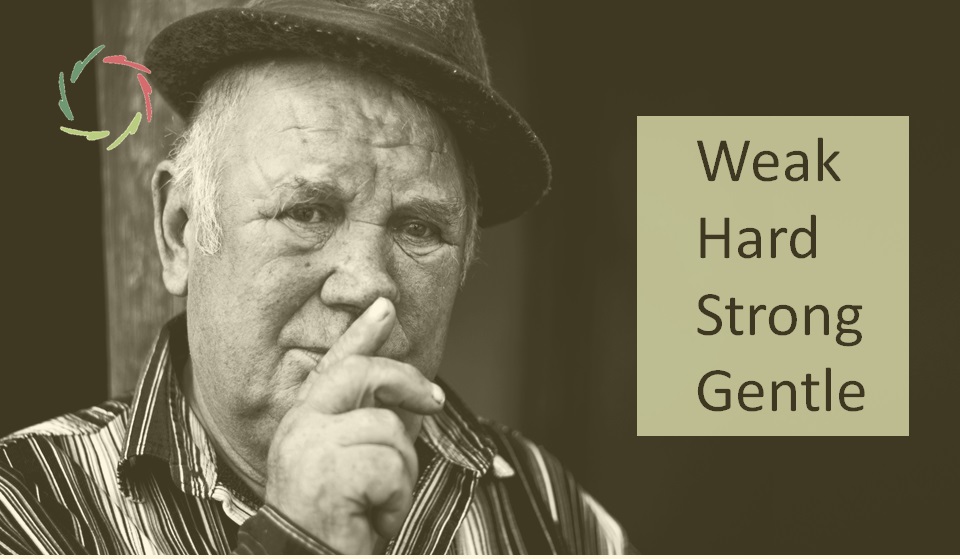
Weak, Hard, Strong, Gentle
One picture’s worth In this picture, I put weak versus hard, whereas gentle and strong are rather pointing to each other. In many real-life situations, people put the two blobs in the picture against each other. They don’t want to be (A), so they fall into (B) or vice versa. I see in this an Read the full article…
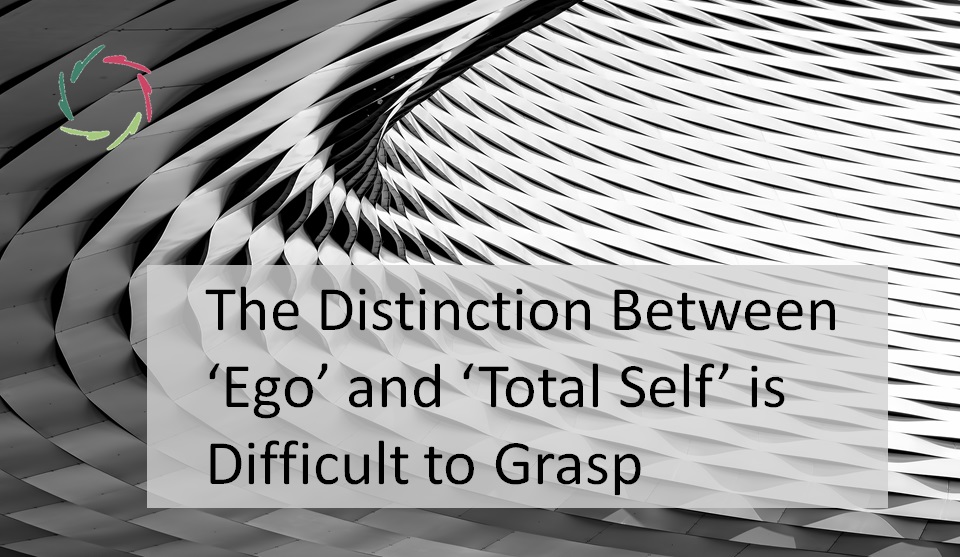
The Distinction Between ‘Ego’ and ‘Total Self’ is Difficult to Grasp
… and it’s infinitely interesting (trying) to grasp it It can also fluctuate greatly. One moment ‘you have it’ and the other you lost it again Like the sun that is sometimes shining through the clouds. Knowing that the sun always keeps shining behind the clouds may give confidence. Sometimes one sees clearly the mote Read the full article…

The Story of Ego
The evolution from ‘I’ into ‘ego’ has been very gradual, as has been the appearance of consciousness. In a way, the latter is central to the former. [see: The Story of ‘I’. The present text is its continuation.] Consciousness has not been developed for the sake of ‘ego’. Nevertheless, it was indispensable for the appearance Read the full article…

The Story of ‘I’
Animals have an ‘I’ from the moment they know the difference between moving and sensing that something else is moving. In terms of evolution, this ‘I’ came way before ‘ego’. Say: some 700 million years before which is according to very subjective criteria of course. One could argue for much longer. Weirdness of ‘I’ Many Read the full article…

What is Not Coming from You, Flattens You
‘Flattens you’ in the sense of being apathic, without depth. E.g. suppose a mother gives kisses on a sore place and she continues to ‘mother’ the pain with superficial attention for a long time -> she sensitizes her child for pain by not learning it how to deal with pain from itself. The mother thinks Read the full article…

Meaning
Lots of people are looking for the ‘meaning of existence’. This seems feeble but this search is often crucial in many ways, even where it is not immediately clear. For example, whether or not someone experiences certain circumstances as negatively stressful (also at the work place), depends very much on an underlying sense of ‘meaning’: Read the full article…

Always Responsible, Never Guilty
The difference between guilt and responsibility is very important, yet frequently it’s barely acknowledged. You are guilty when having committed a crime. What is denoted as a crime may vary. Sometimes homosexuality is seen as an awful crime. At another time and place, it’s normal behavior. Crime does not exist without cultural definition. A set Read the full article…

You Are an Organism, Not a Mechanism.
The difference is relevant to every aspect of life. You are an organism, not a mechanism. Though this seems the most obvious insight, still we mostly act as if the reverse is true. Even the working of the brain used to be understood as some kind of hydraulic system with pressure valves and the like, Read the full article…

The Difference between Being Alone and Being Lonely
Being (= feeling) lonely is as much related to you as to your situation. Most of all, it is about a meaningful relationship with yourself. A person can be very alone, yet not feel lonely – and a person can feel very lonely, yet not be alone. The fact that this is possible, means that Read the full article…
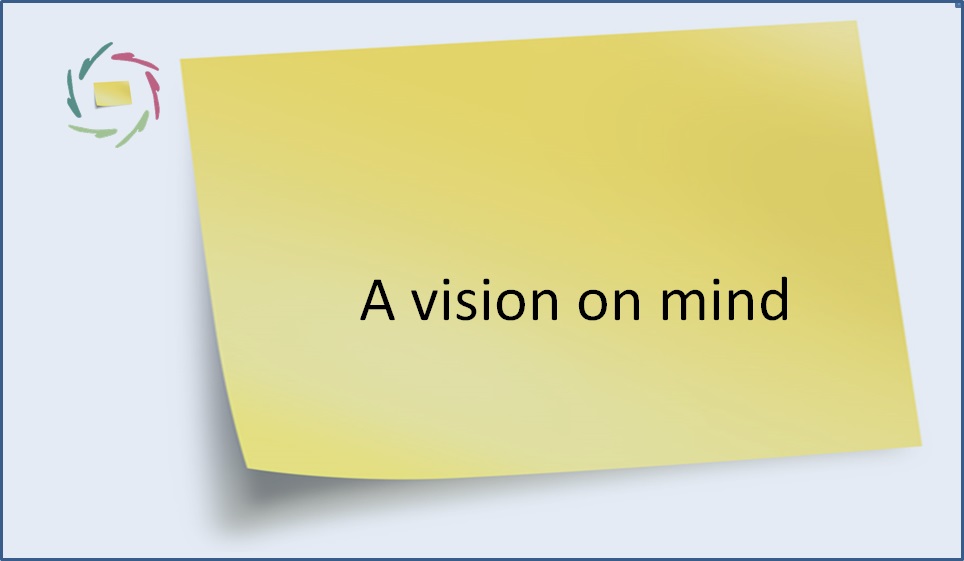
70. A vision on mind
I think ‘vision’ has been interesting to me since I opened my eyes. Human vision of course. But later on ‘artificial vision’ too: how can a computer learn to really see the world? What does this mean : to see the world? Can one say that a camera sees the world? No, of course not. Read the full article…

You Are Free Even while Freedom Is an Illusion
Freedom has multiple aspects. In a previous post, I described how you can feel free [see: ‘In Defense of Free Will’]. While this is a nice feeling, are you indeed really free? A determinist says: no. Does determinism annihilate free will? Let’s define determinism for now as the idea that everything in the universe is Read the full article…

In Defense of Free Will
Free will as generally conceived, appears to be an illusion. This doesn’t mean that we ‘have no free will’. [see also: ‘You Are Free Even while Freedom Is an Illusion’] The notion of personal ‘free will’ is probably as old as humanity. Only God or some devil – or a witch – might interfere and Read the full article…
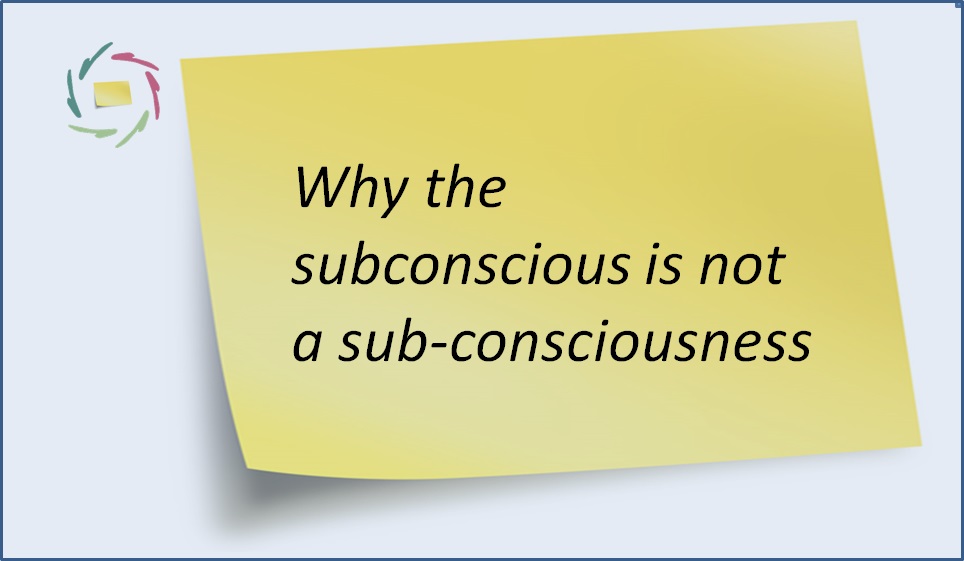
67. Why the subconscious is not a sub-consciousness
Since Freud, and actually quite some time before, much has been said and written about ‘the subconscious’, in one form or another. Even so, many people still deny its existence. But if it doesn’t exist, then… ◊◊◊ who is processing millions of pieces of visual information? who is continuously coordinating all muscles? where does inspiration Read the full article…
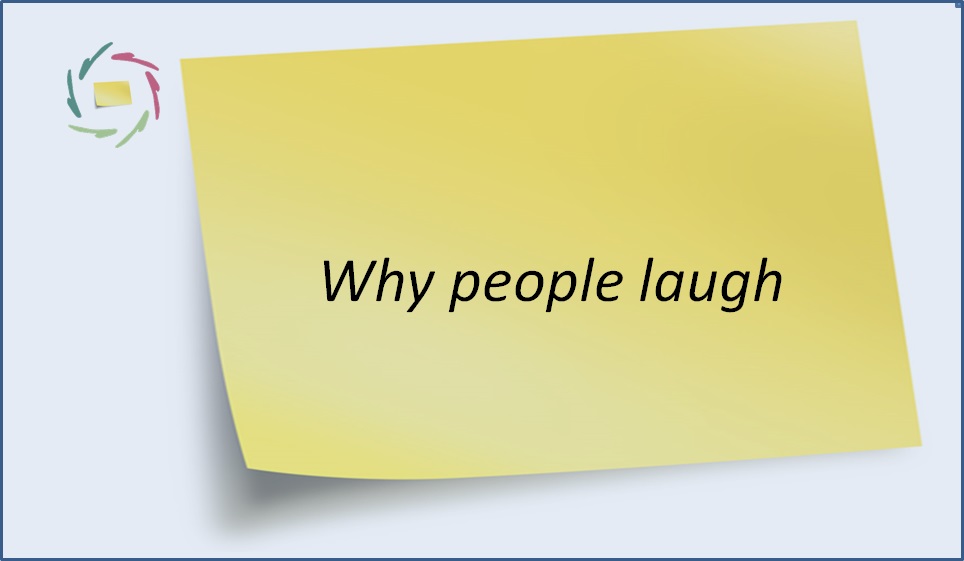
63 Why people laugh
… for one thing only. But please, read this Sticky from beginning to end. Don’t go peeping now. We will reach the goal just in time … ◊◊◊ As you know, people laugh for many things. Most people also laugh many times each day. No other animal does this. We are the best laughers of Read the full article…
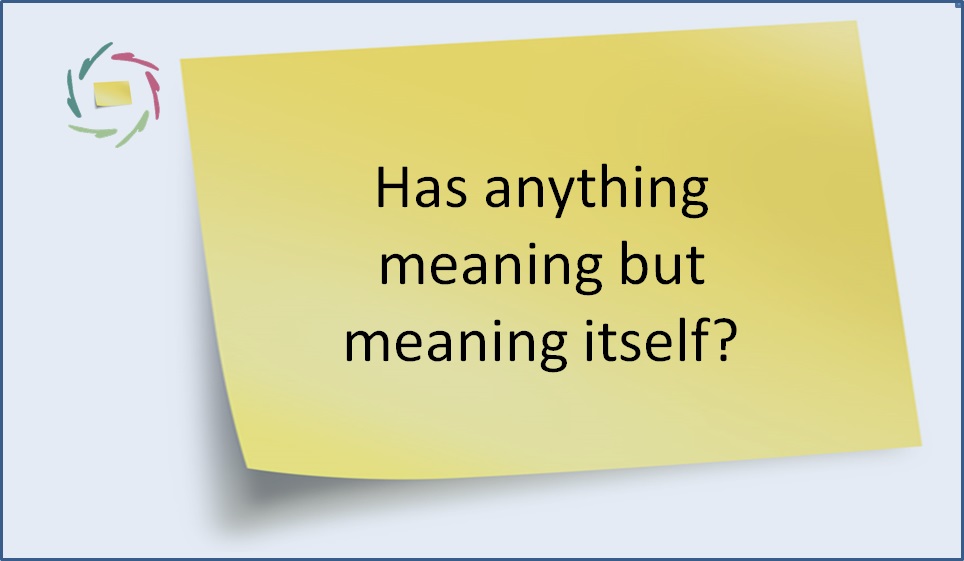
58. Has anything meaning but meaning itself?
People are in search of ‘meaning’. It’s an age-old story. Males use to be more in search of the ‘meaning of life’. Females use to be more in search of the ‘meaning of living’. The latter being: the meaningfulness of everyday circumstances. ◊◊◊ Is one more real than the other? No. ◊◊◊ No, because actually Read the full article…

Are You Your Brain?
There is no simple answer to this question – but there is a very interesting one. Take the Mona Lisa by Leonardo Da Vinci. Let’s agree this is art. Now set it on fire. What remains are ashes. Yet nothing materially has vanished. The same atoms are present as there were in the Mona Lisa. Read the full article…
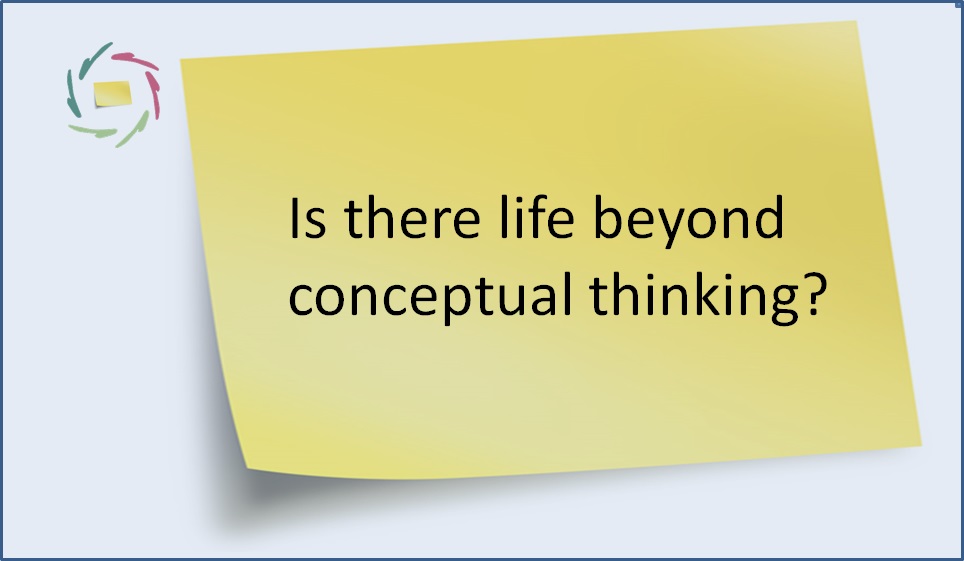
46. Is there life beyond conceptual thinking?
Here’s the picture. On the one hand, we think with or by way of concepts. A concept can be anything like <tree>, <grandmother>, <character>. It is not ‘this tree’ but <tree>. The concept of <tree> can be filled in by any specific tree (called then an ‘instance’ of the concept). The concept of ‘tree’ has Read the full article…
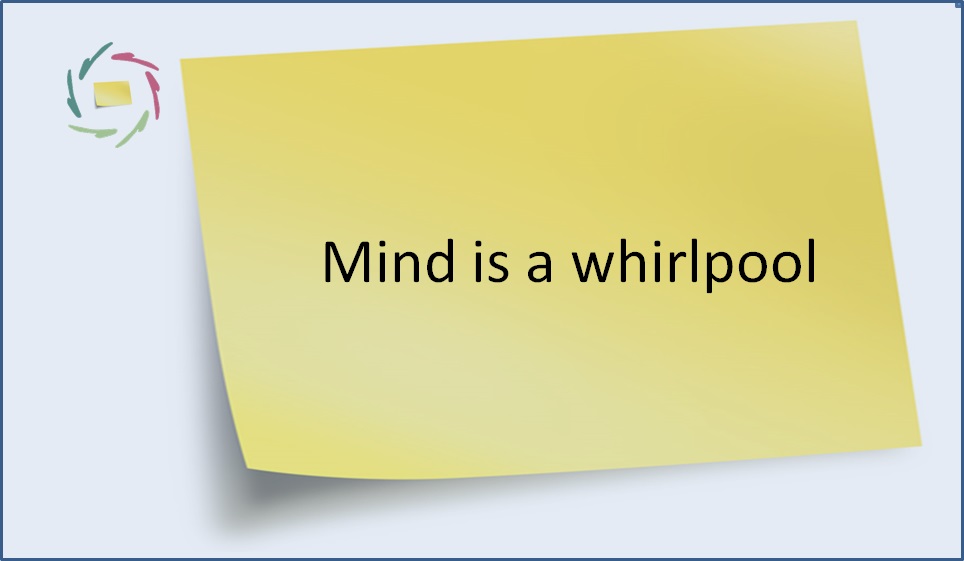
36. Mind is a whirlpool
In 1977, a compatriot of mine, named Ilya Prigogine, received the Nobel prize for his theories about ‘dissipative structures’. Aren’t we all proud of him! ◊◊◊ The core of ‘dissipative structures’ is easily explained with an example. Mainly, when one puts enough ‘energy’ into a system, then in certain circumstances a new structure may arise Read the full article…
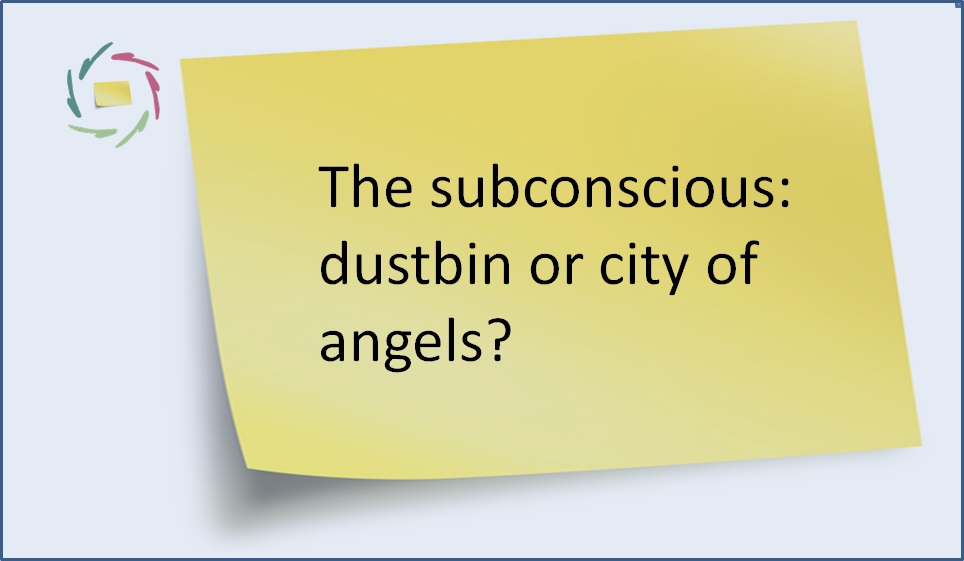
20. The subconscious: dustbin or city of angels?
There are two very opposing views on matters of the subconscious. As the title of this text suggests, one is rather negative and the other, well, altogether more positive. ◊◊◊ Freud is exemplar for looking at the subconscious as mainly a kind of dustbin for repressed emotions and things that in one way or another Read the full article…

Kindness is strength.
One leads to the other – in both directions – kindness leading to strength and strength leading to kindness. Real kindness automatically leads to strength. To many however, kindness is seen as a weakness. Indeed, a person can show kindness out of fear of being treated himself in a non-kind way, or out of fear Read the full article…

About ‘Subconceptual’ (From My PhD Thesis)
The brain is continuously undergoing plastic remodeling through dynamically changing neural networks. This is about processing at the subconceptual level. [Please read first: ‘About Concepts’] Subconceptual processing (SP) deals with the way that we perform any mental action as seen in fine detail. Small elements (neurons, dendrites, synapses…) in our brain act together to form Read the full article…

What Is Your True Self?
‘True self’ is the idea of an essence that resides in a person and that is ‘more true’ than other, more changeable parts. But is this truly real? People change with age, in body and mind. Especially at the surface, these changes can be quite visible. Then the question is logical: am I still the Read the full article…
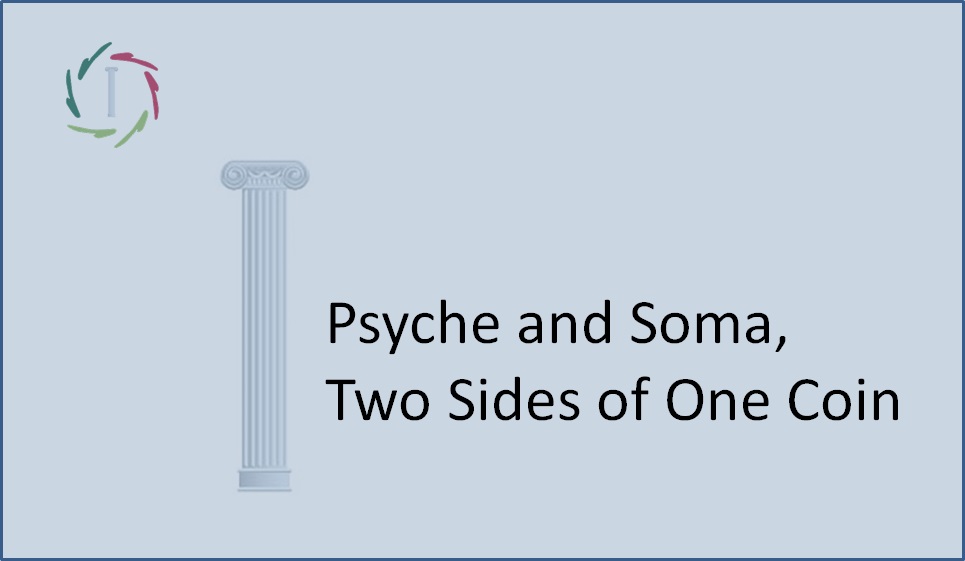
1 Psyche and Soma, Two Sides of One Coin
‘Body-mind unity’: necessary vision for further scientific development of medicine. Psyche and soma and a lot of questions Psyche and soma: mind and body. They are both important, so we learn during our student years and also after that in and through practice. But how do we give to the psyche a proper place in Read the full article…
